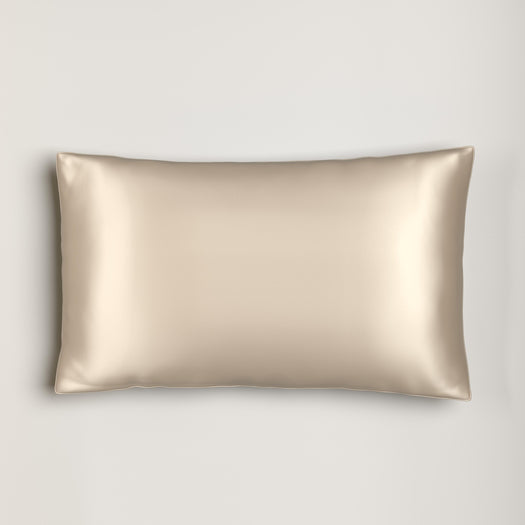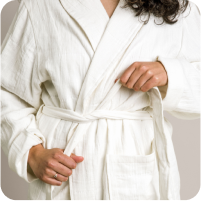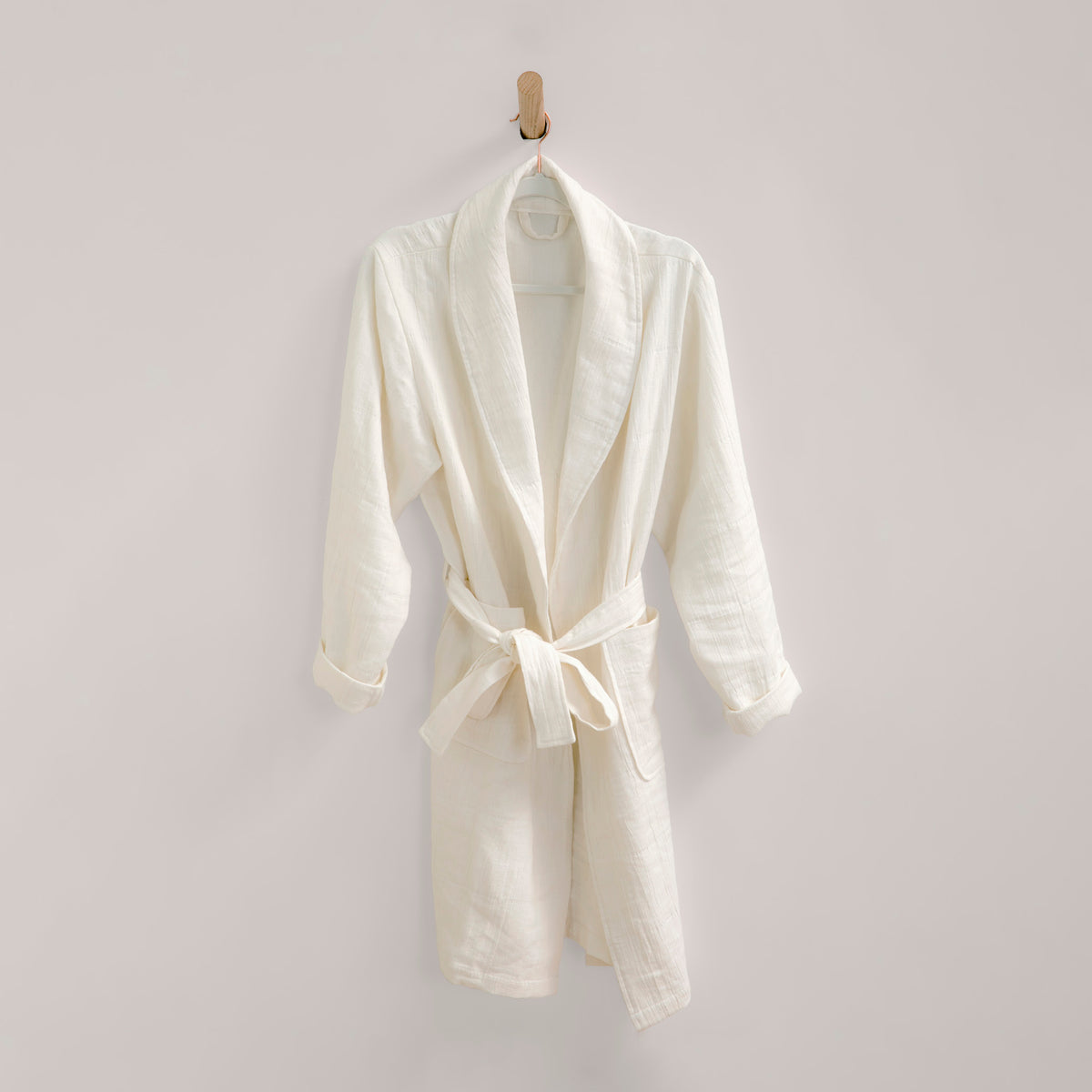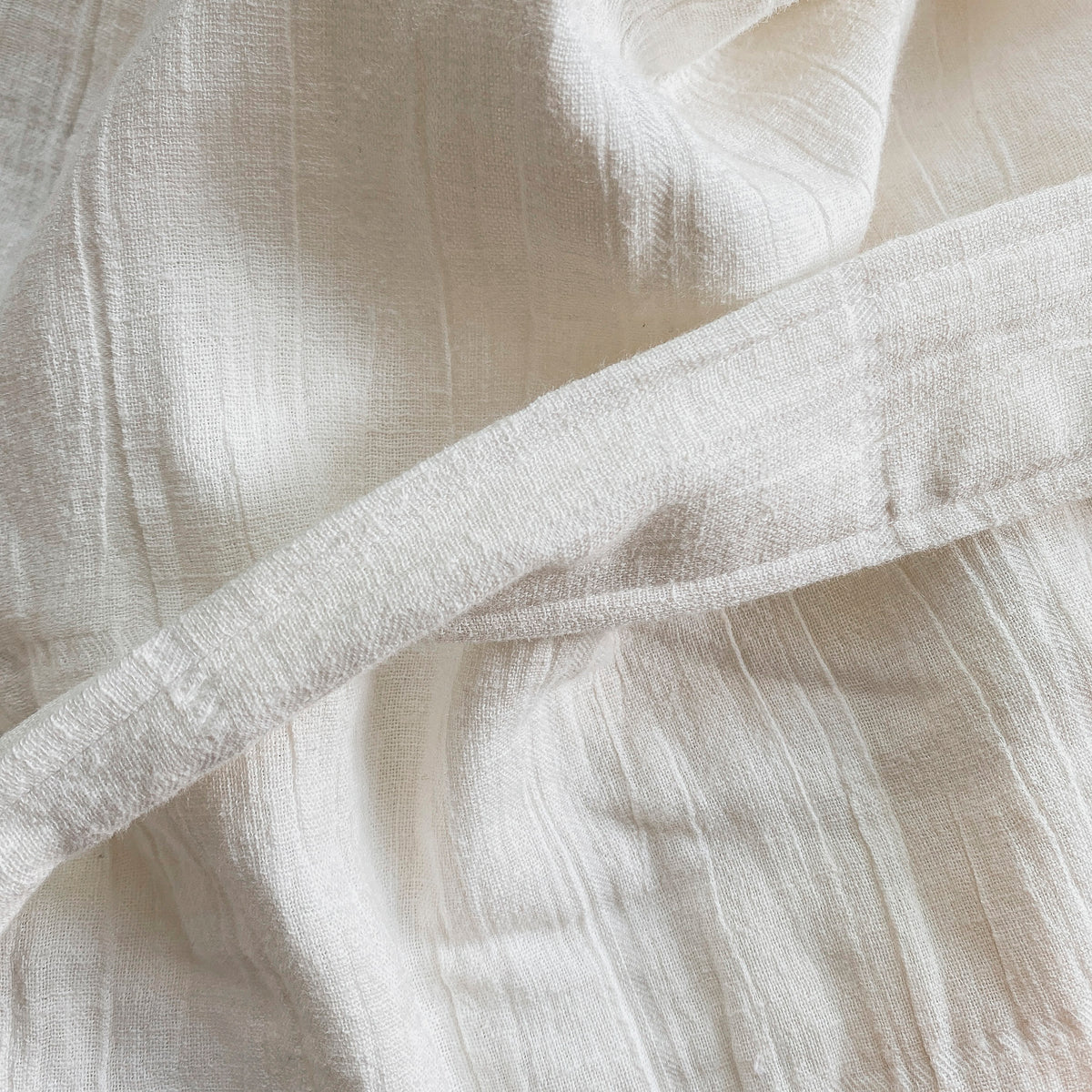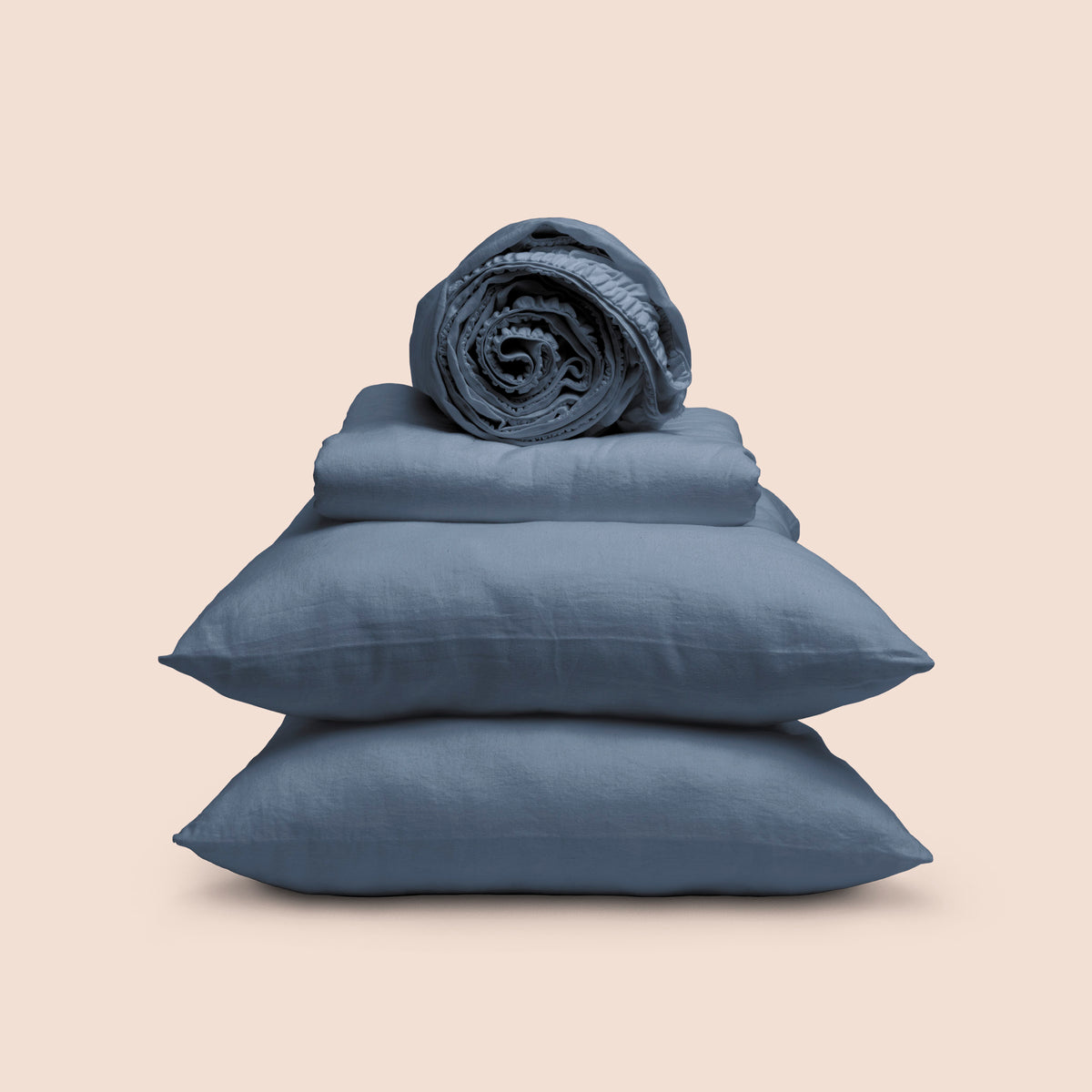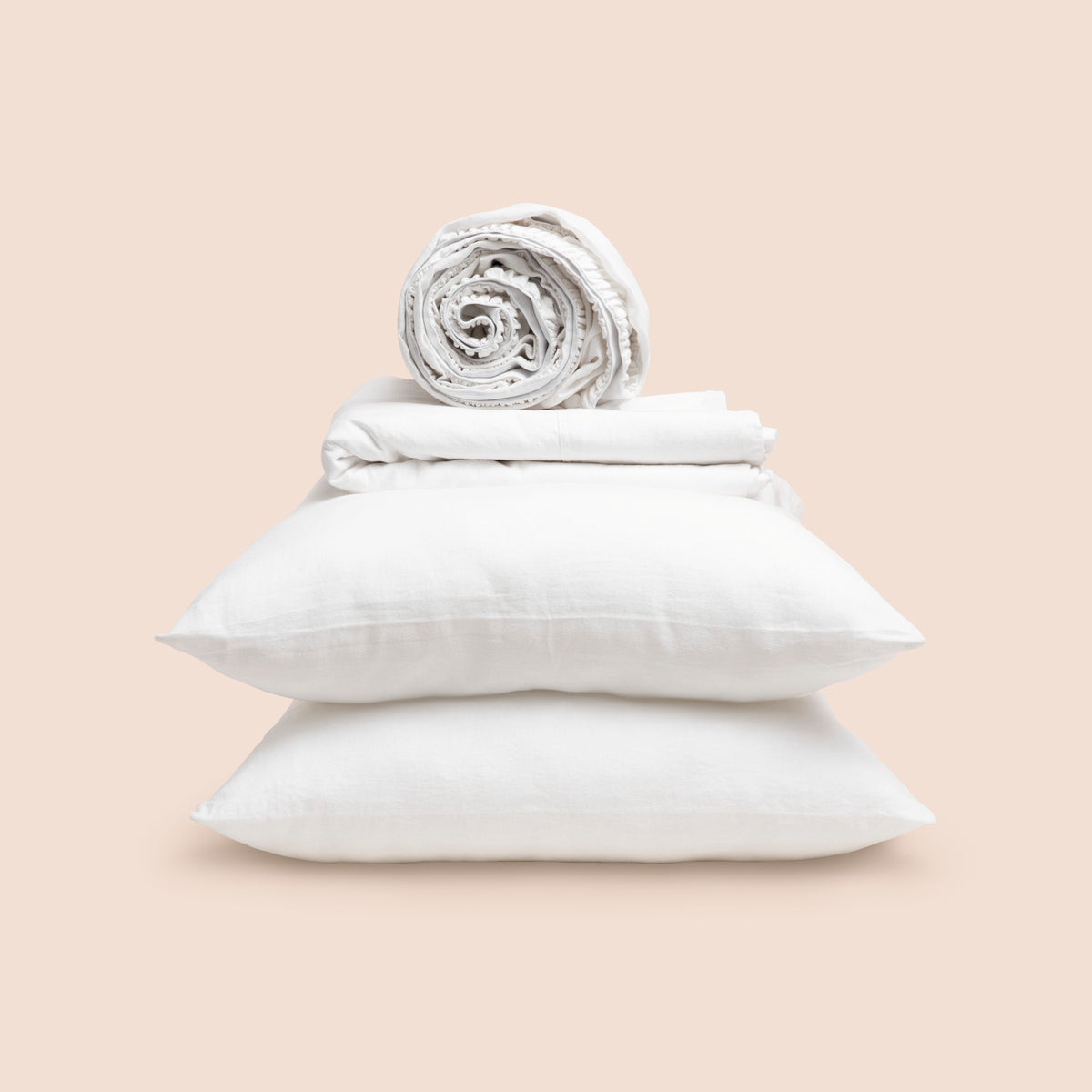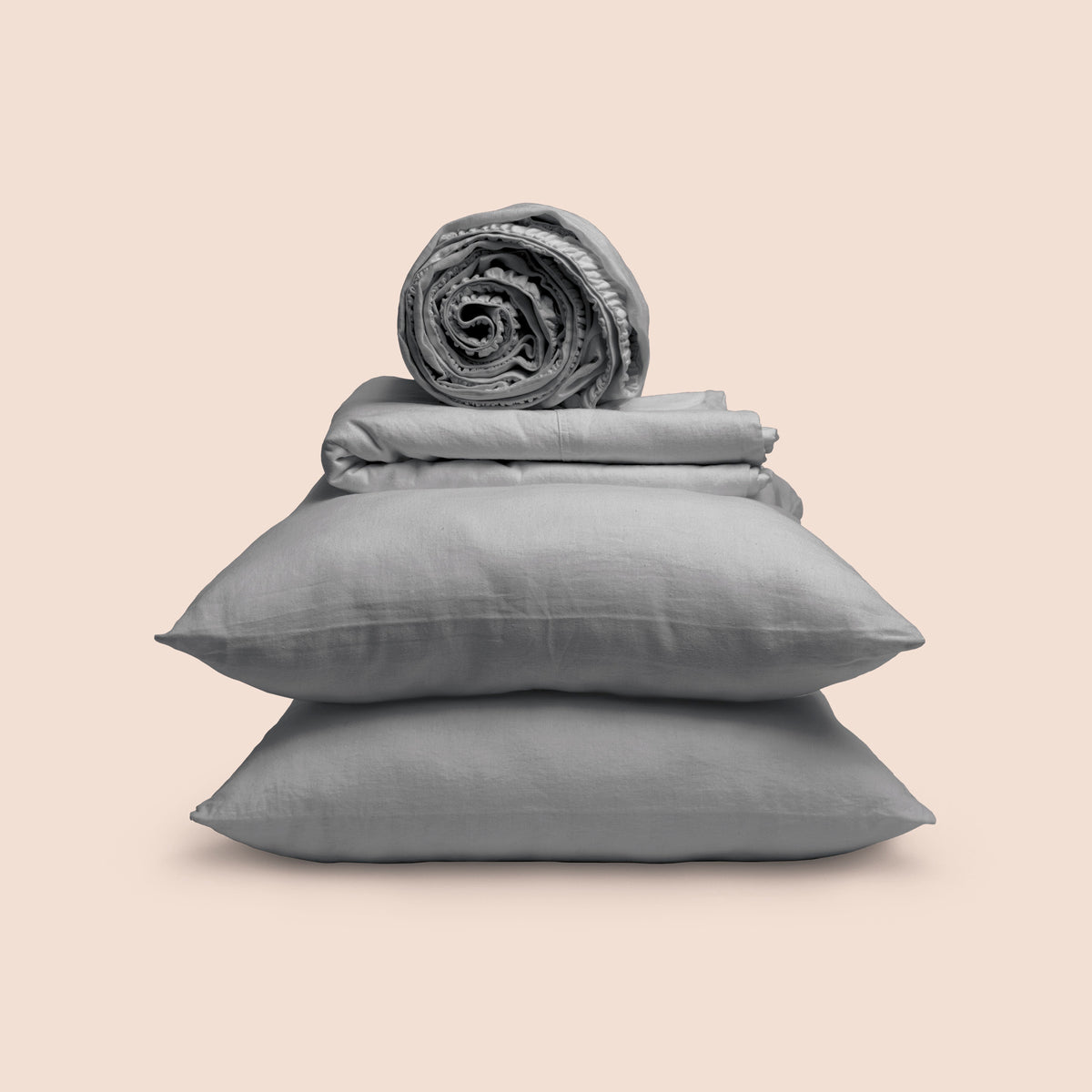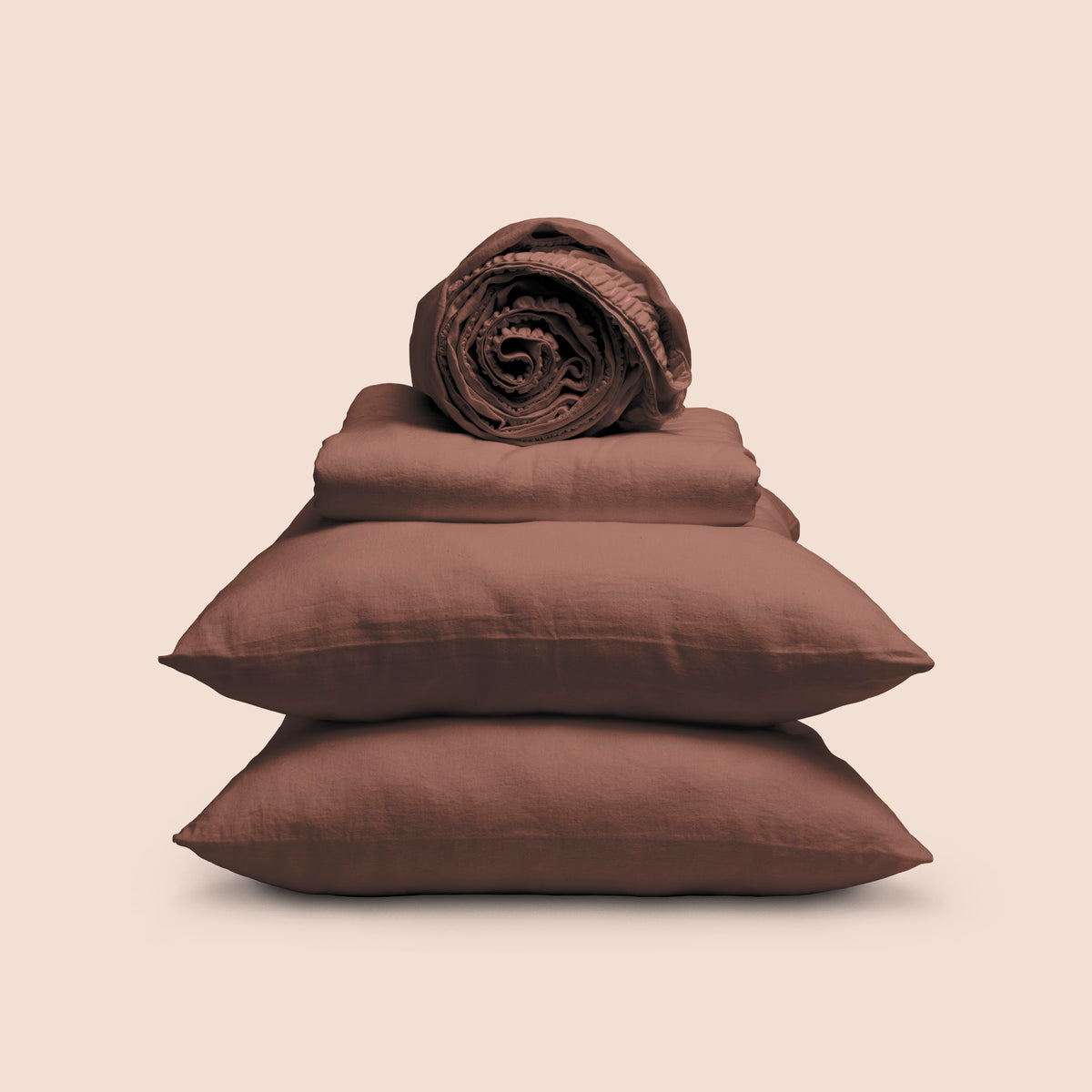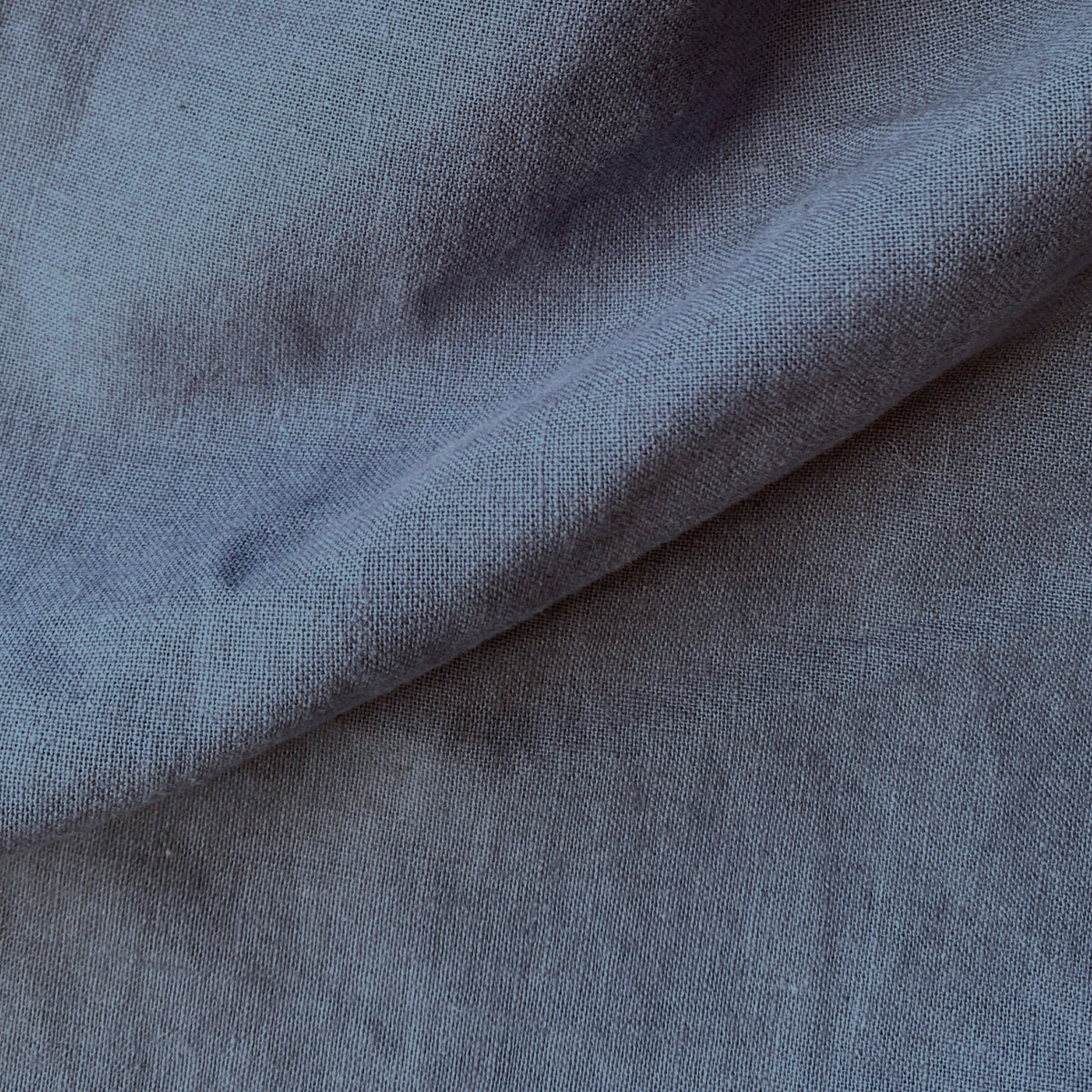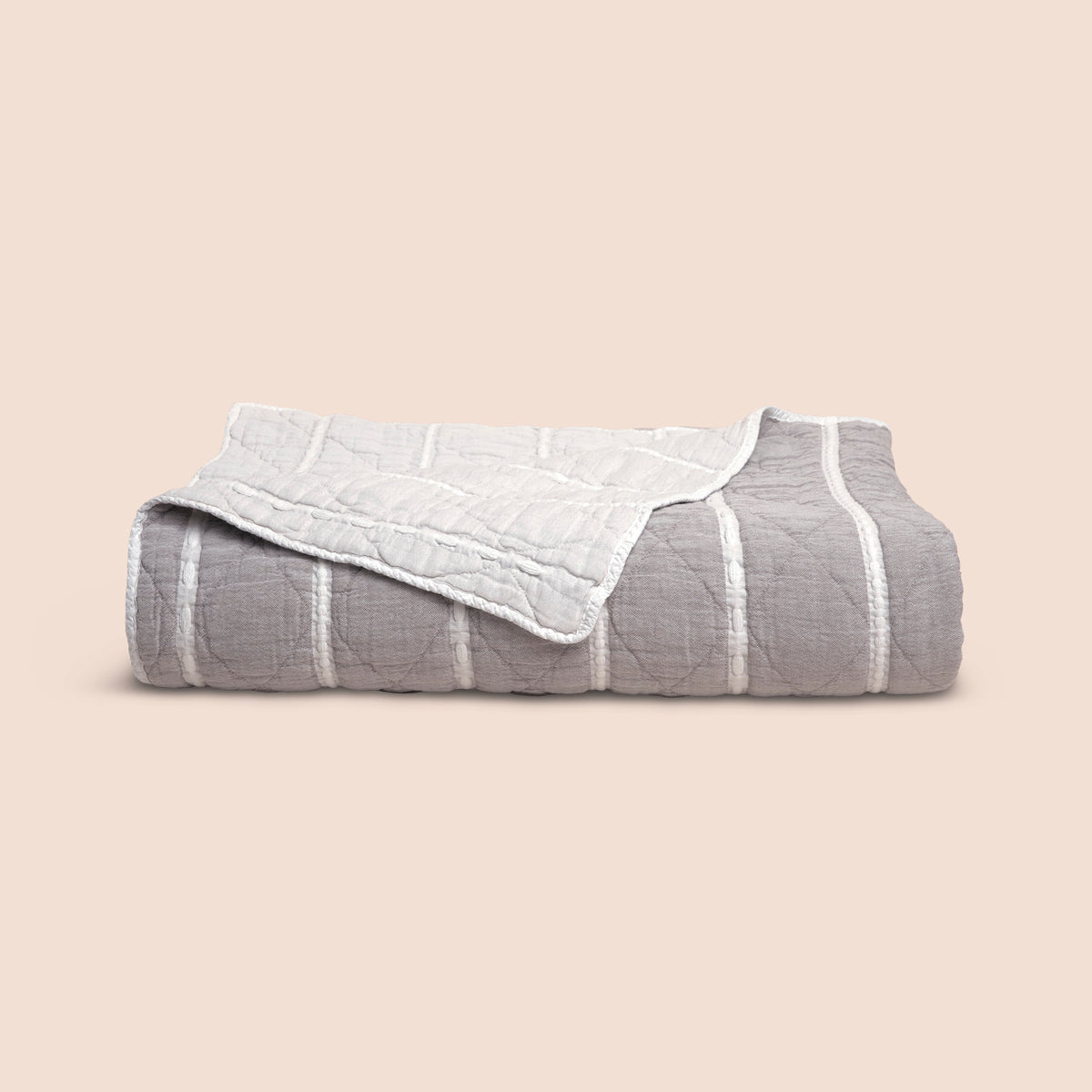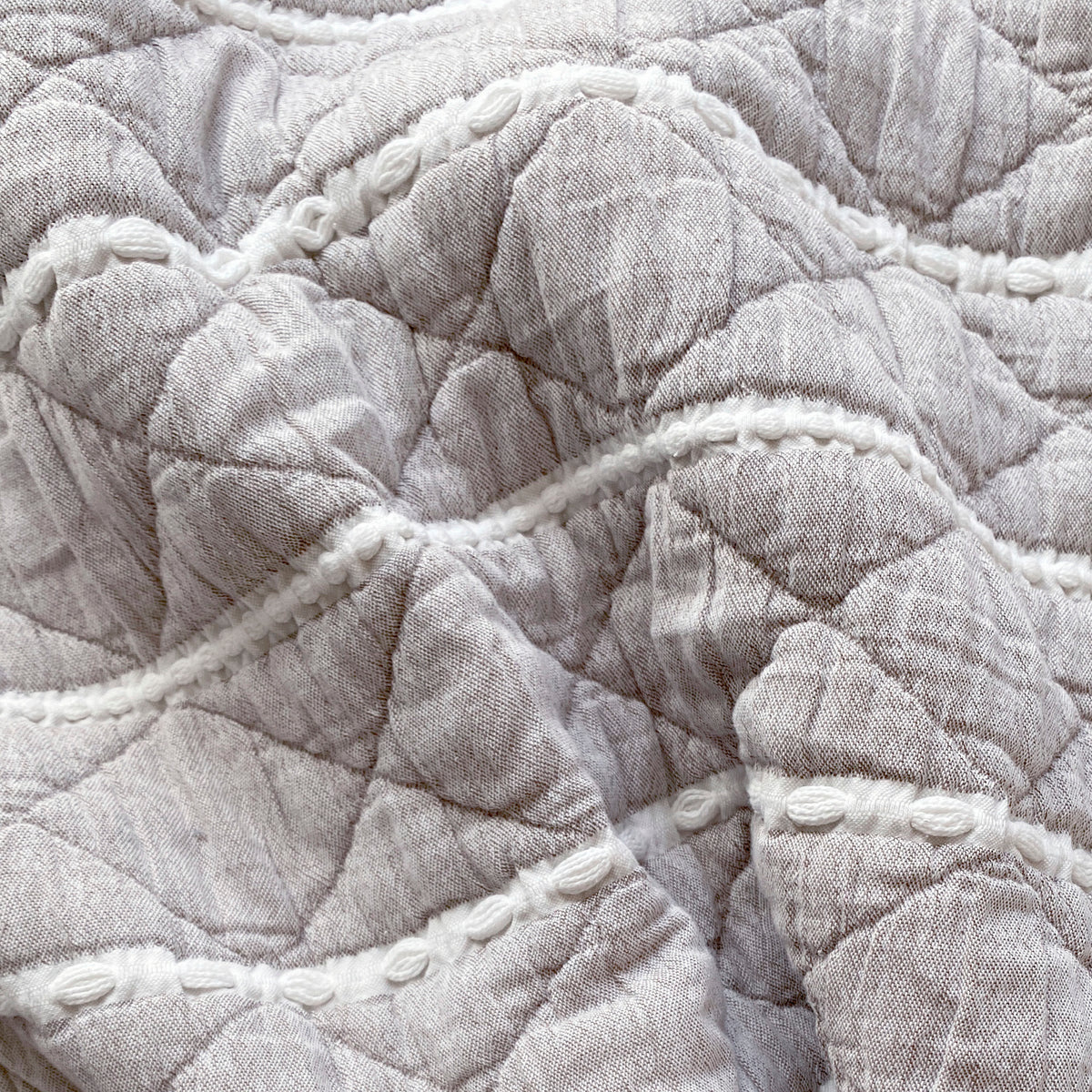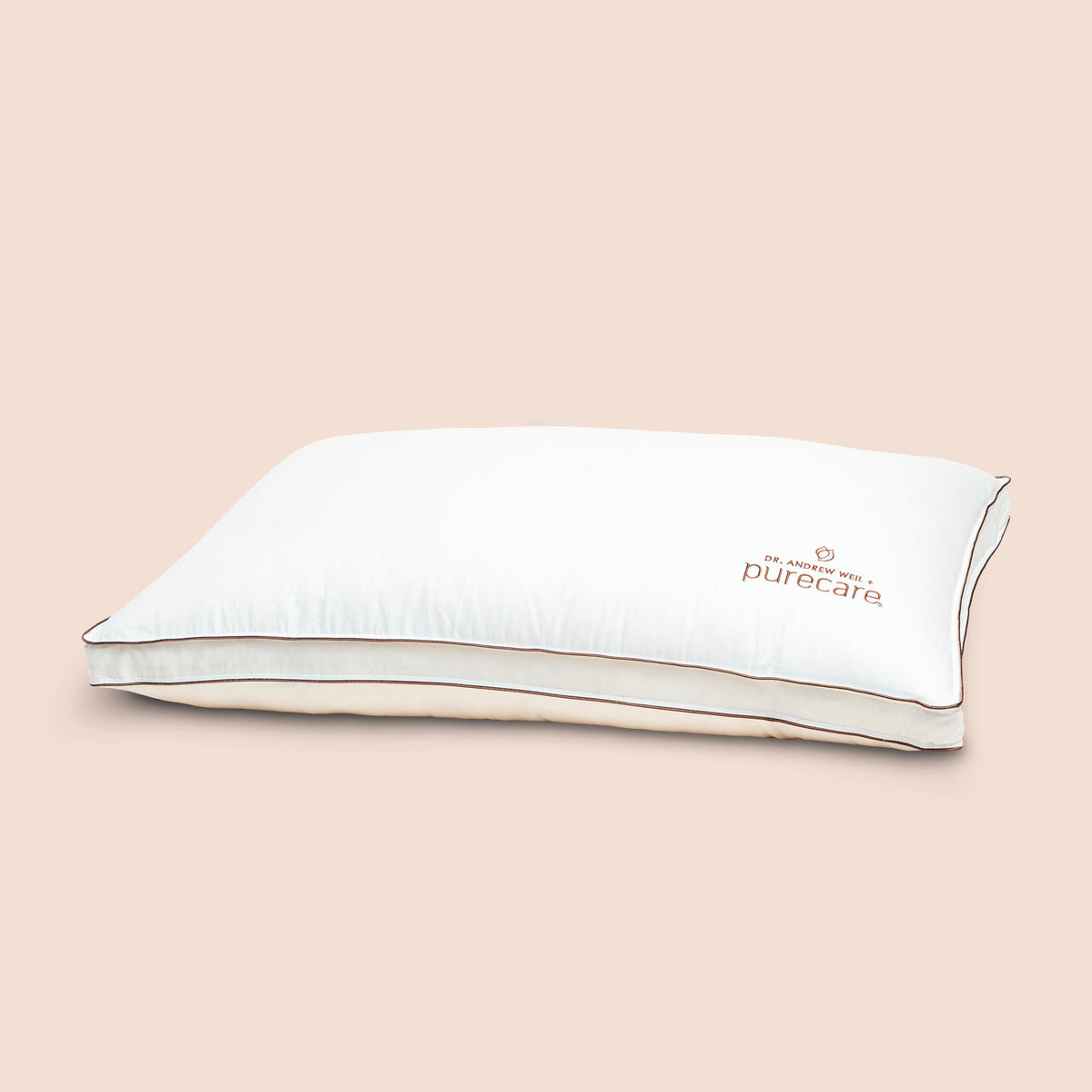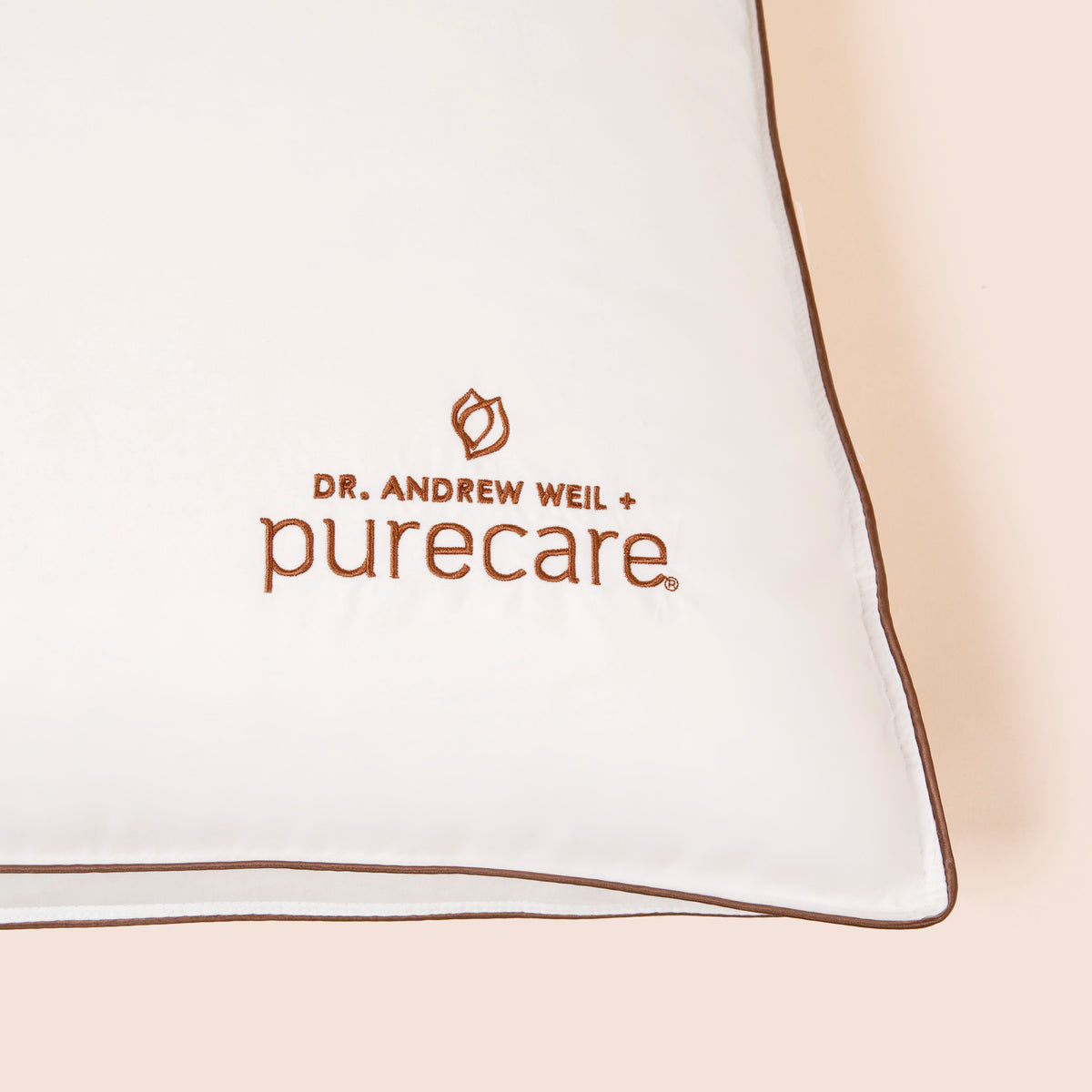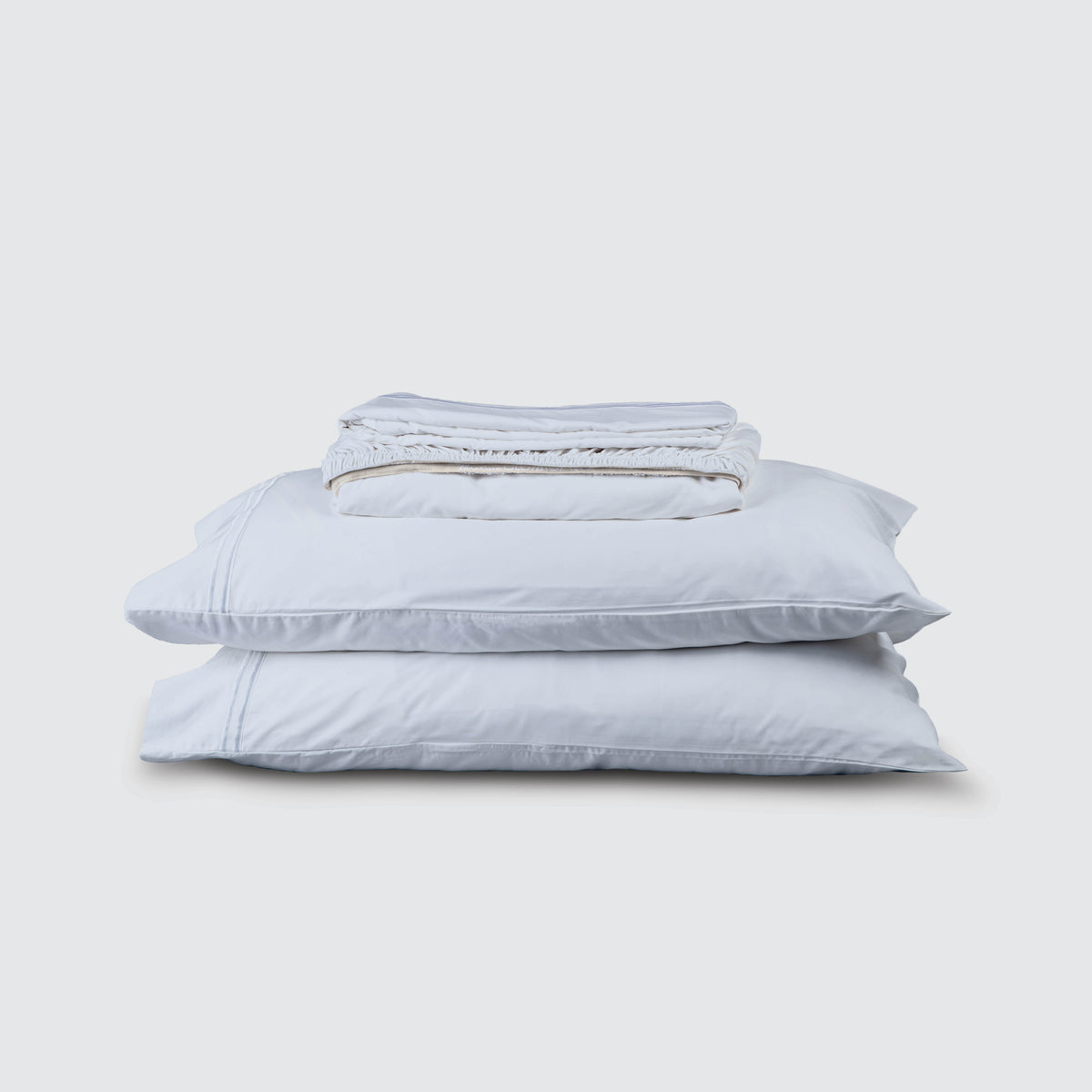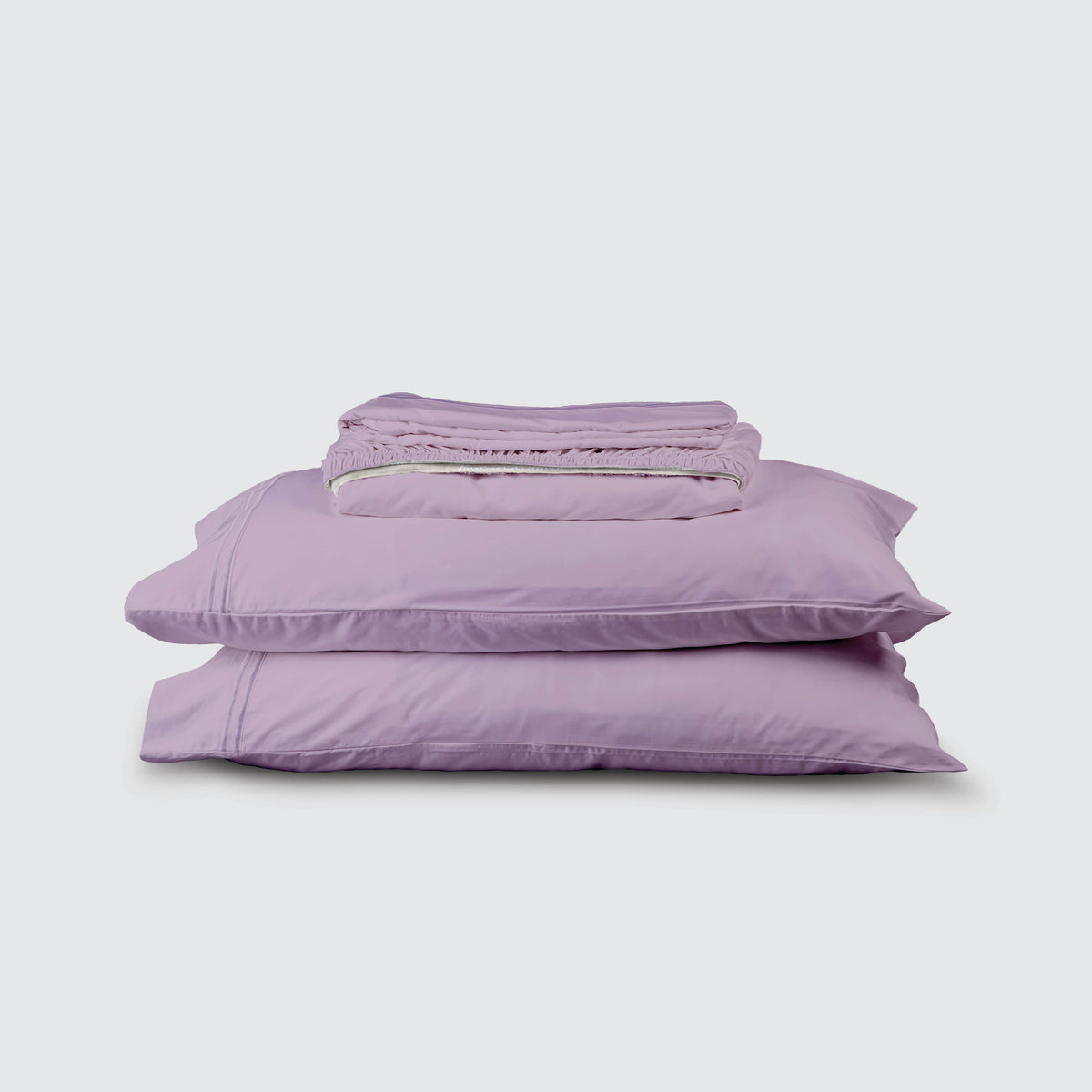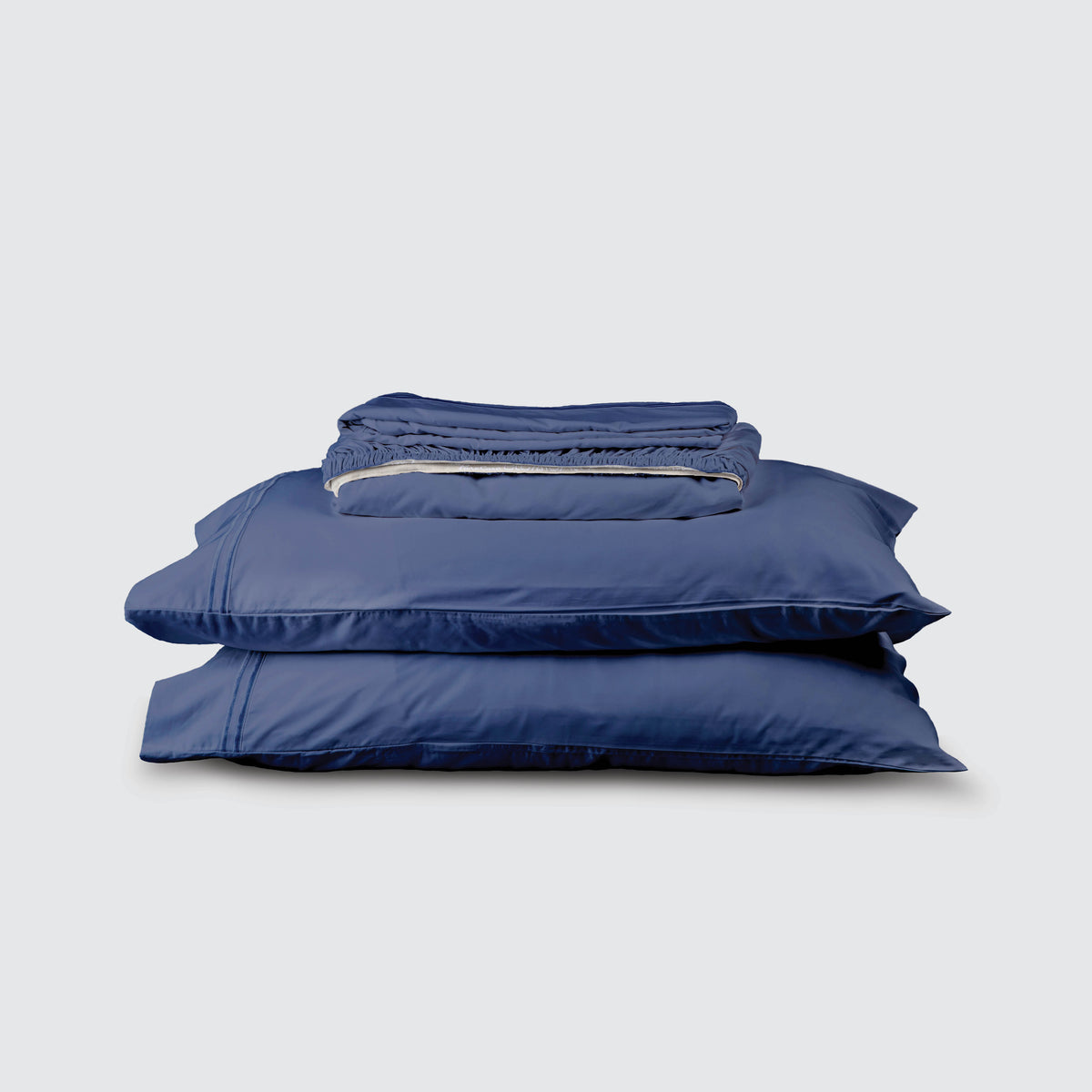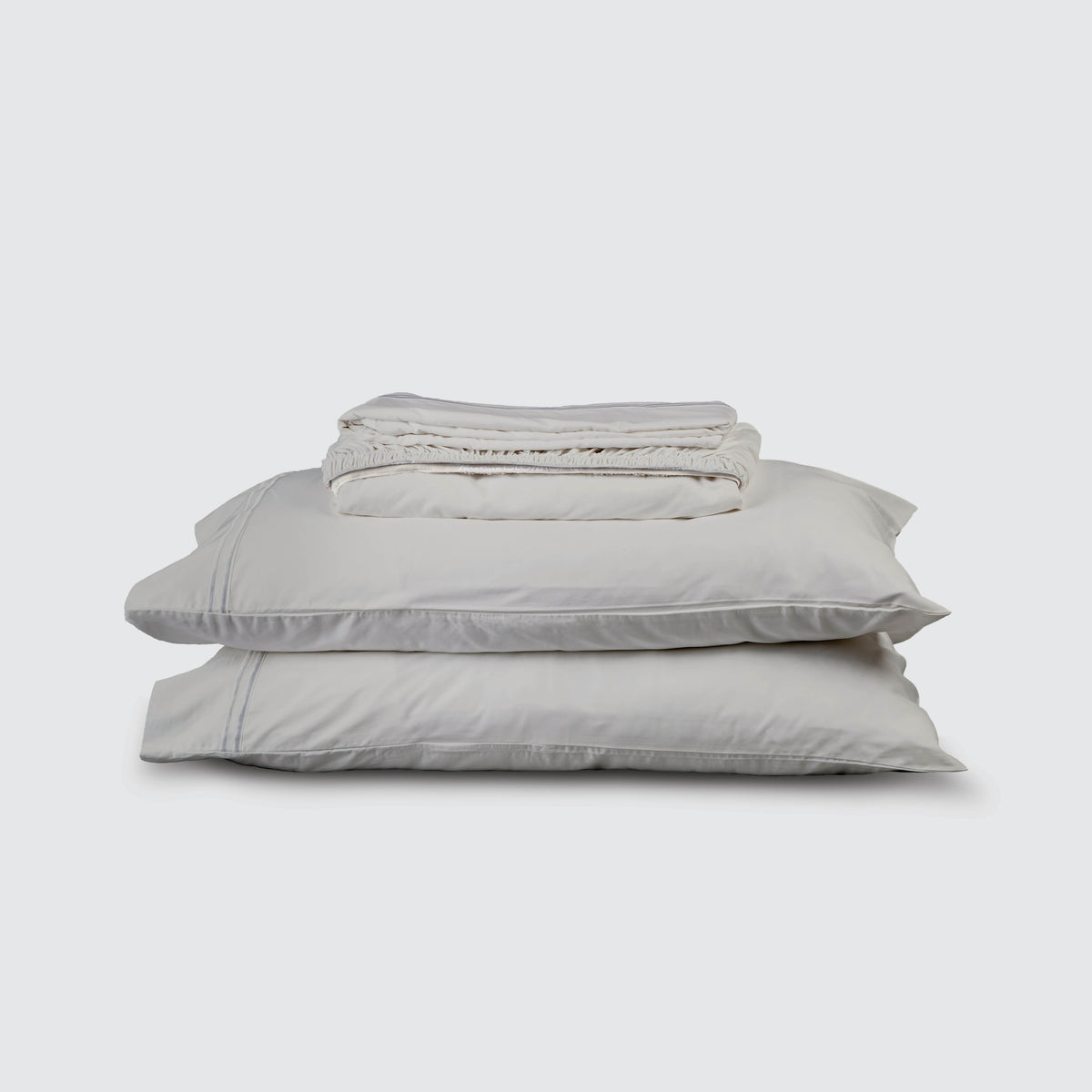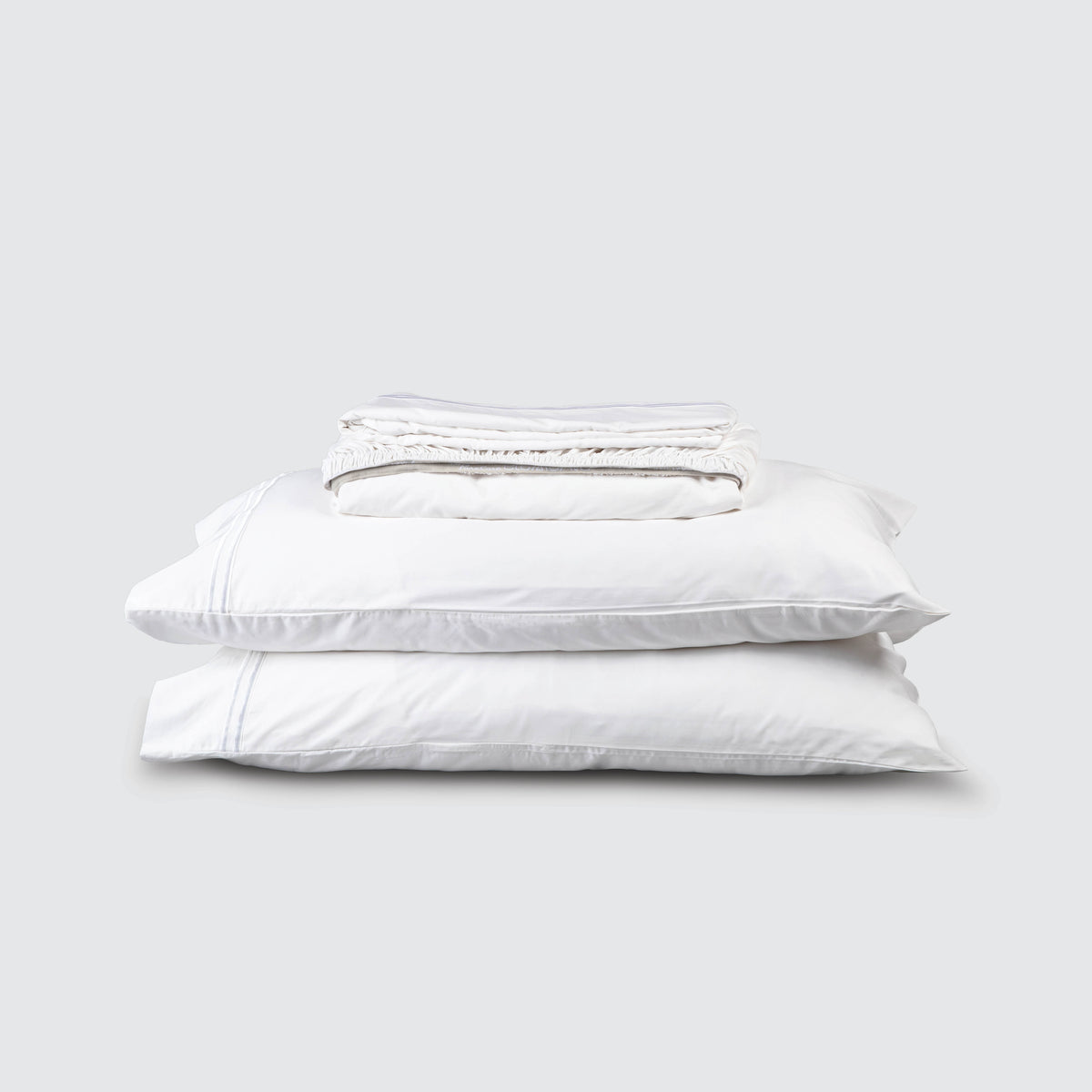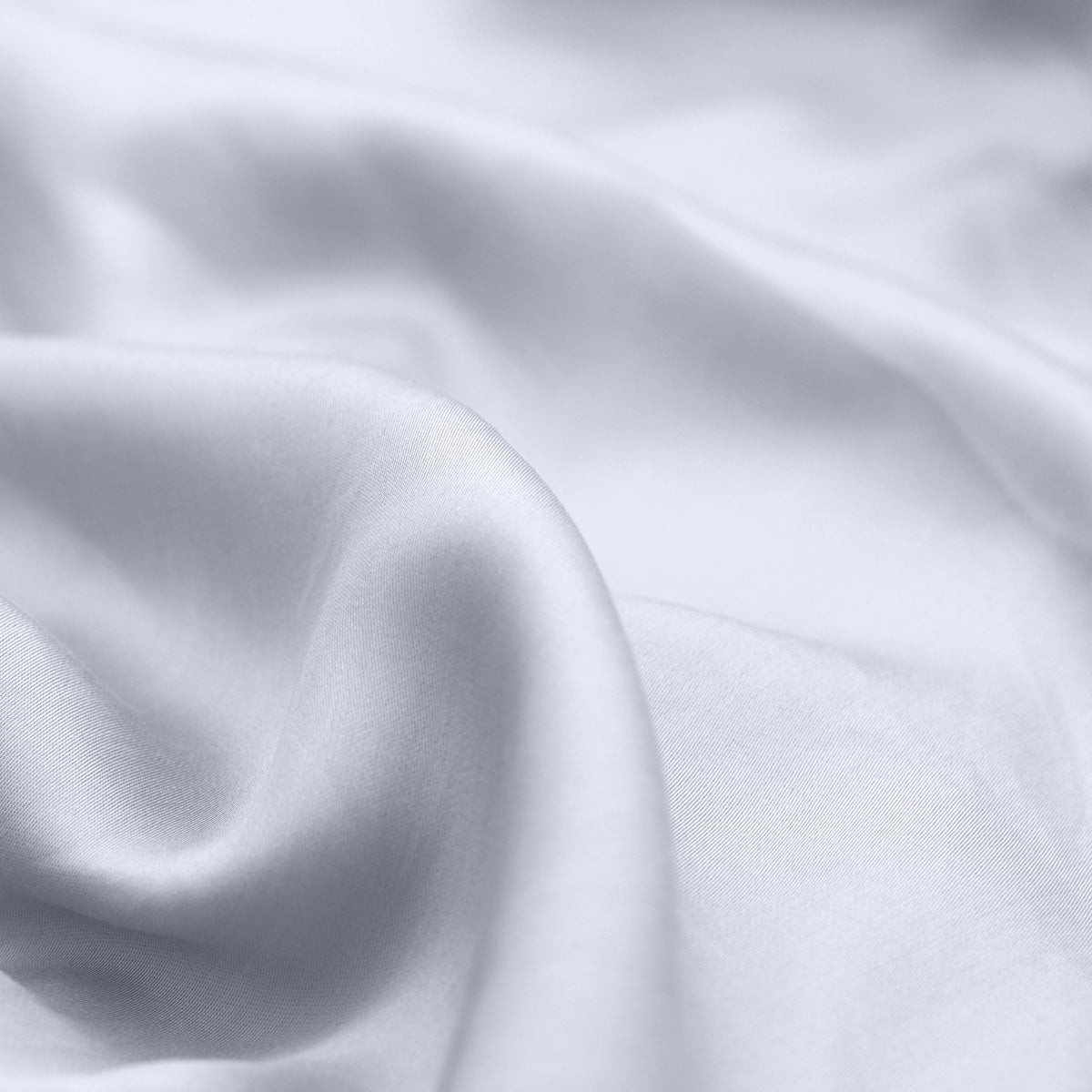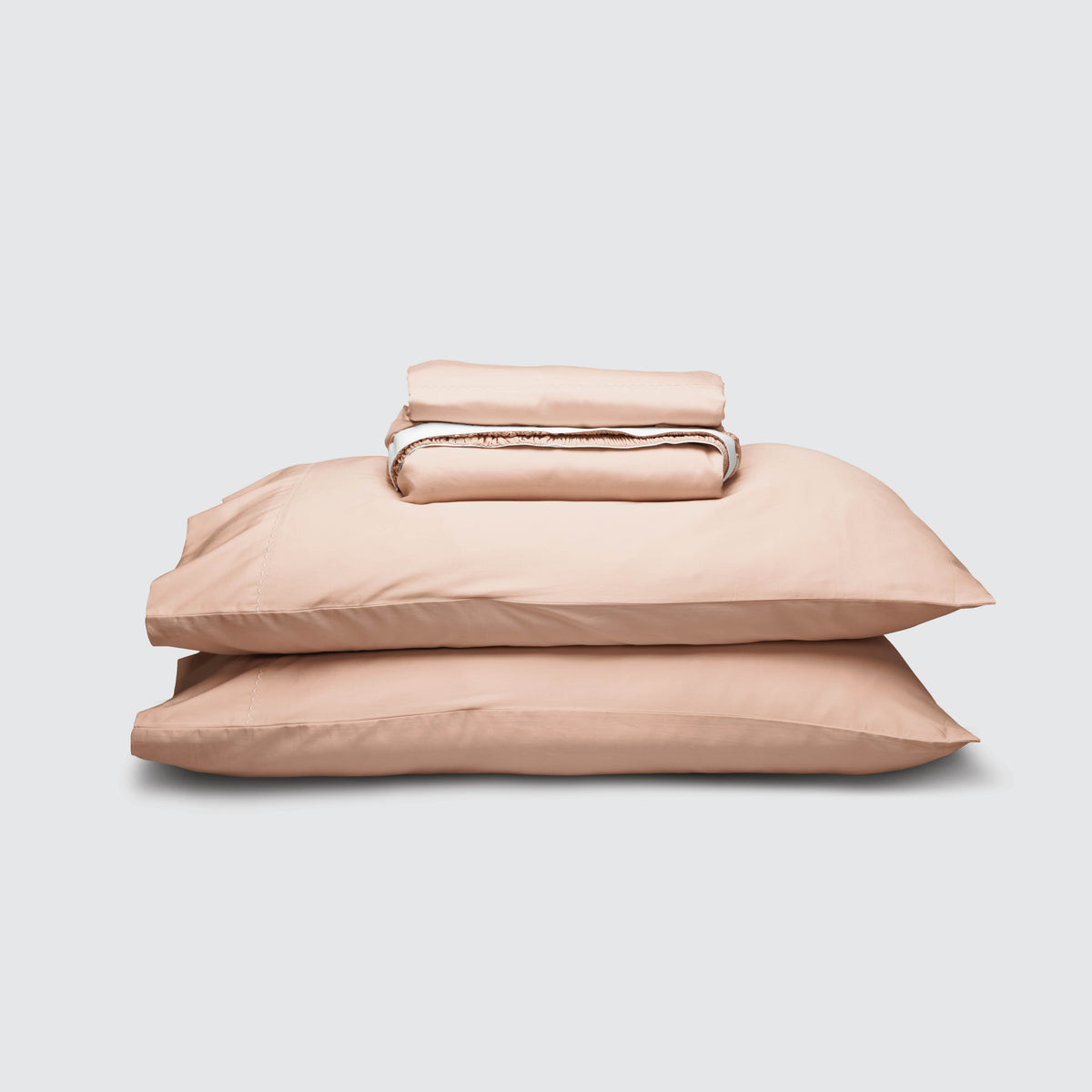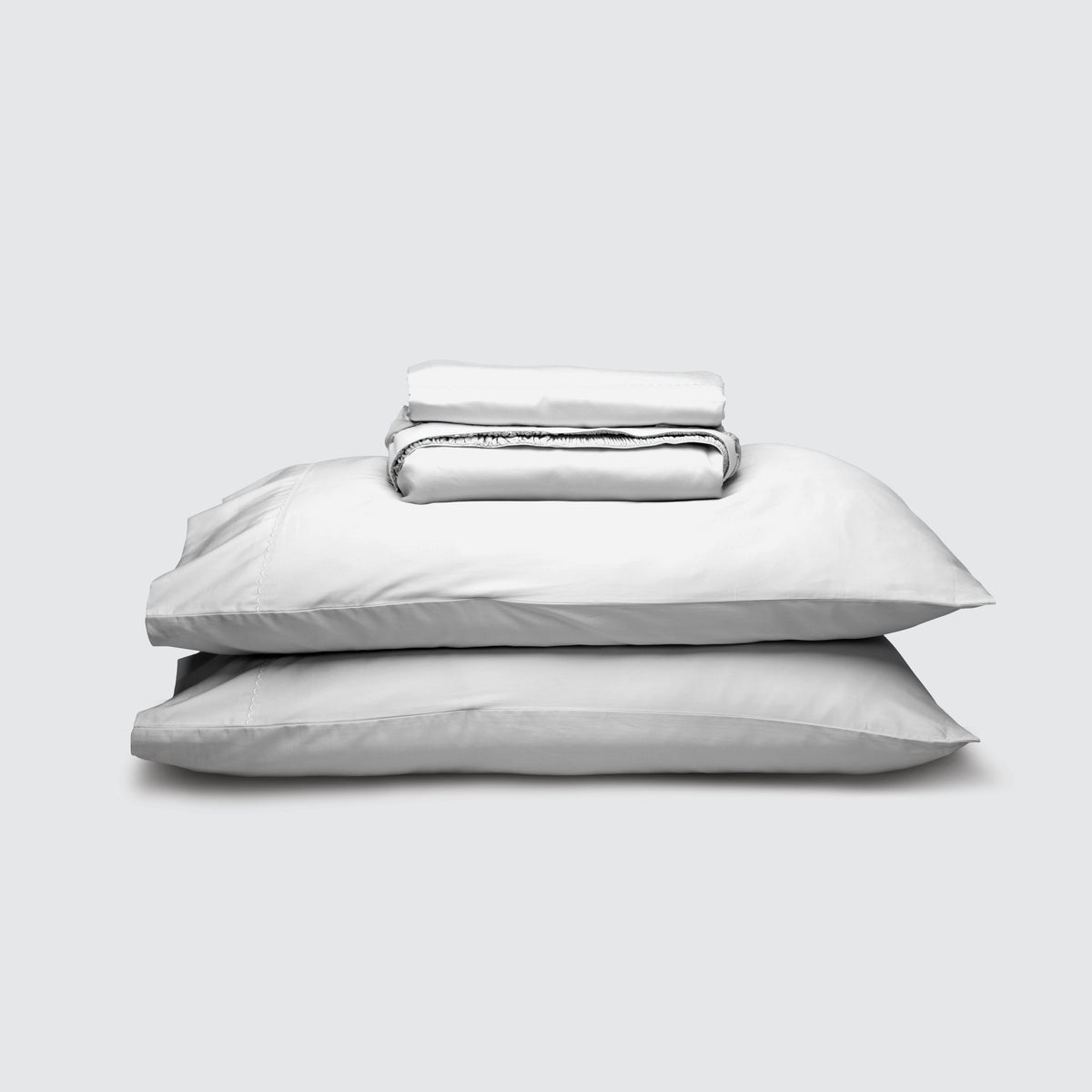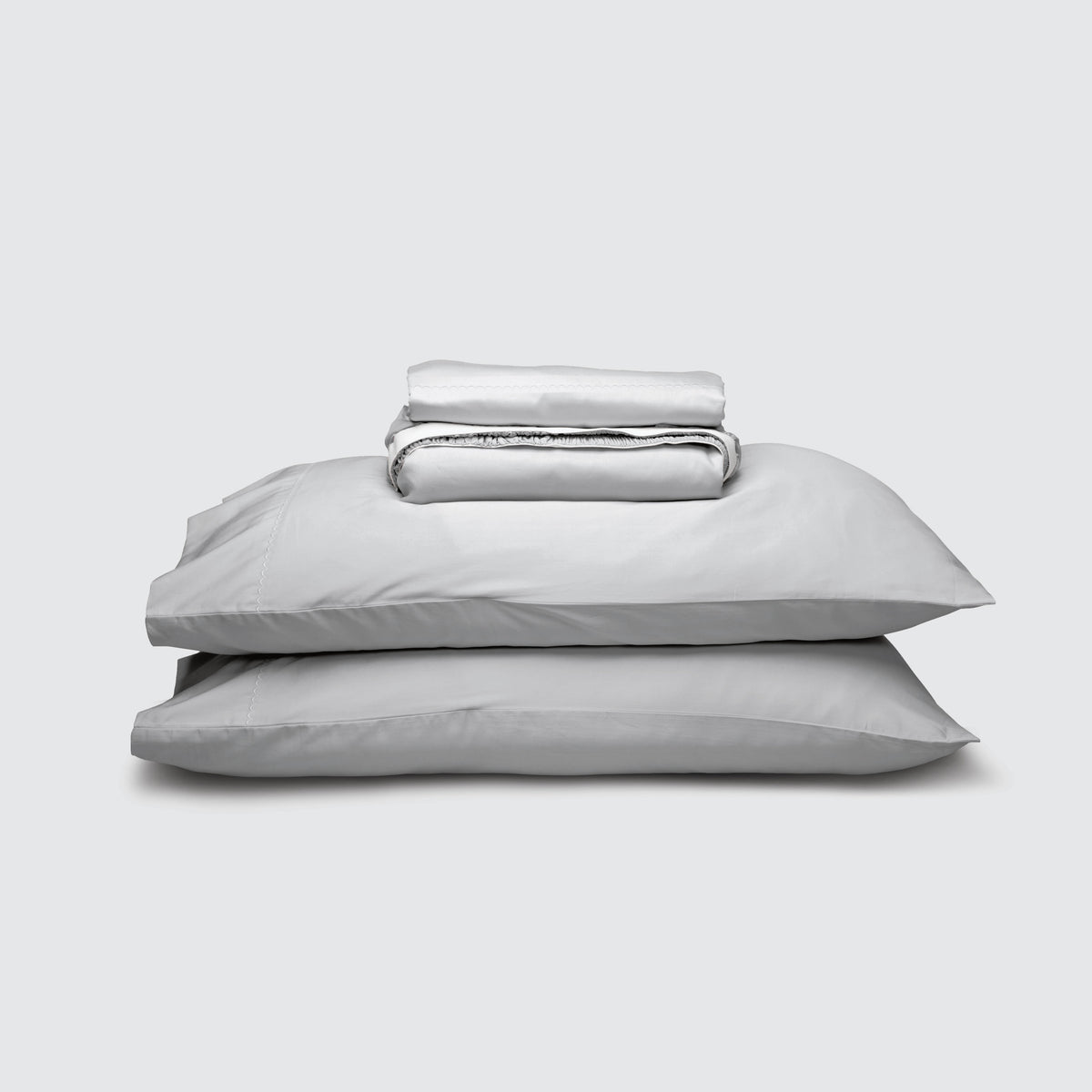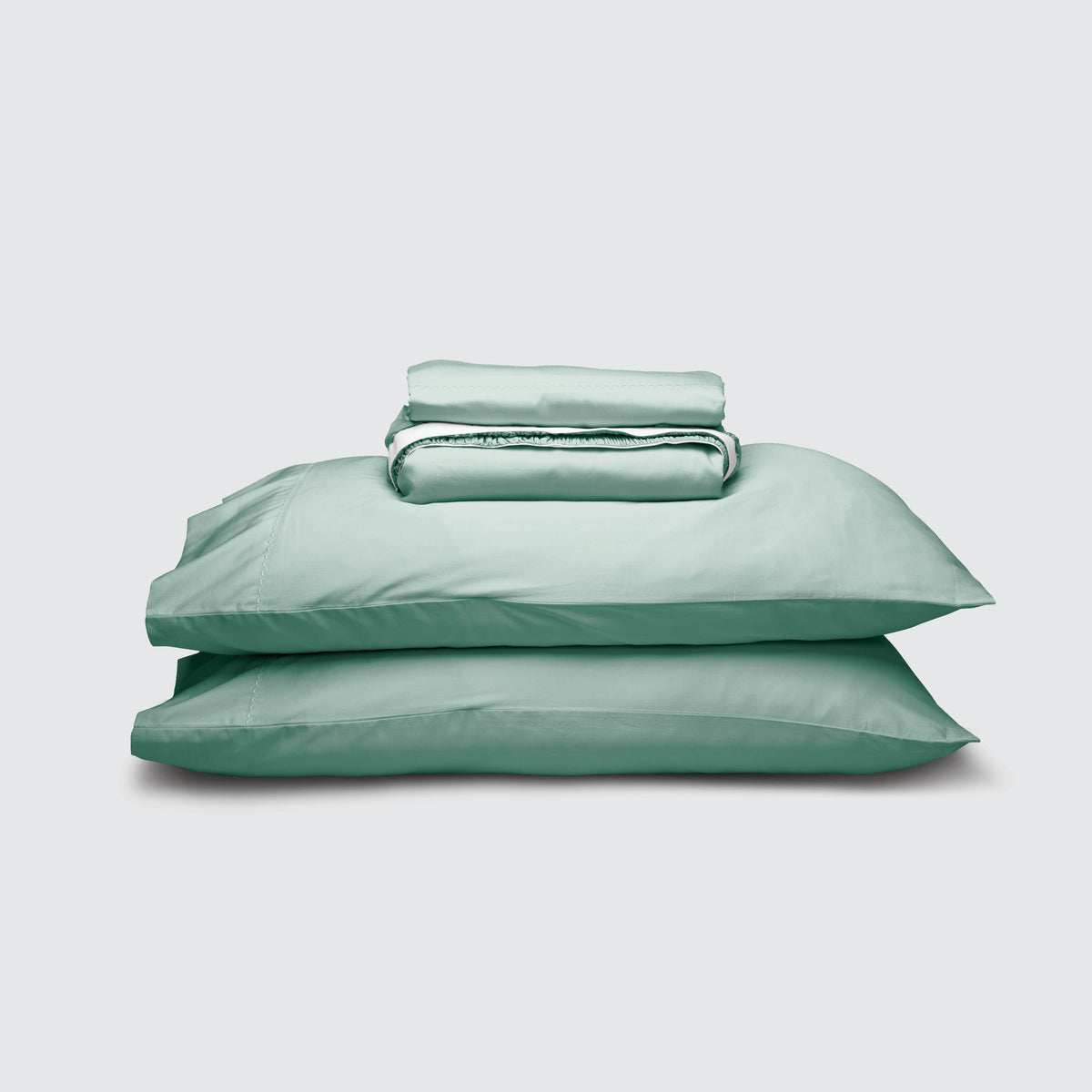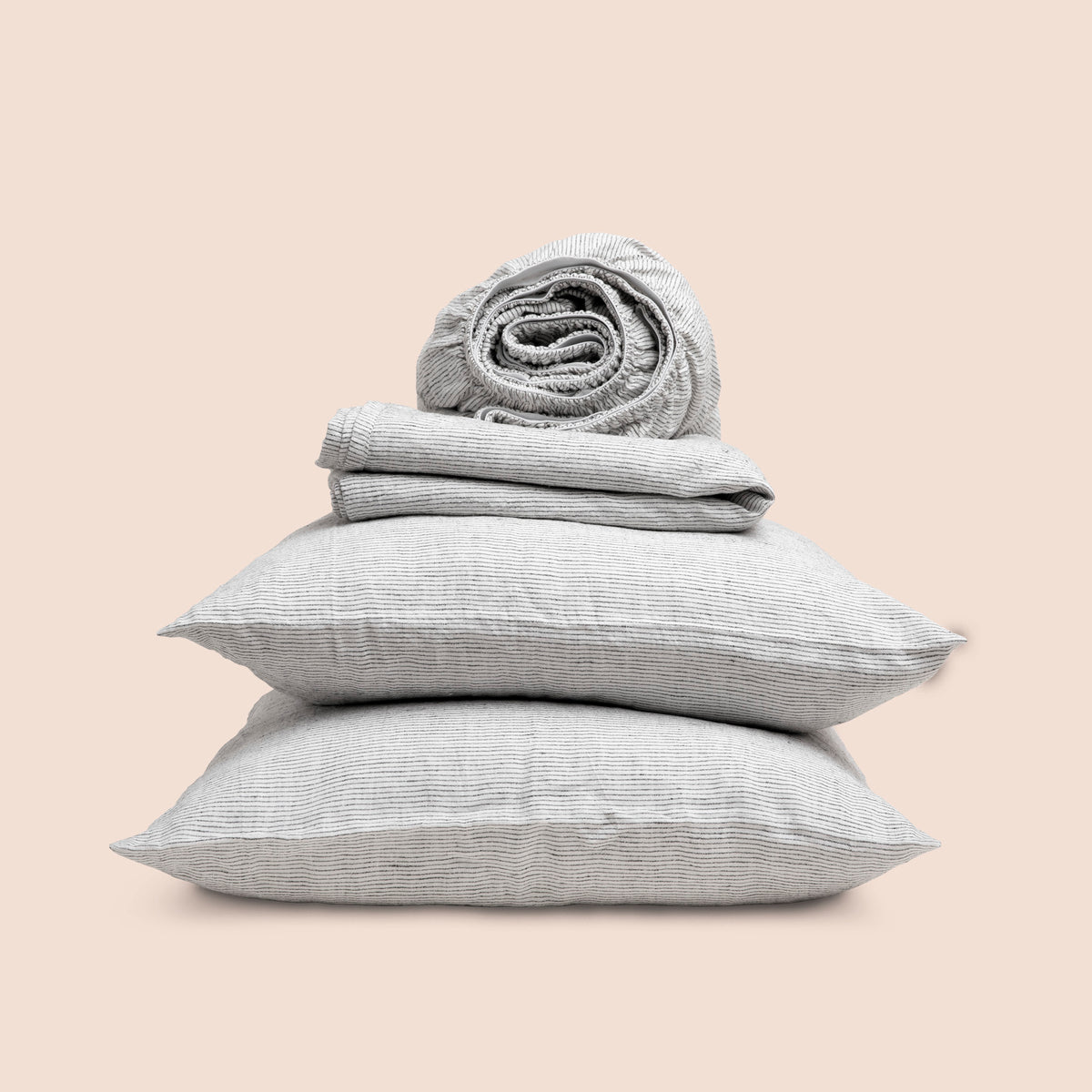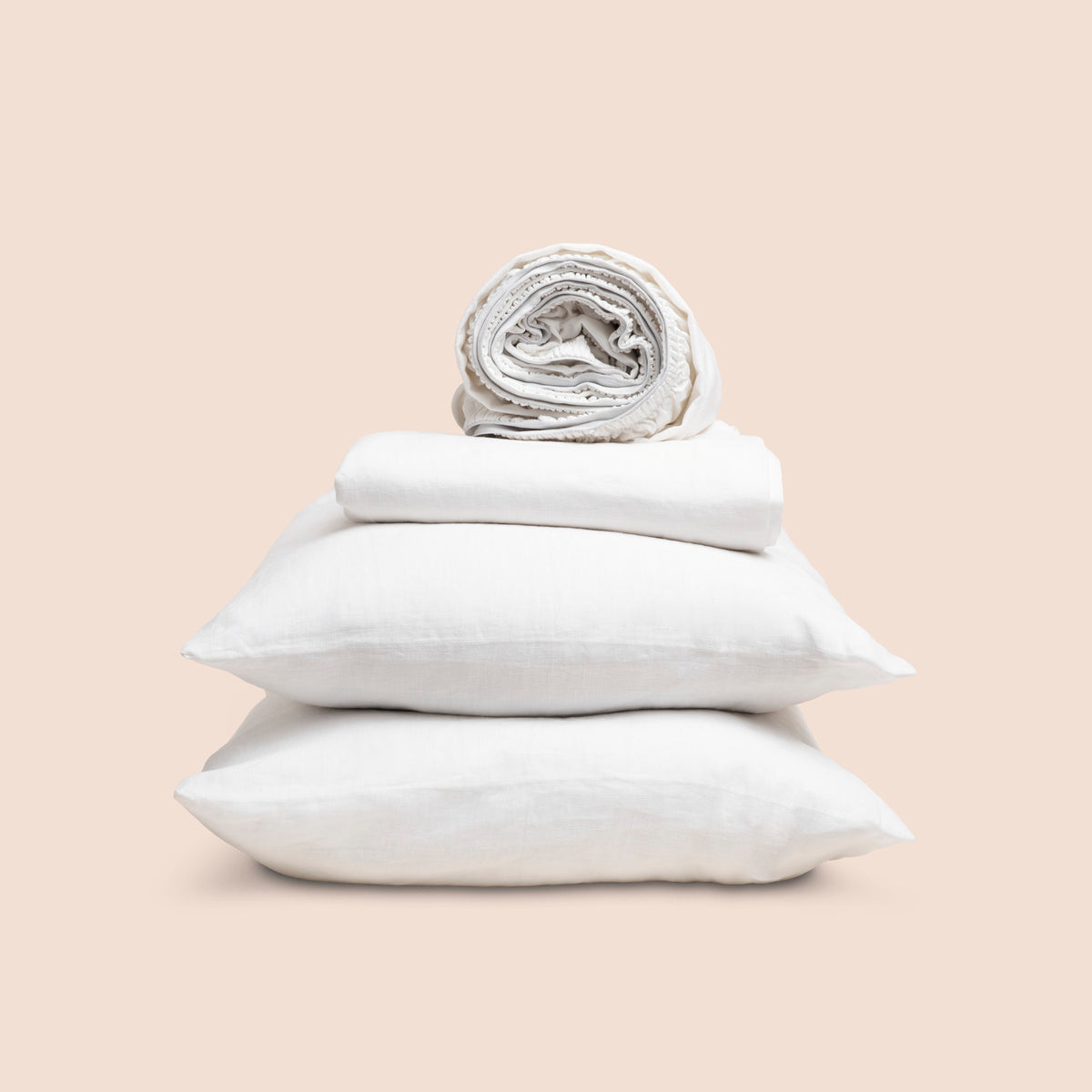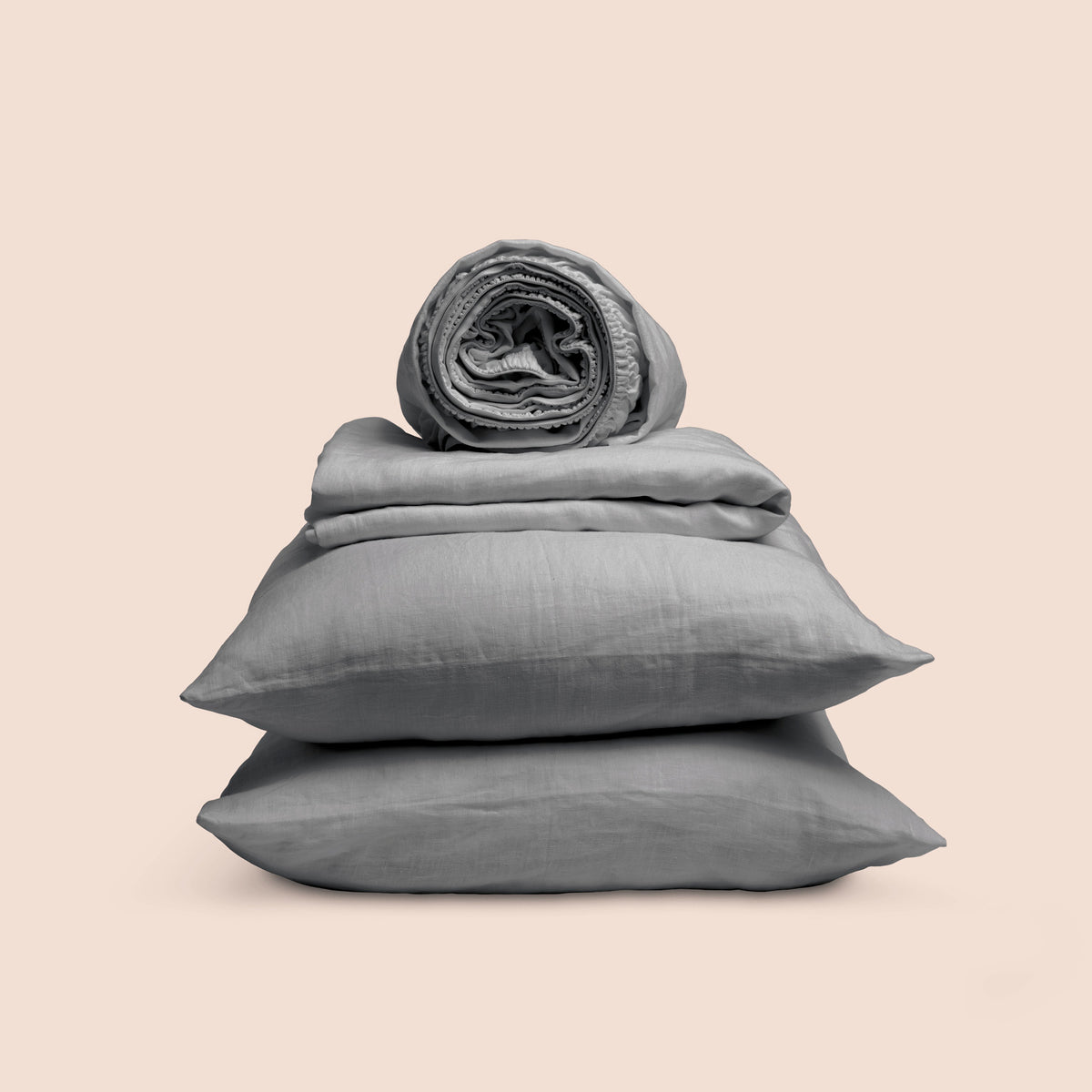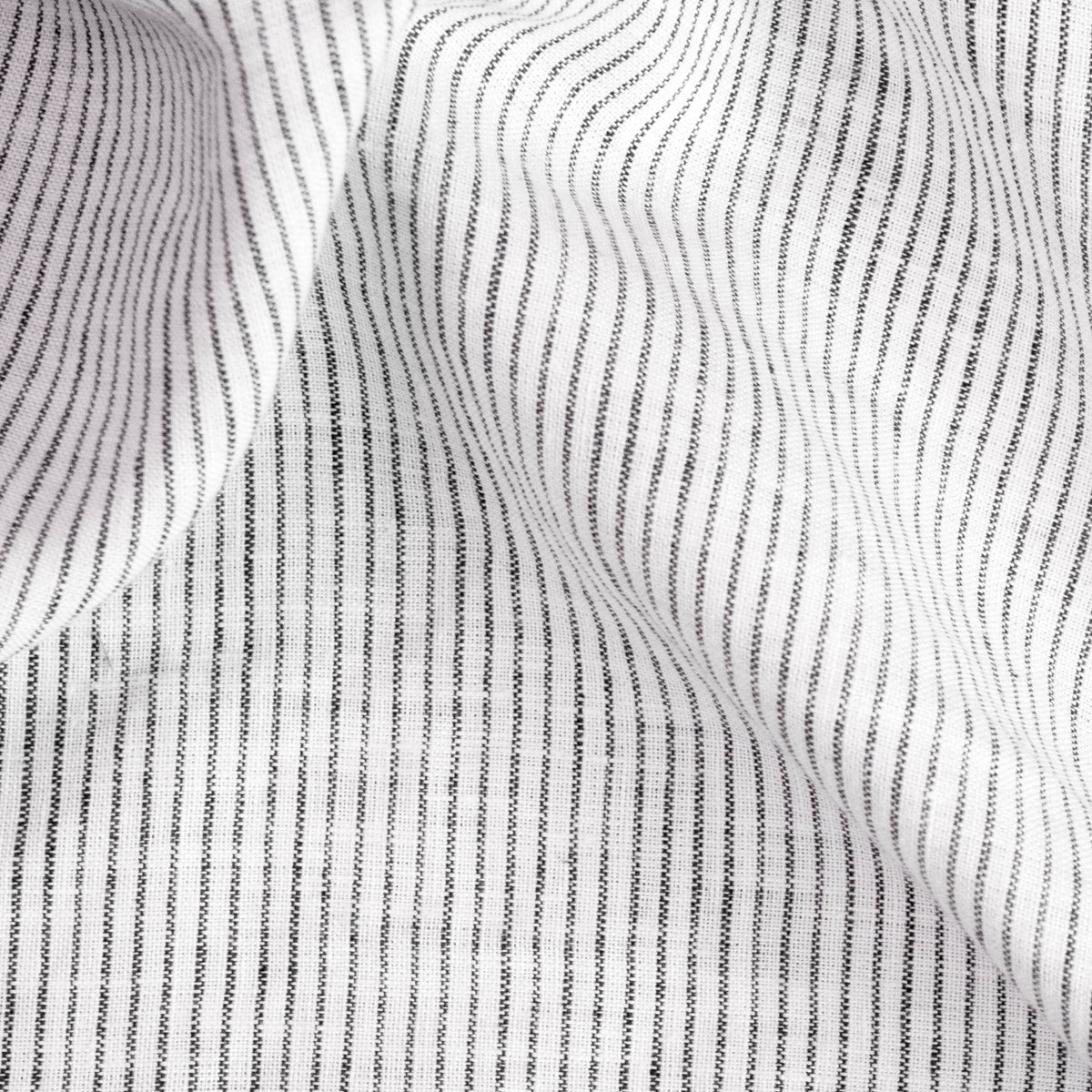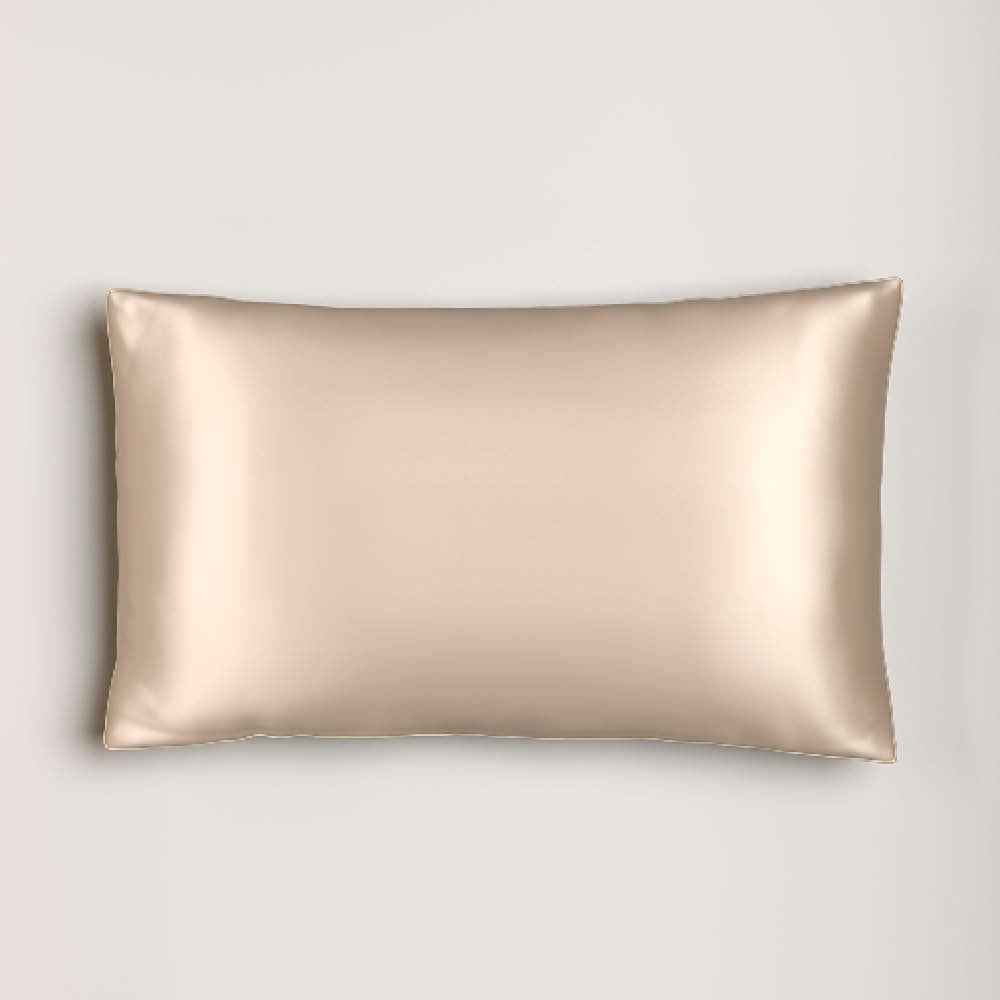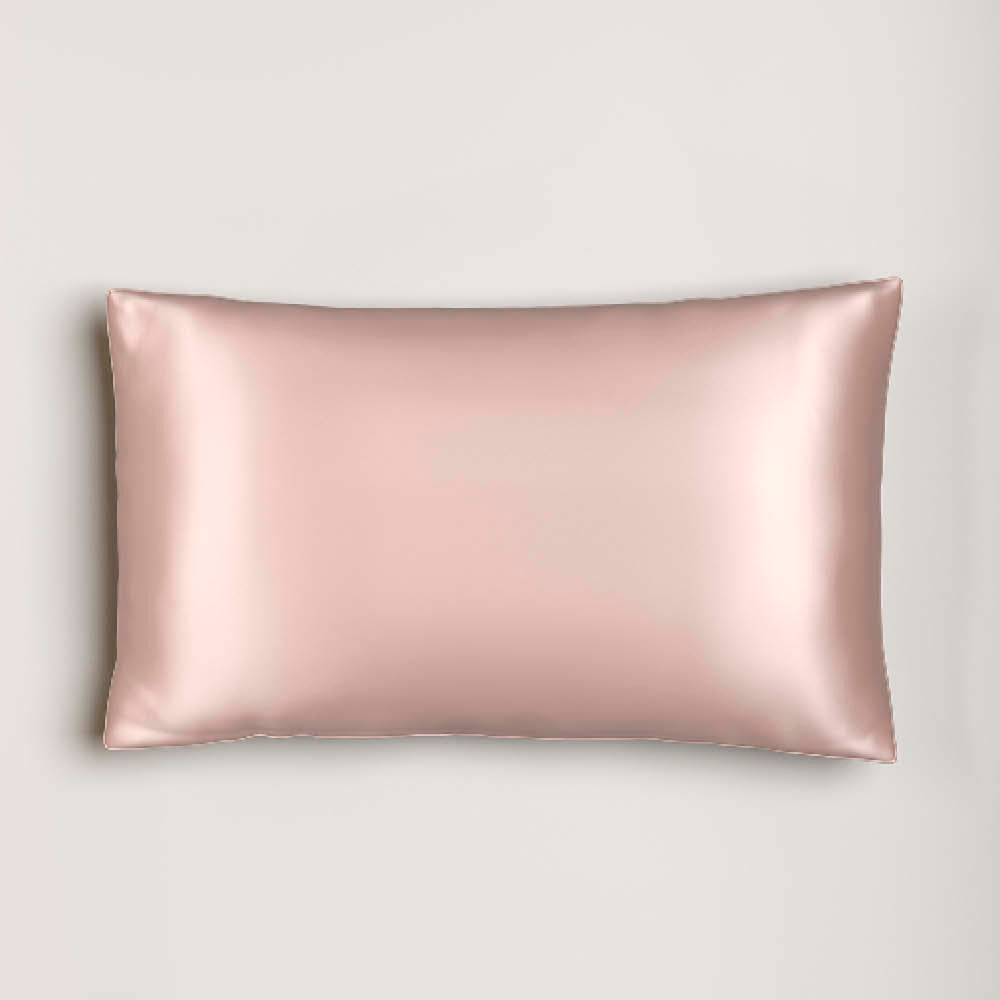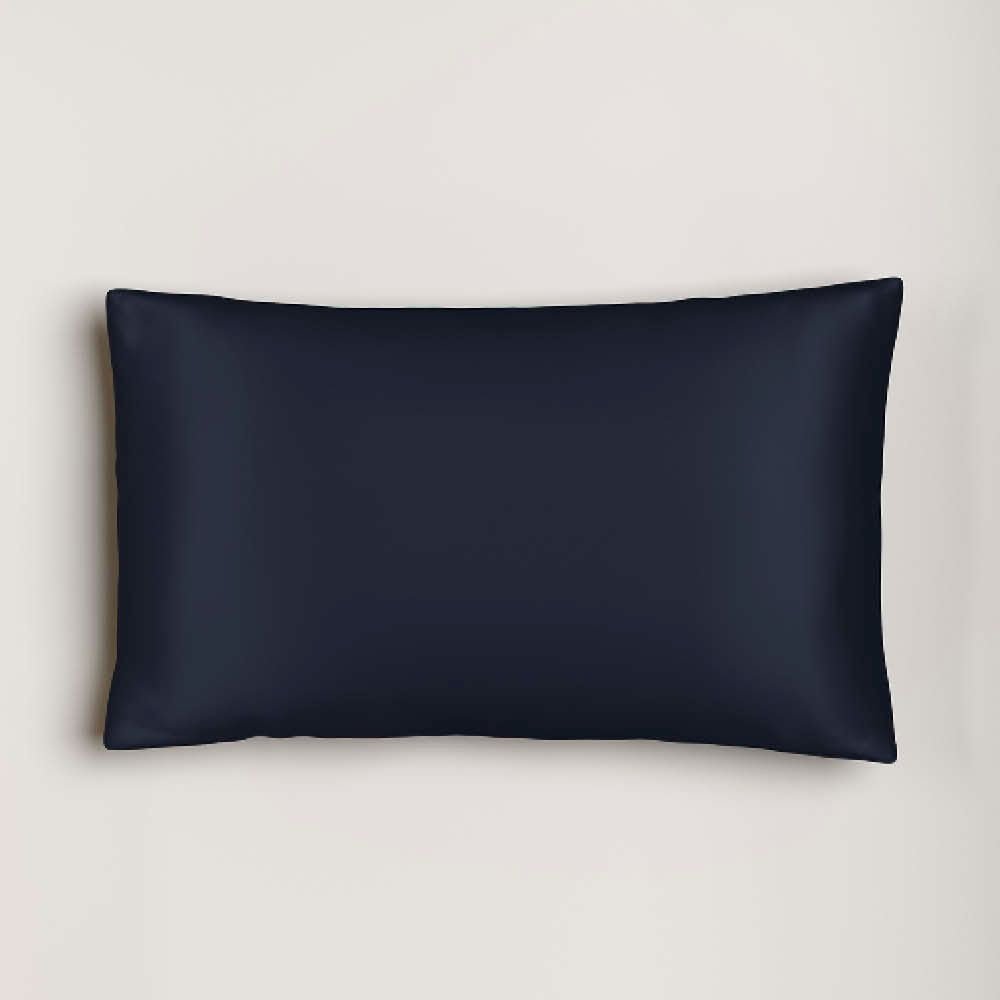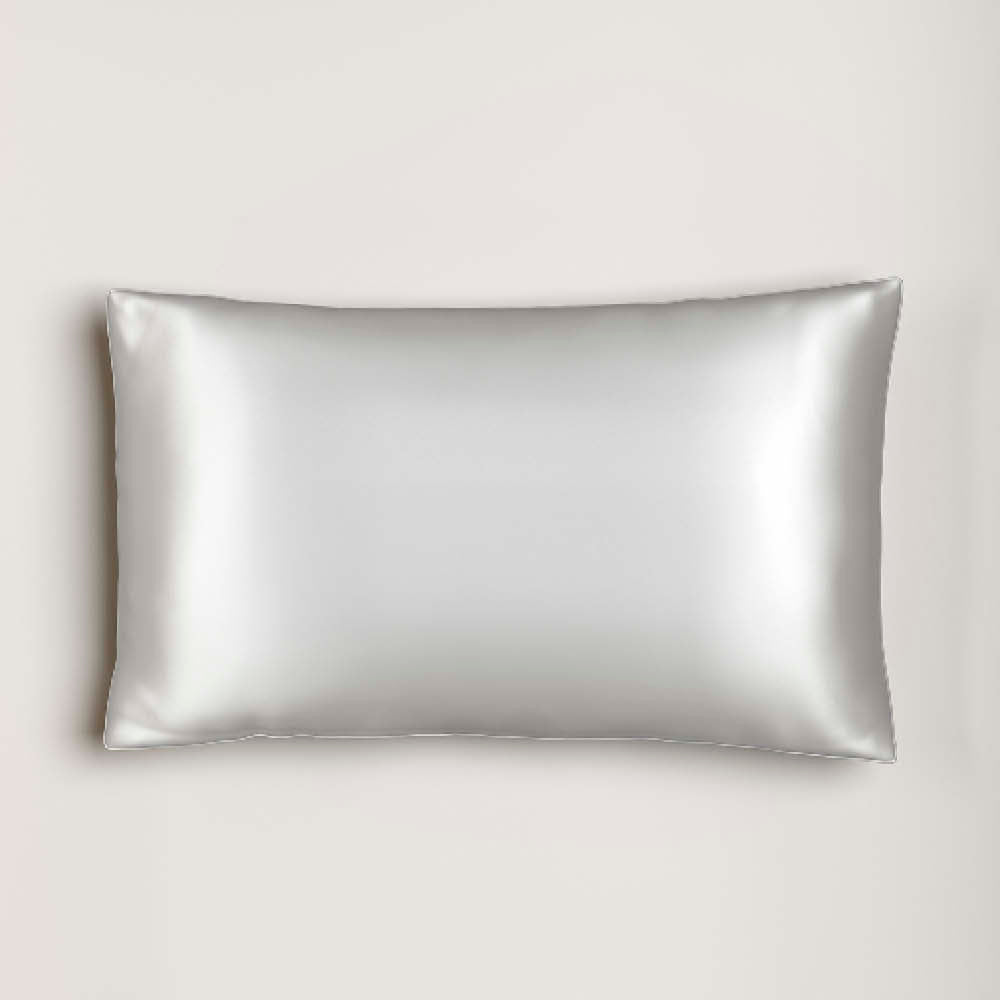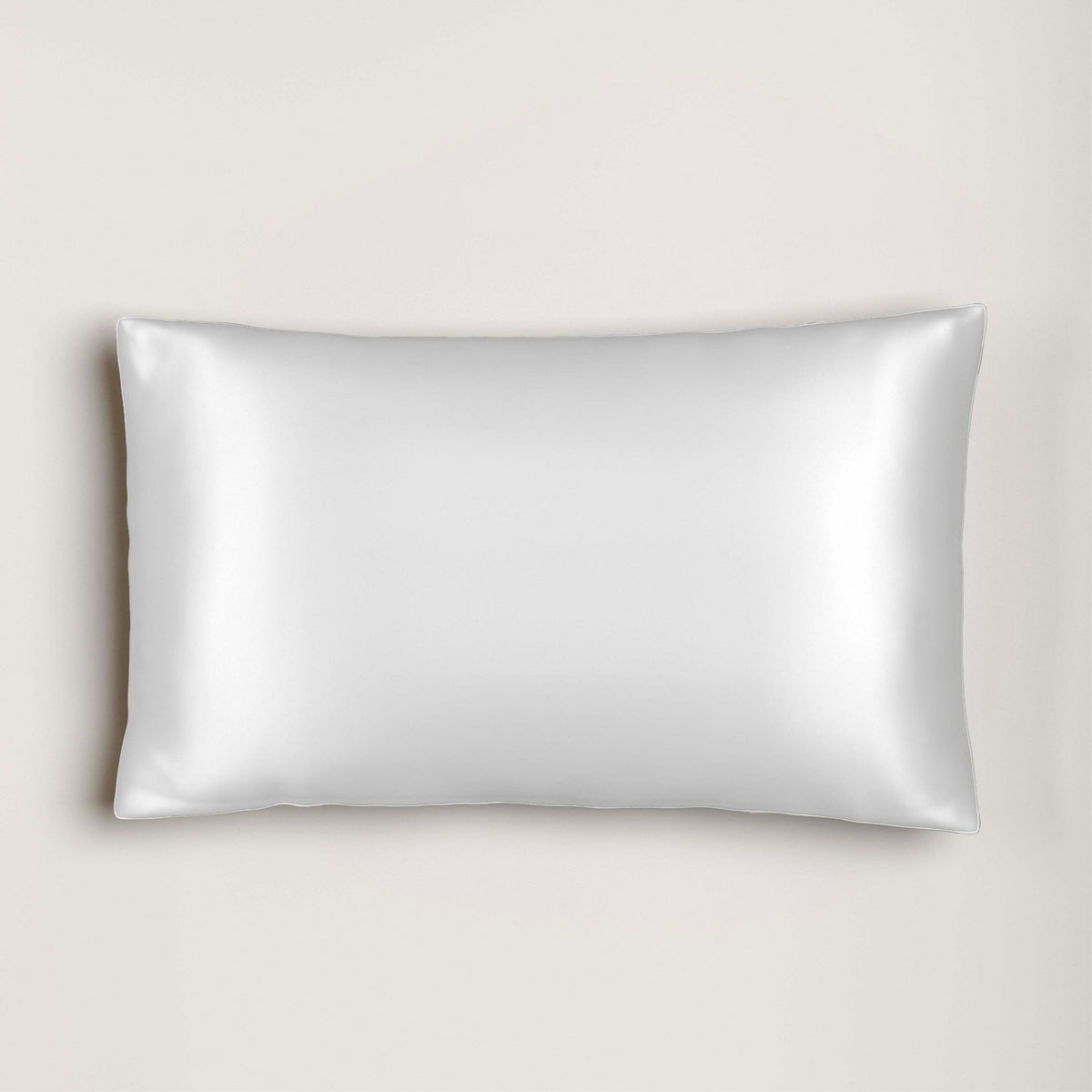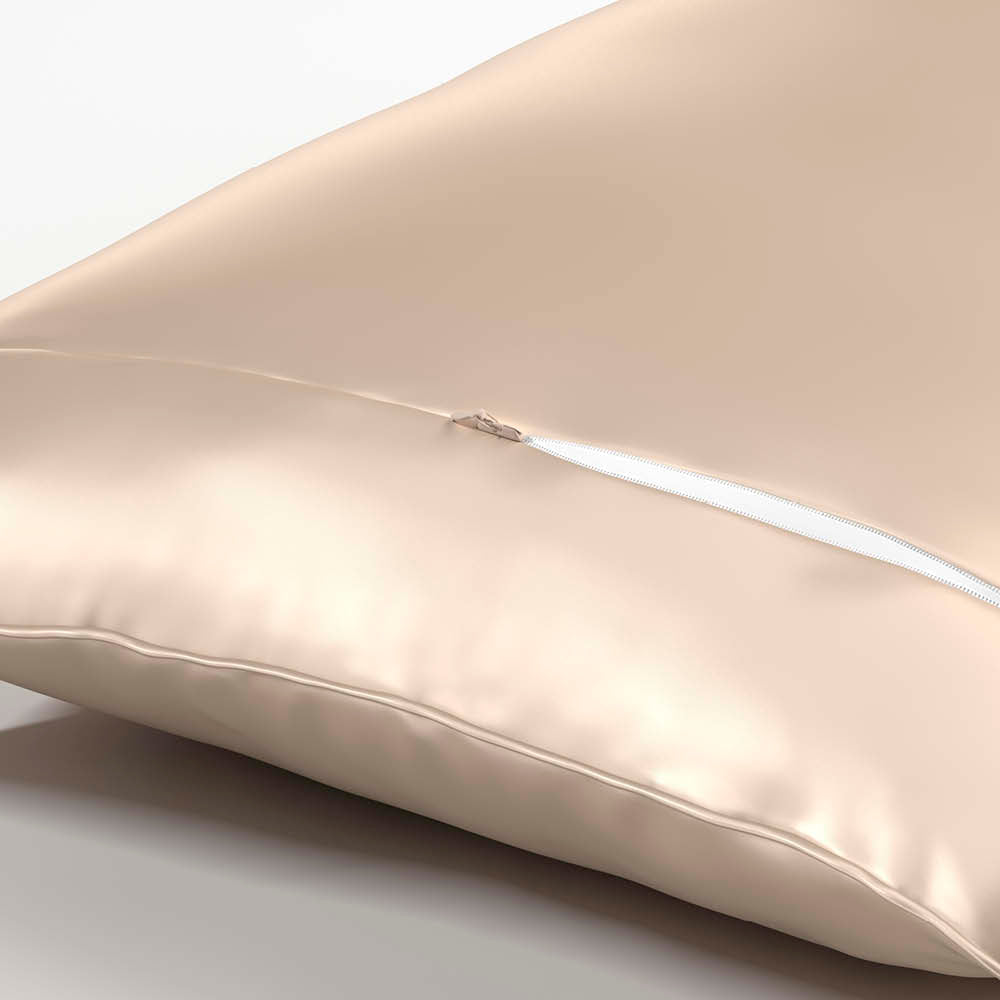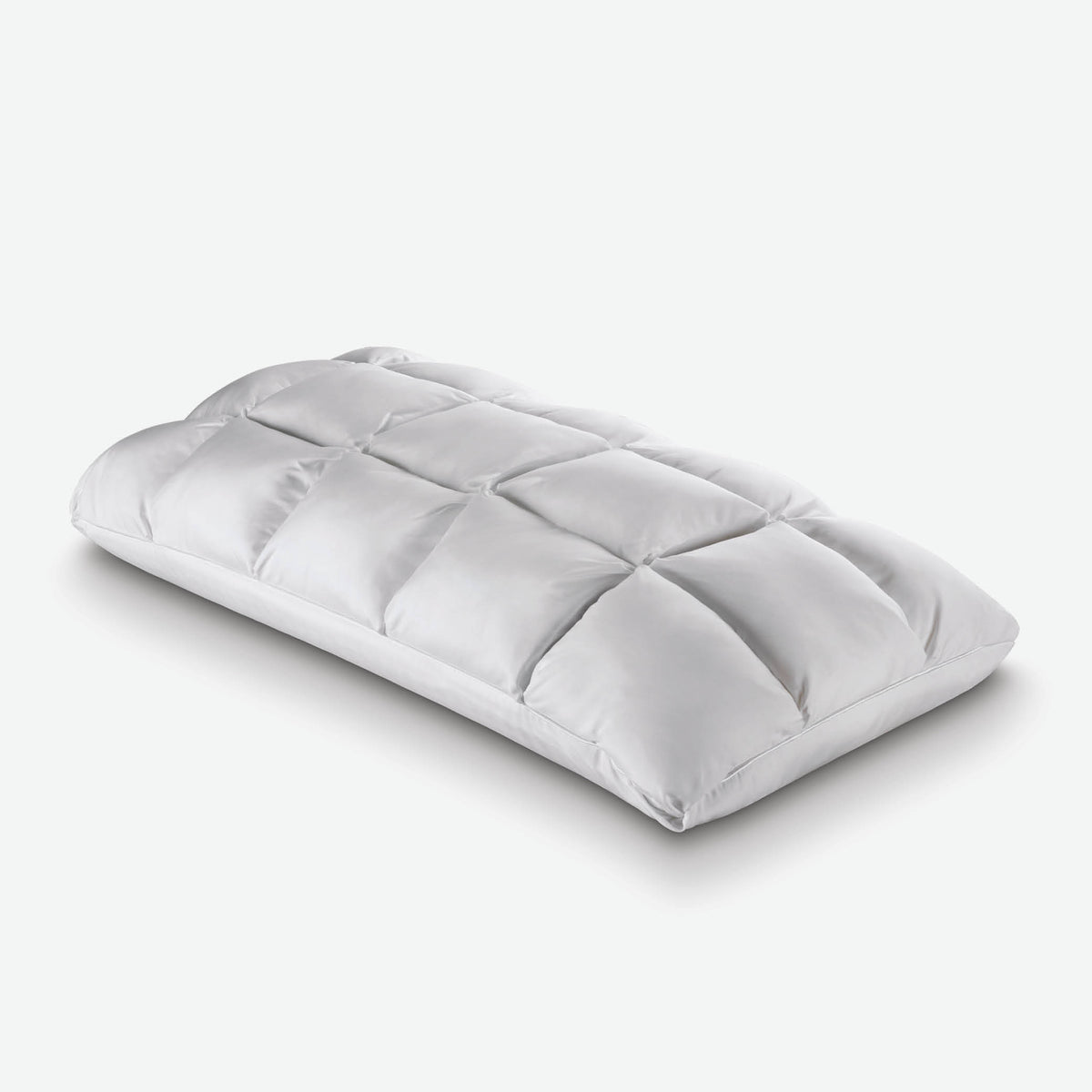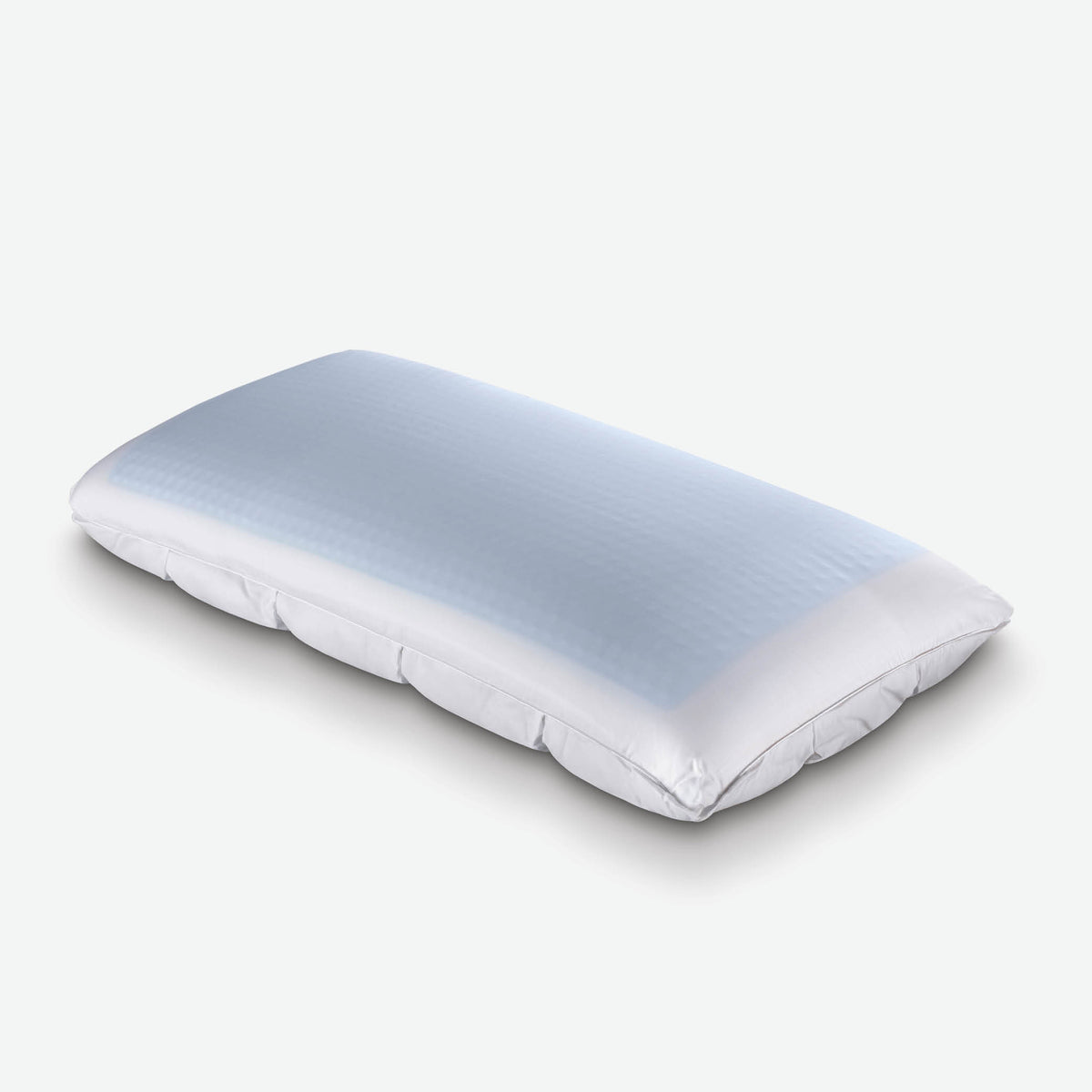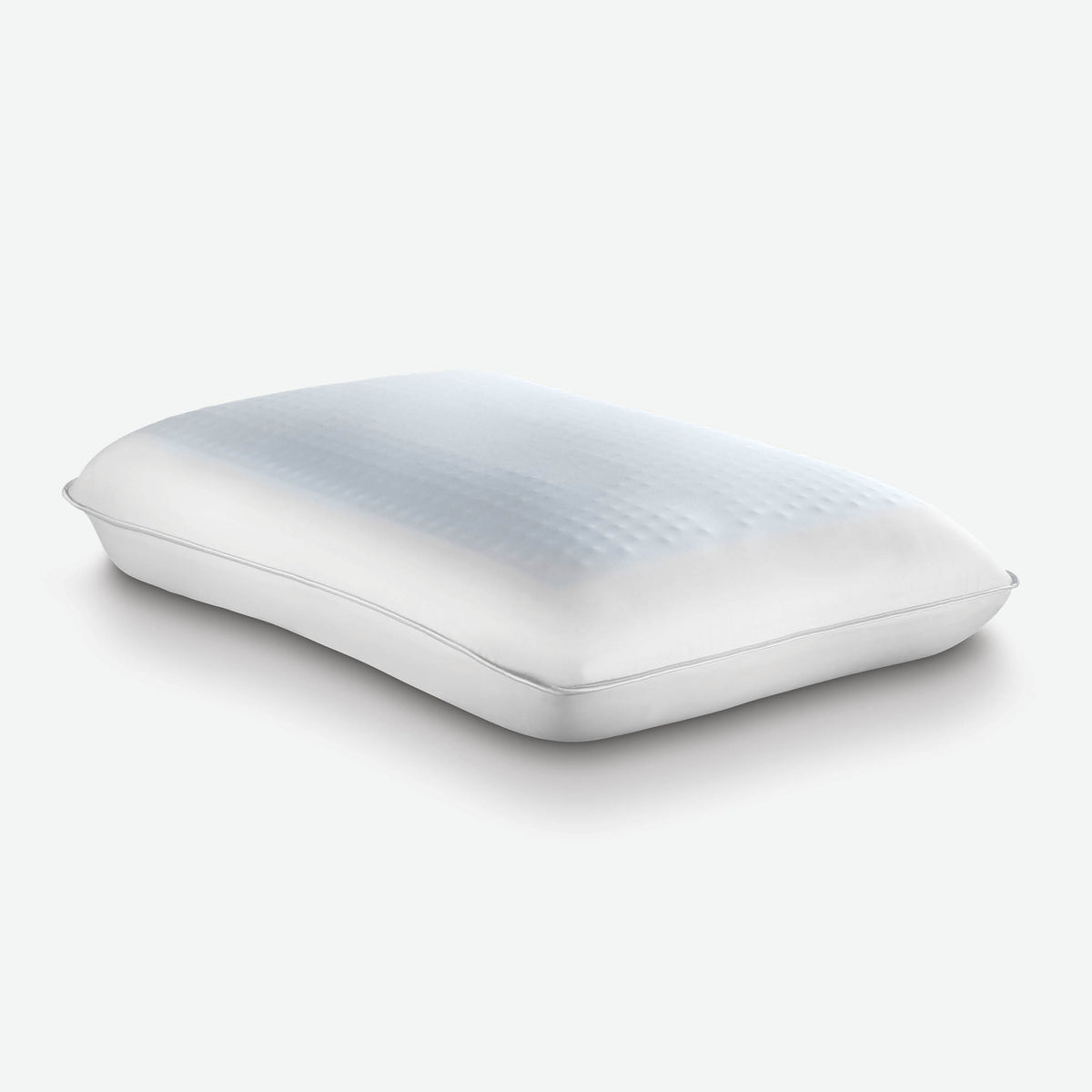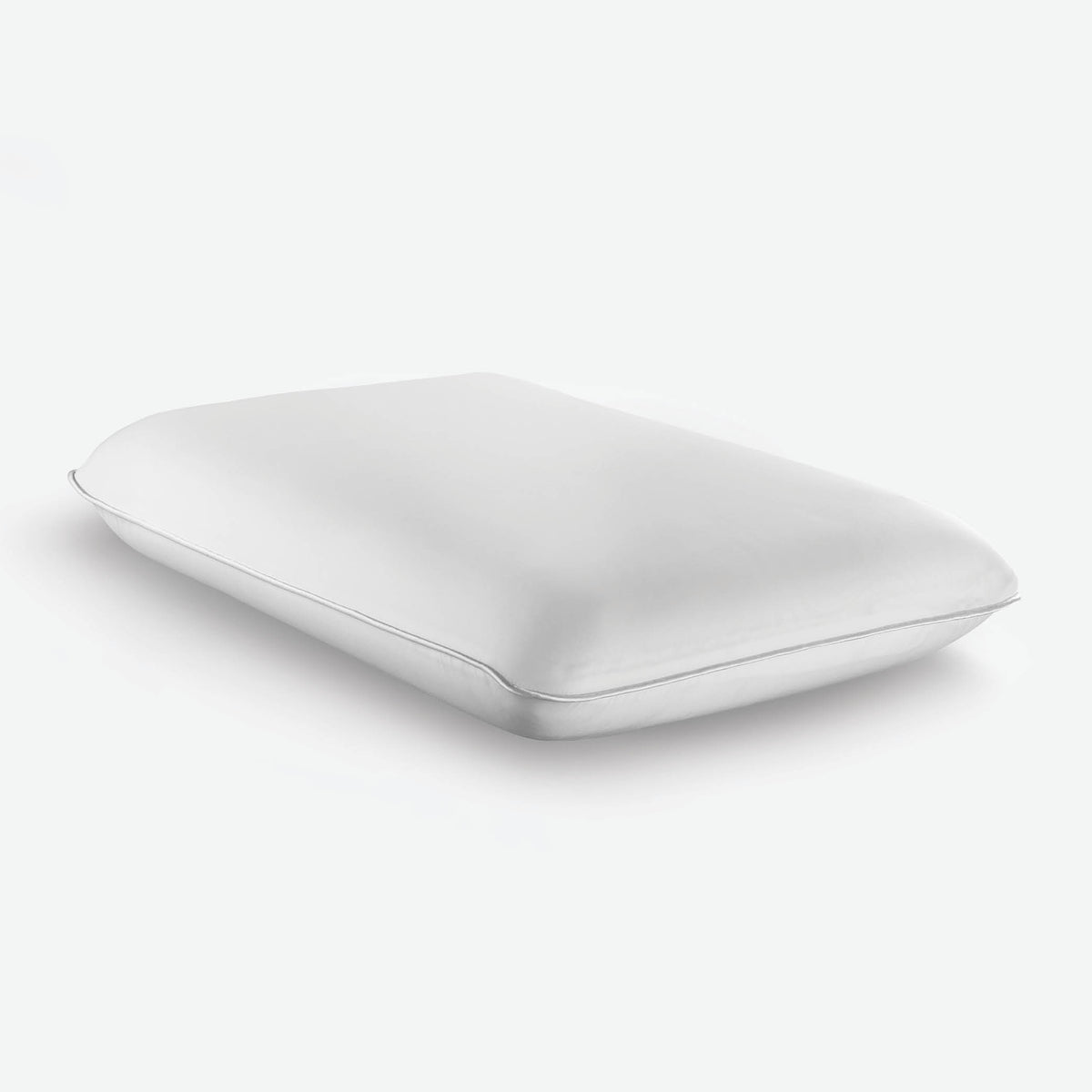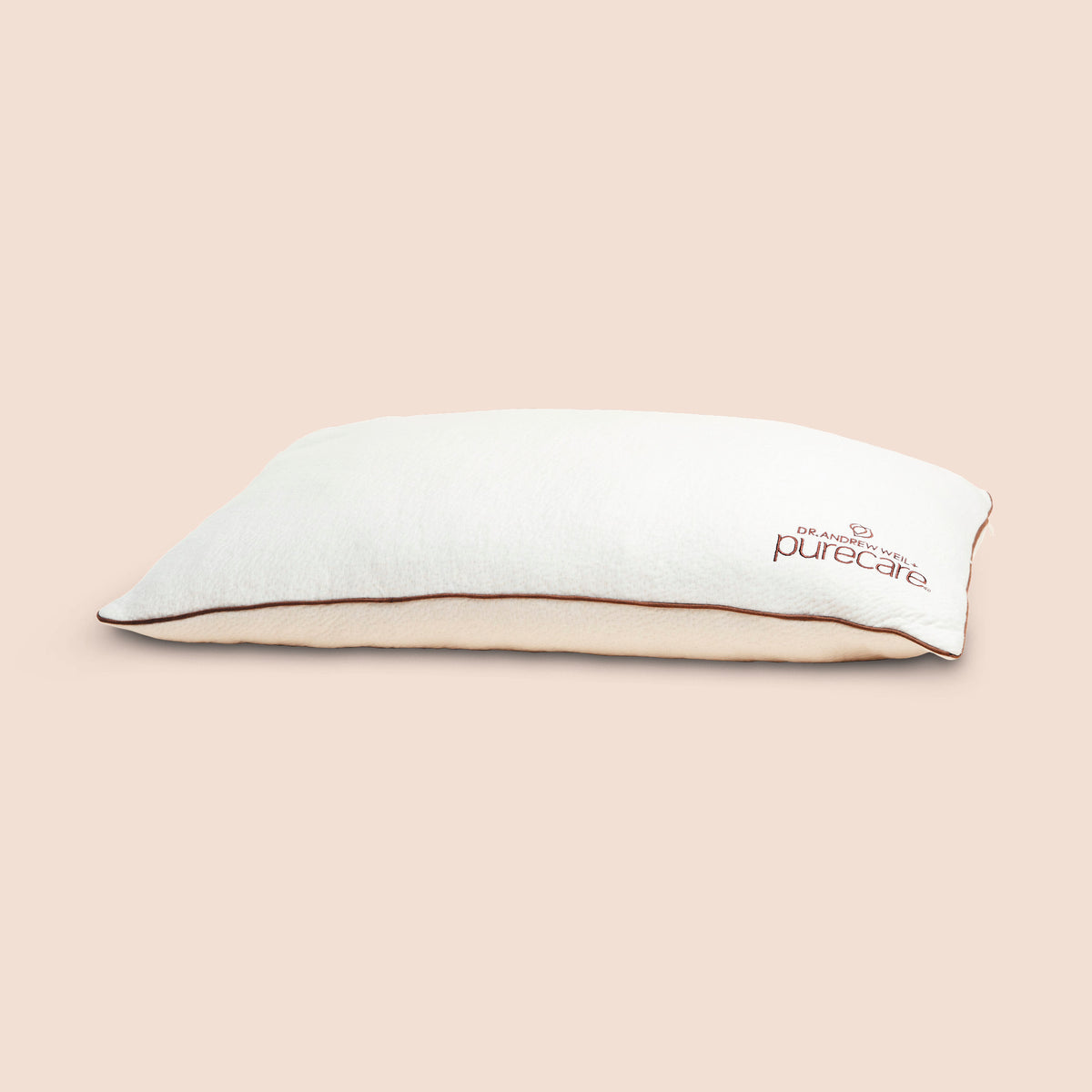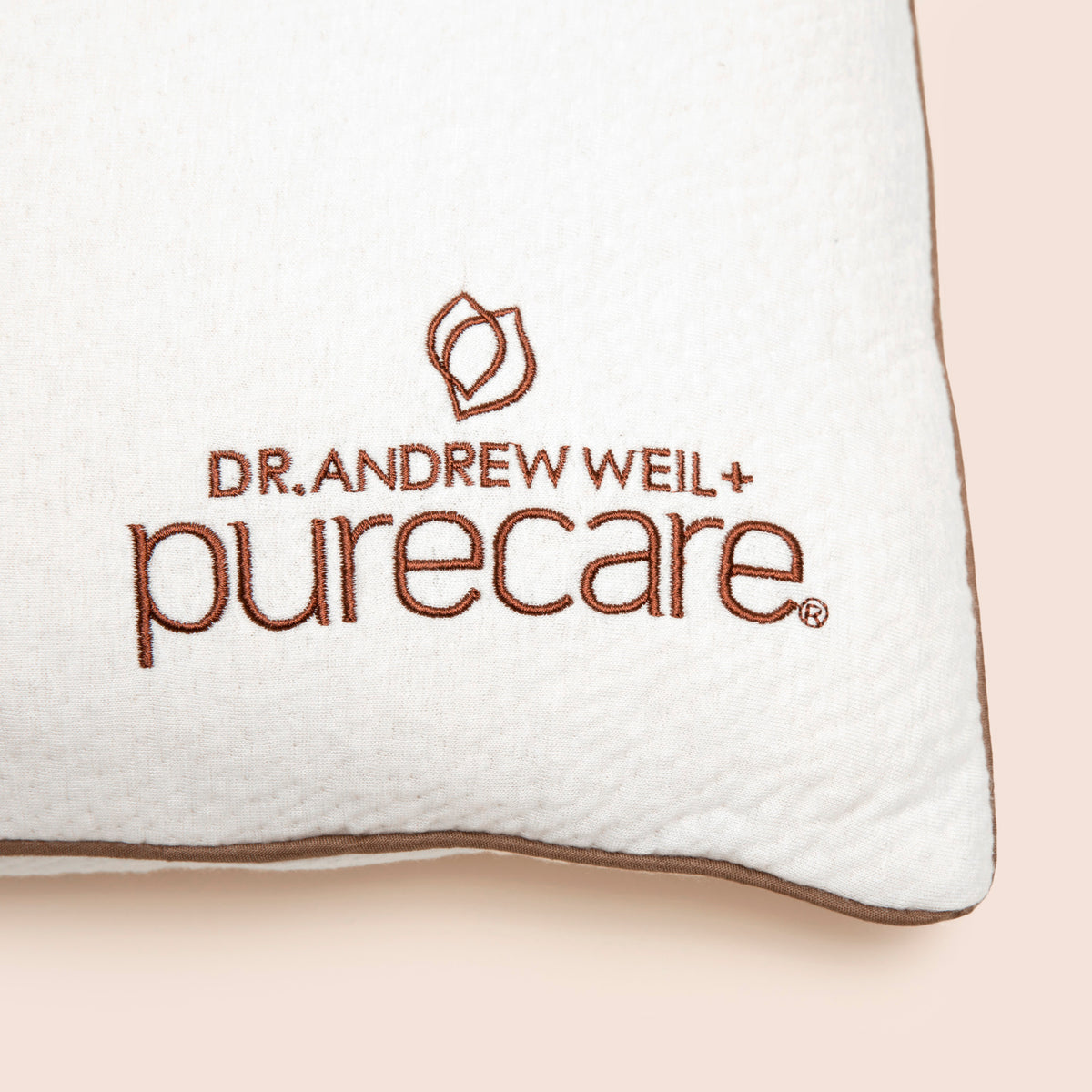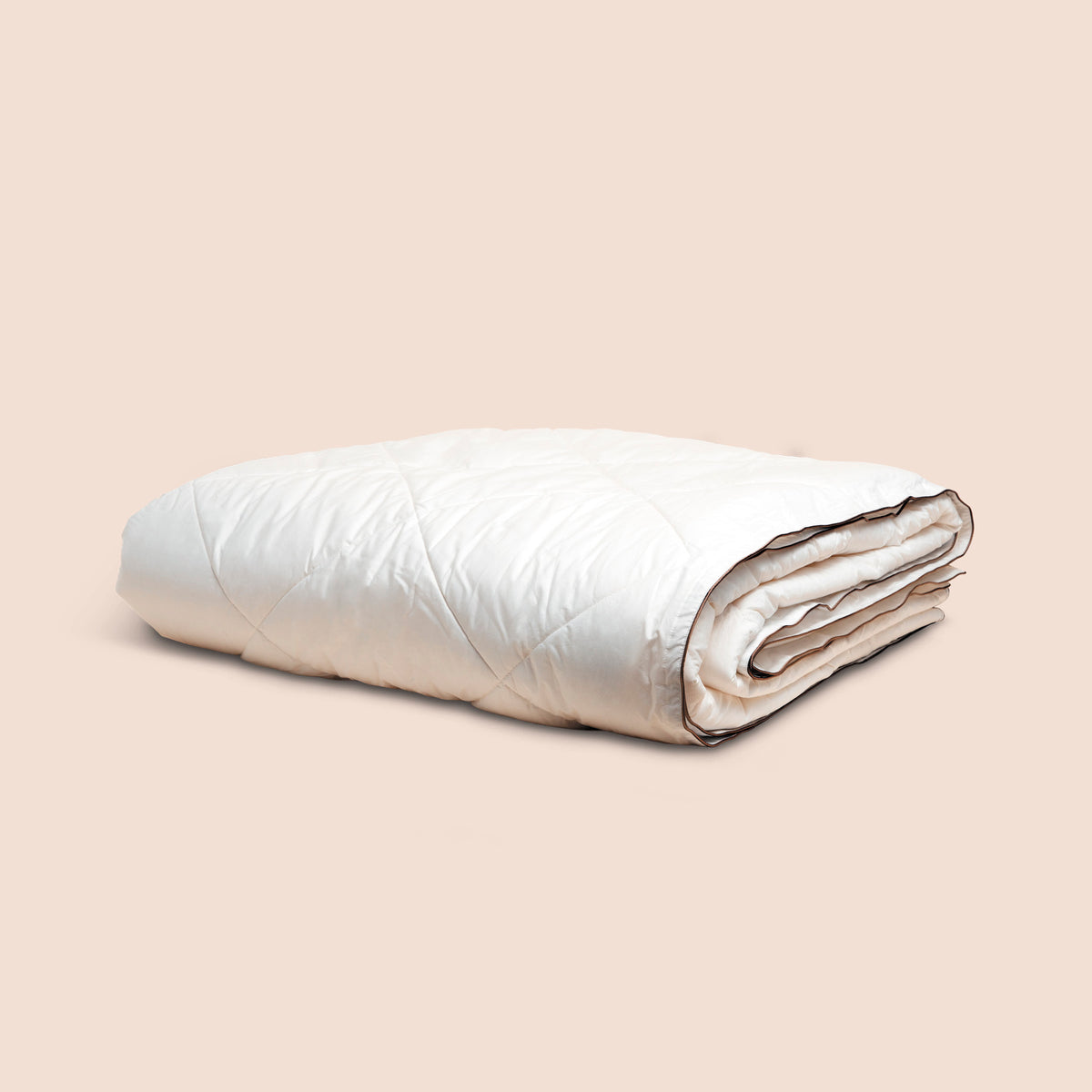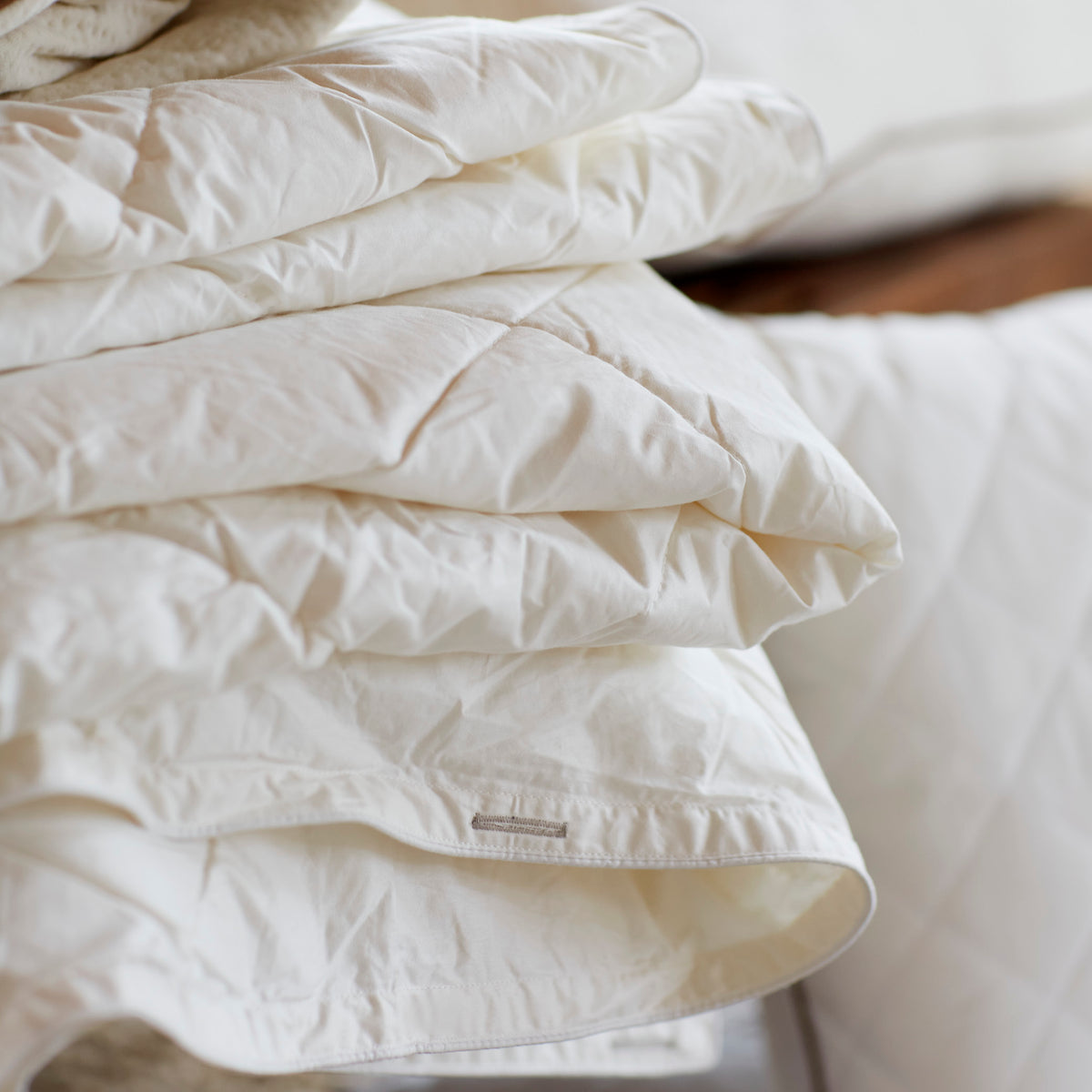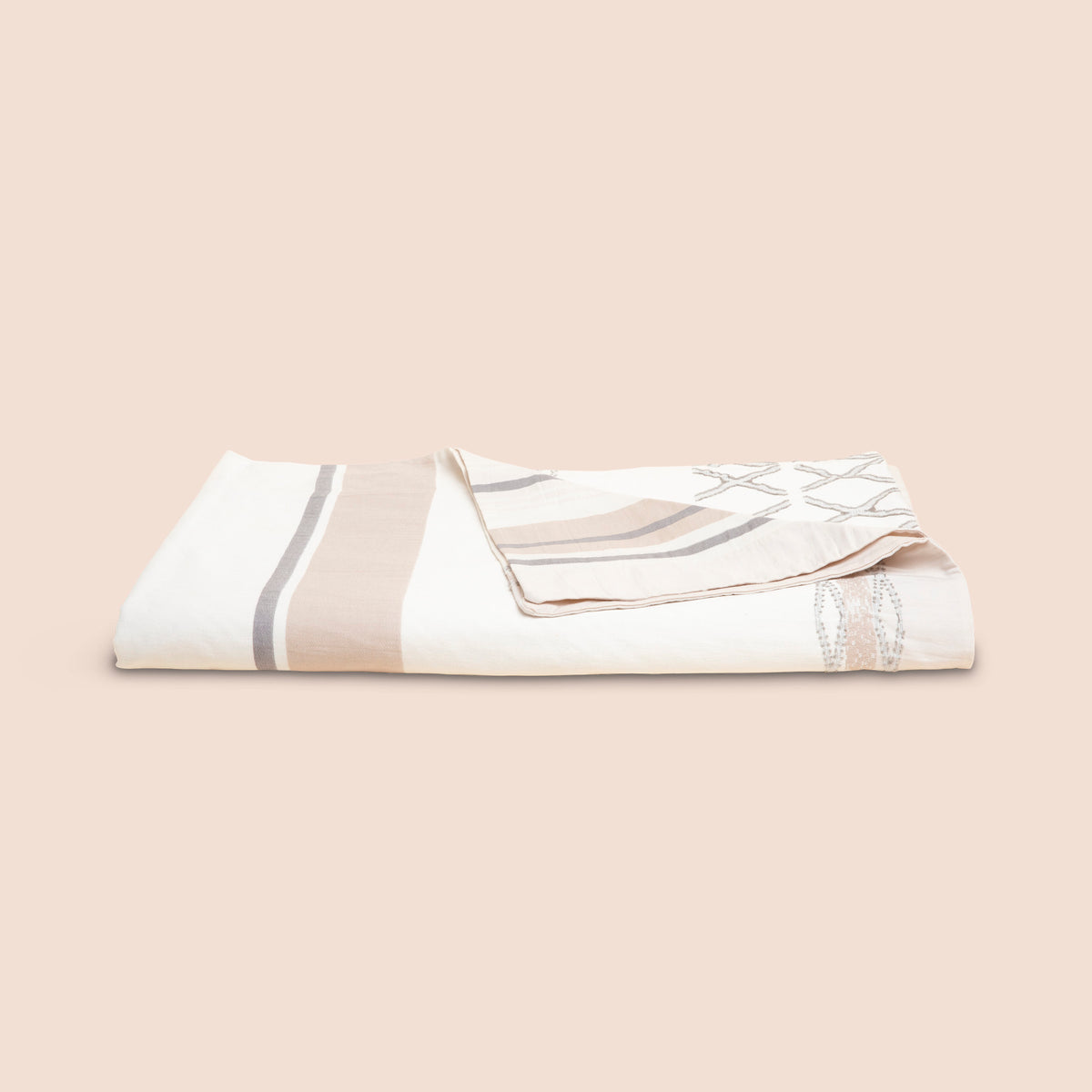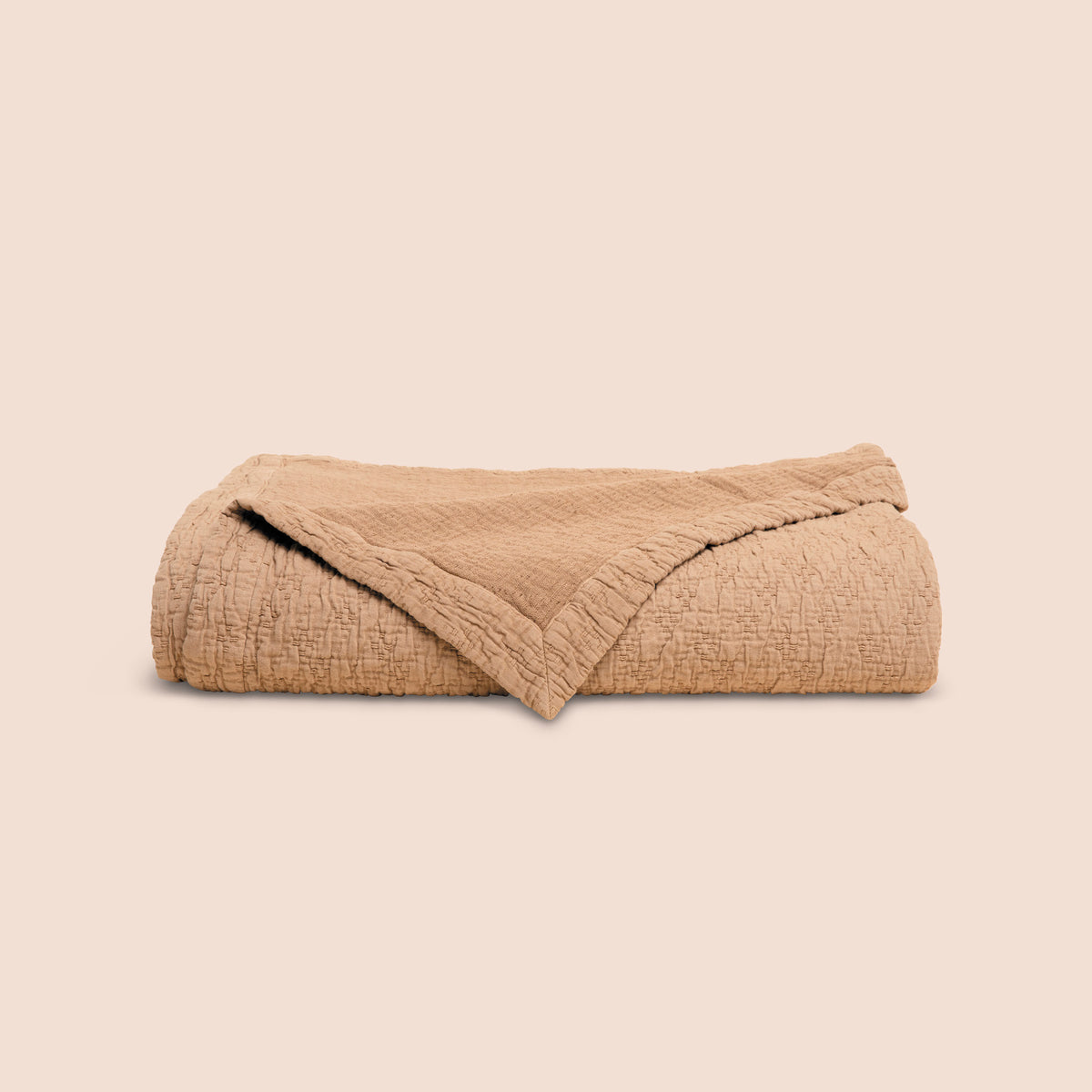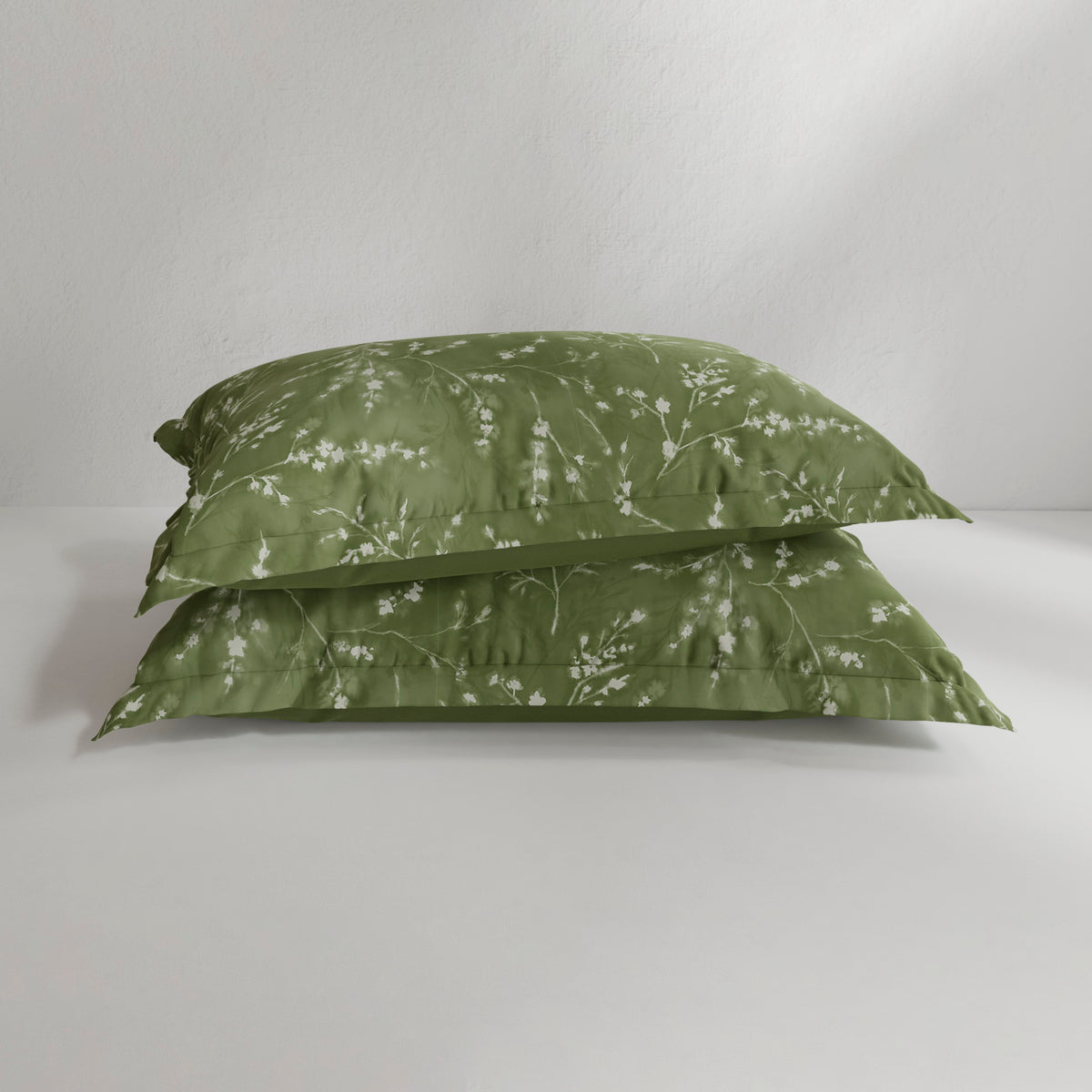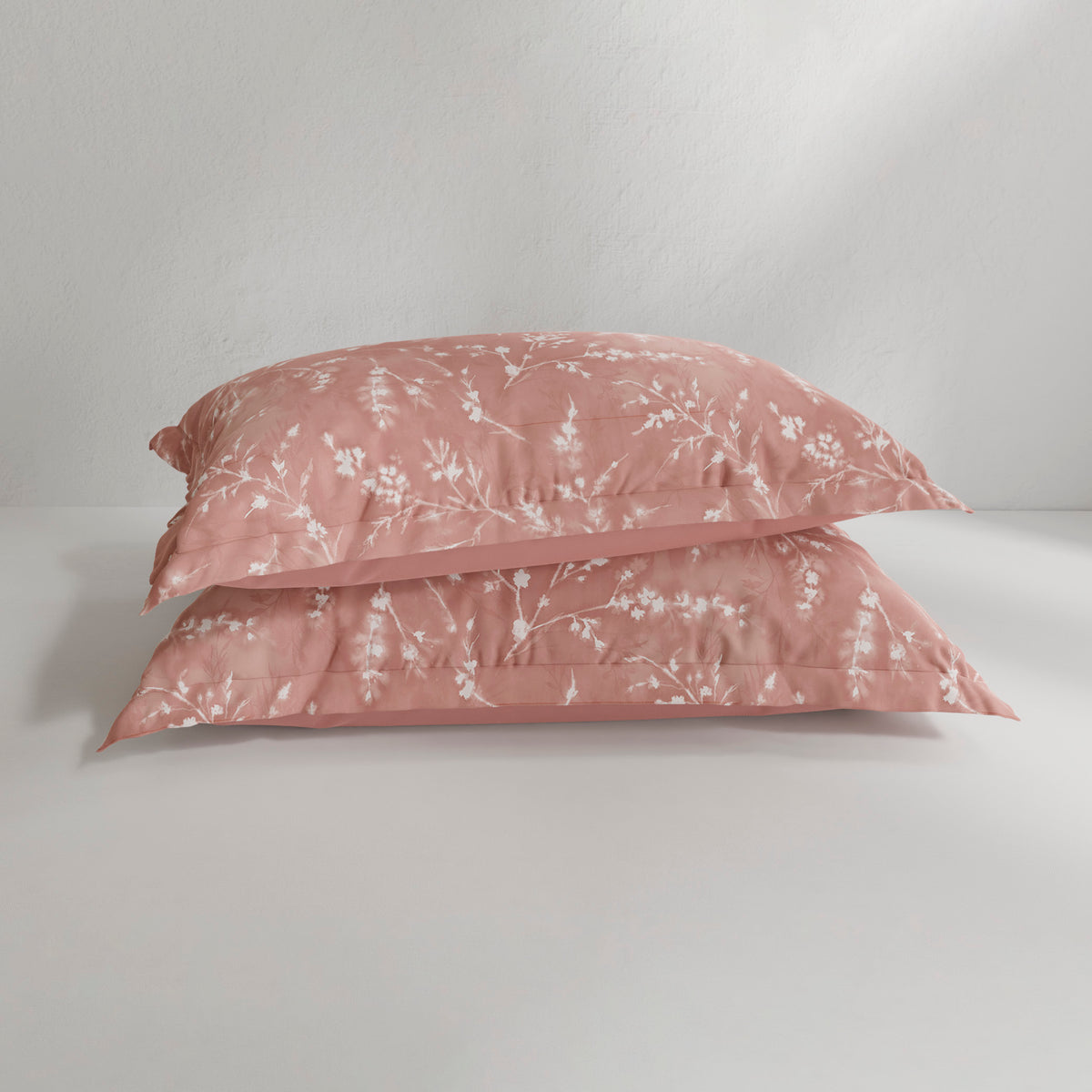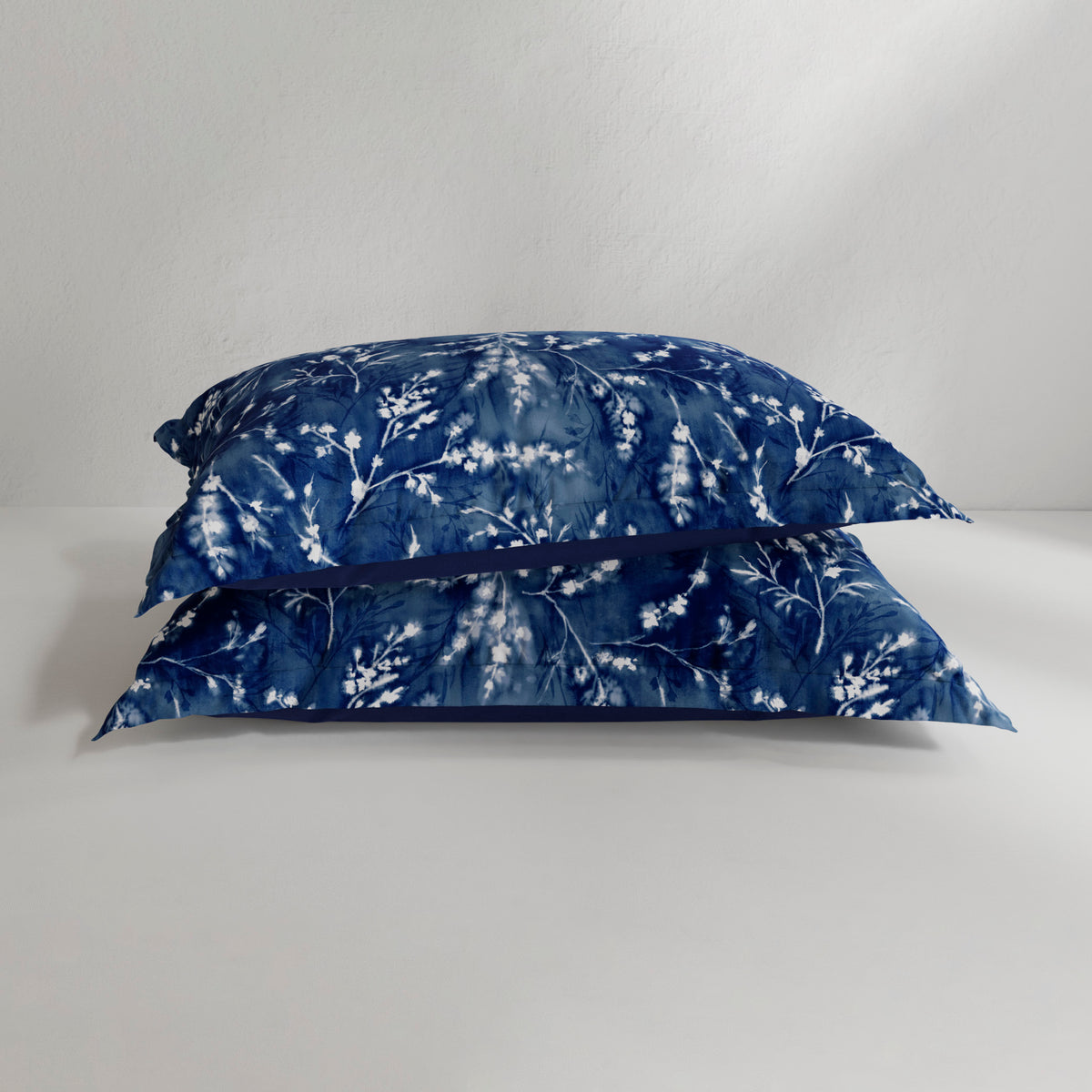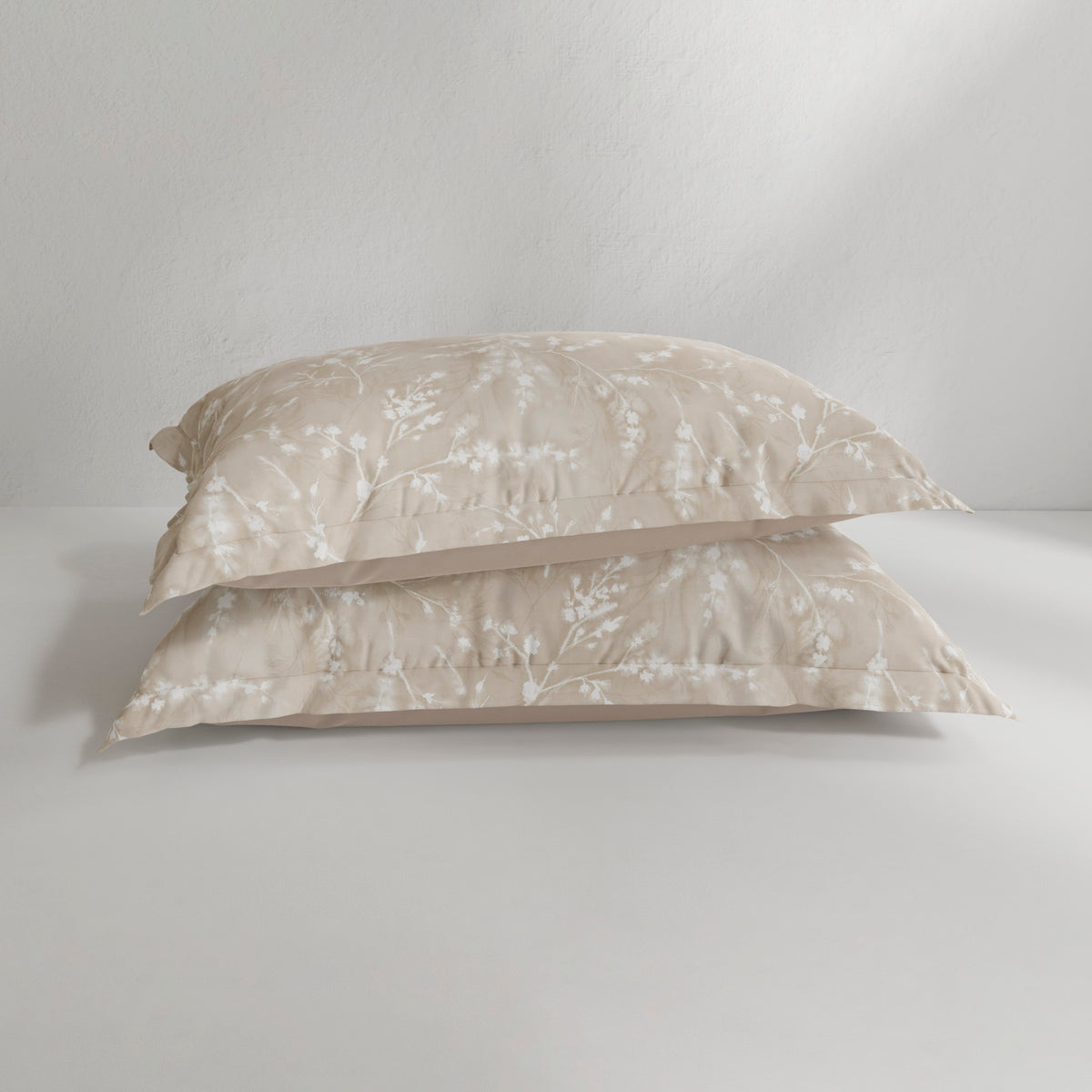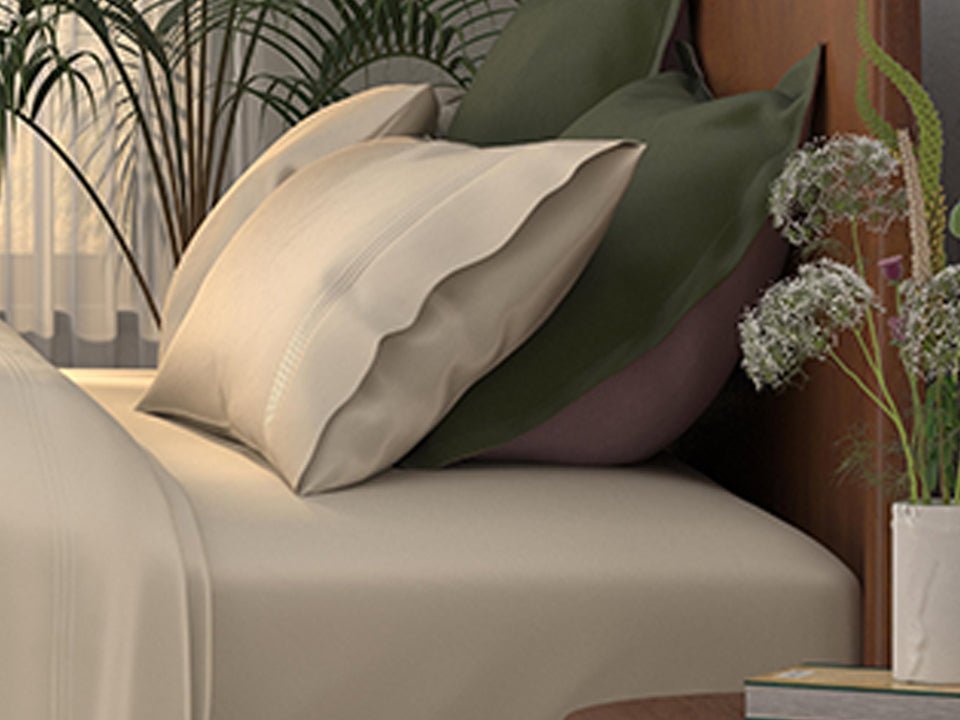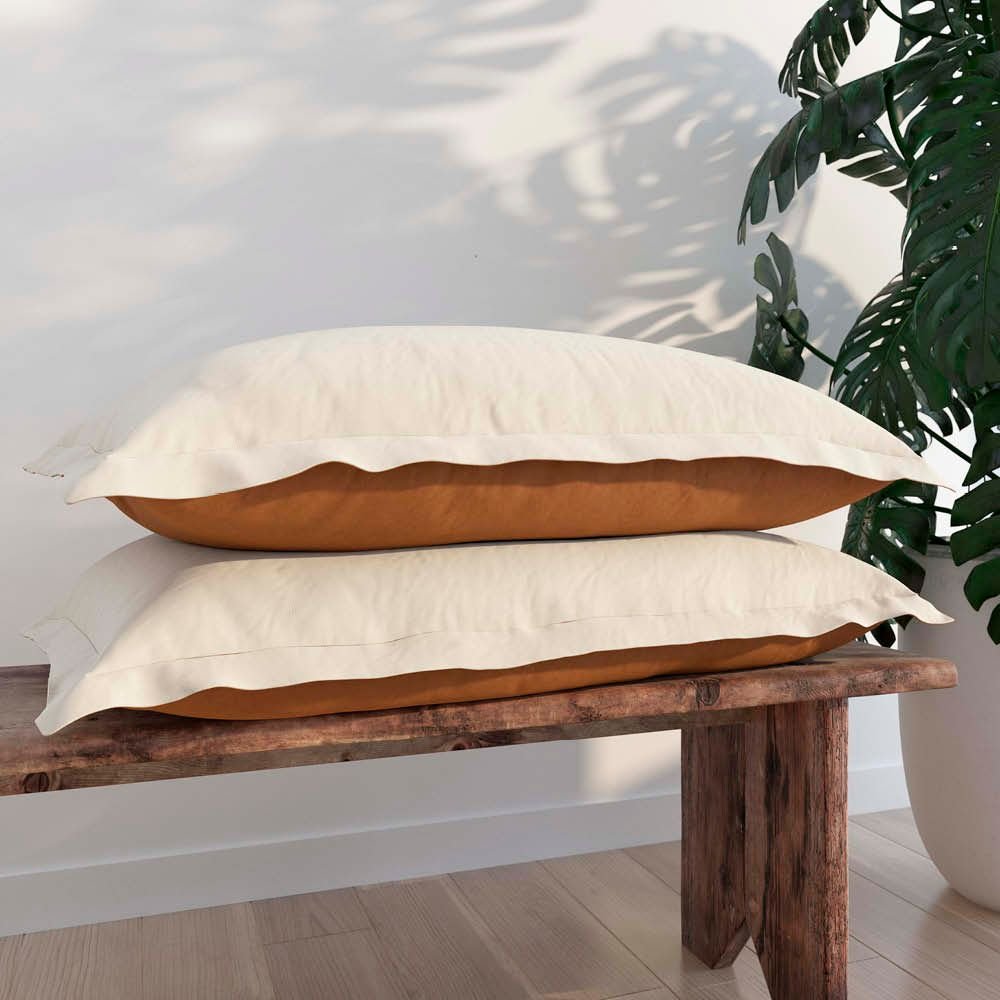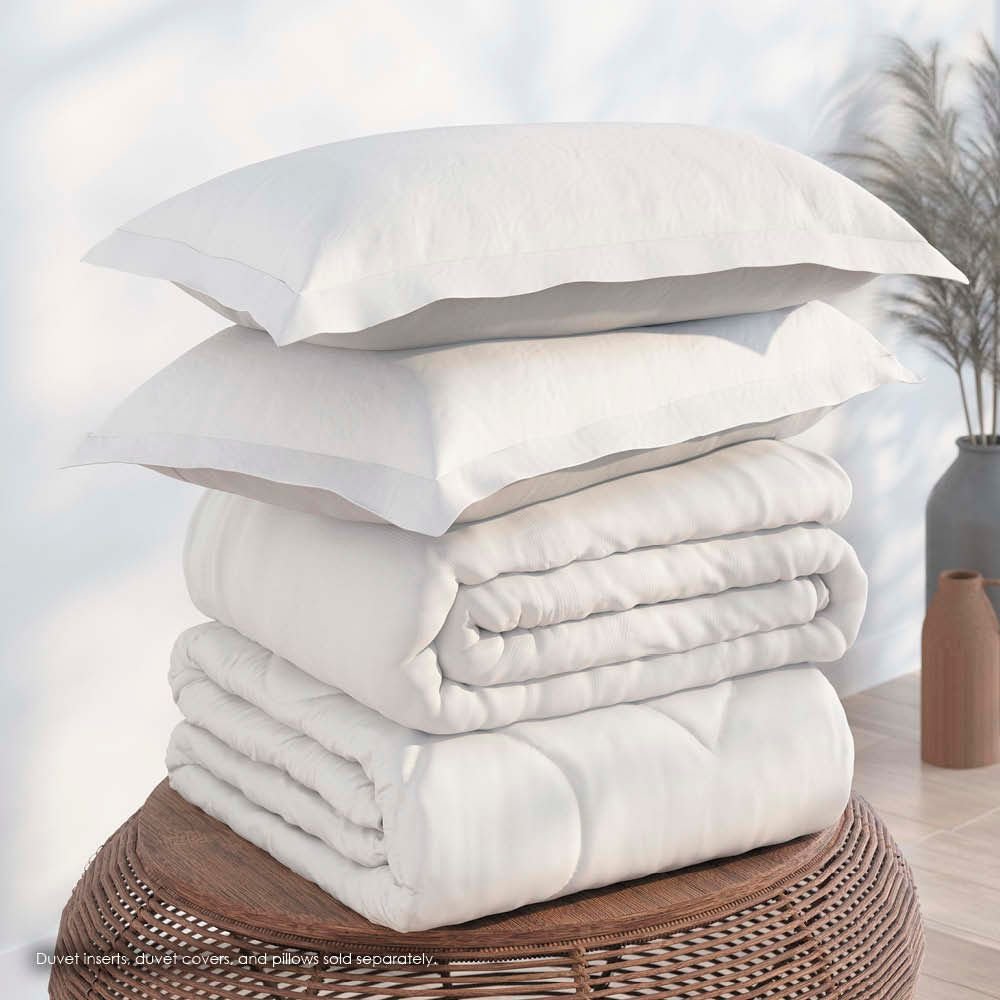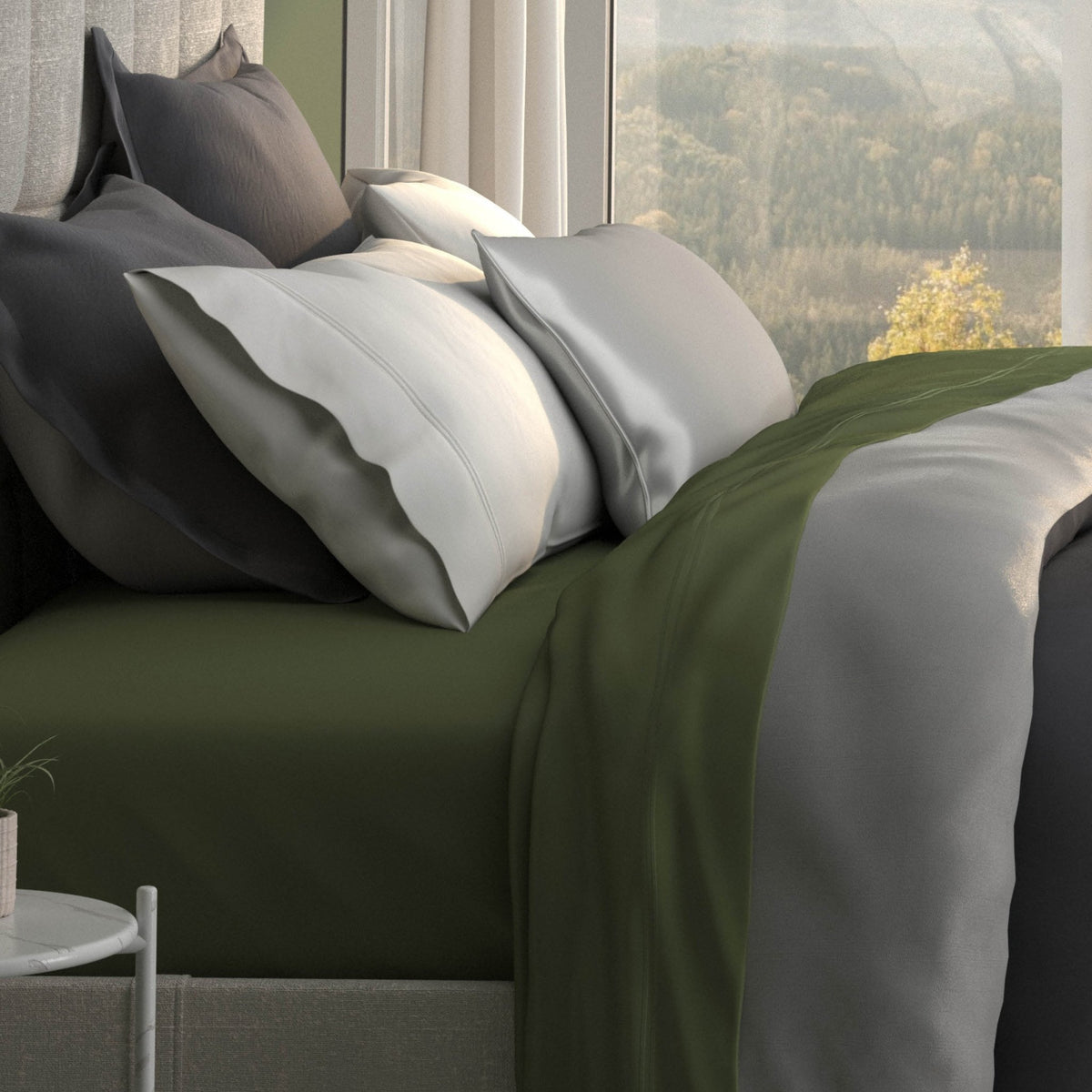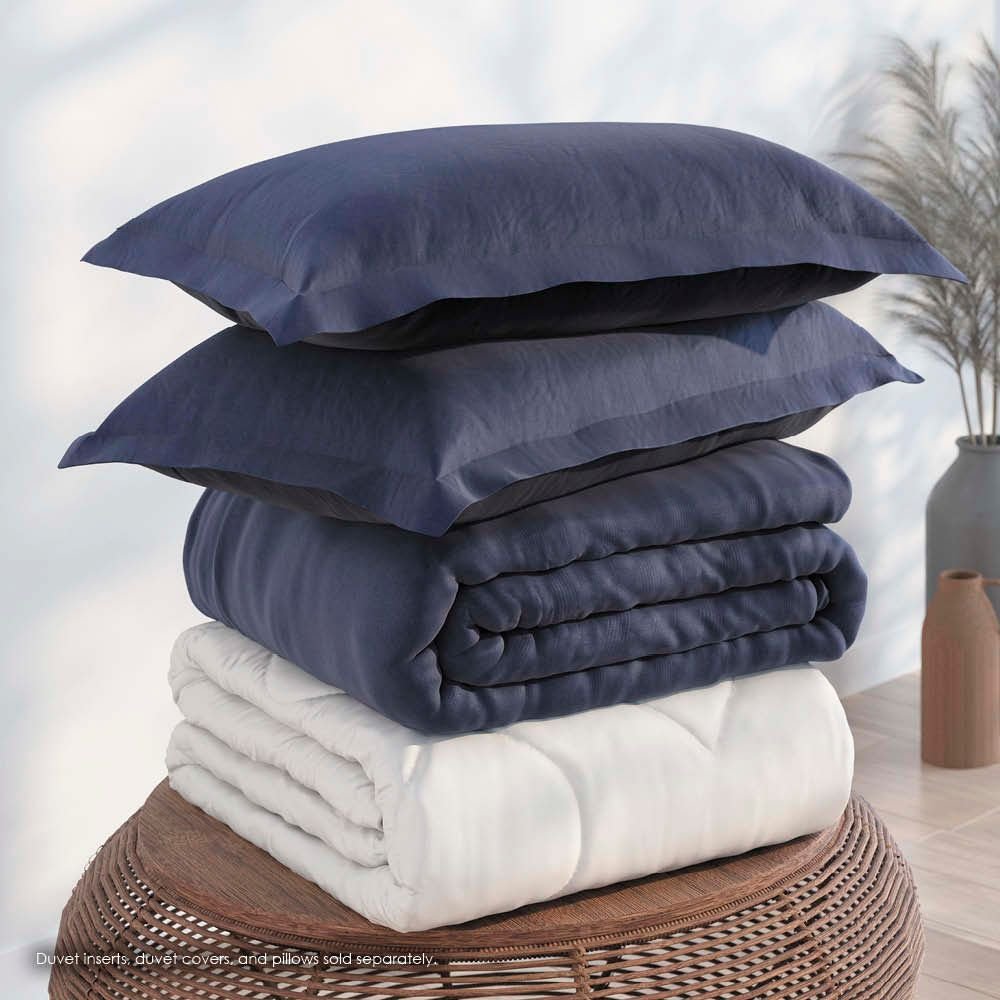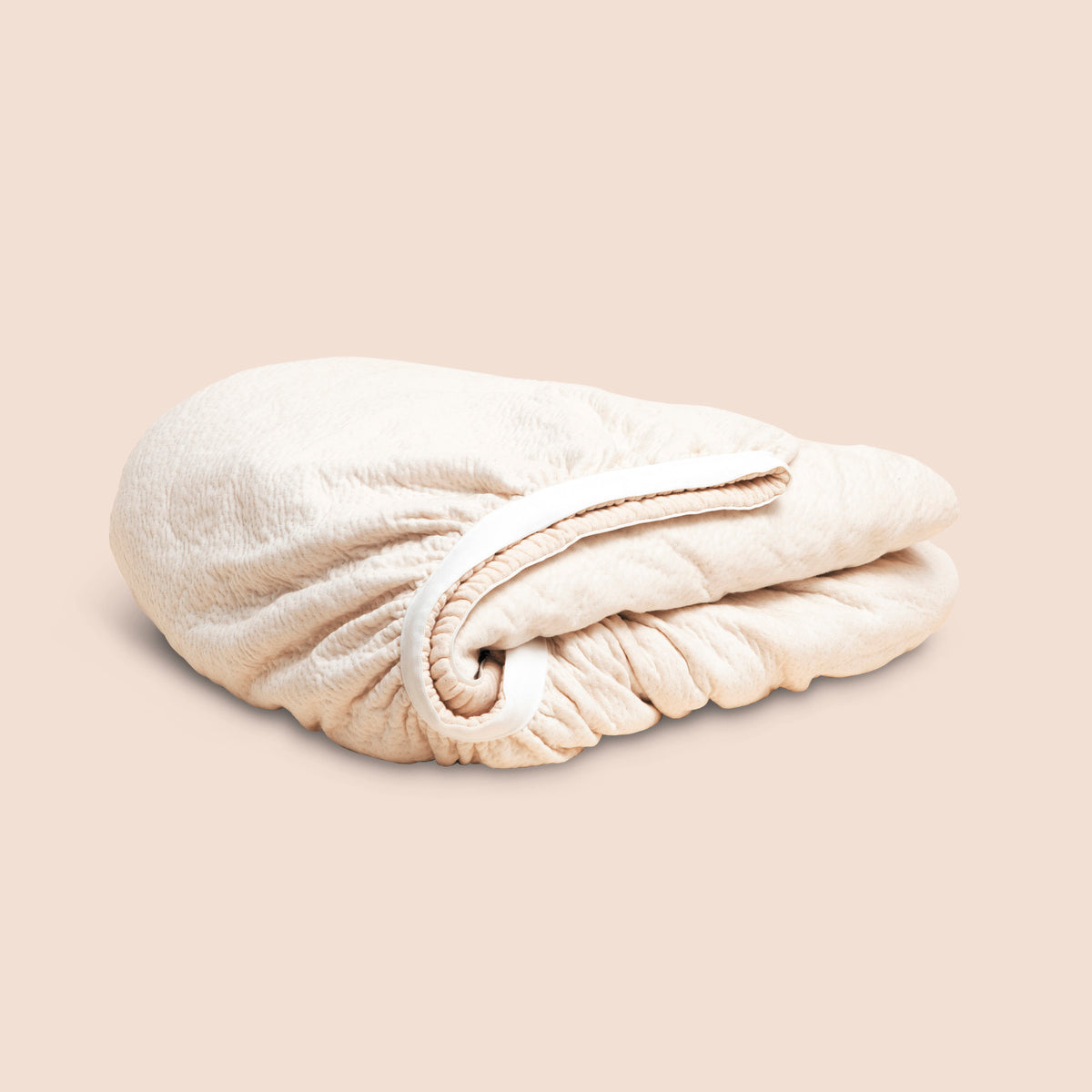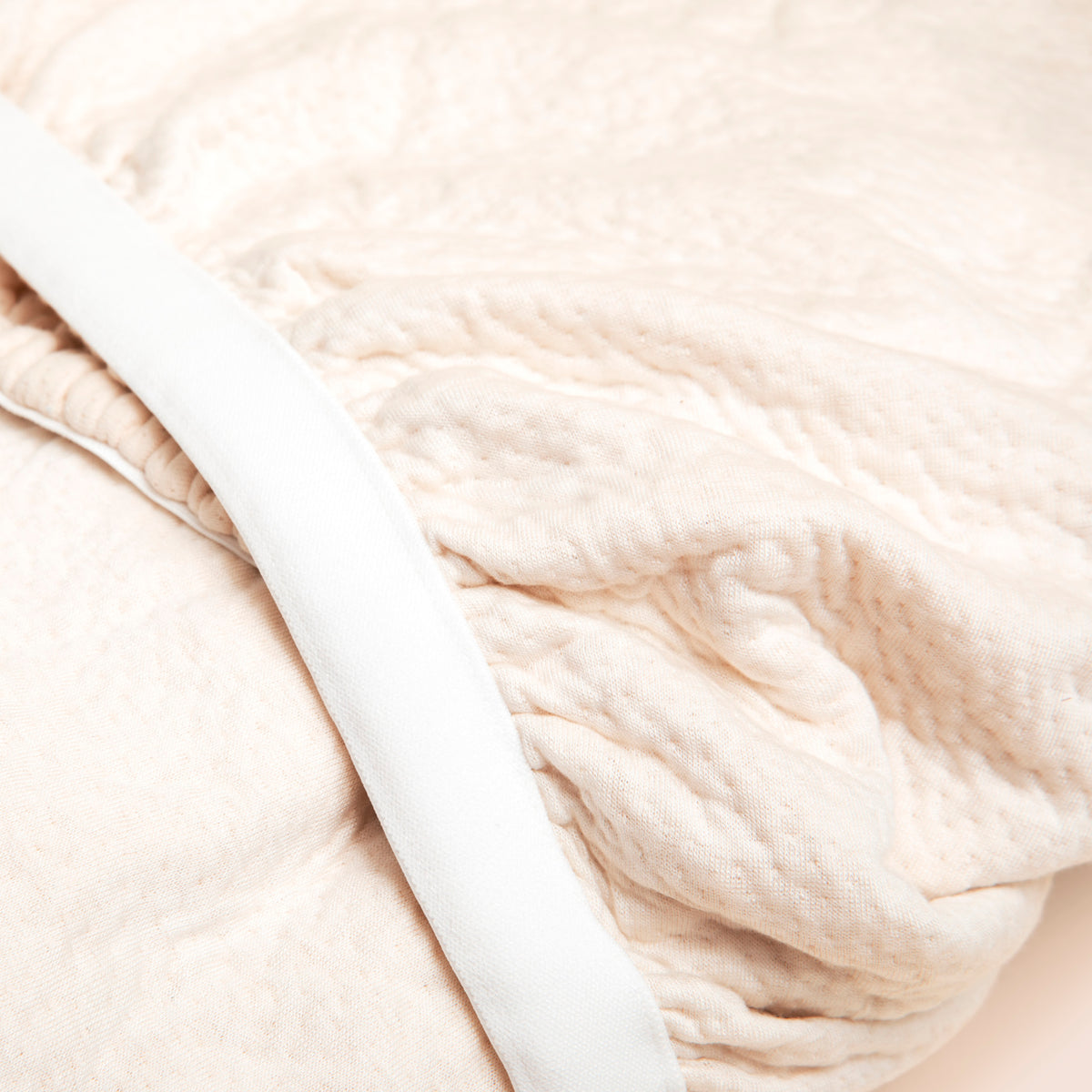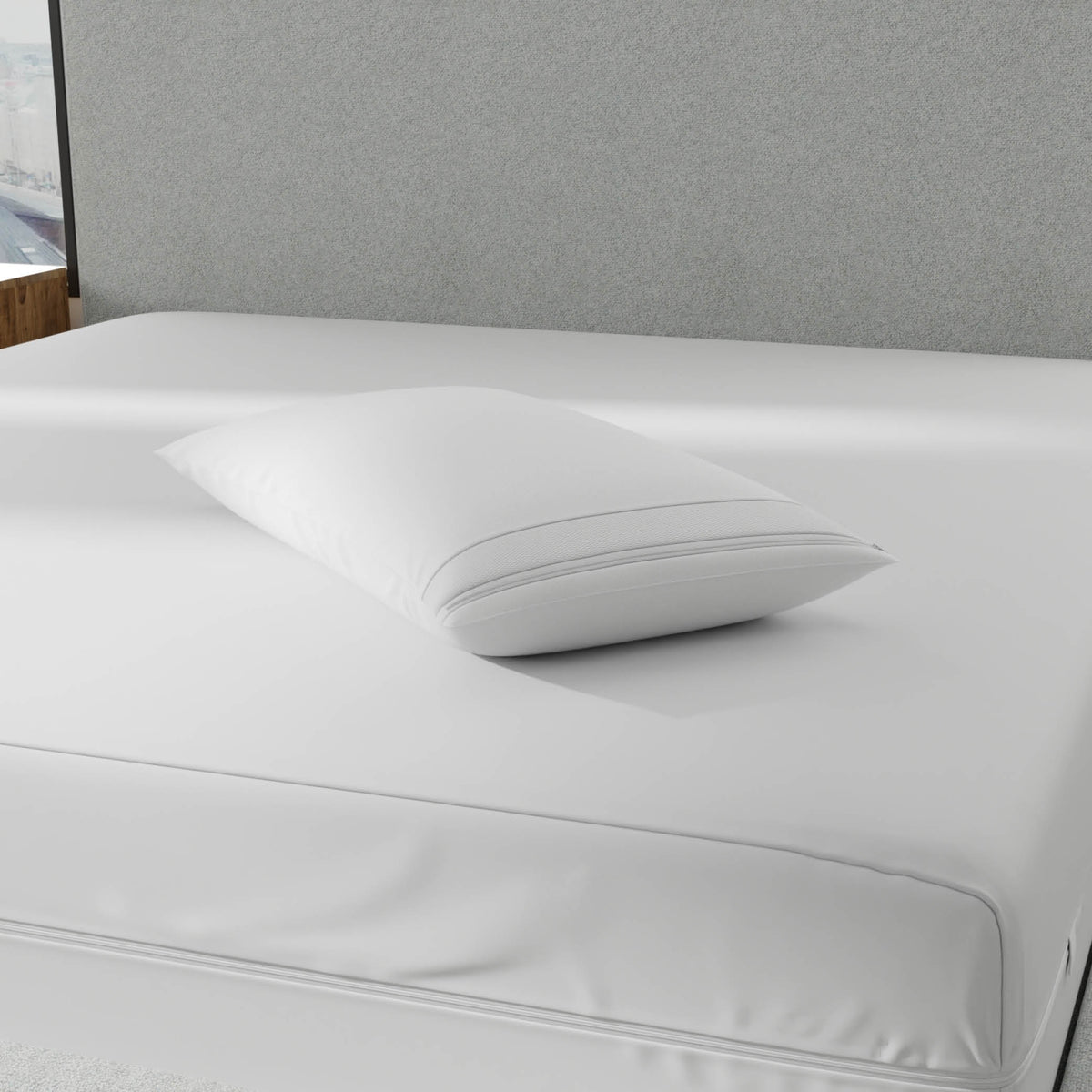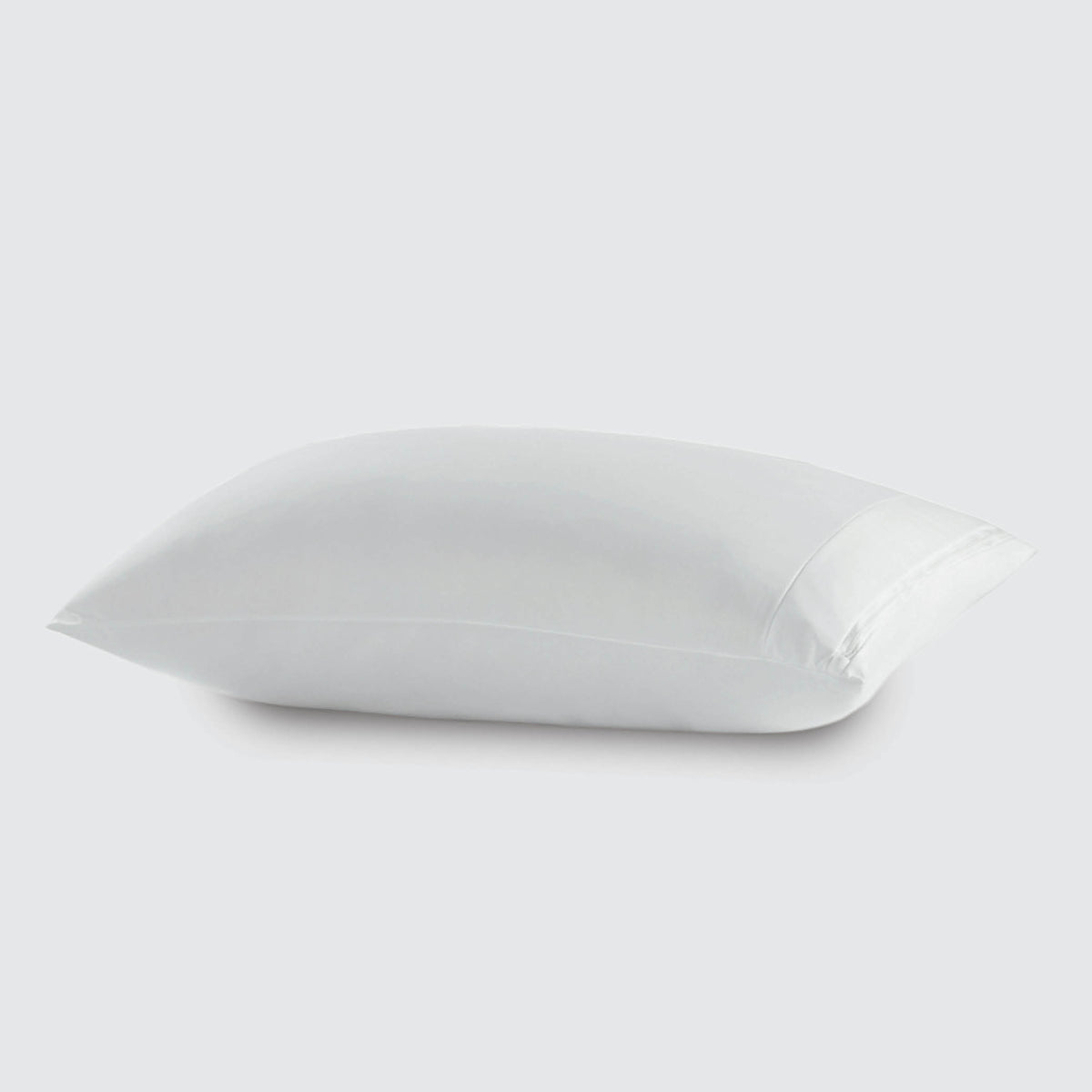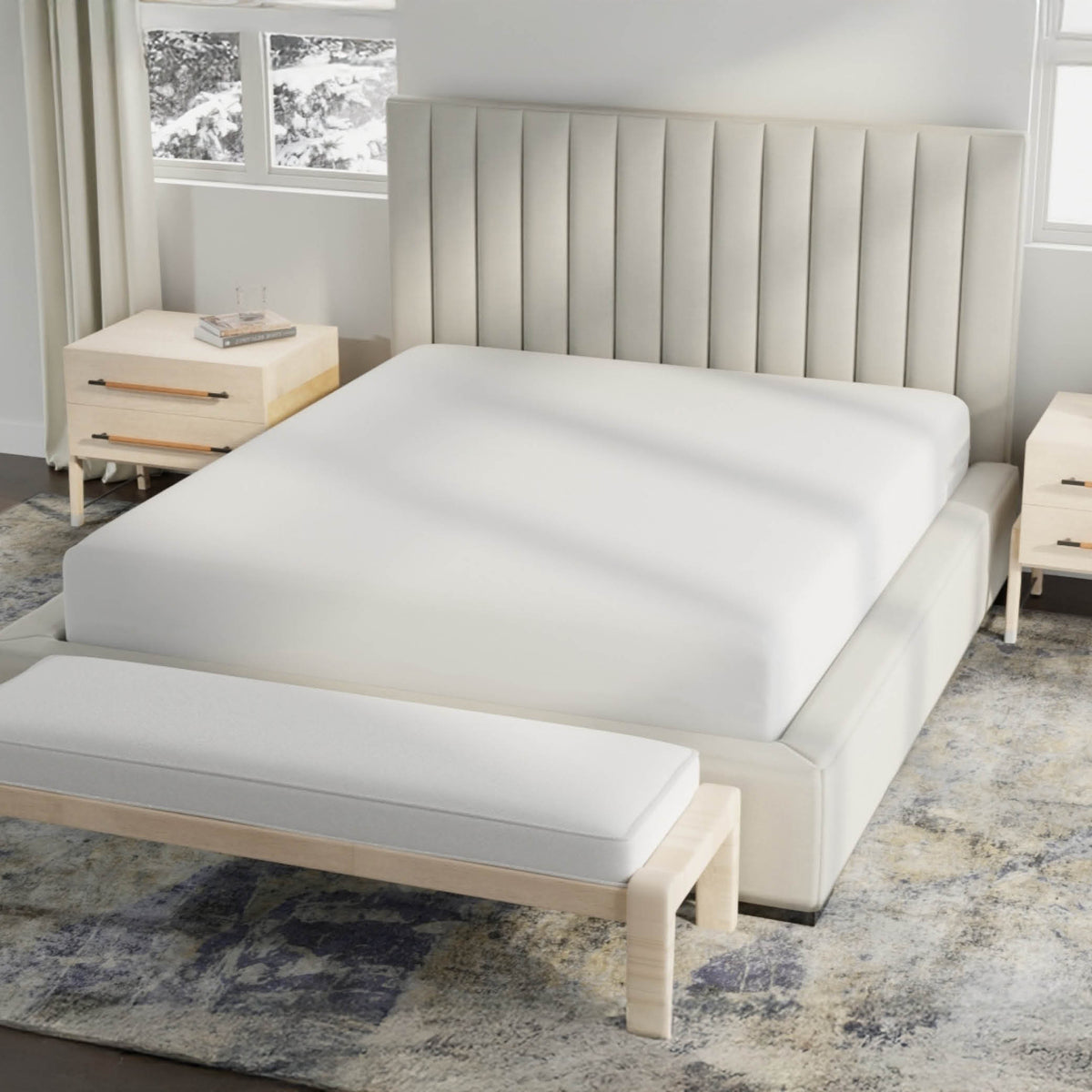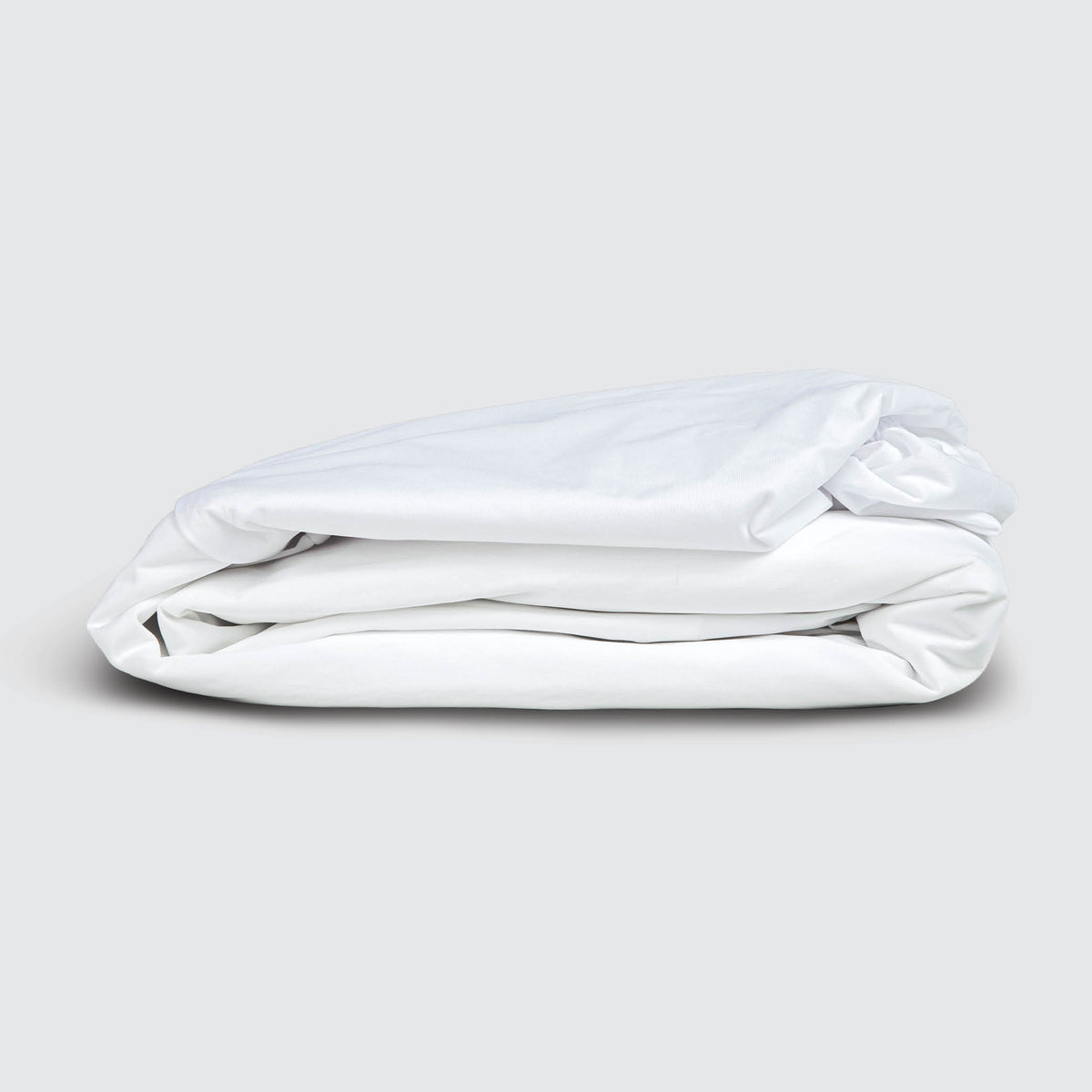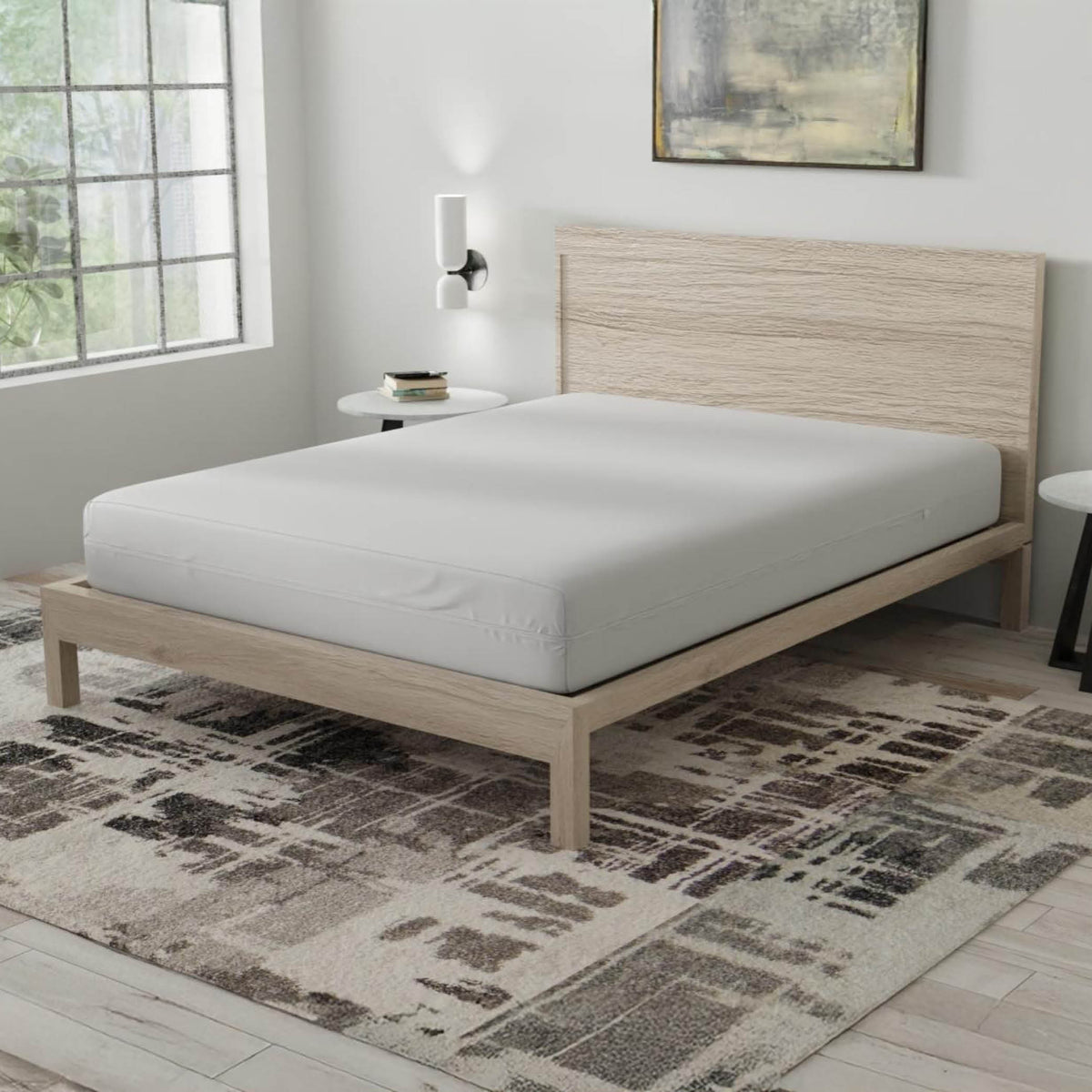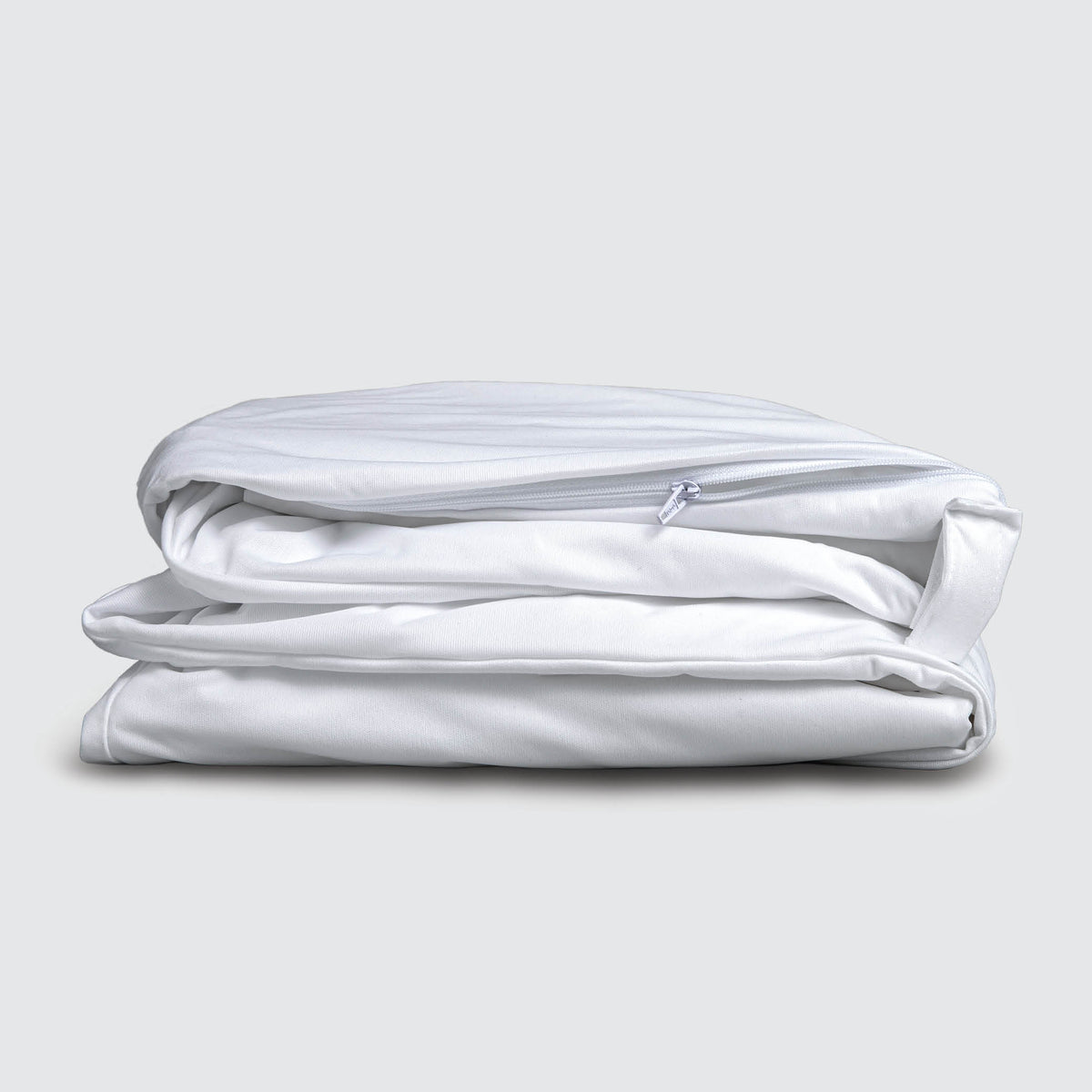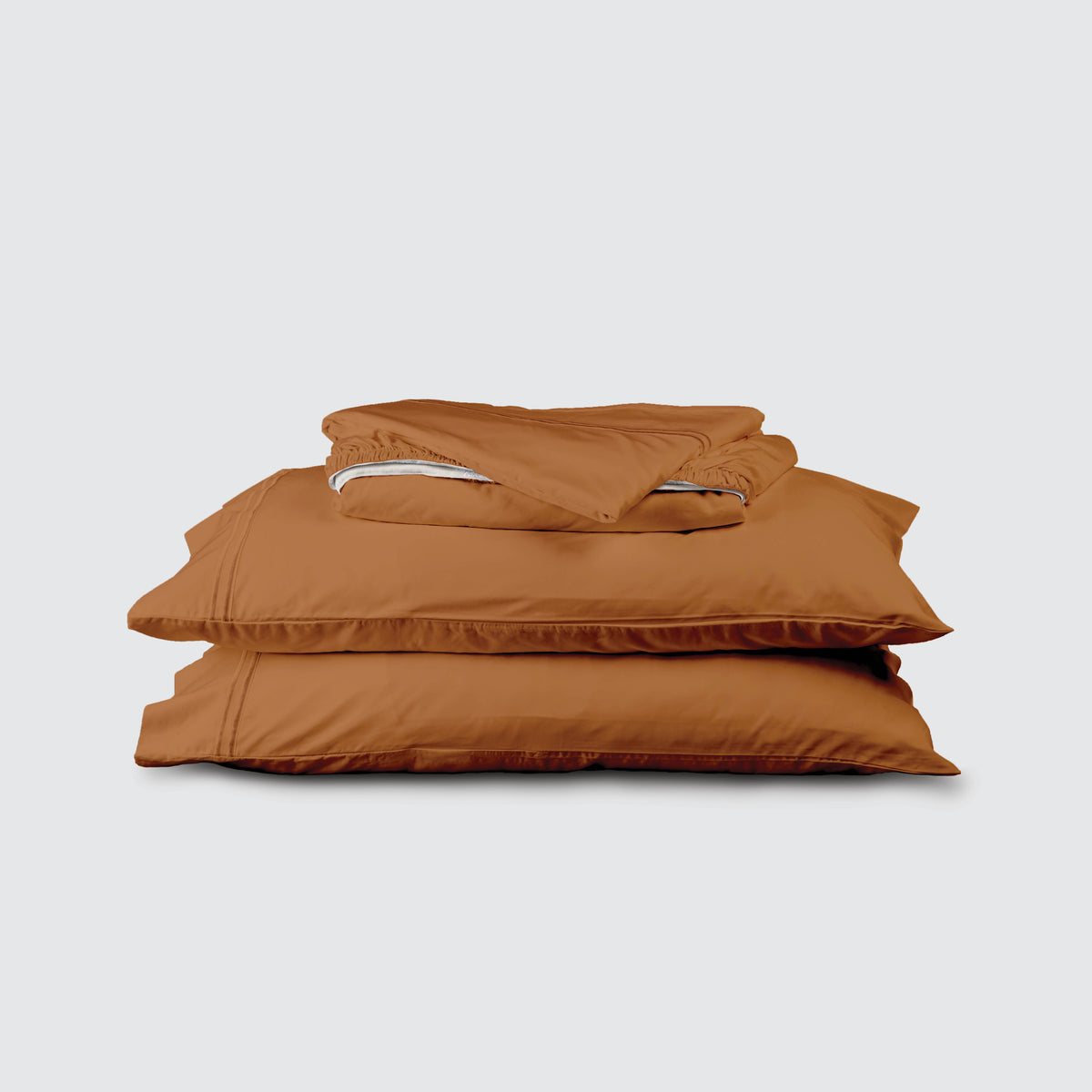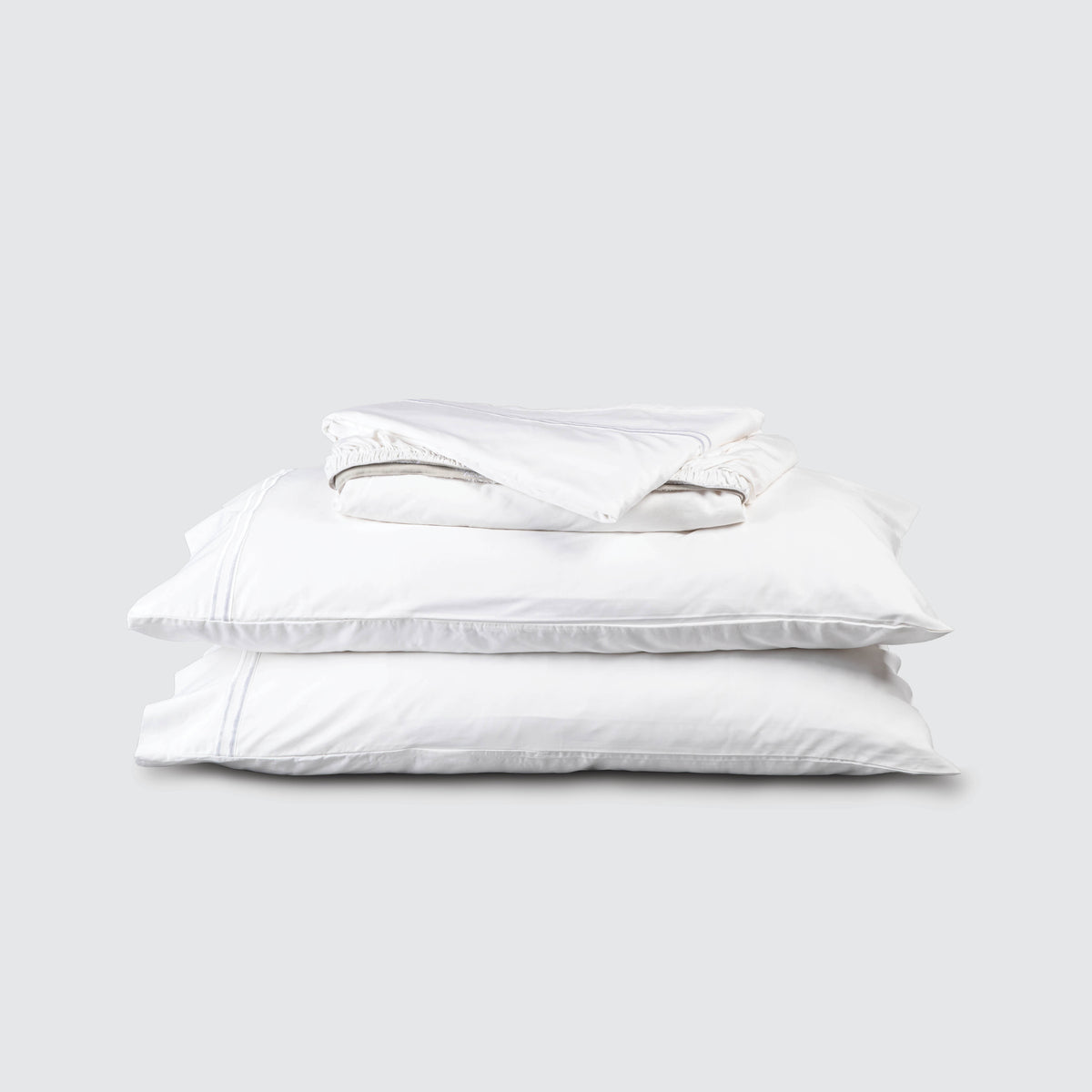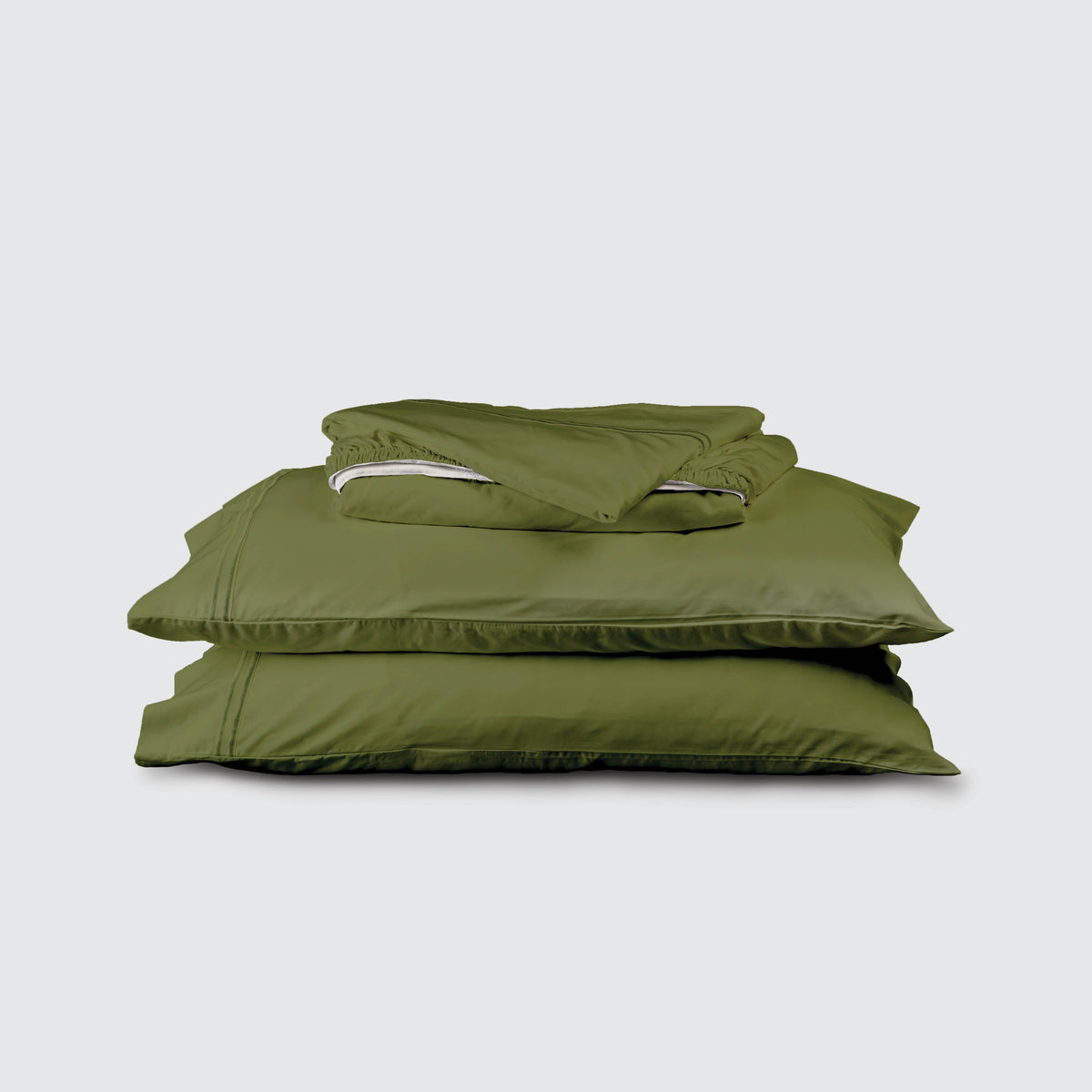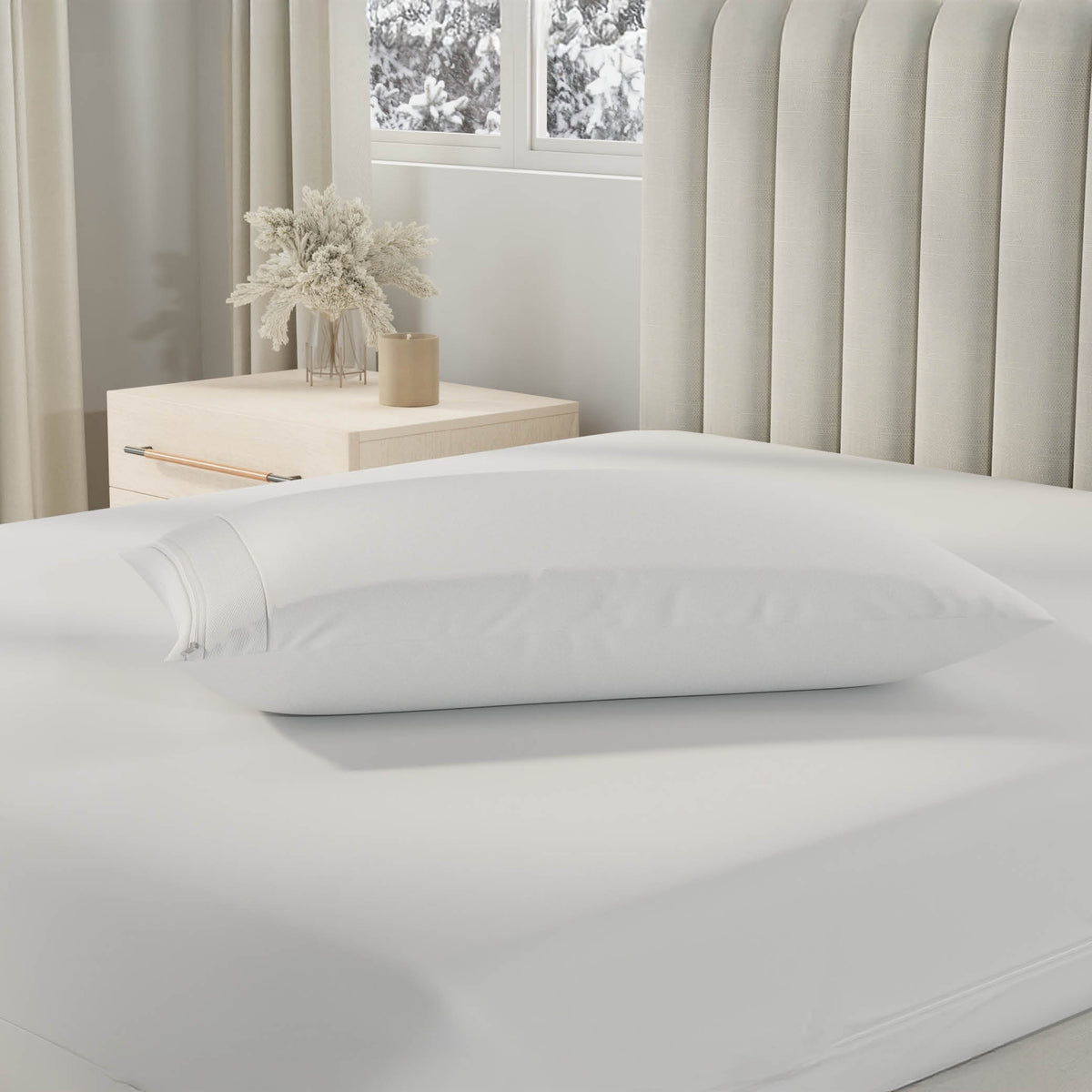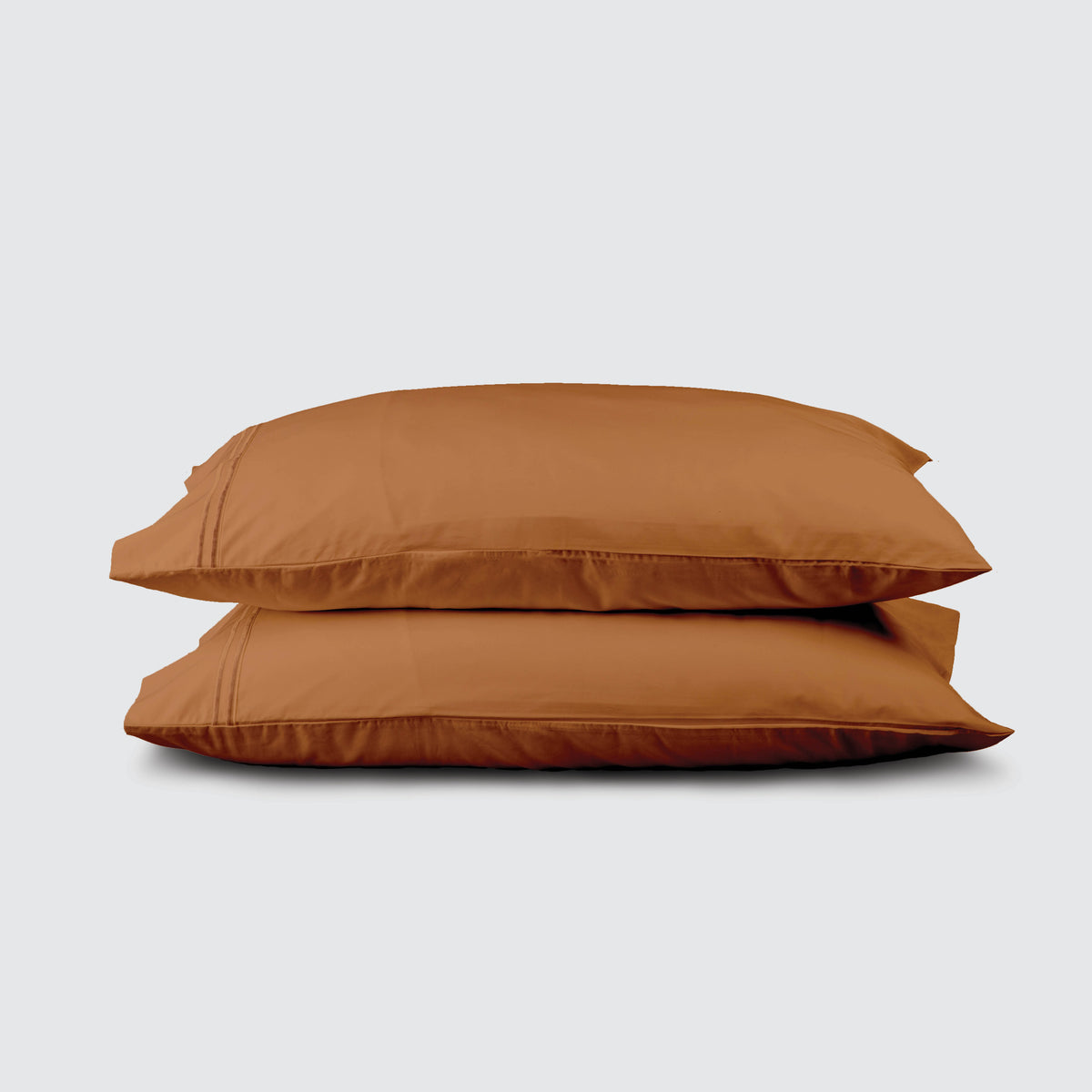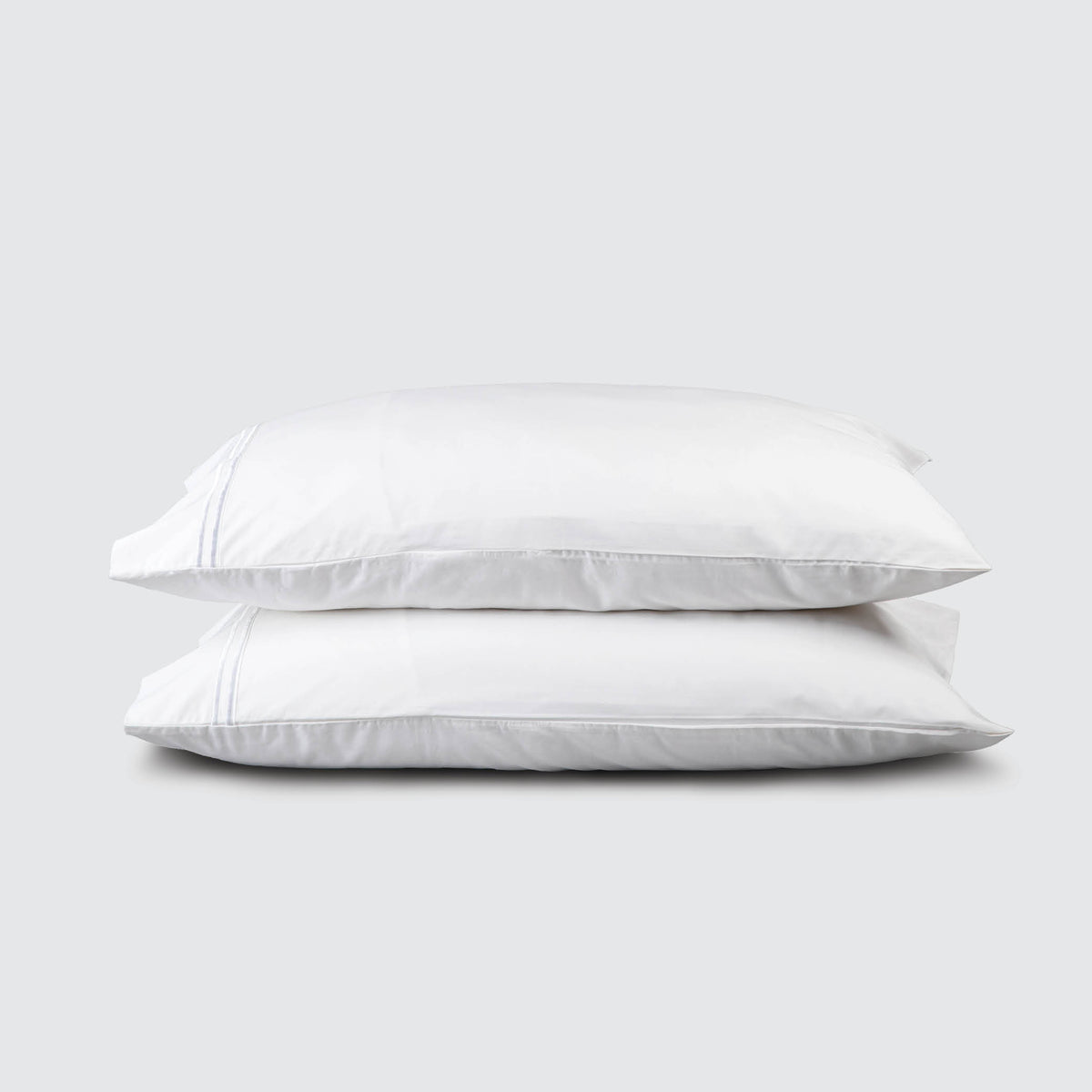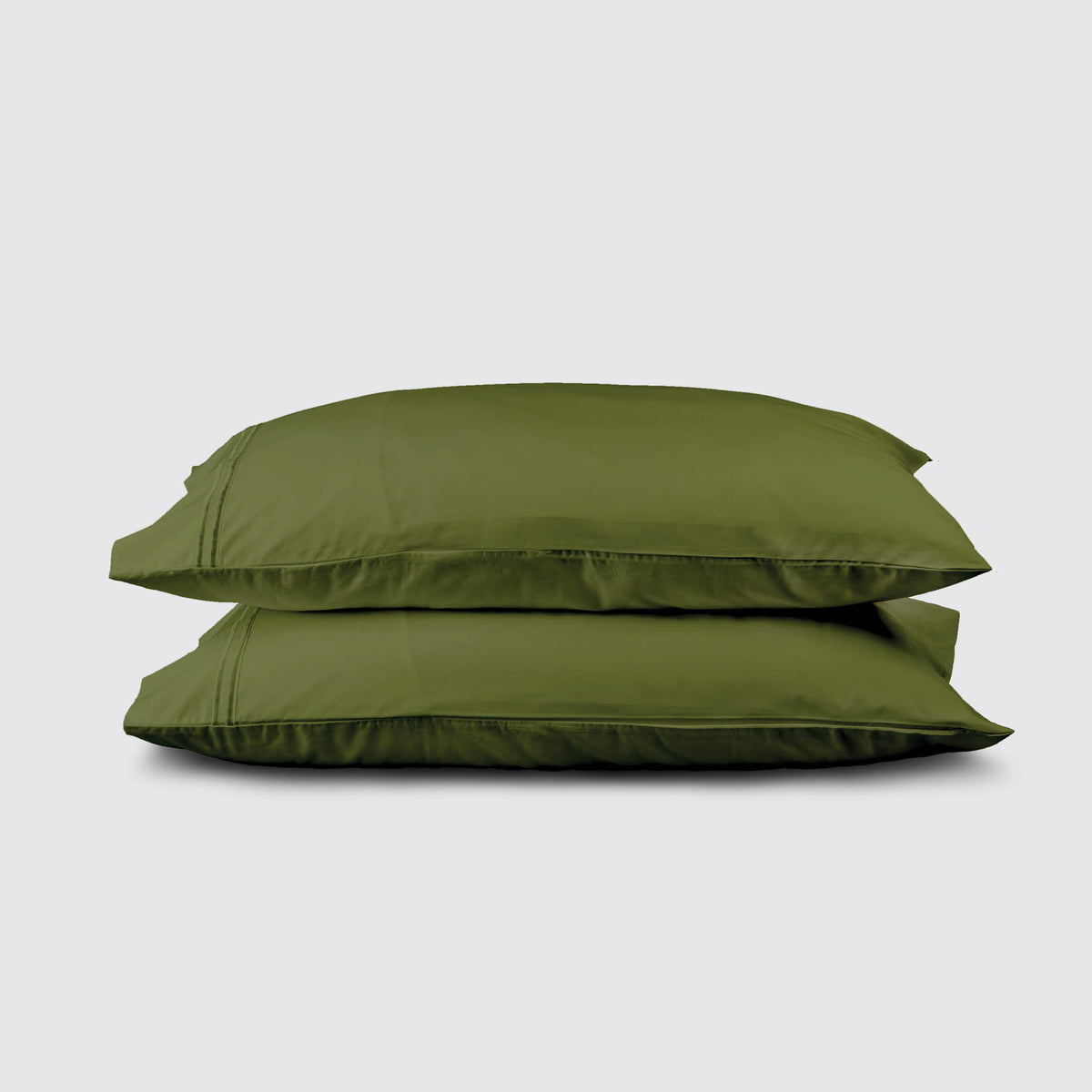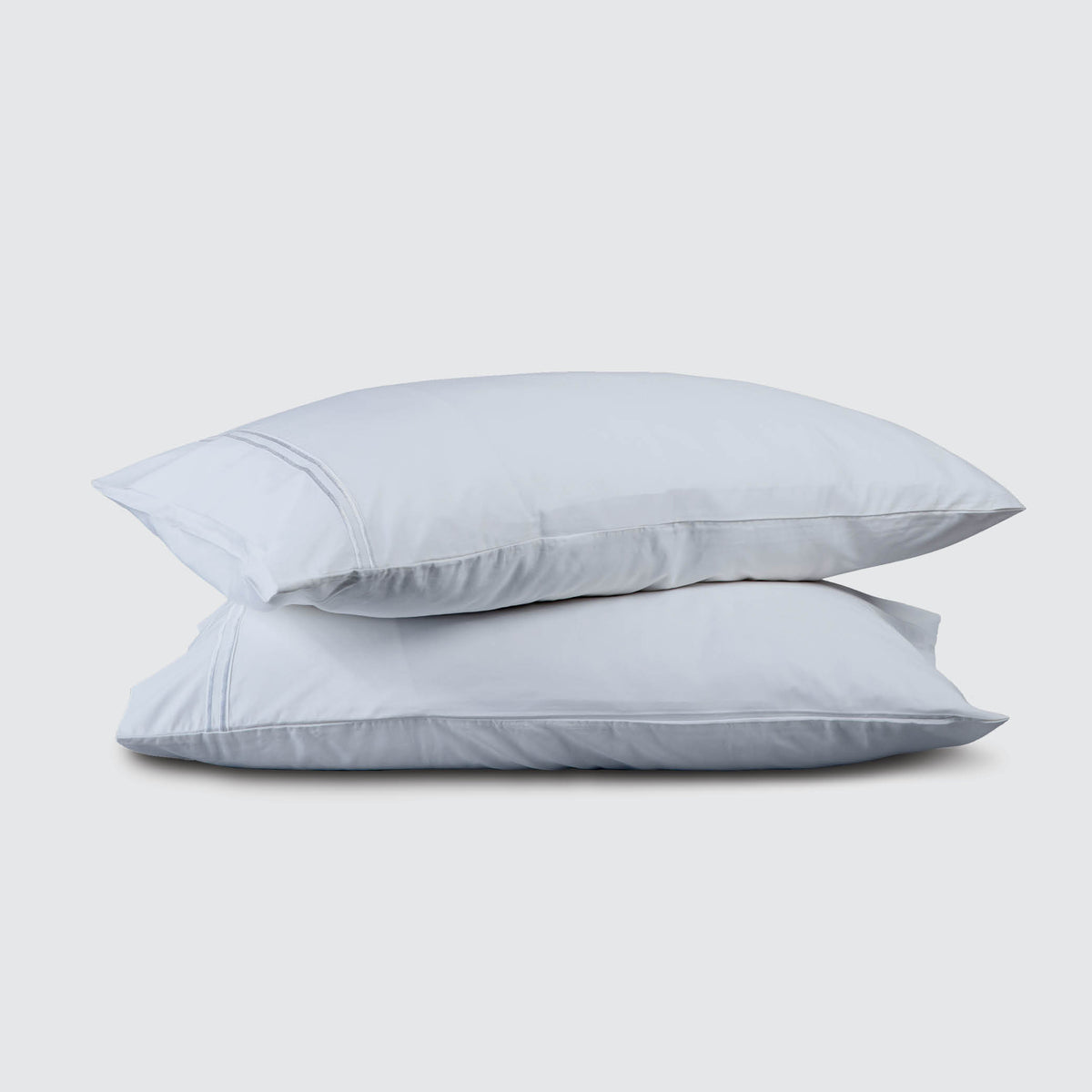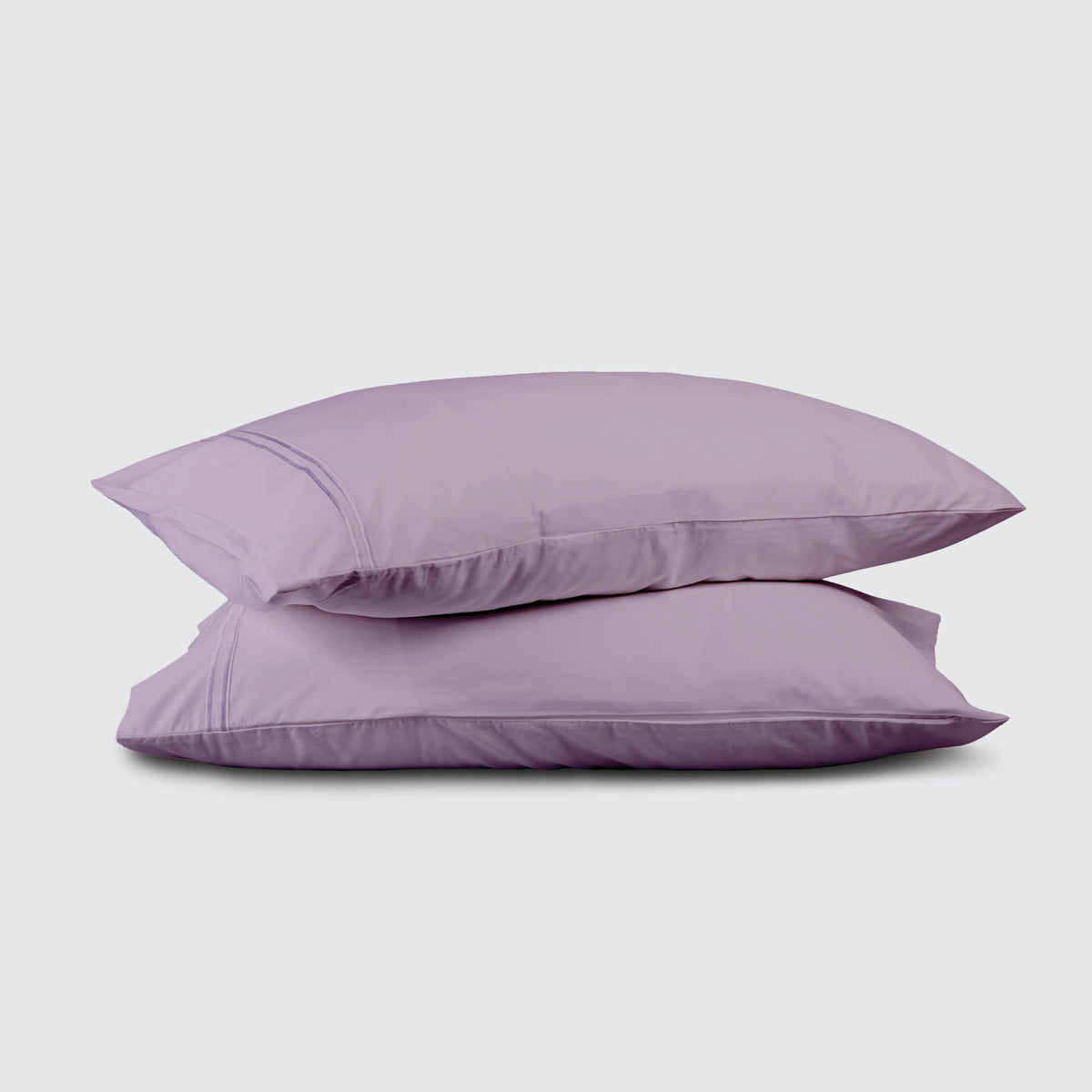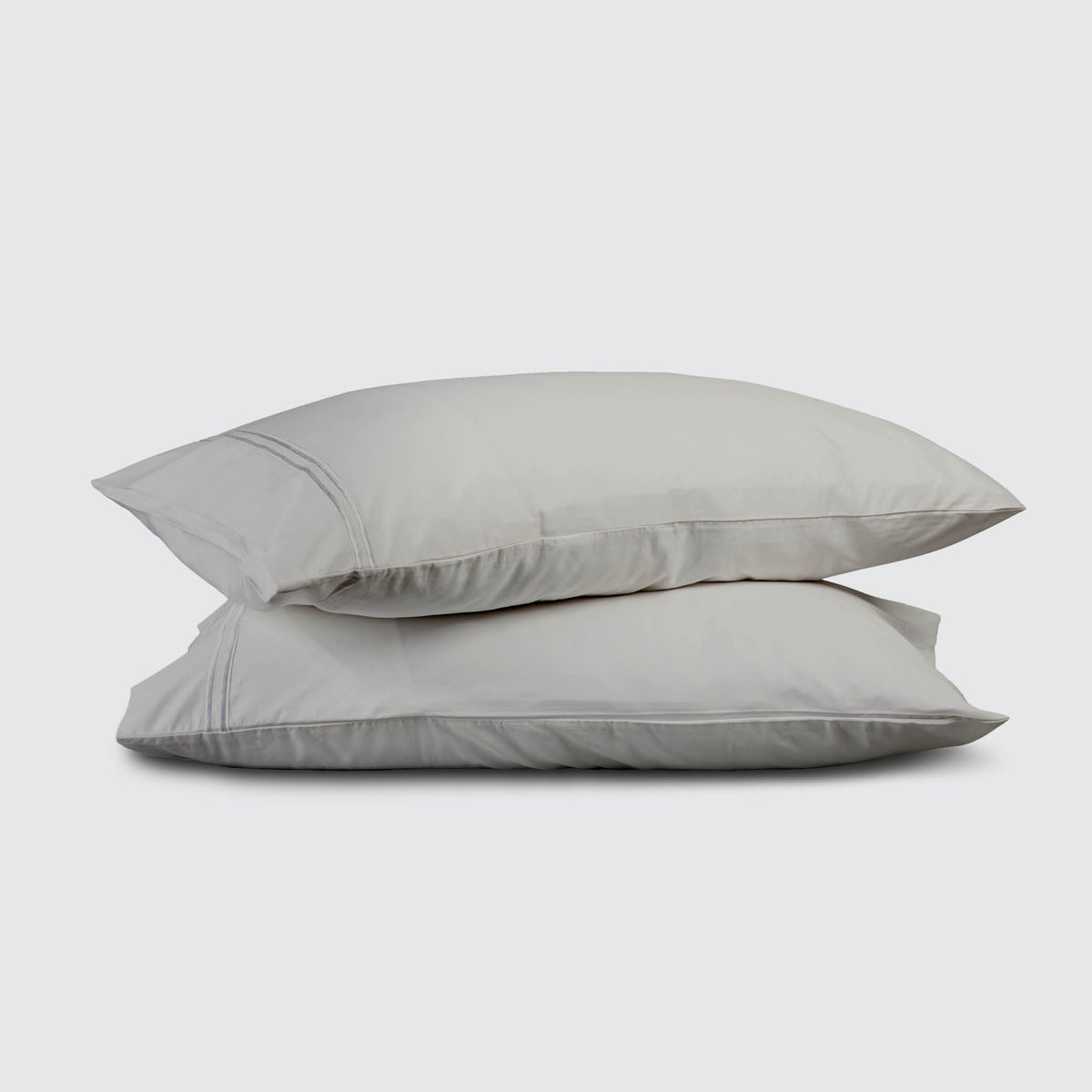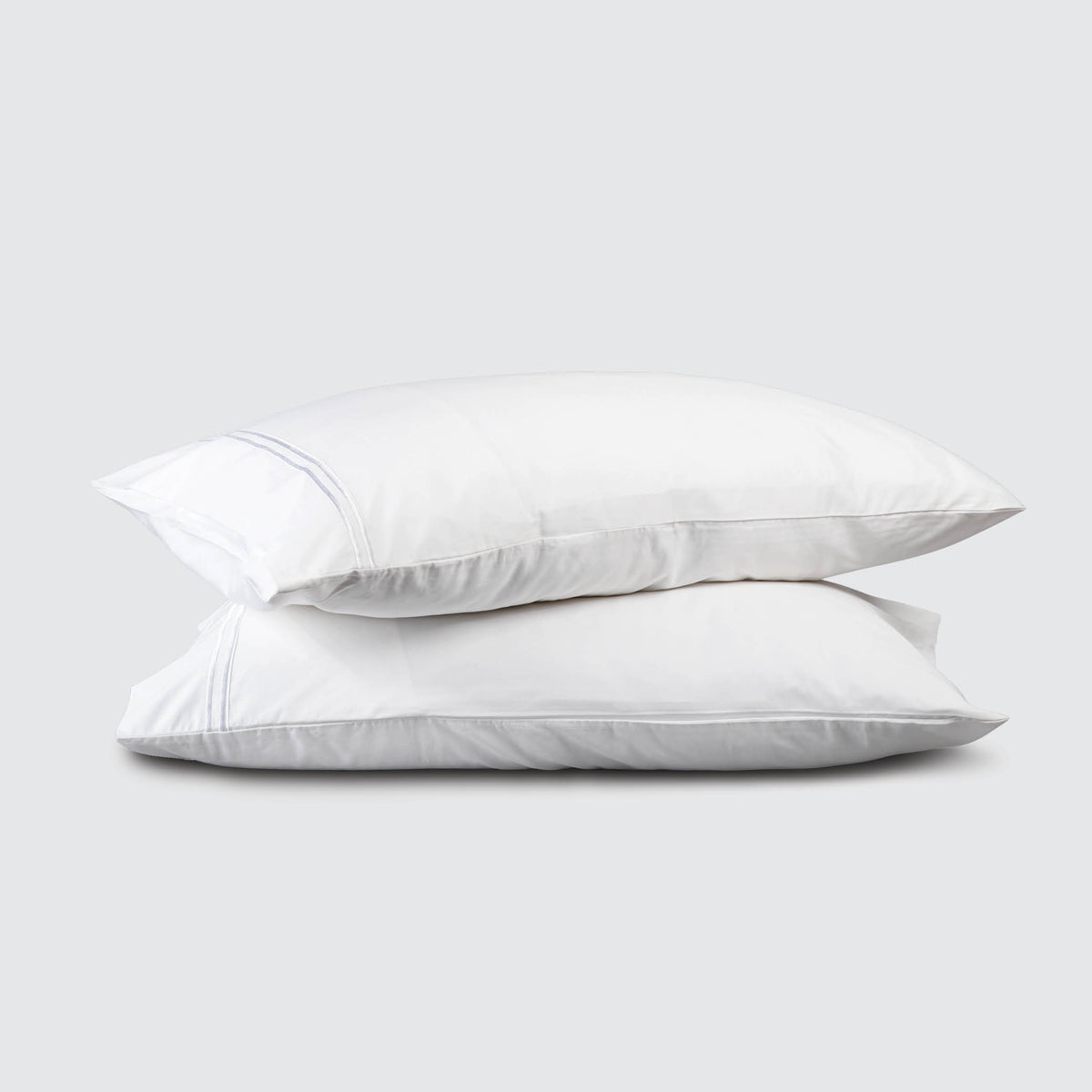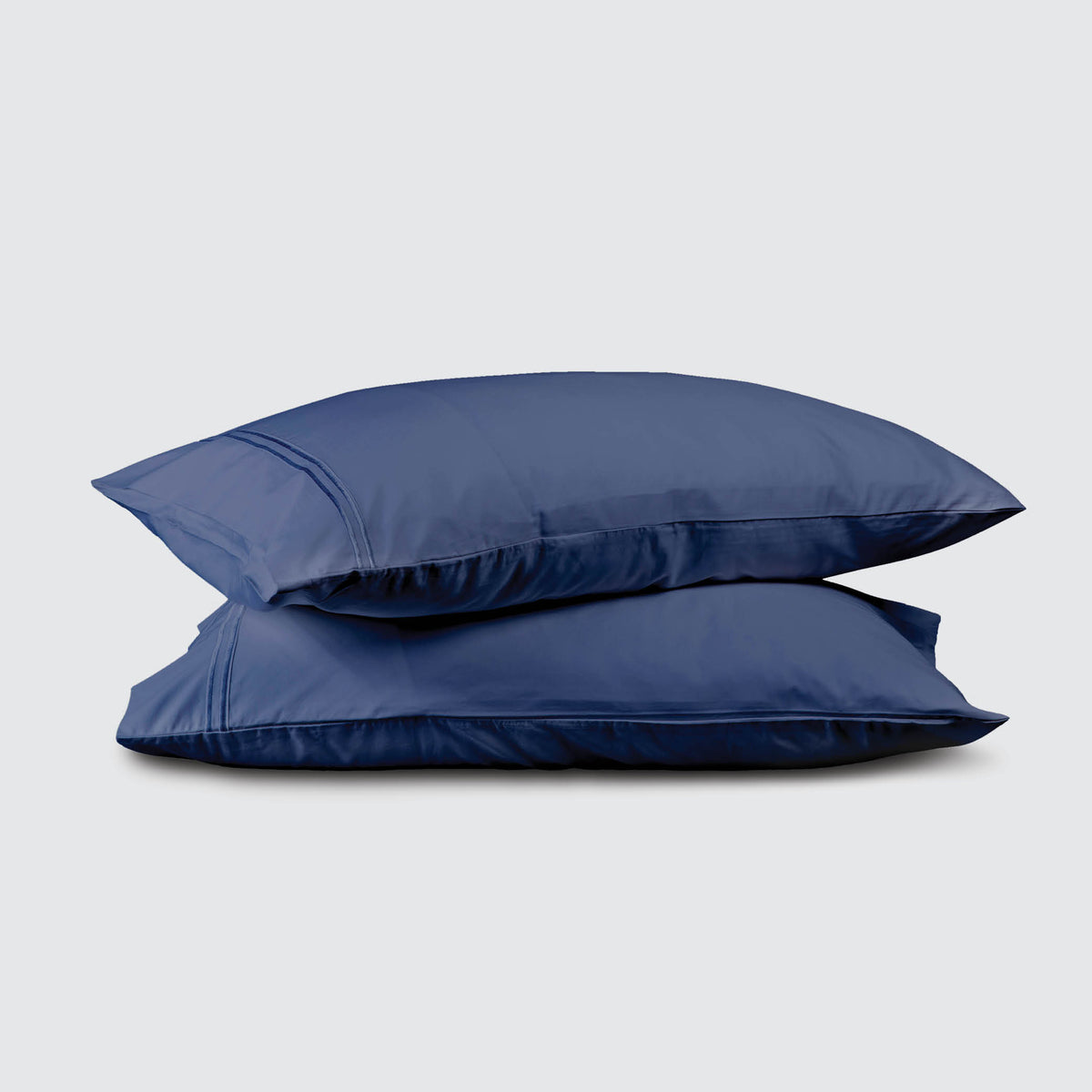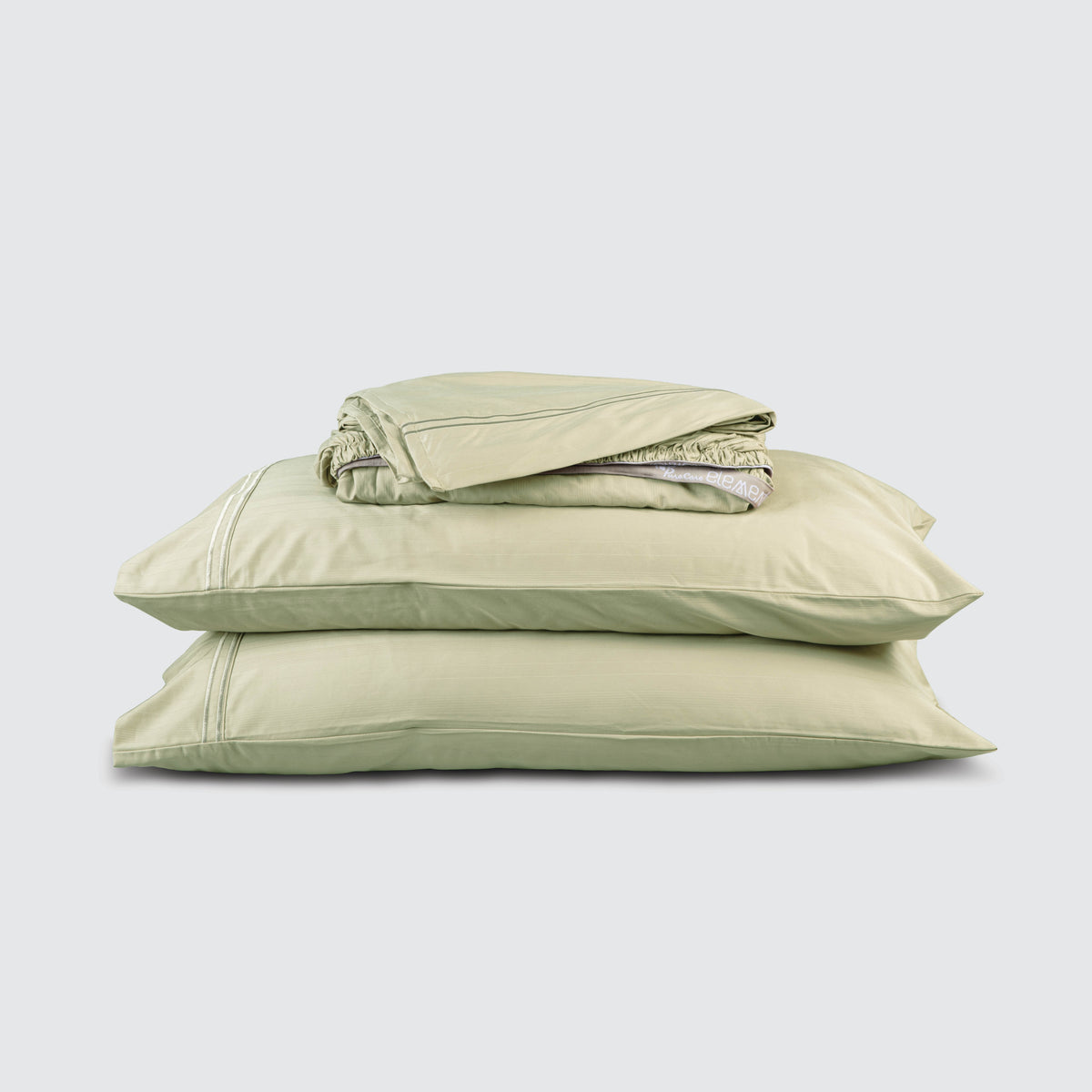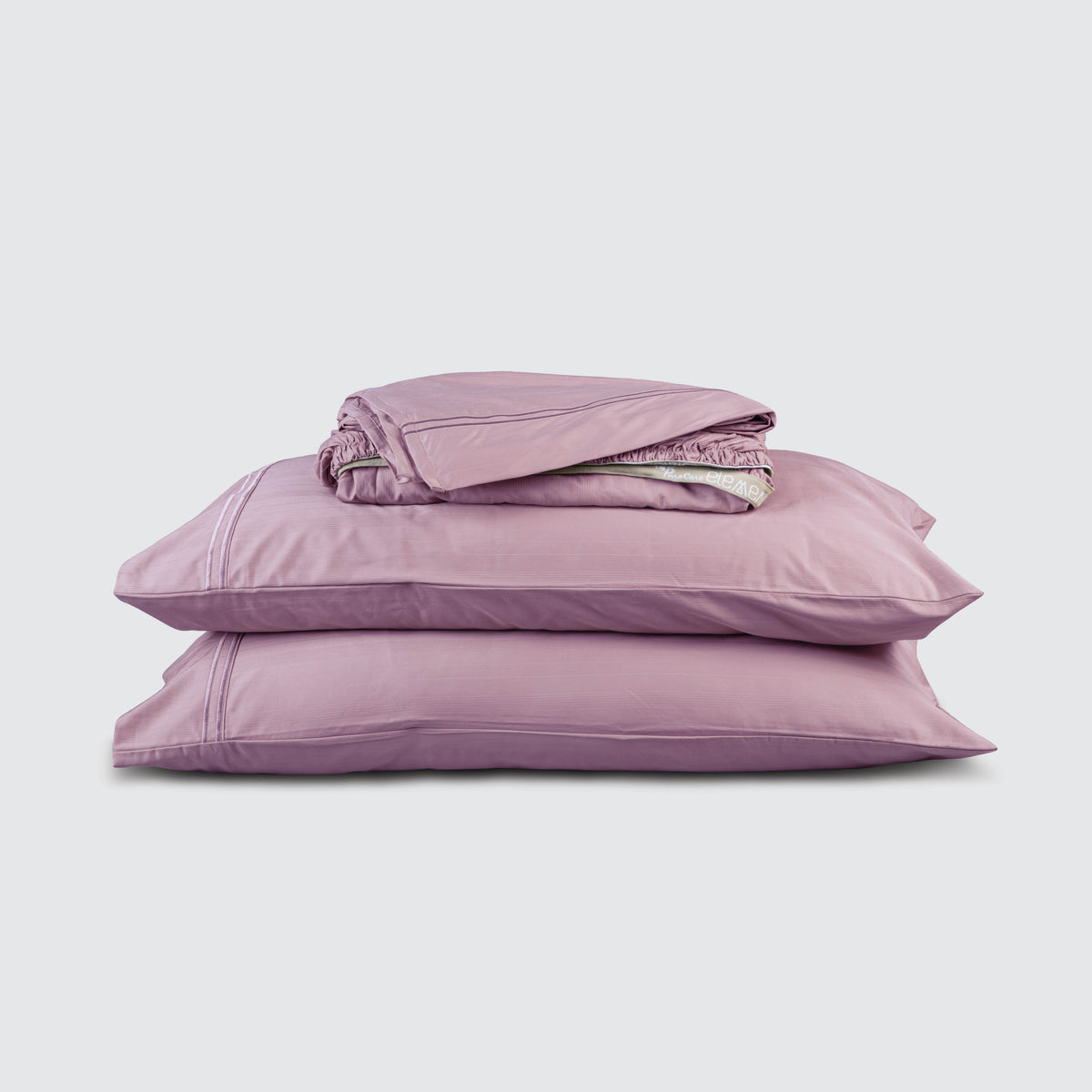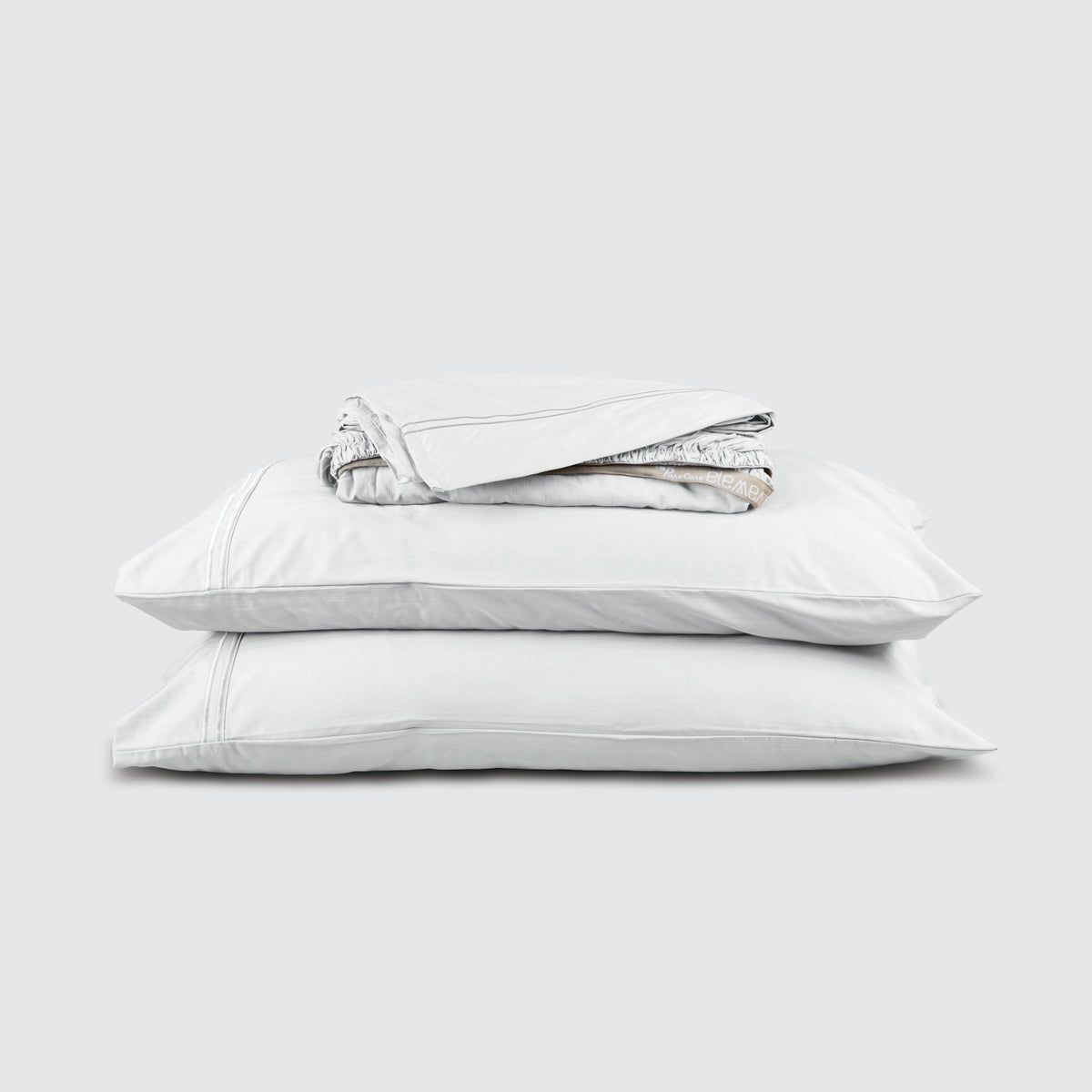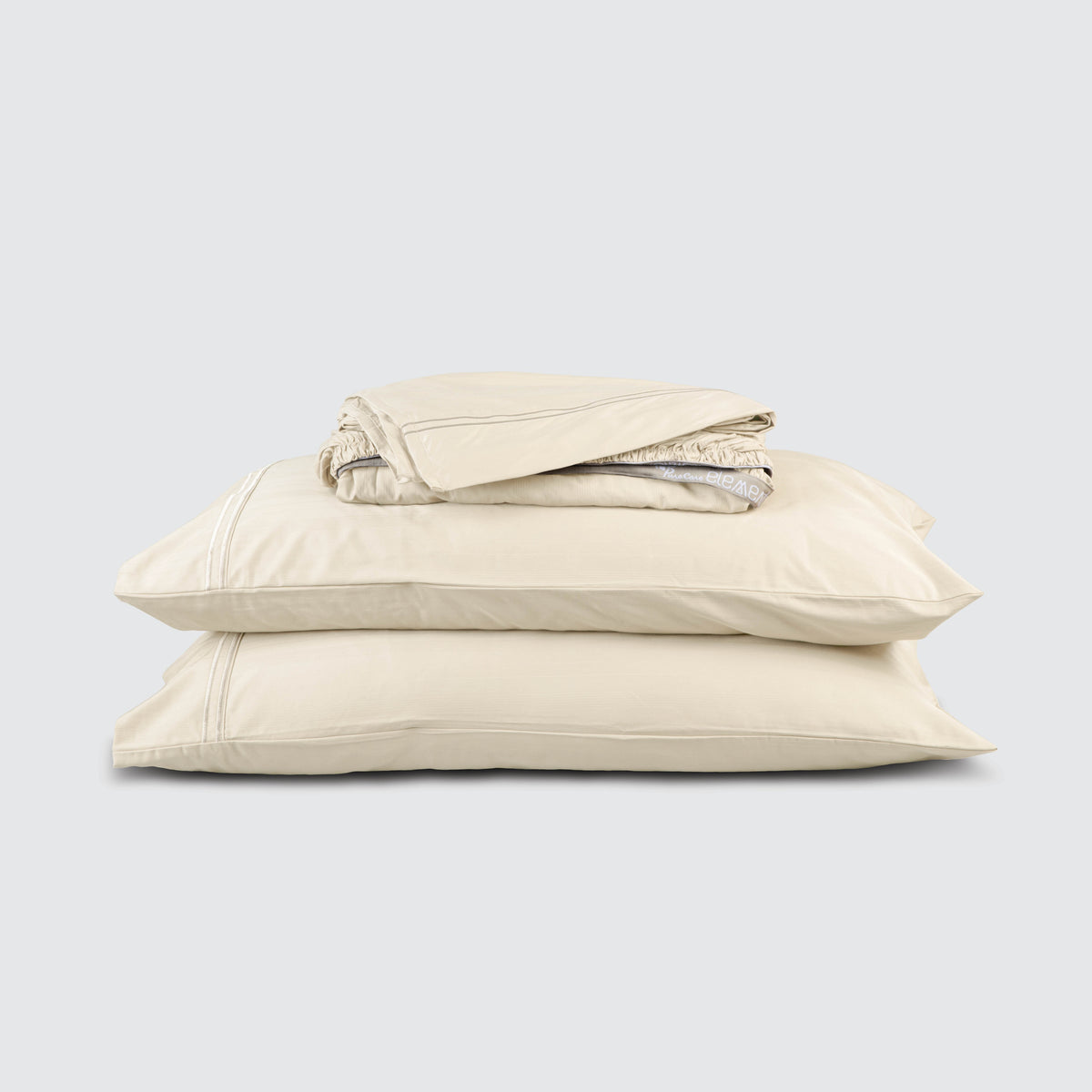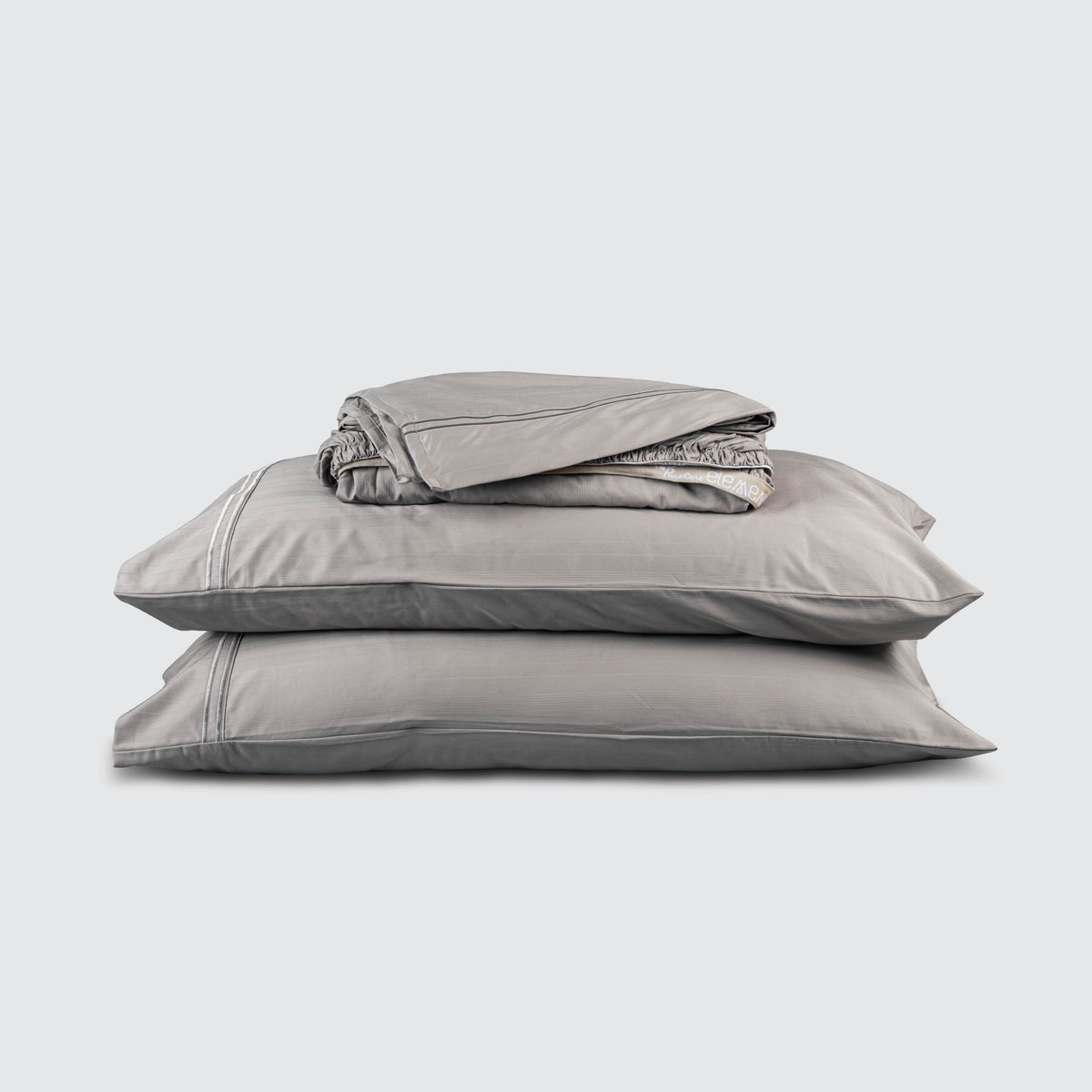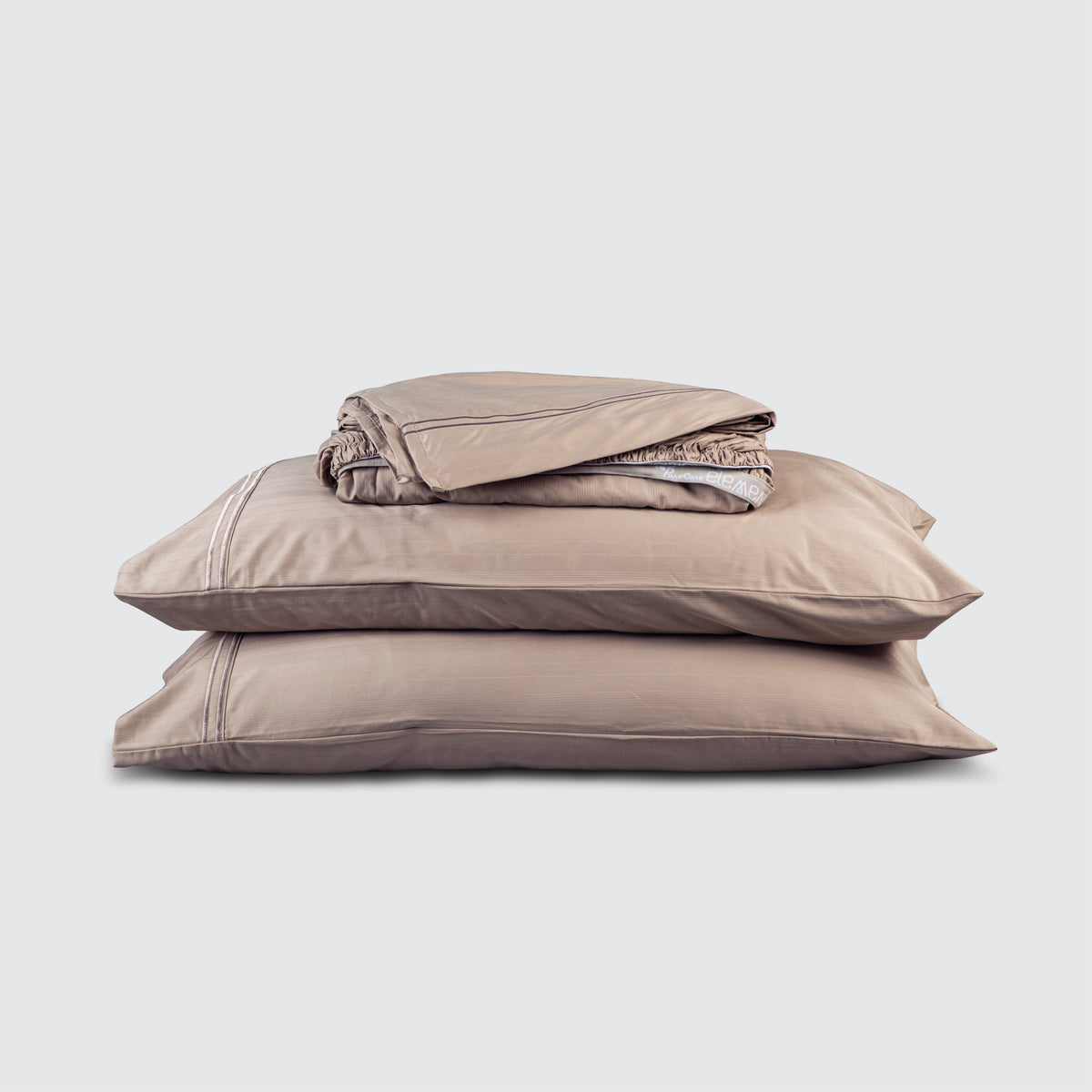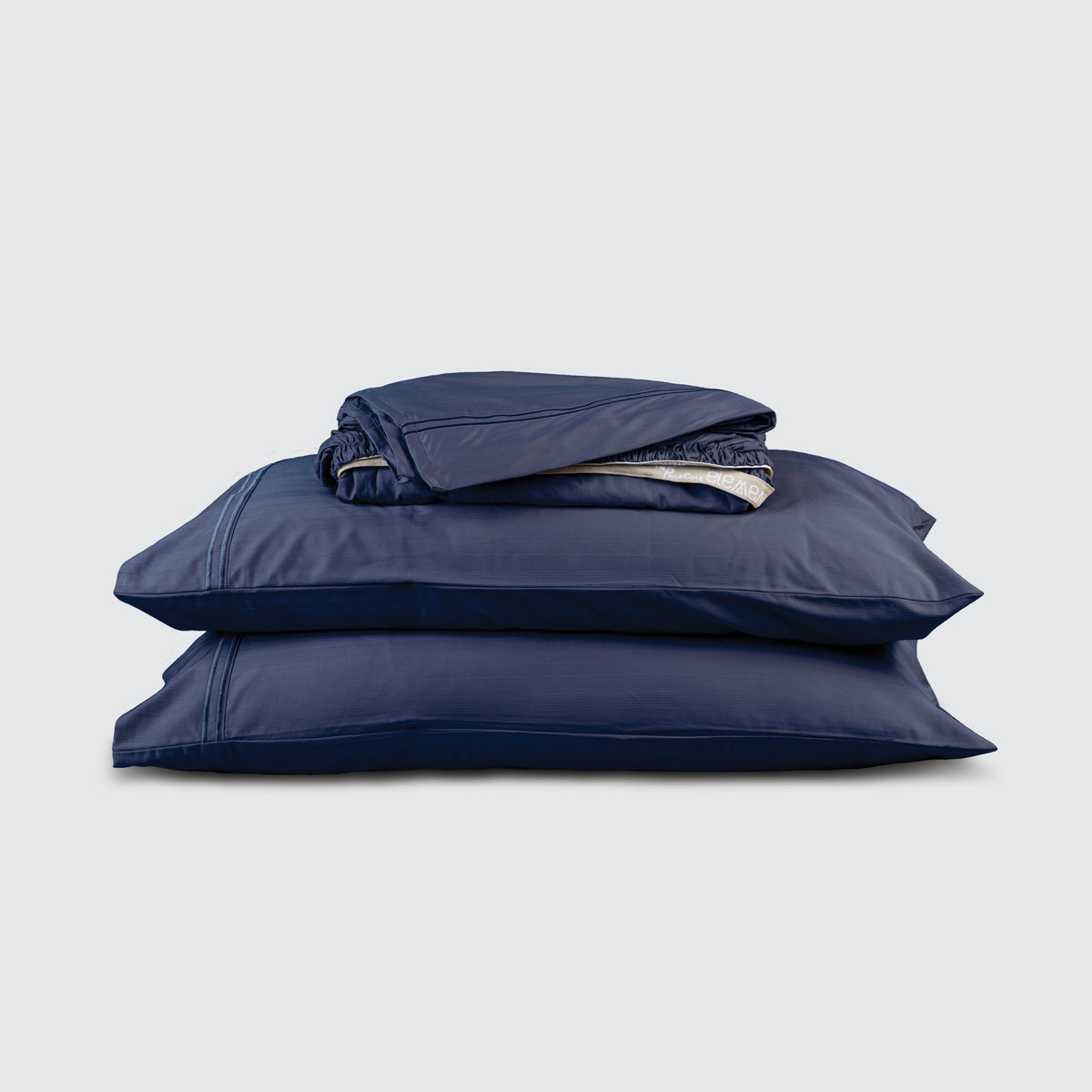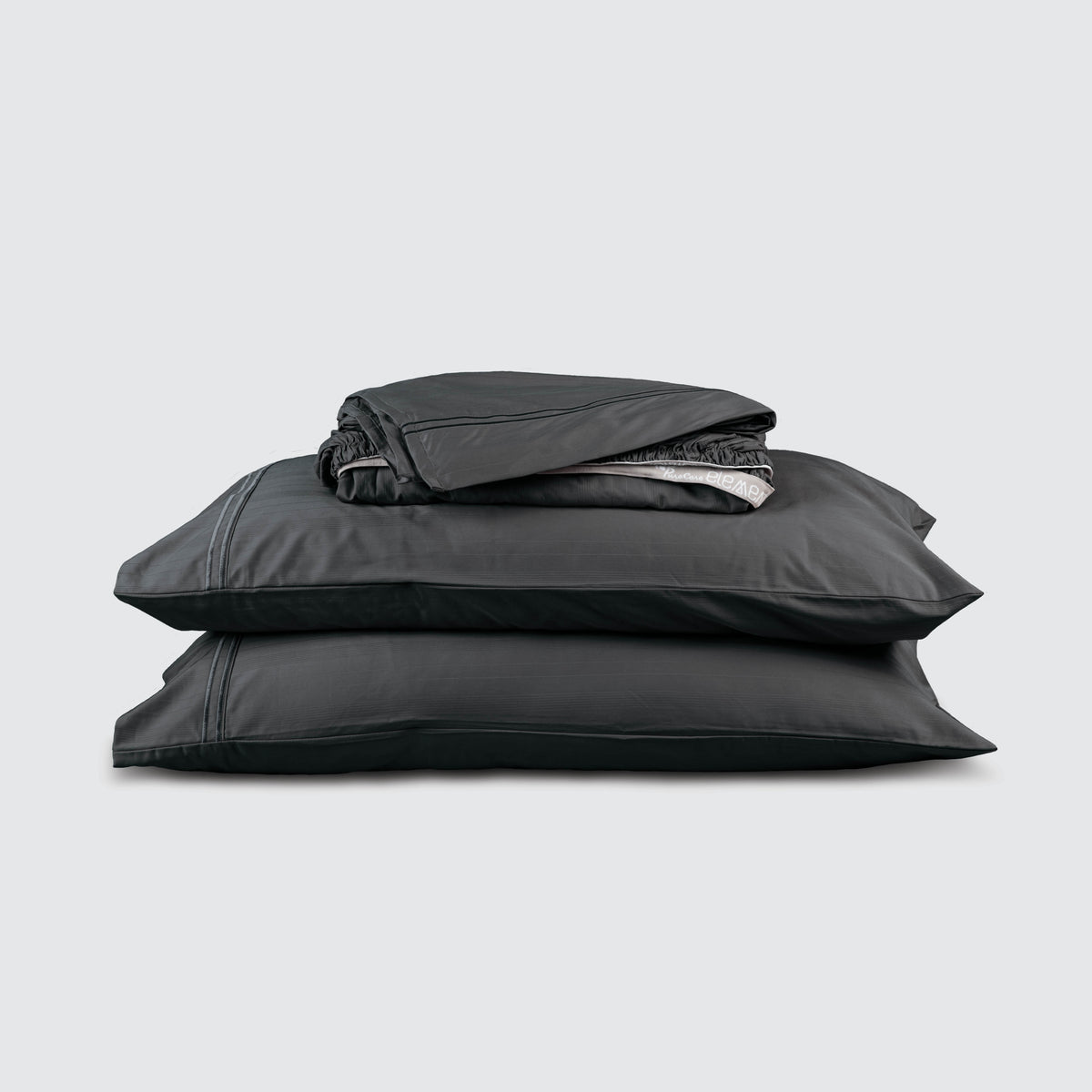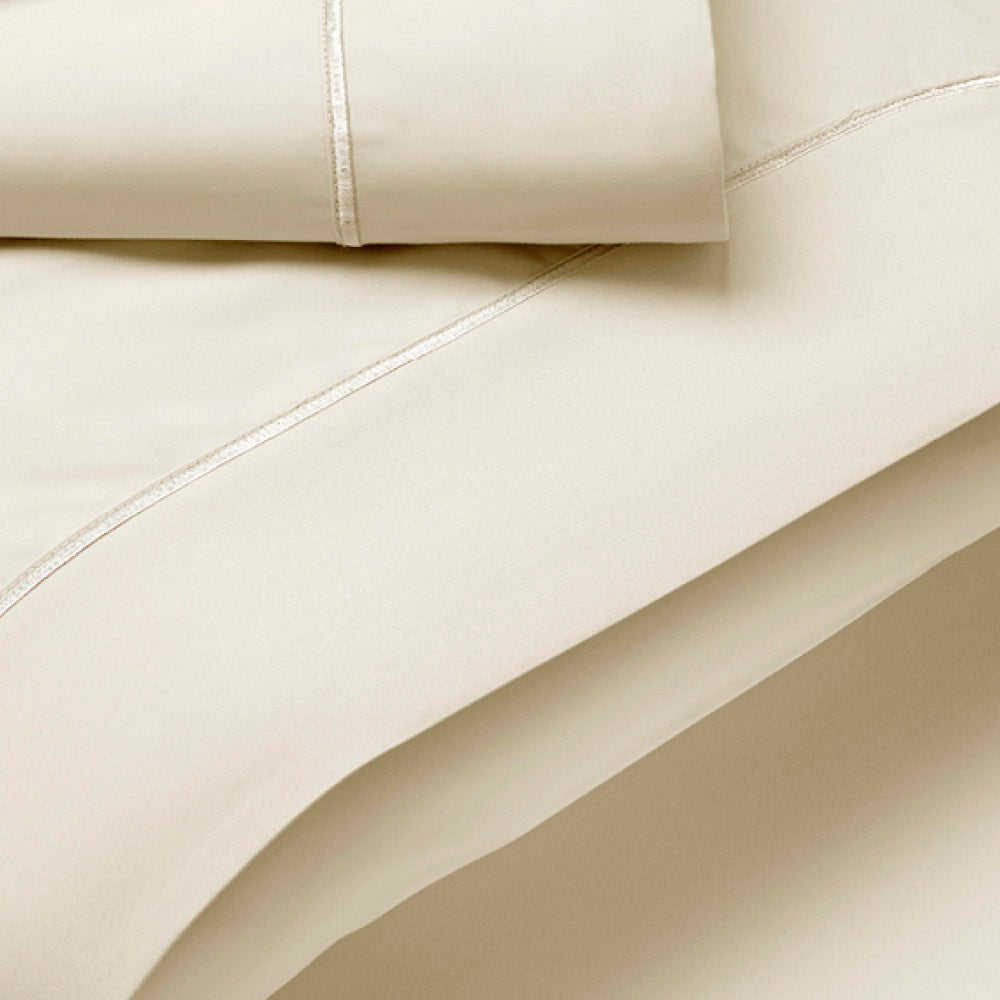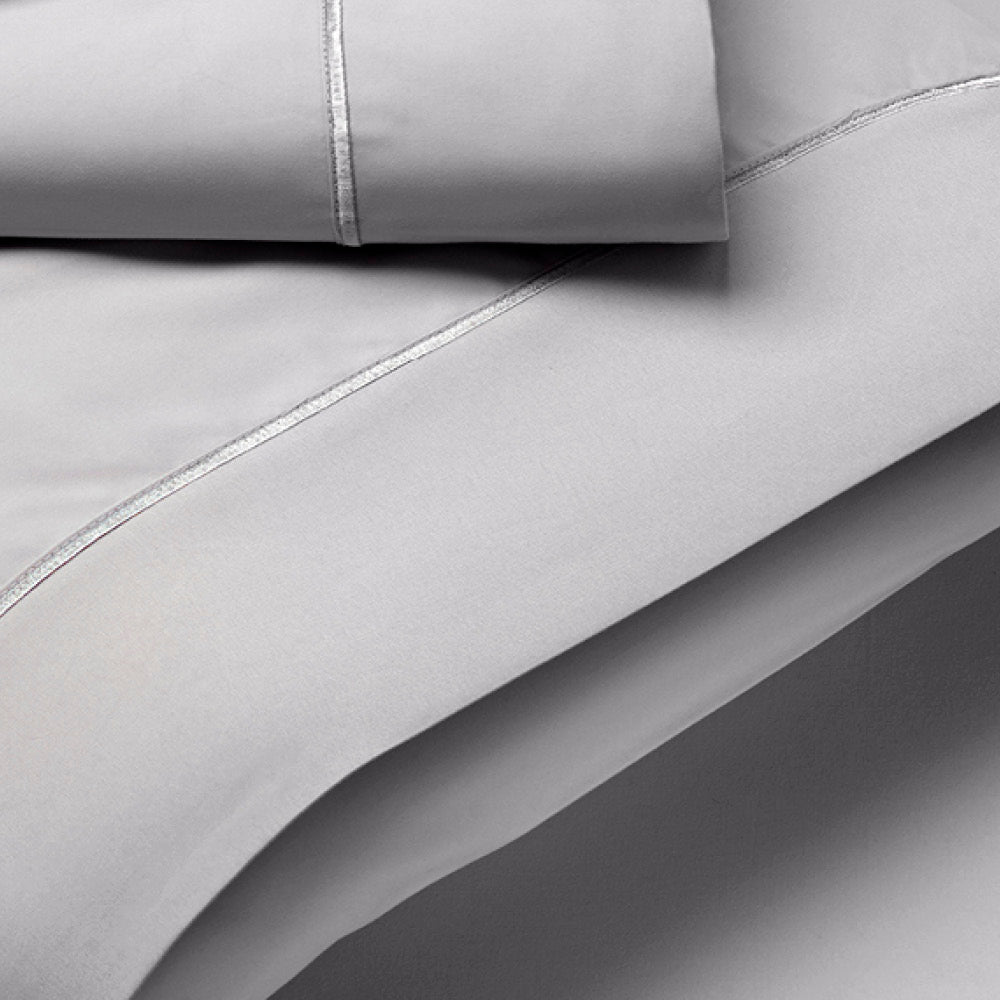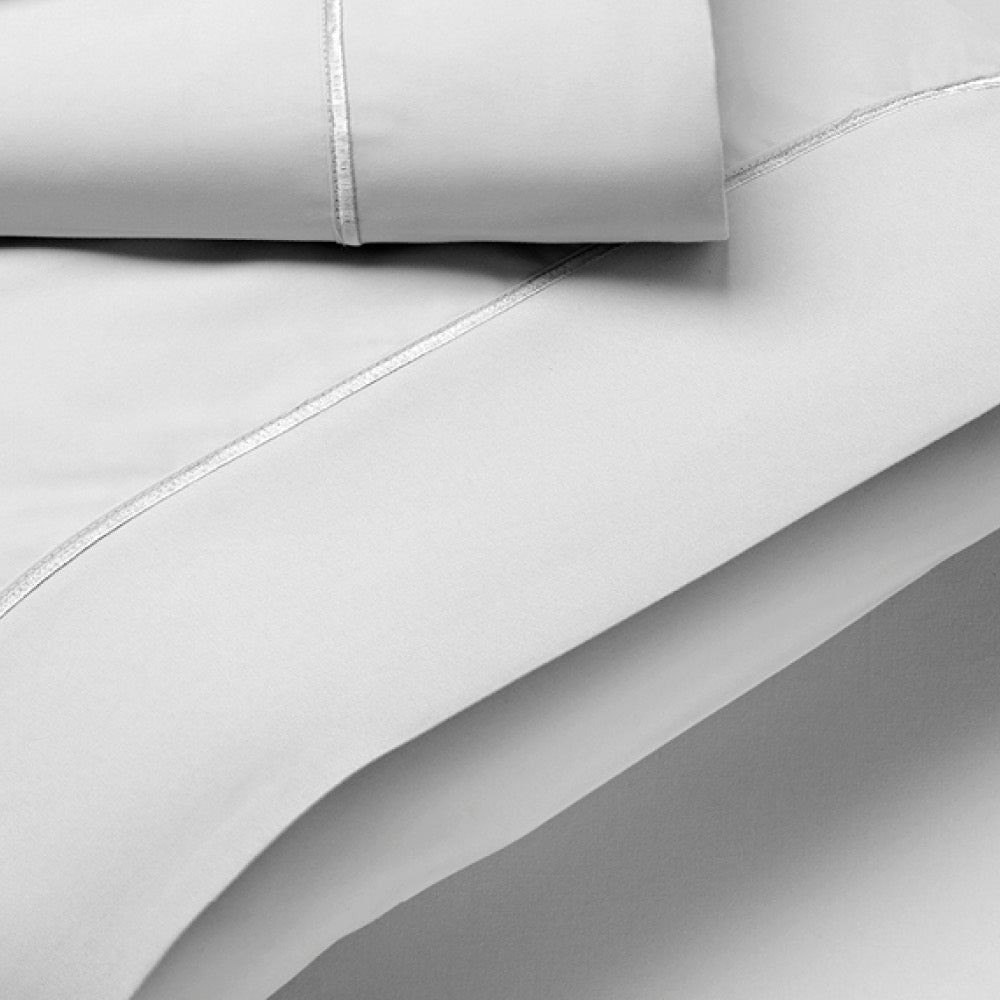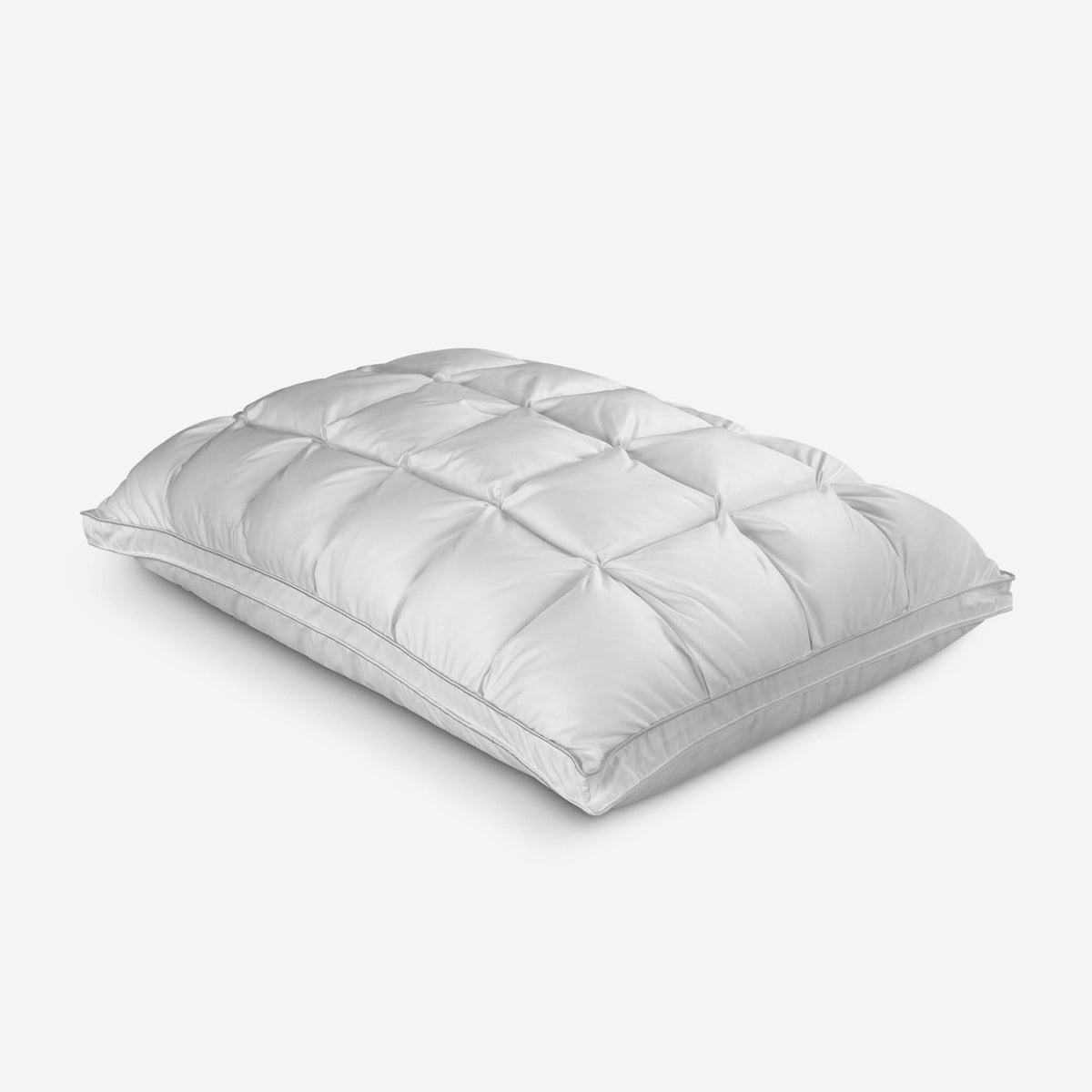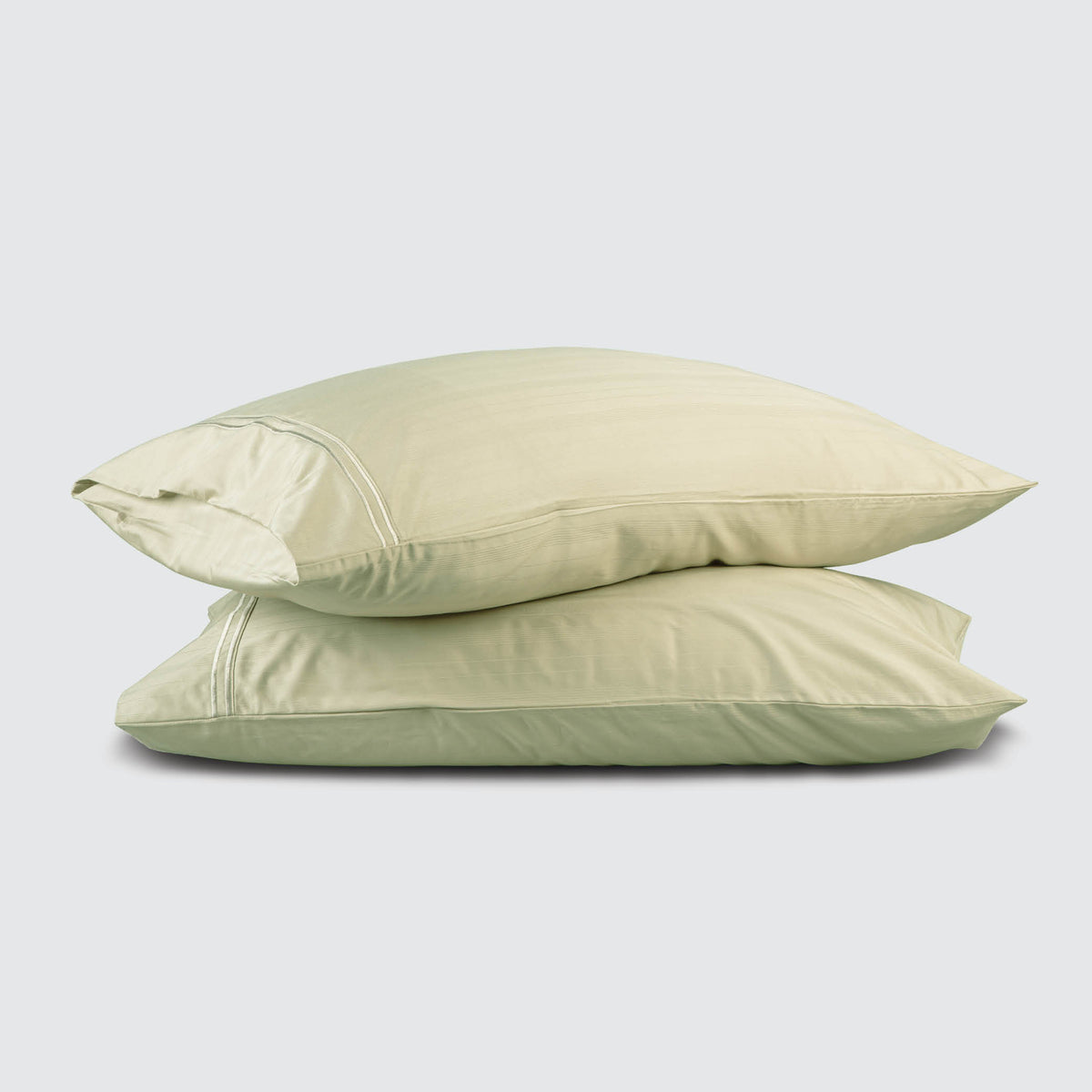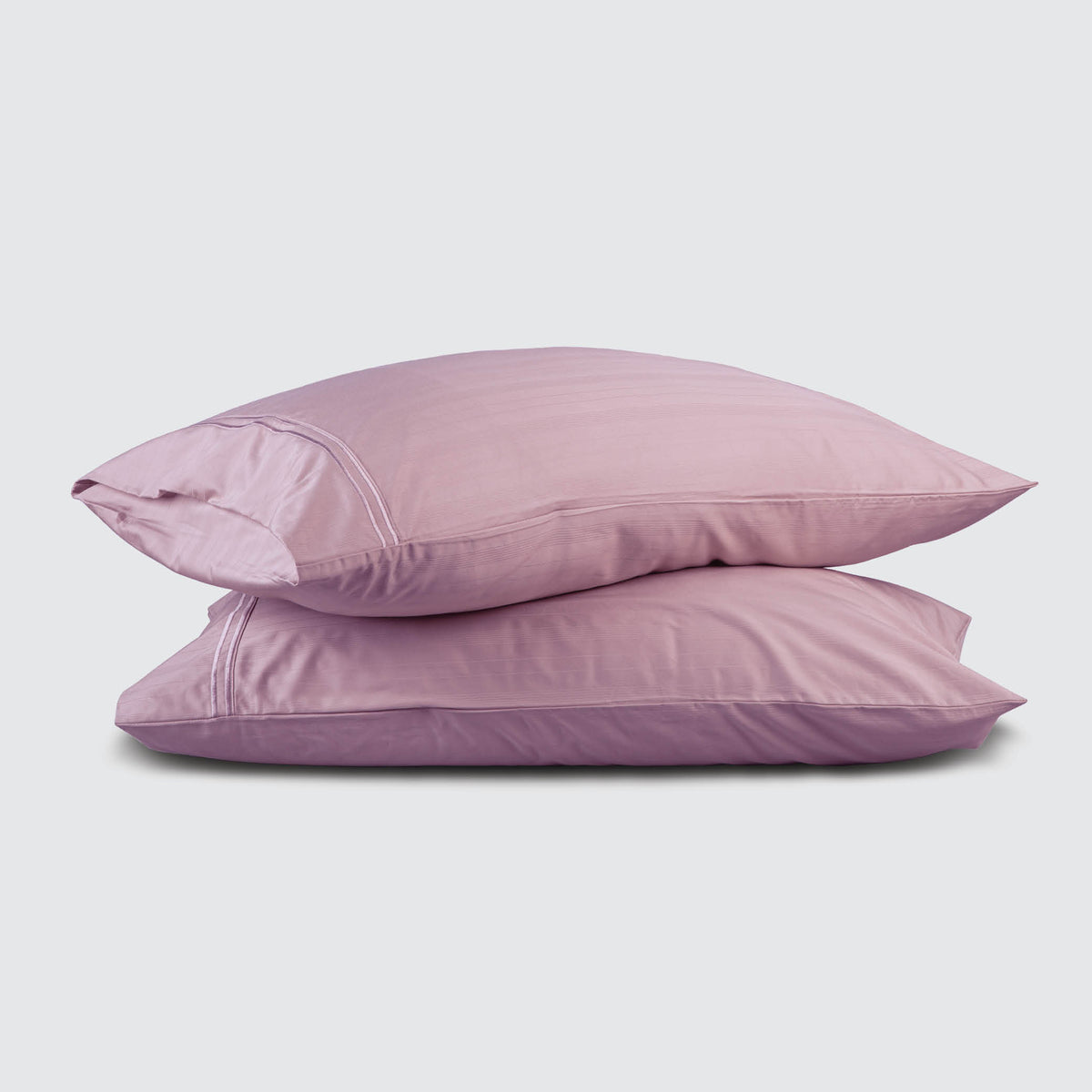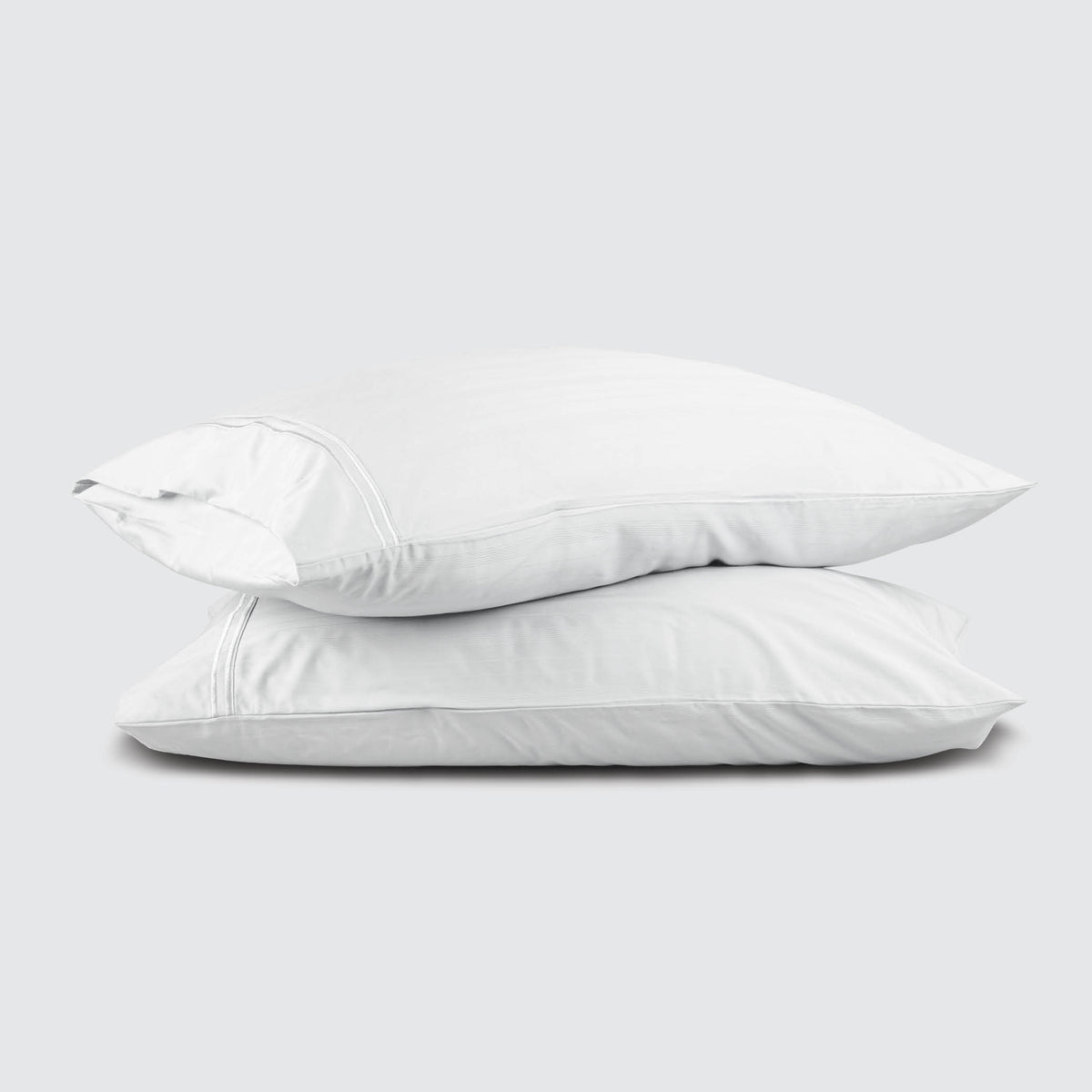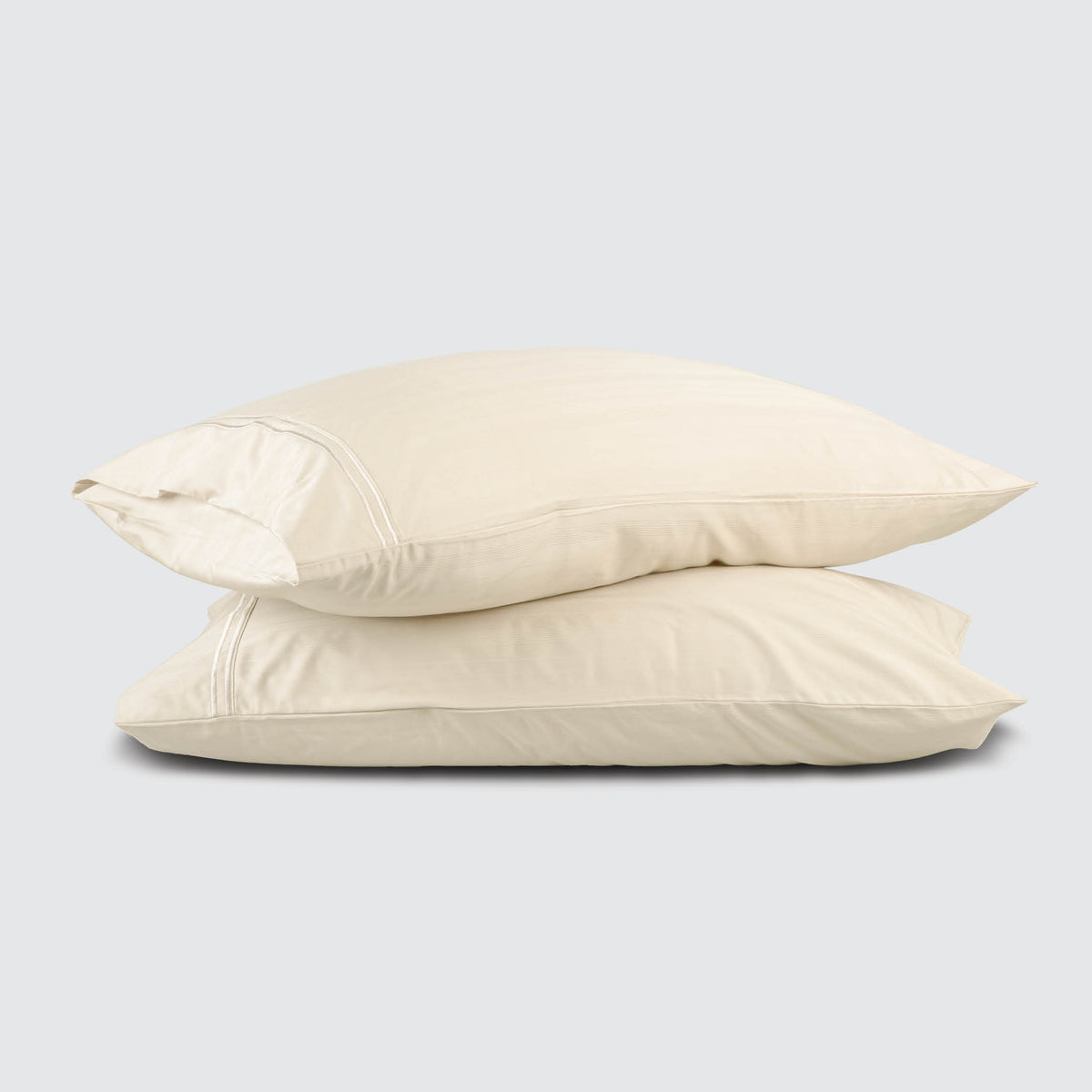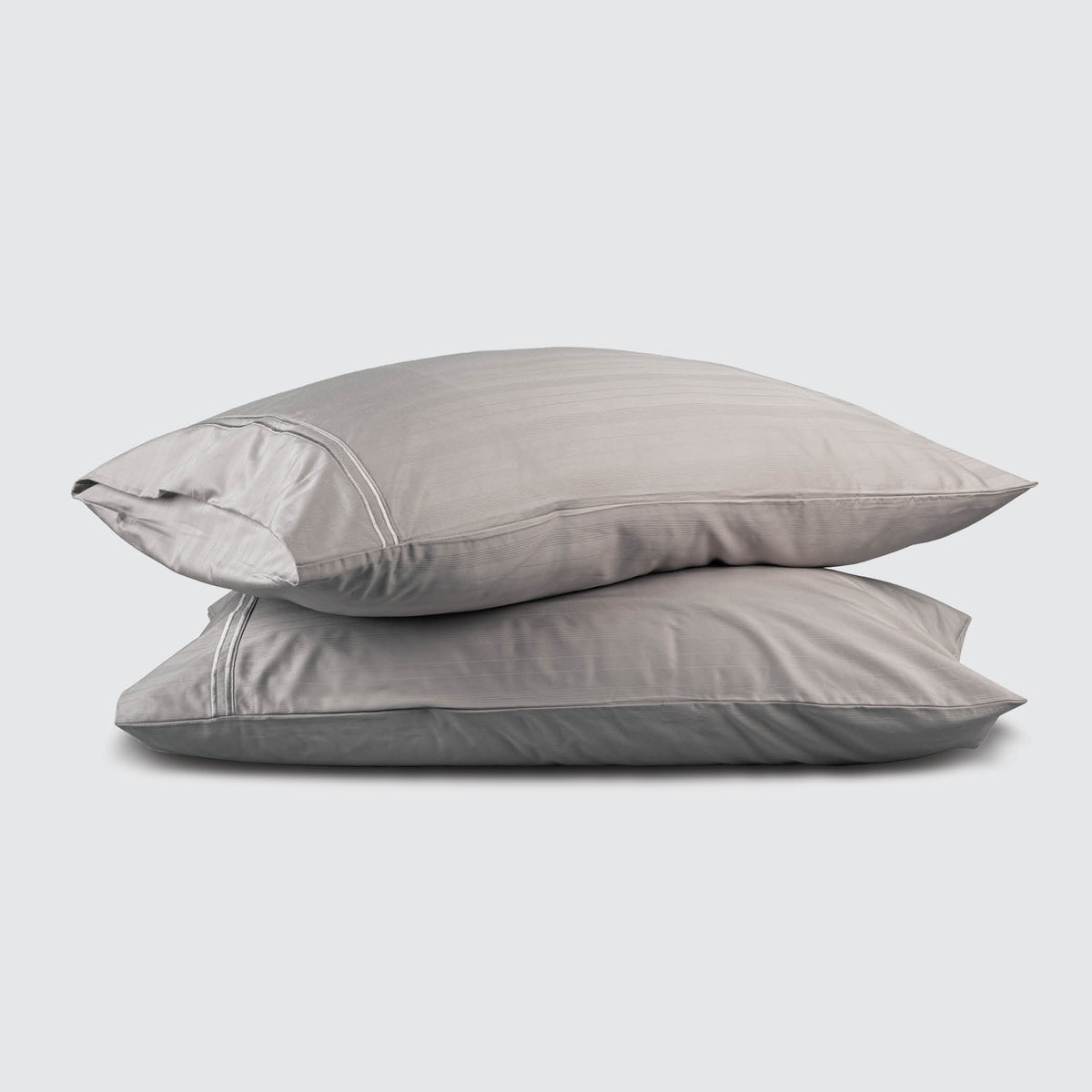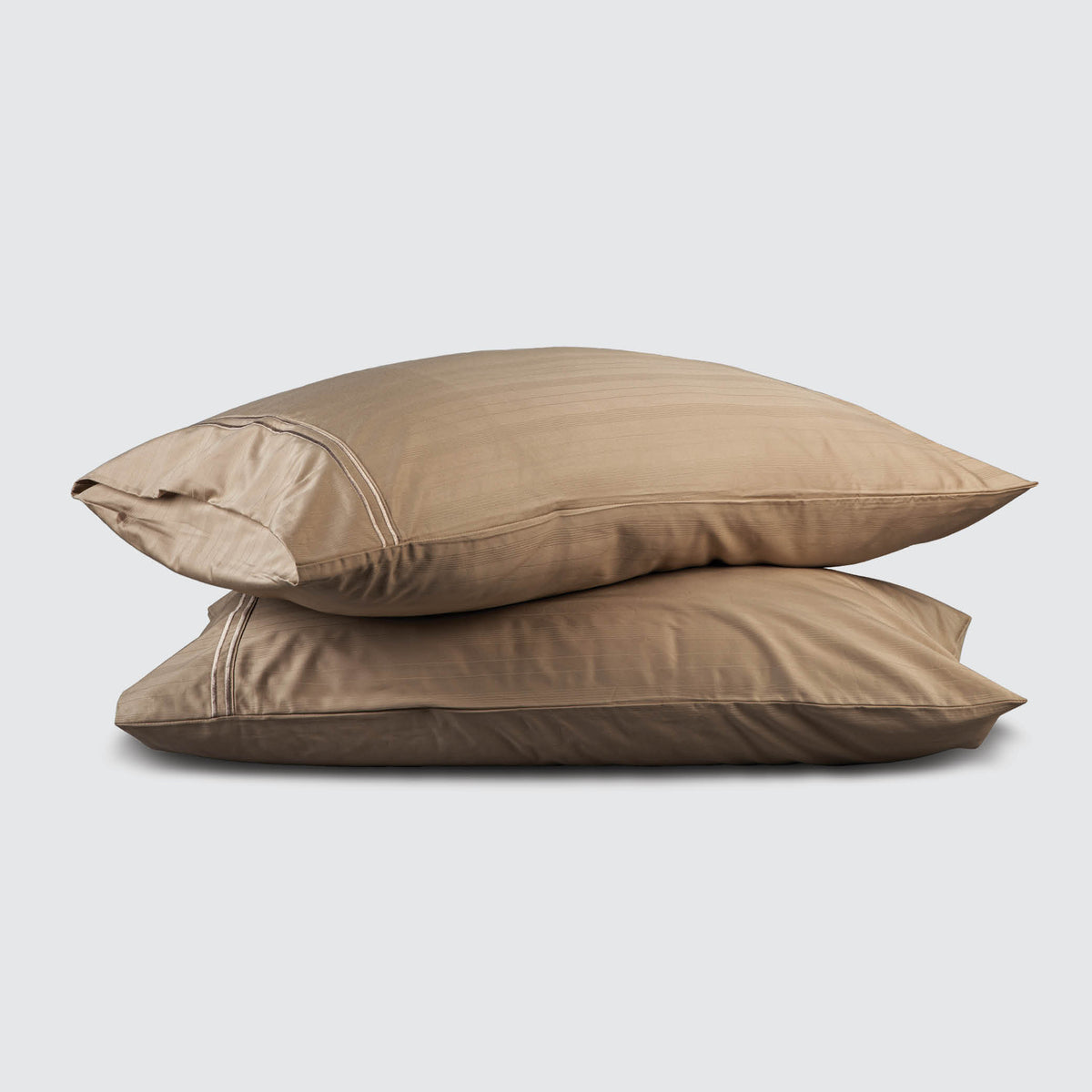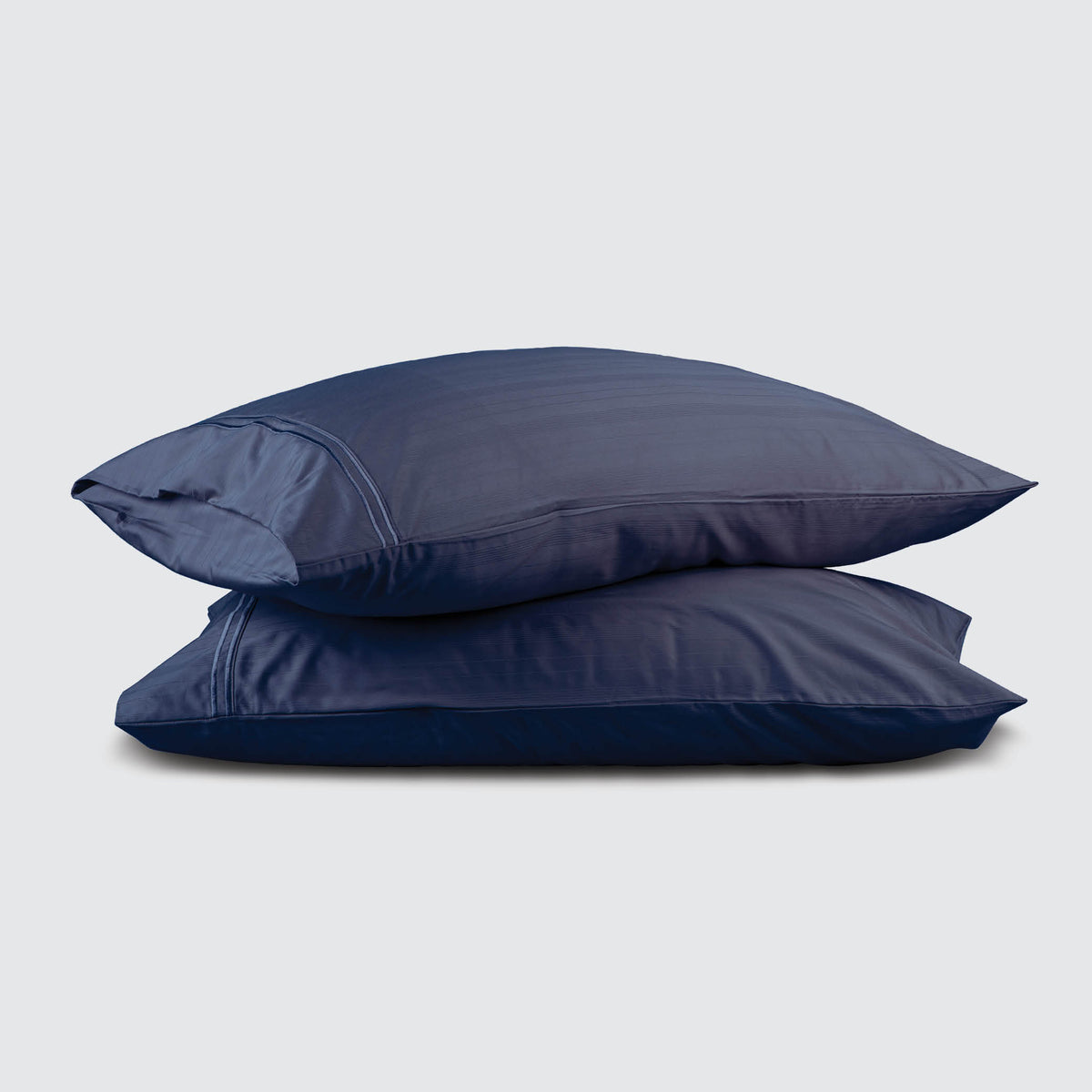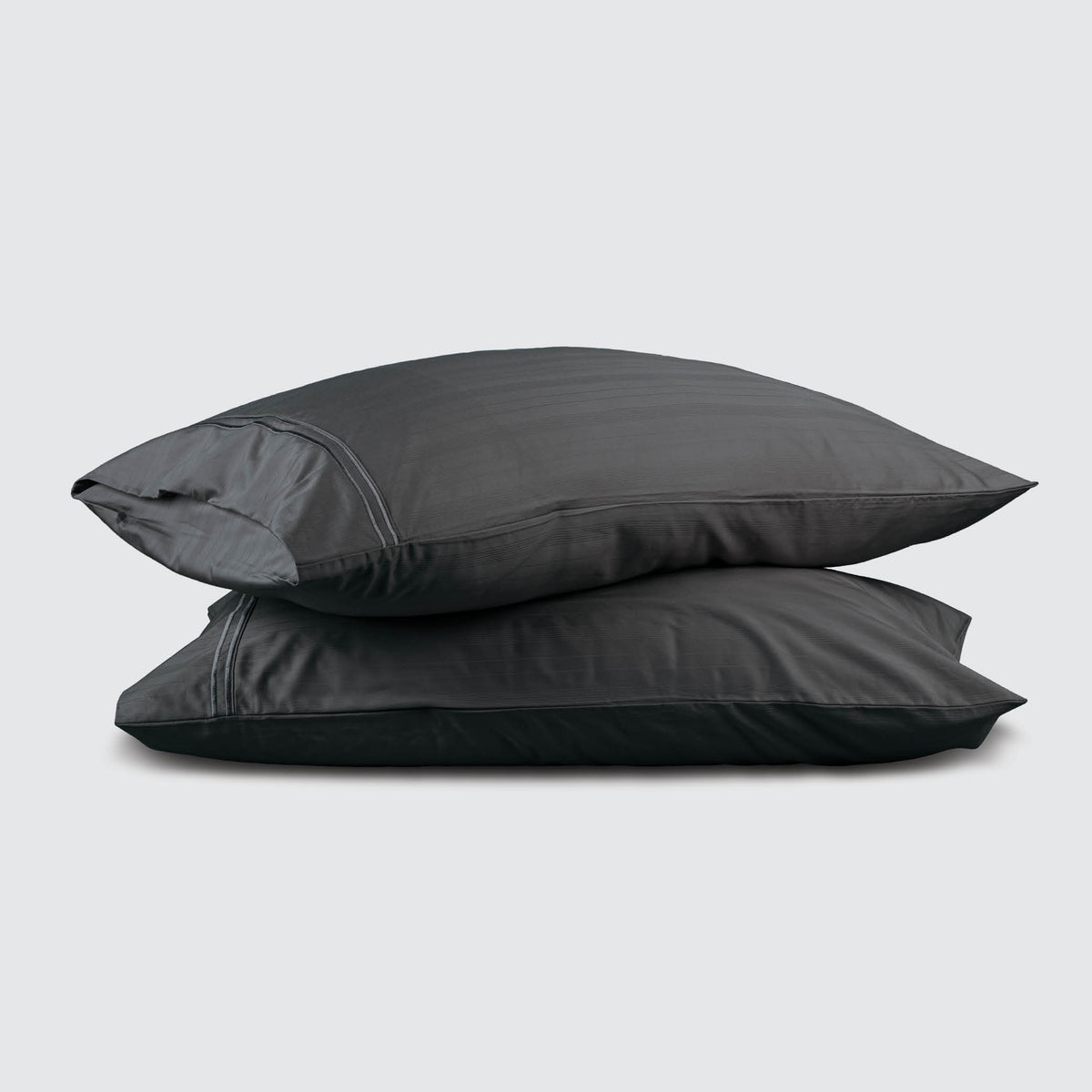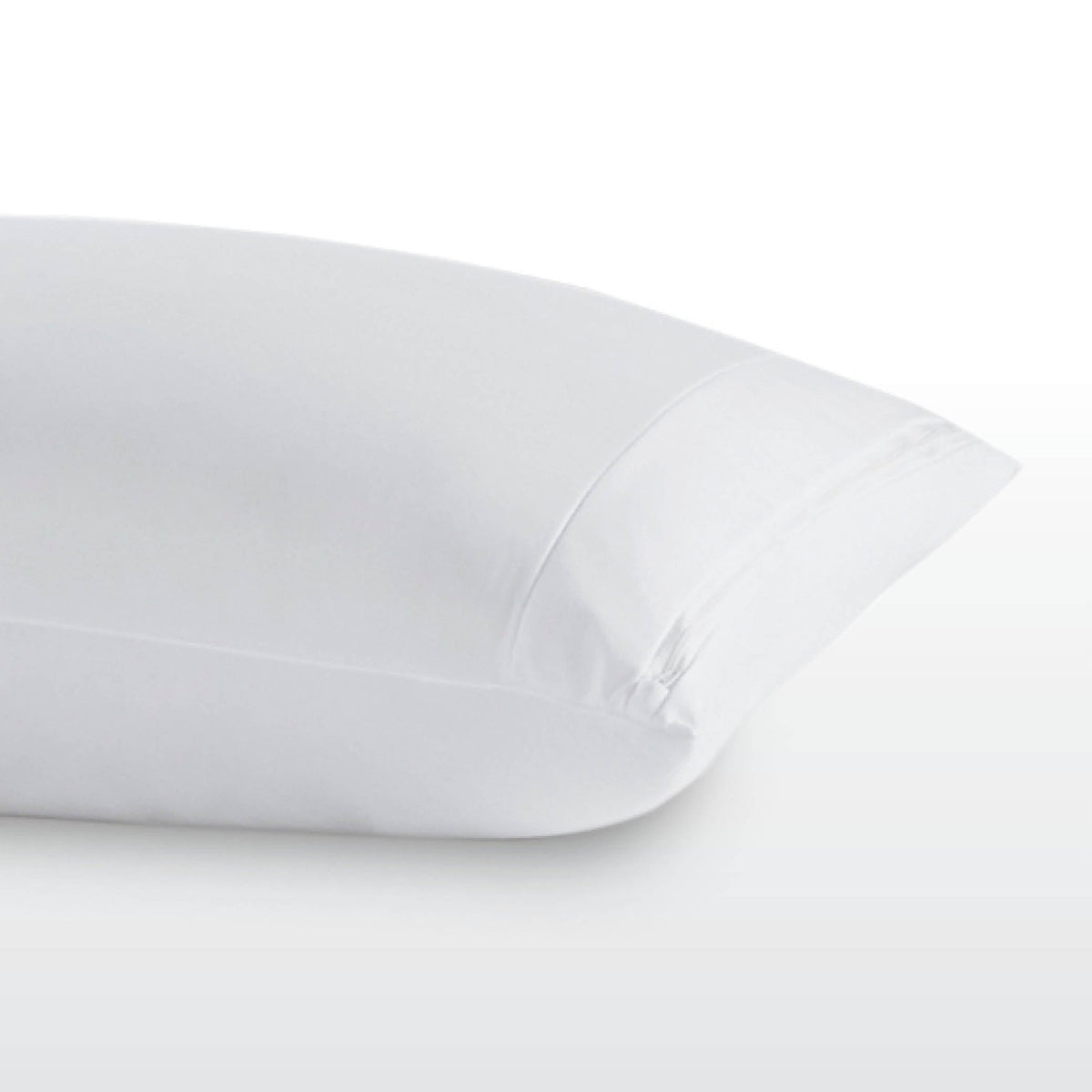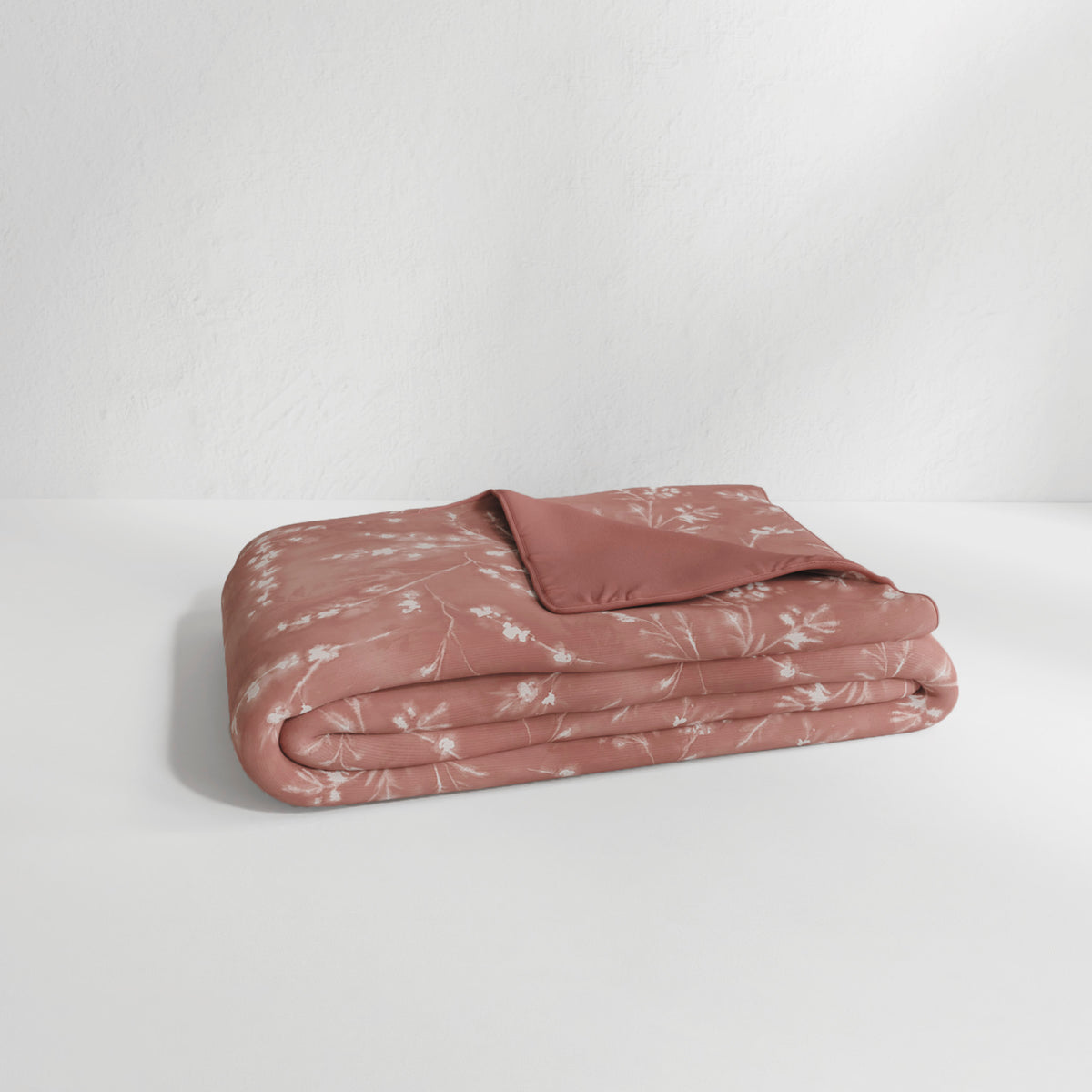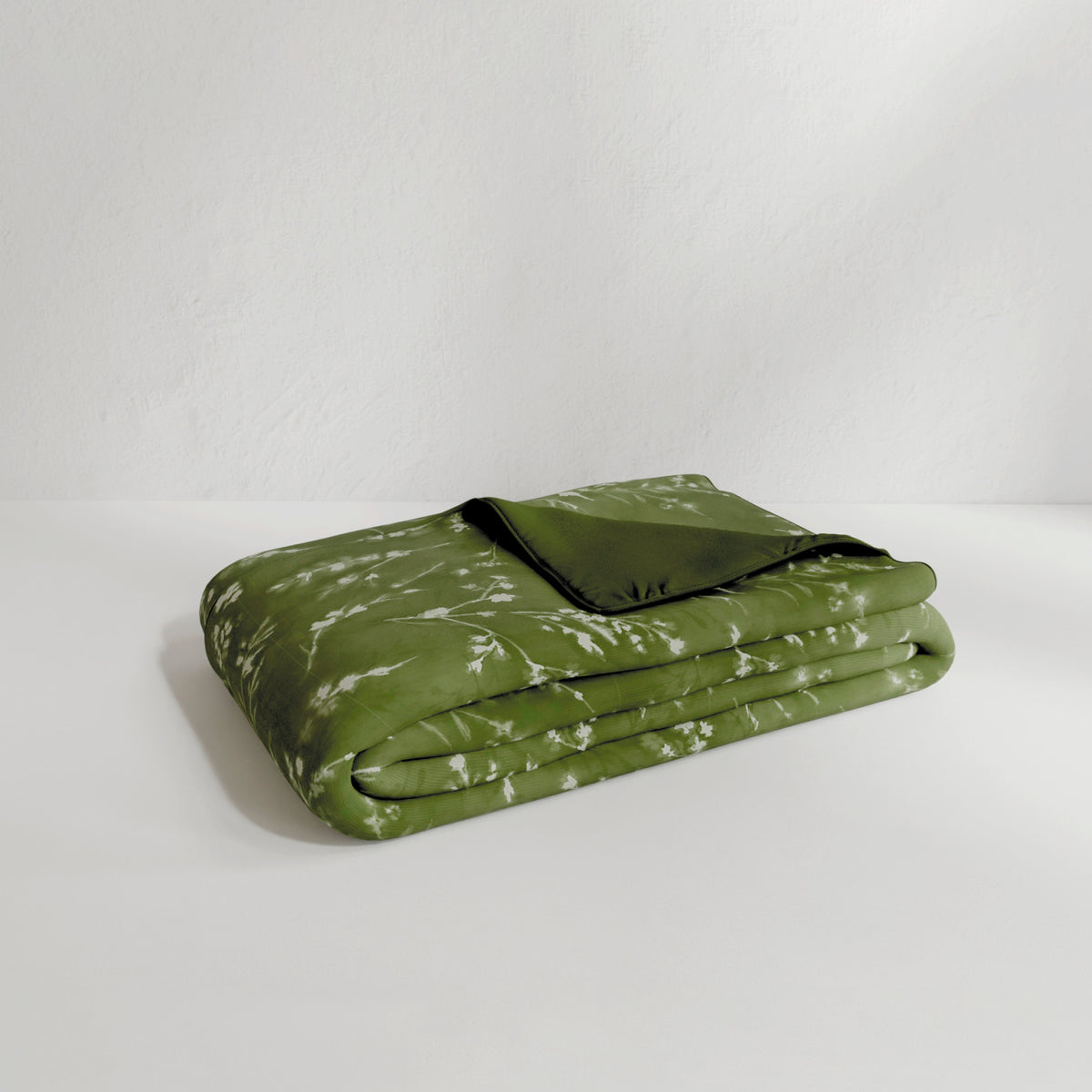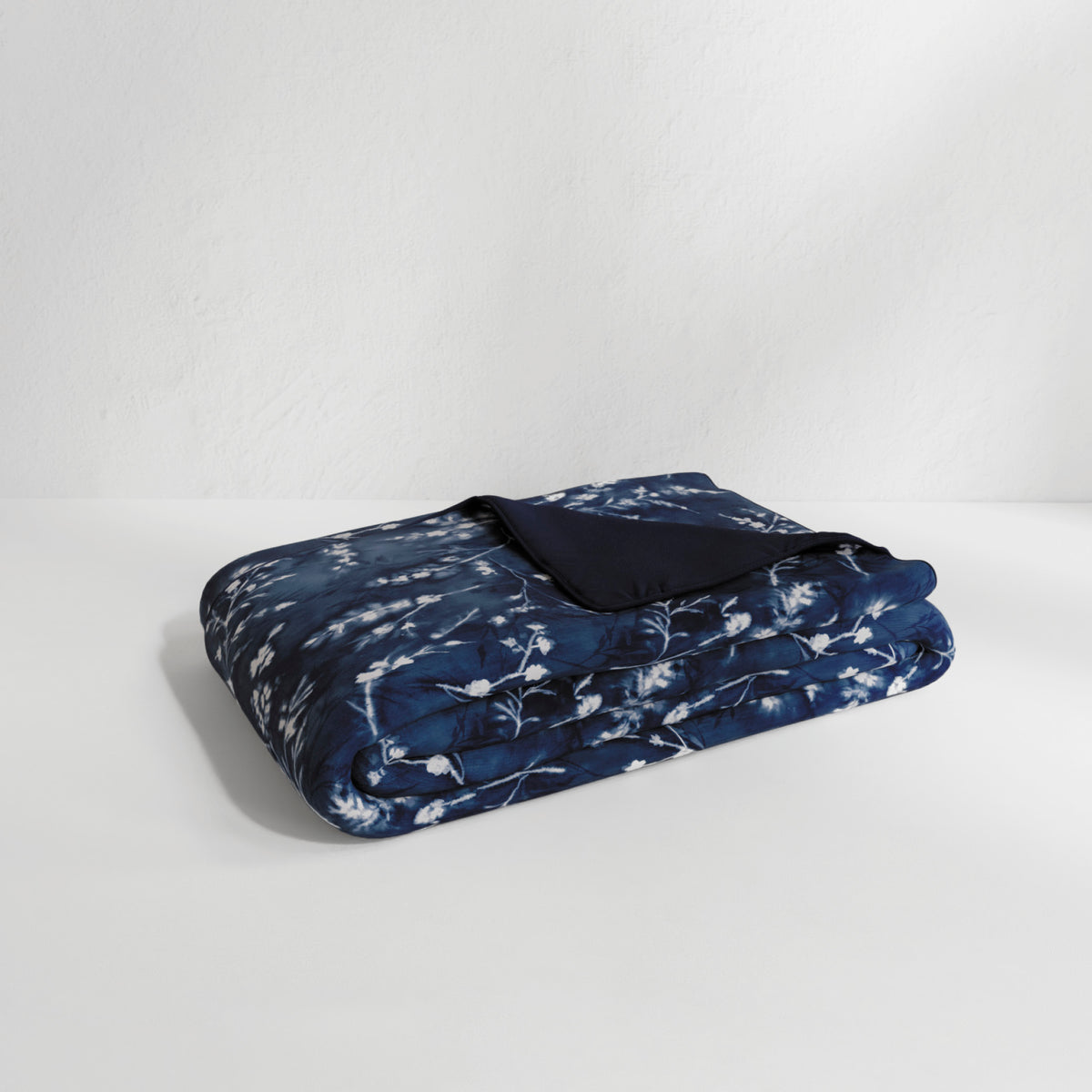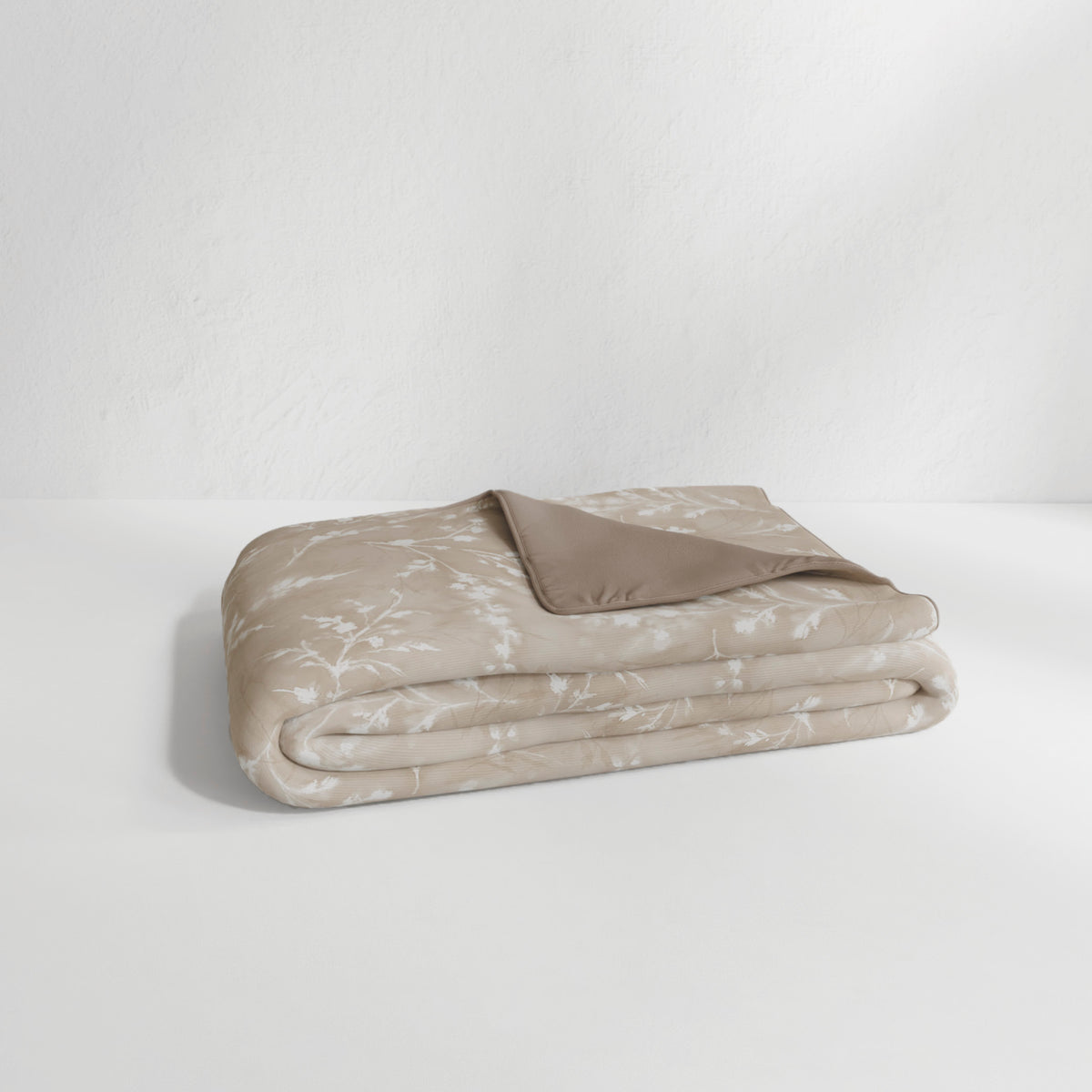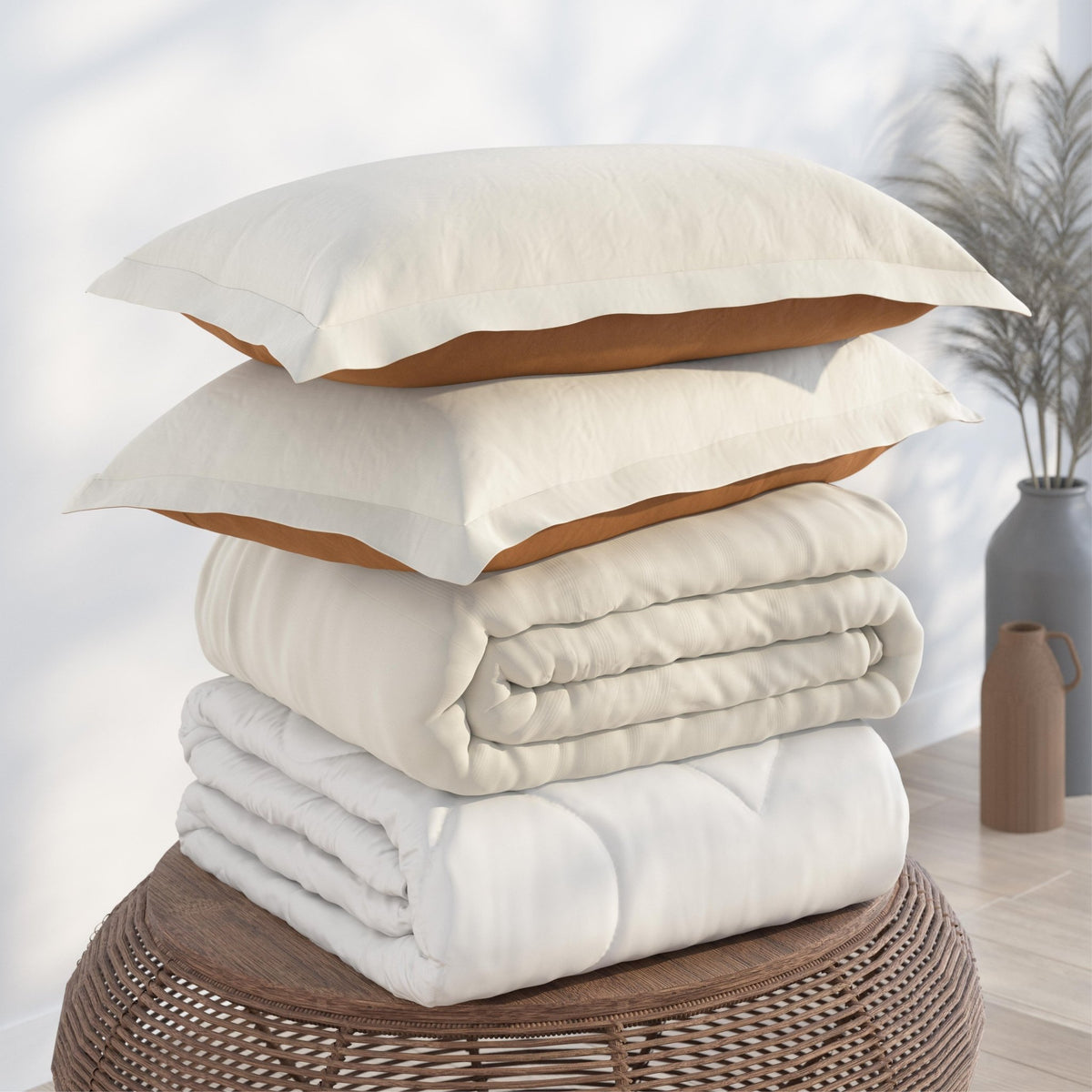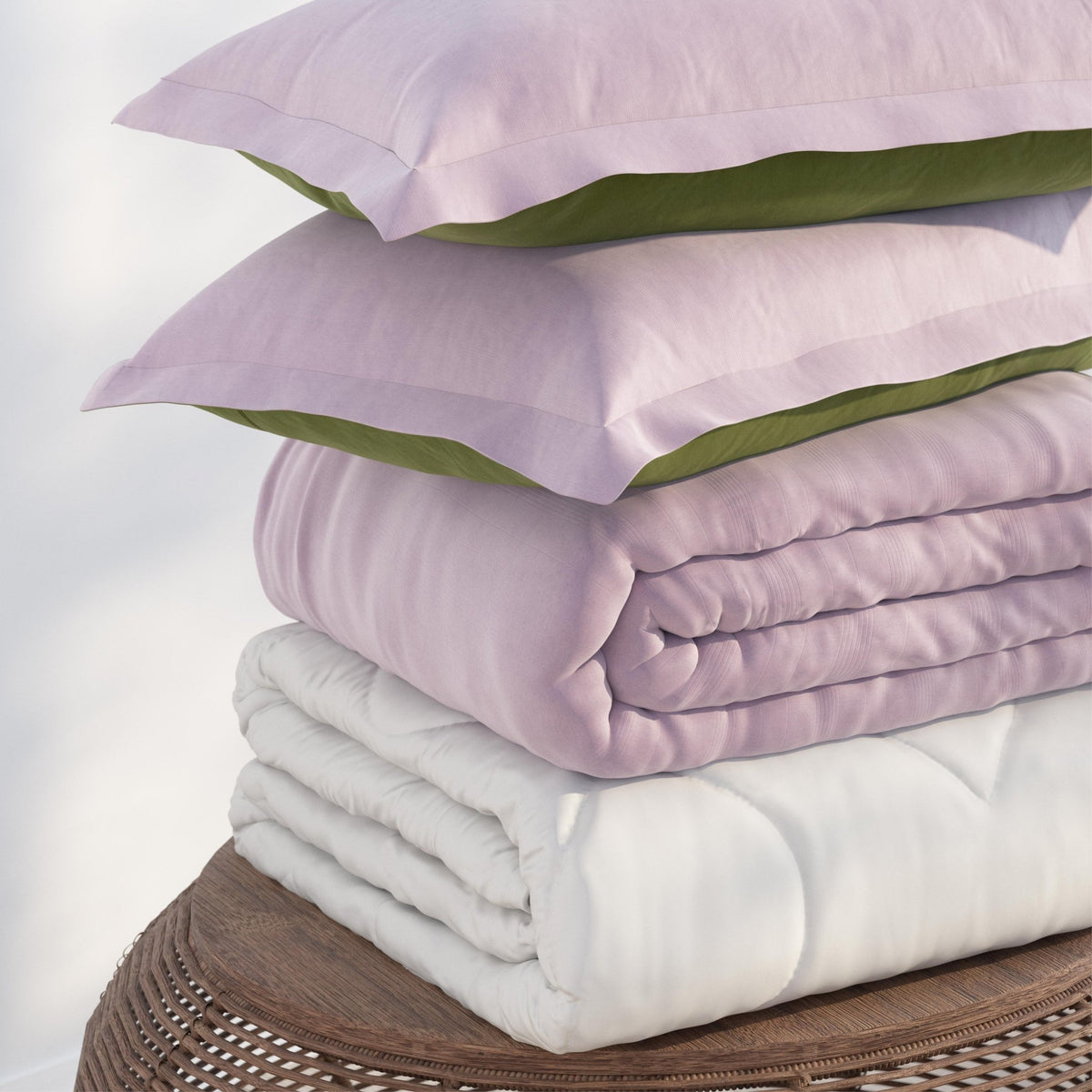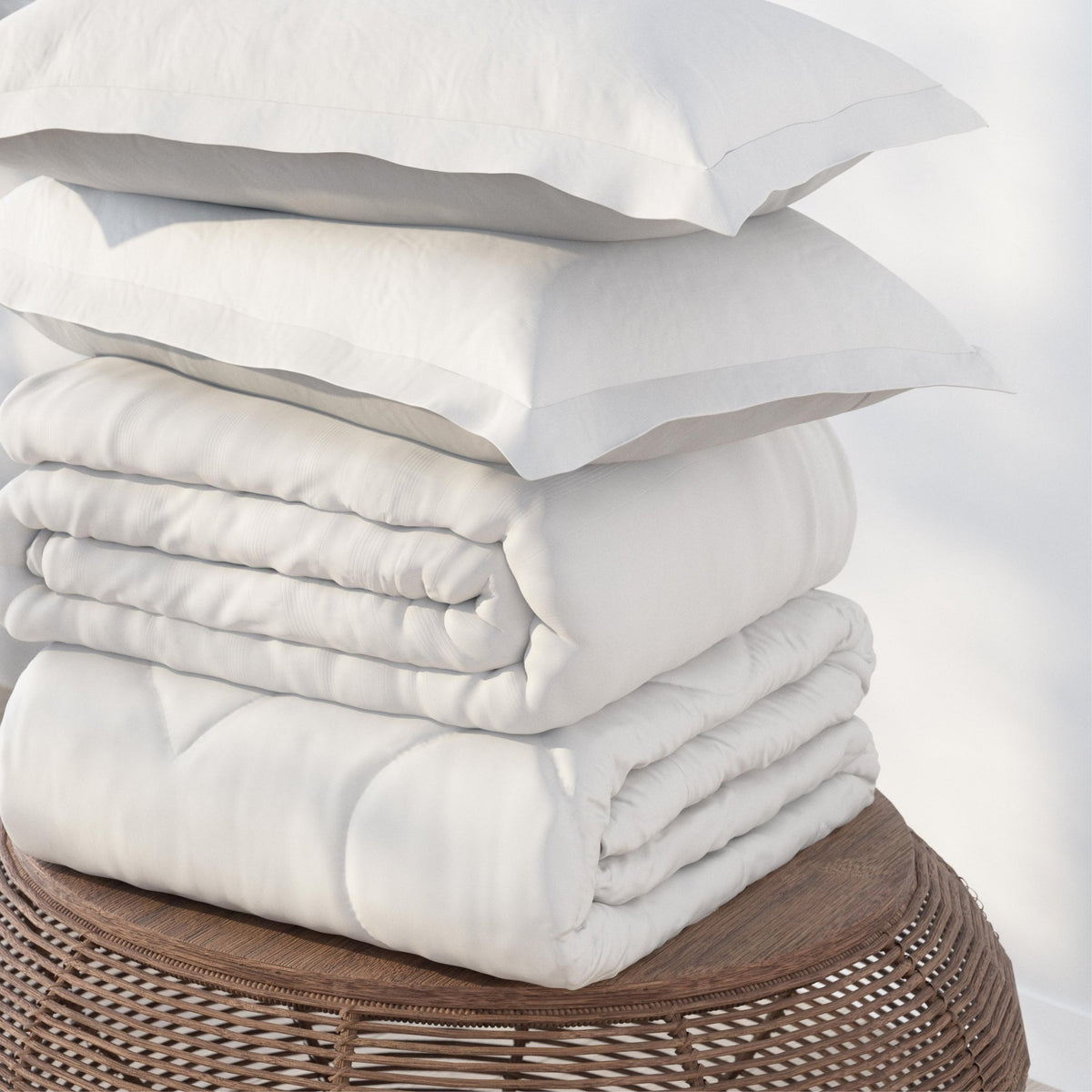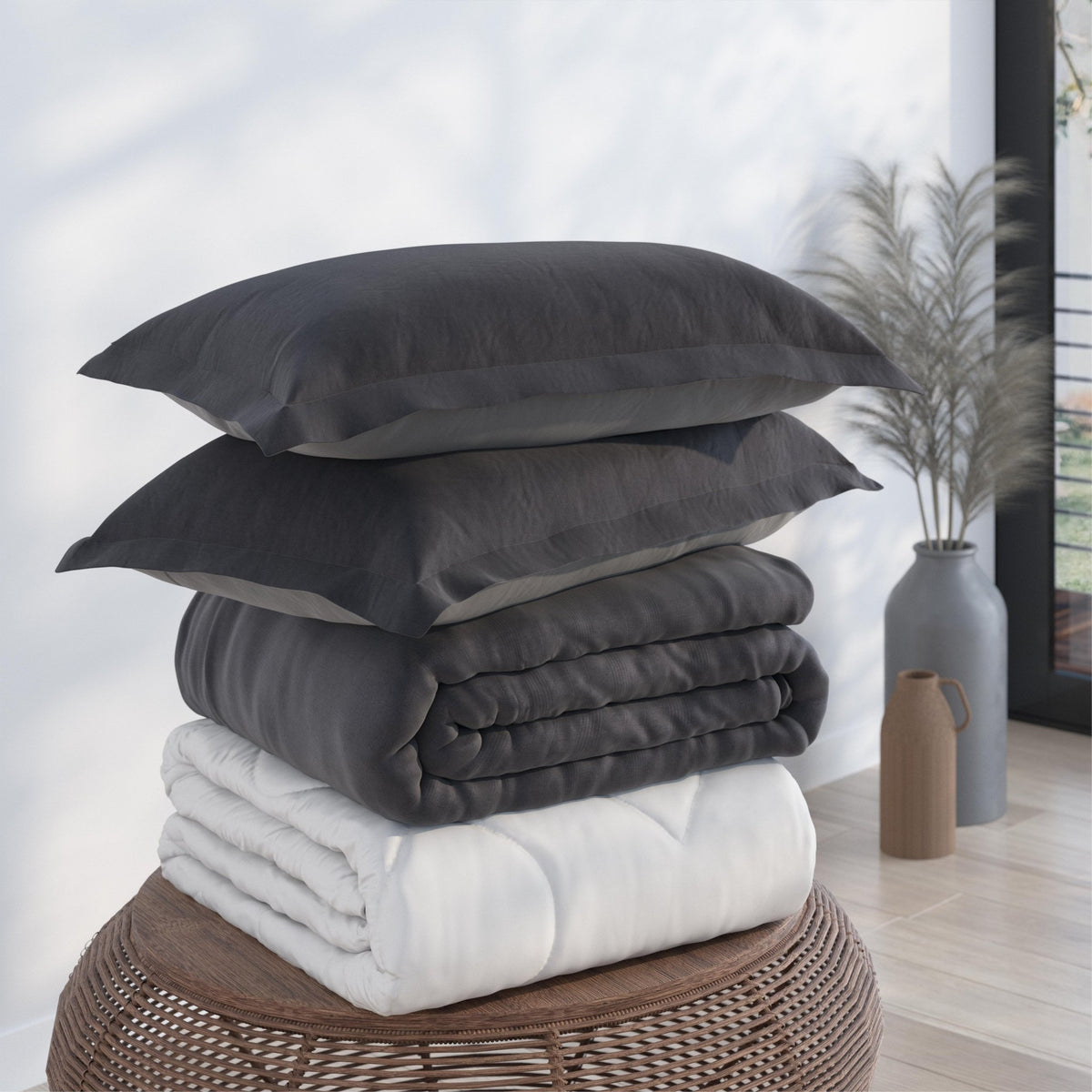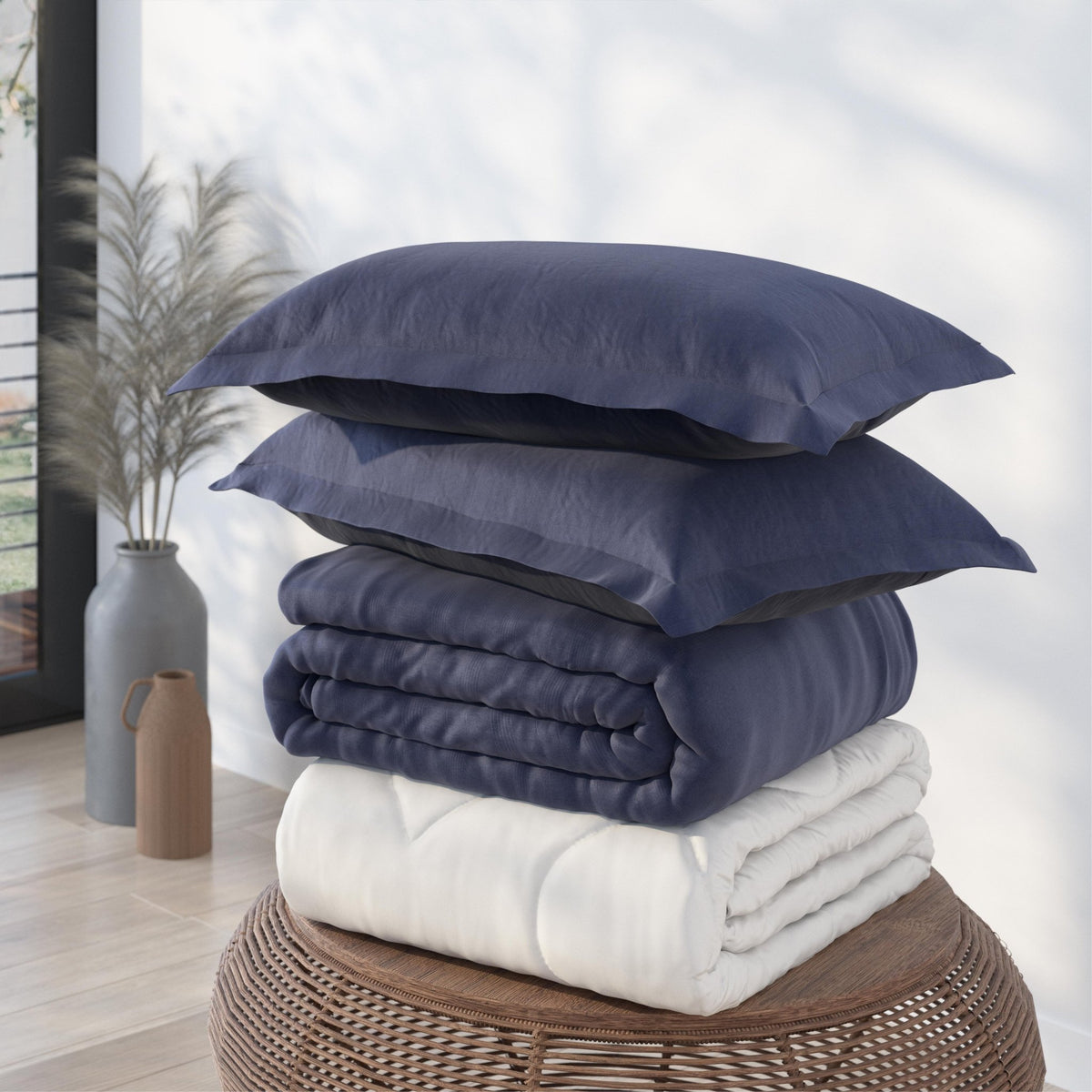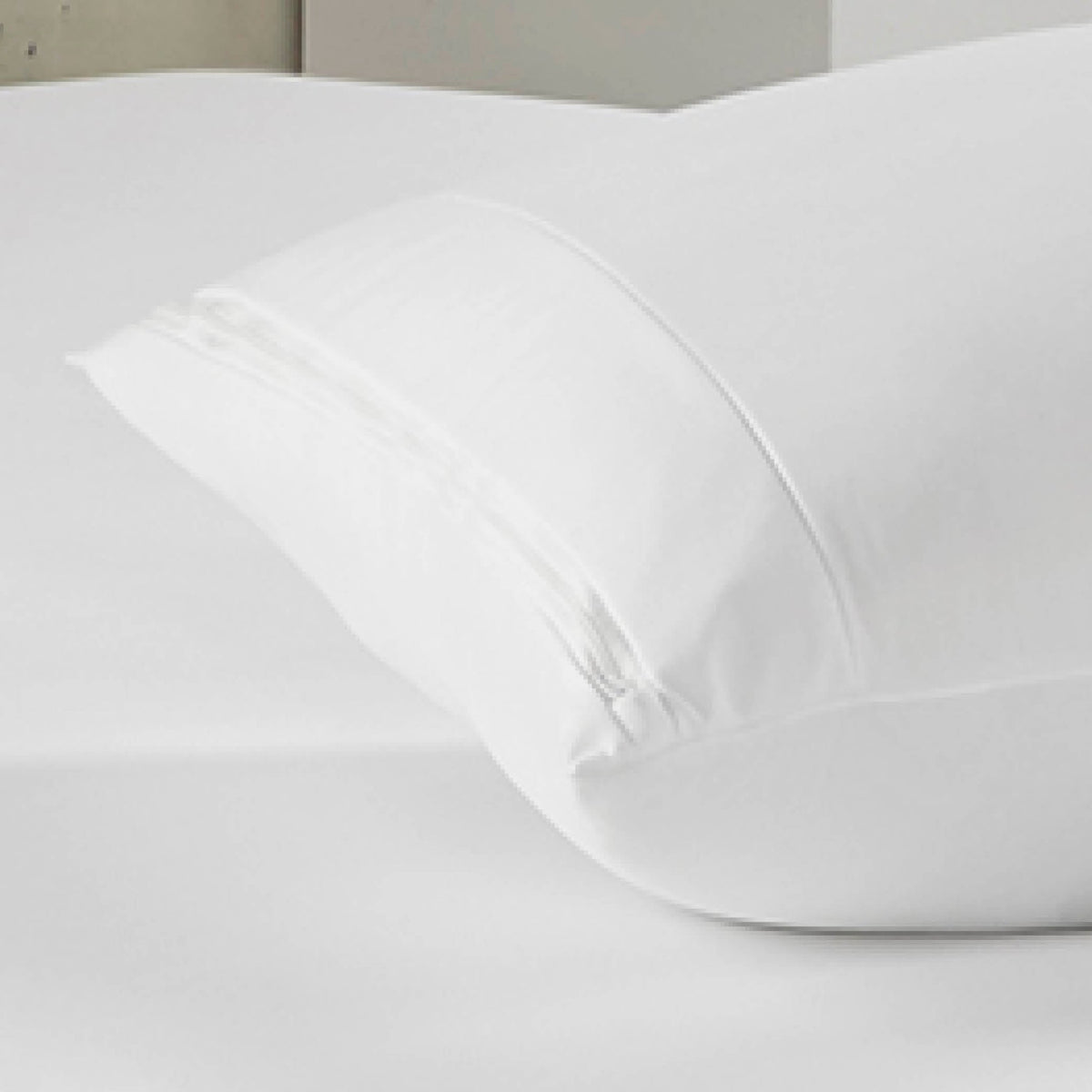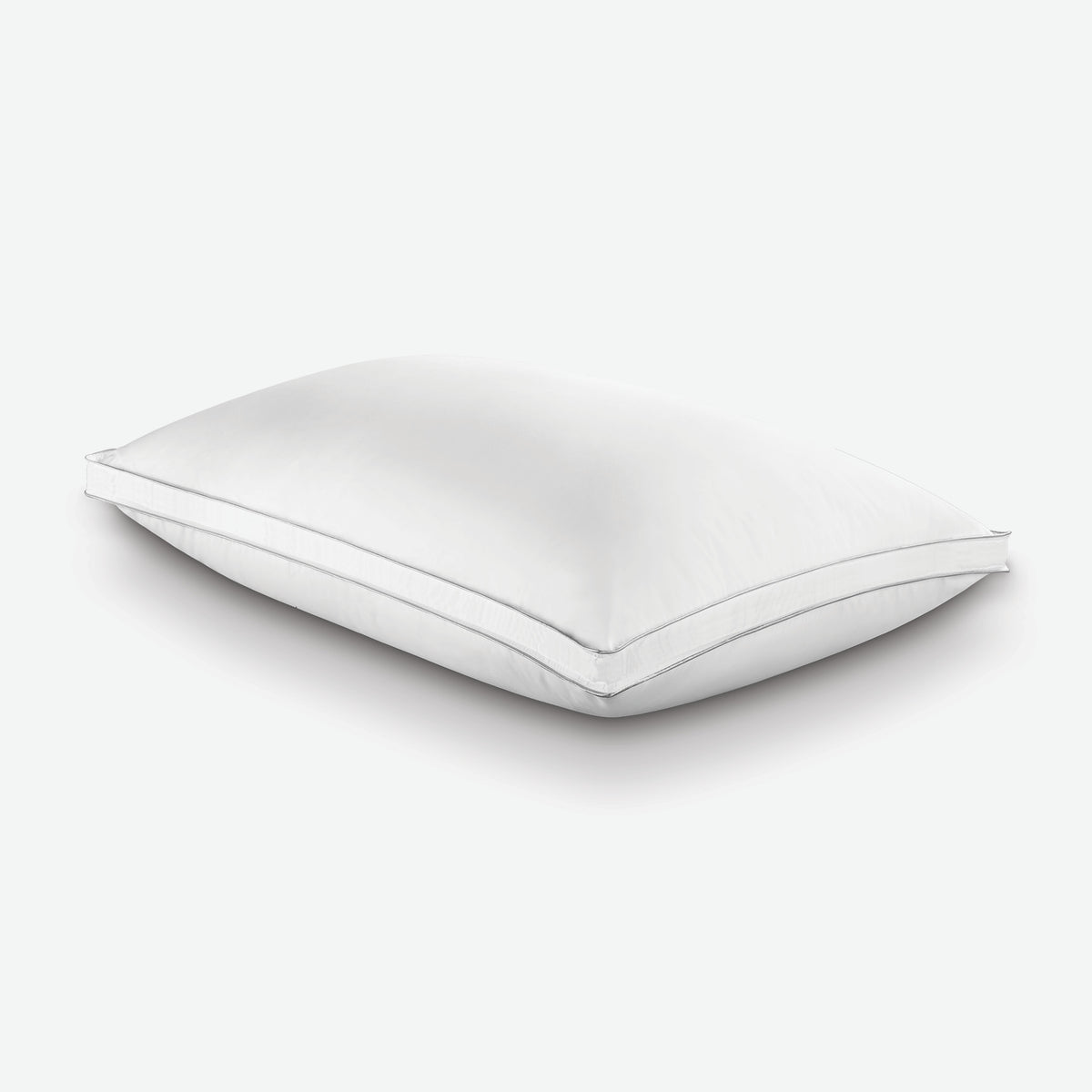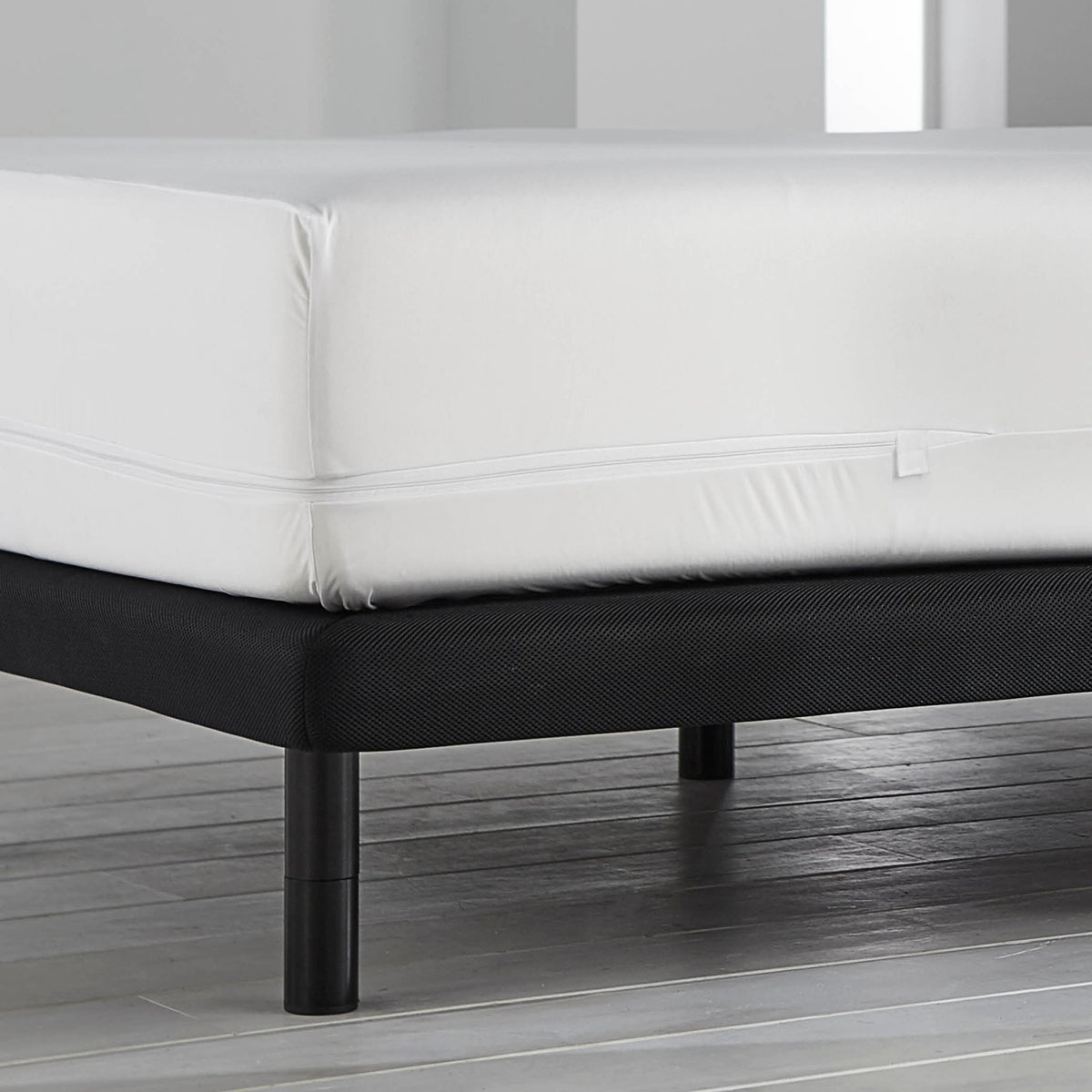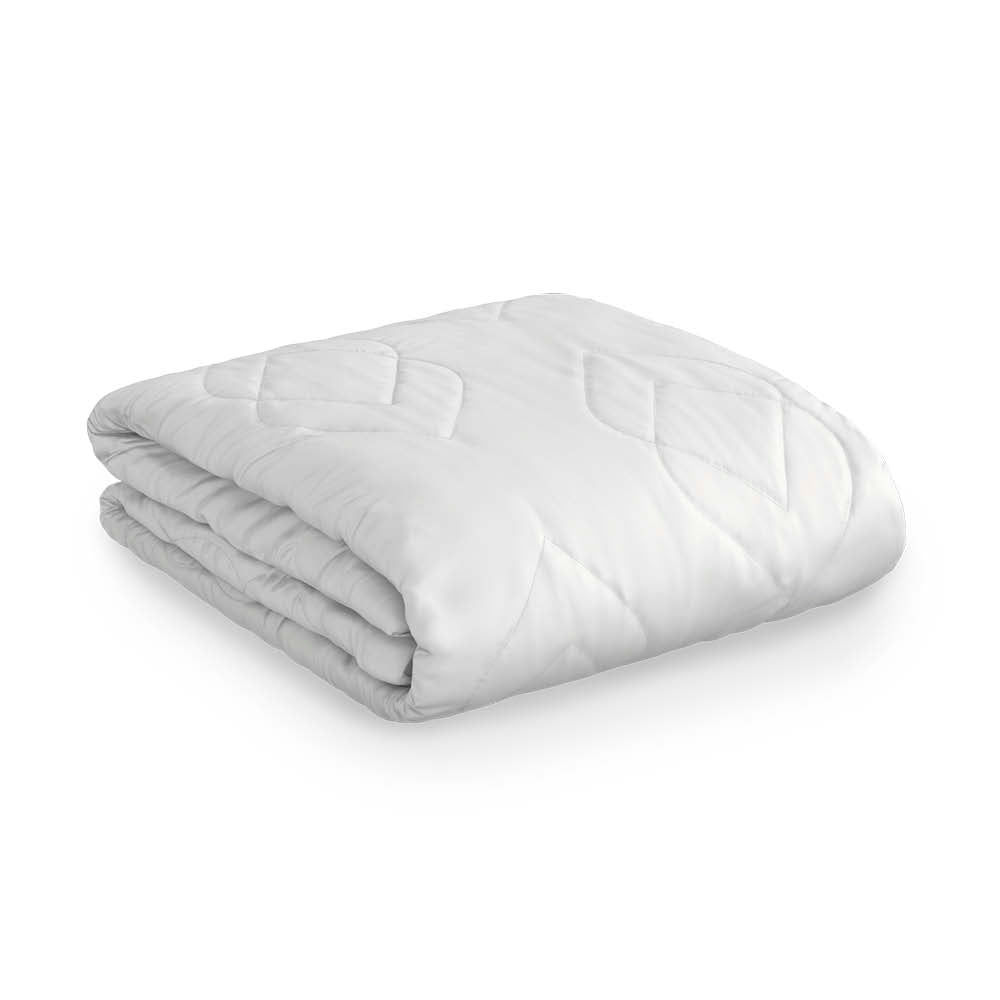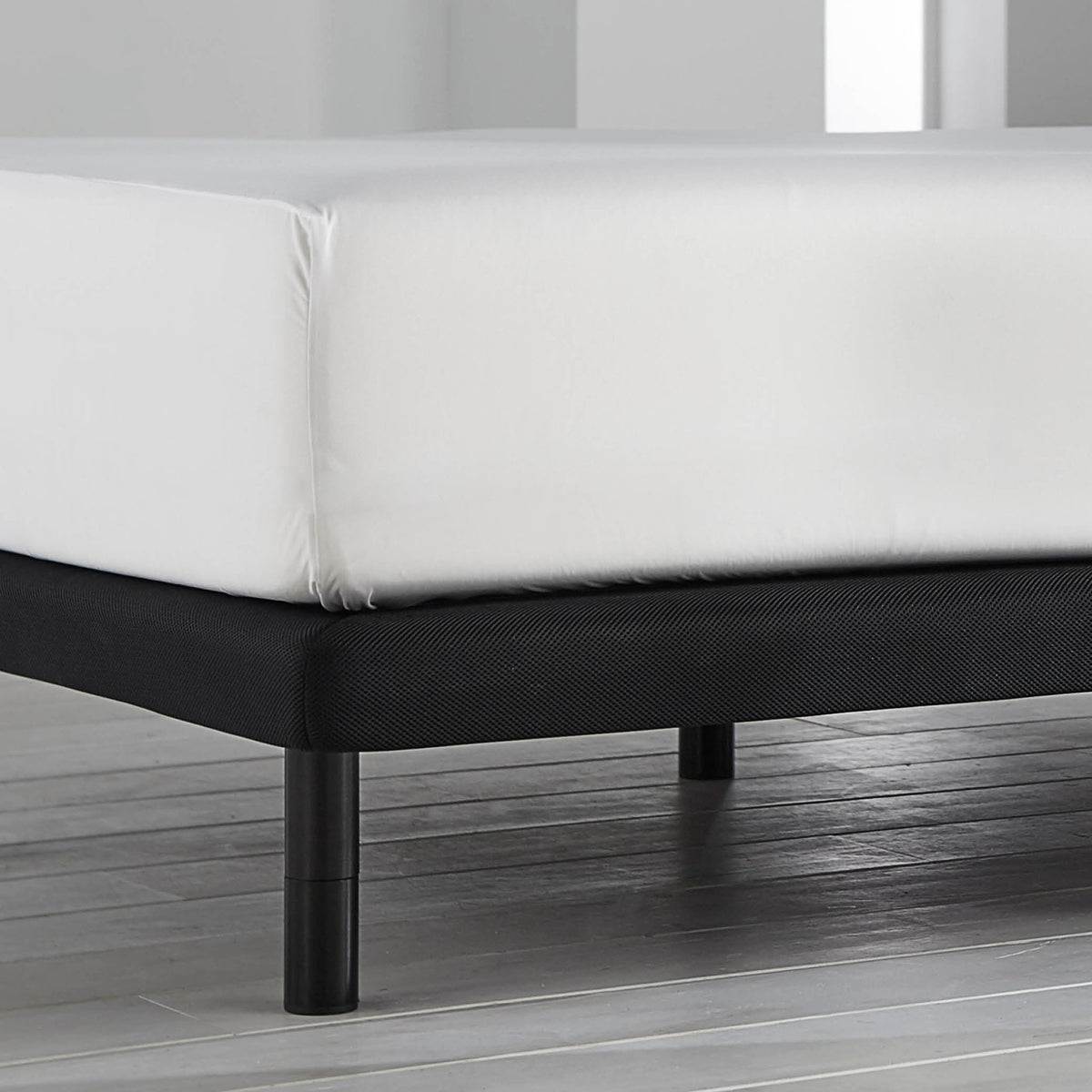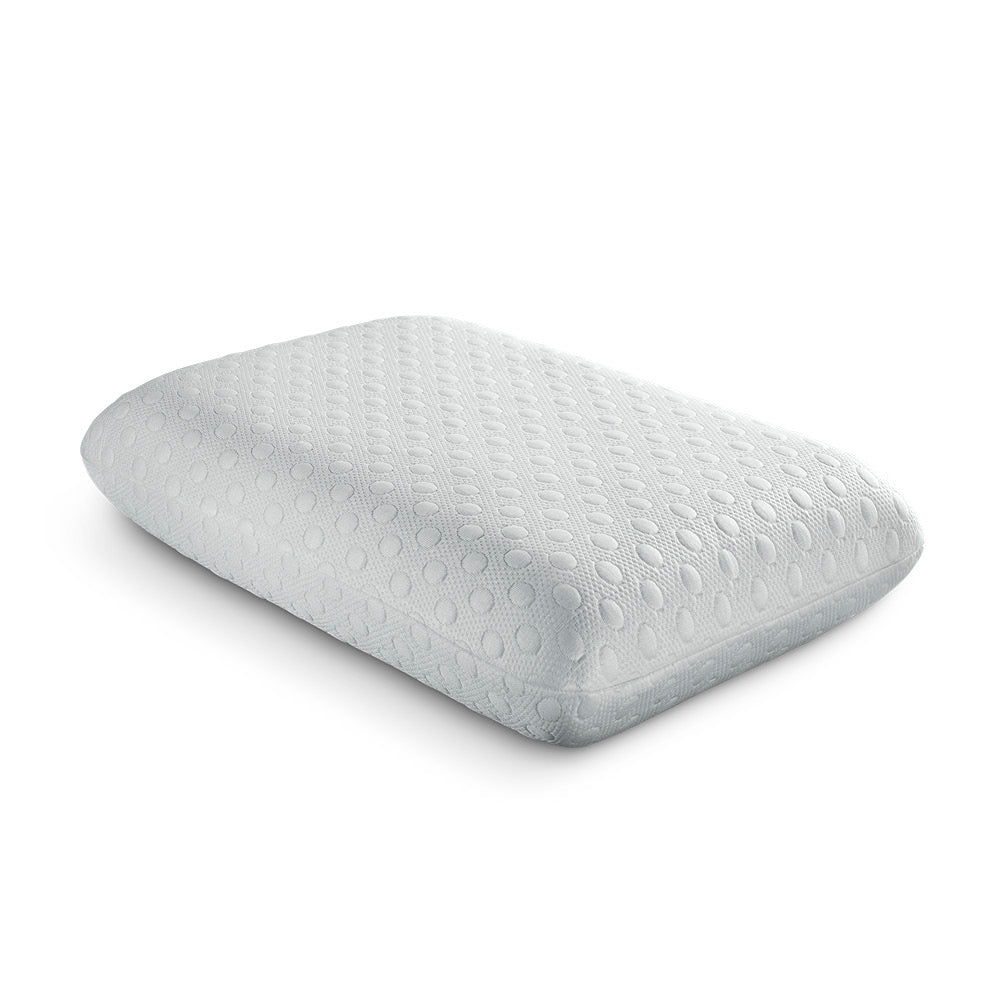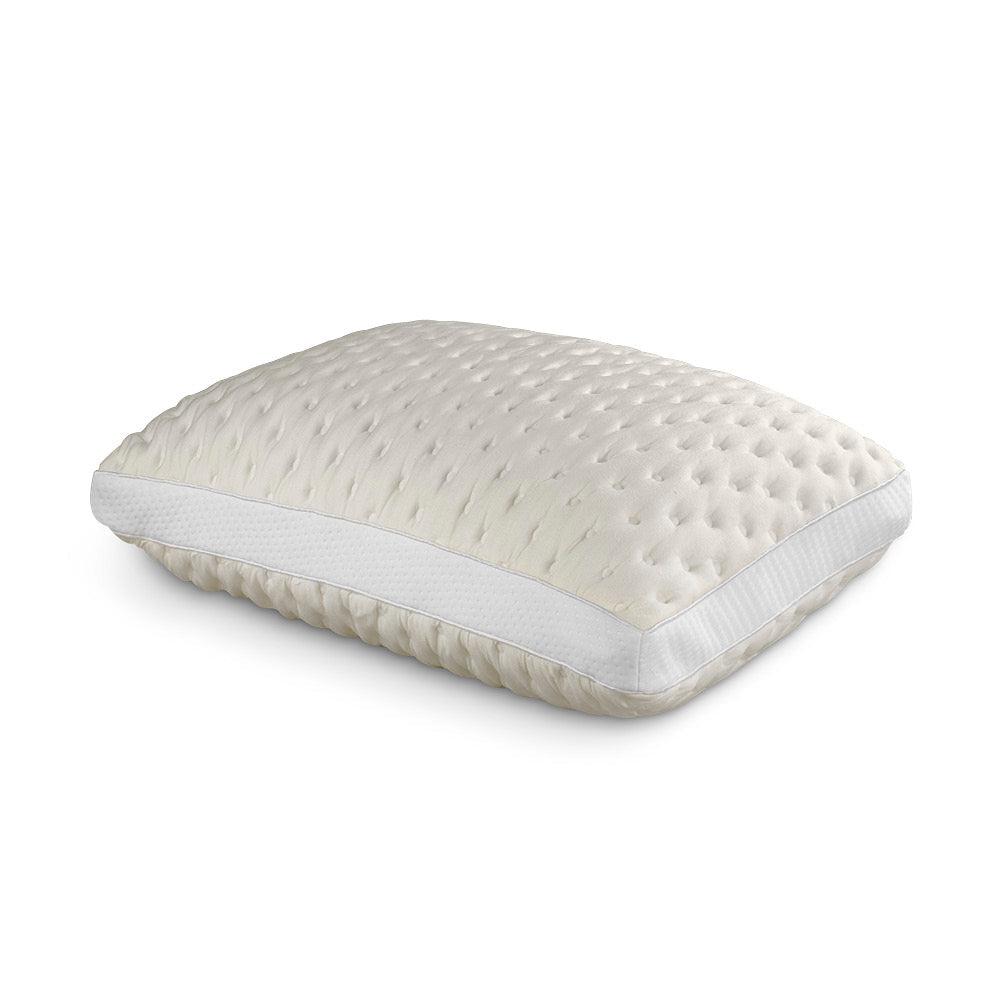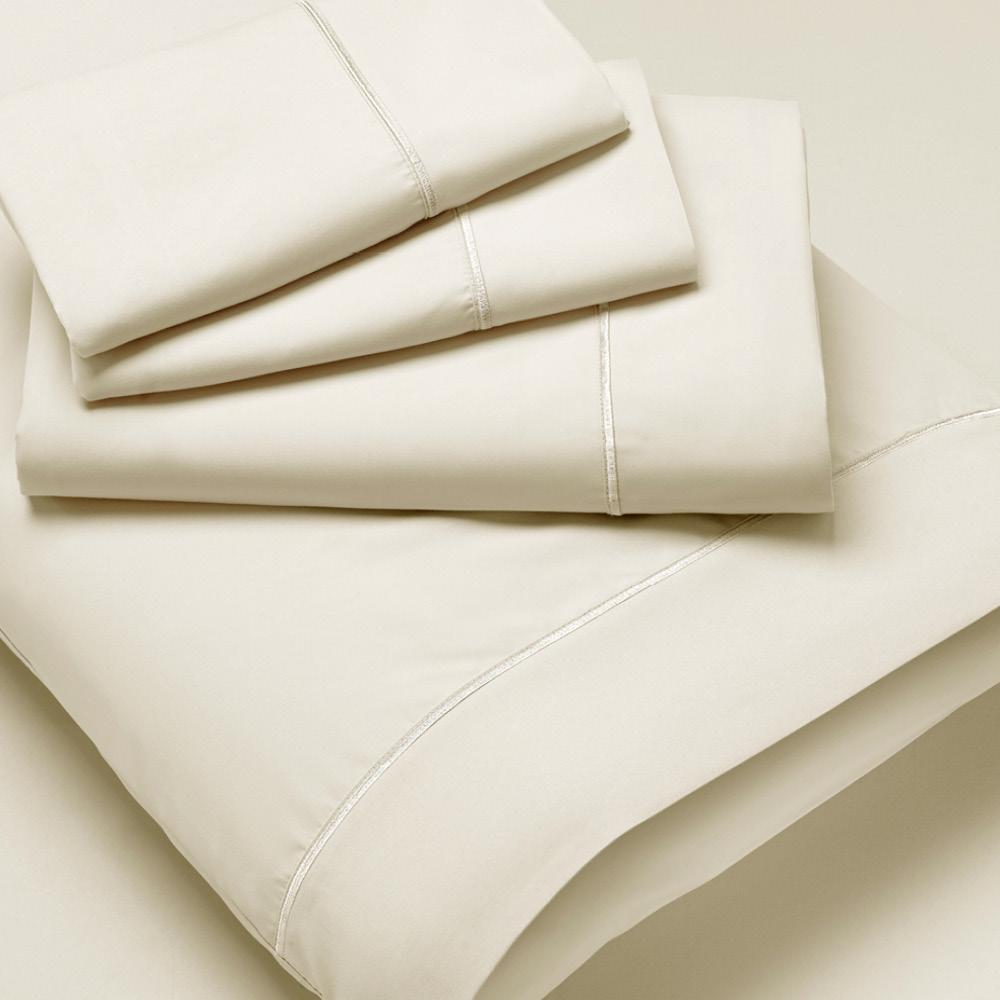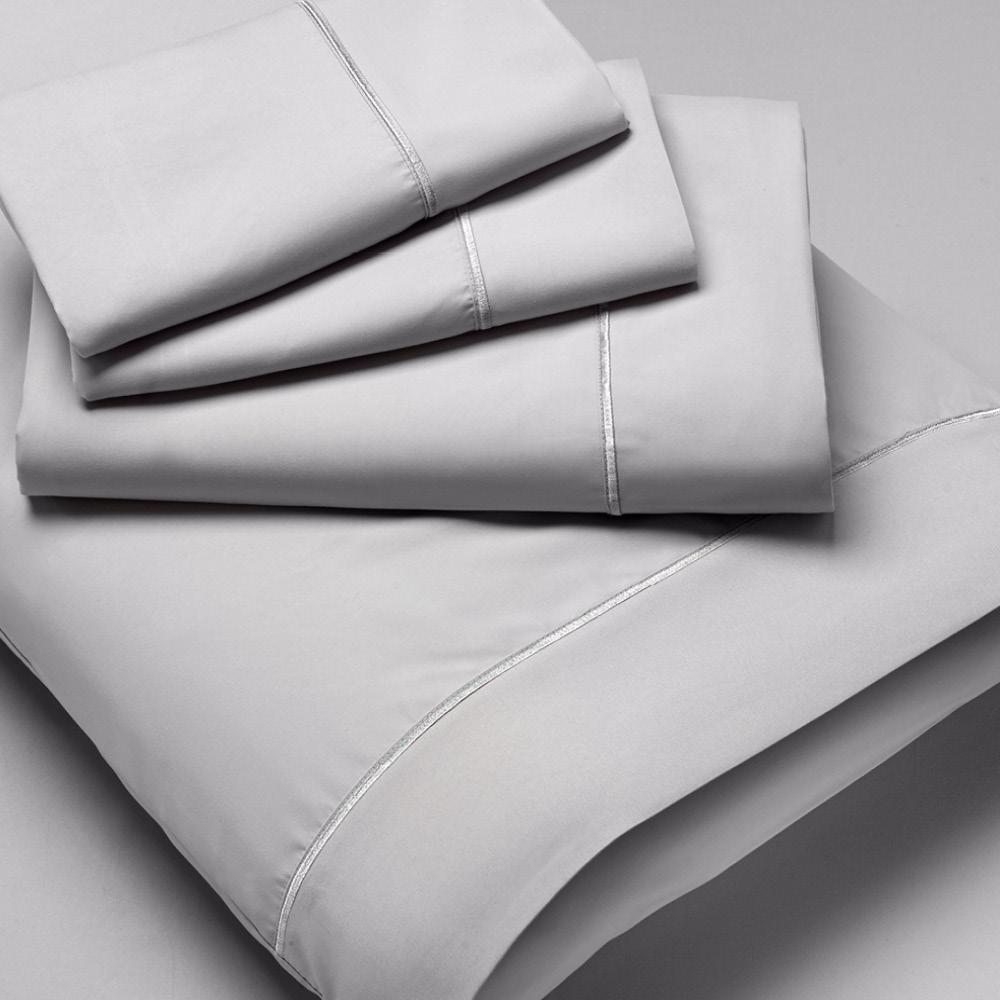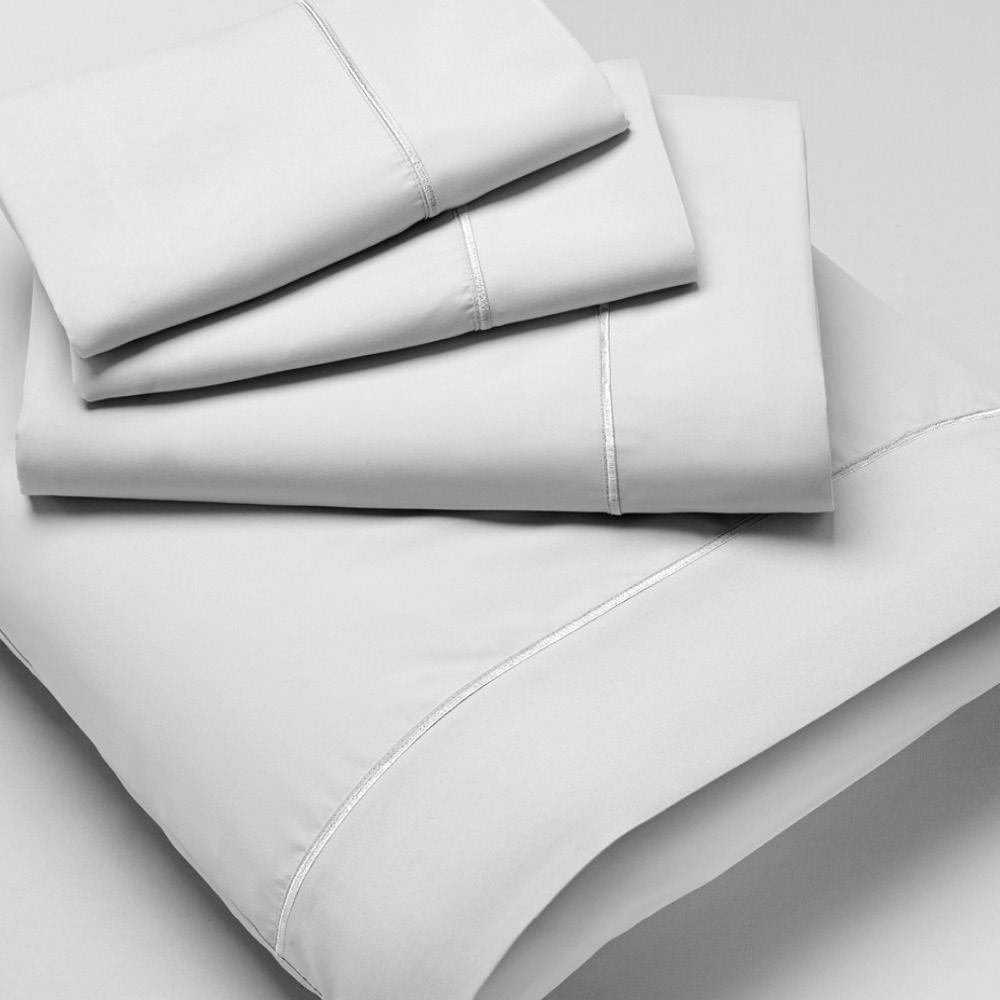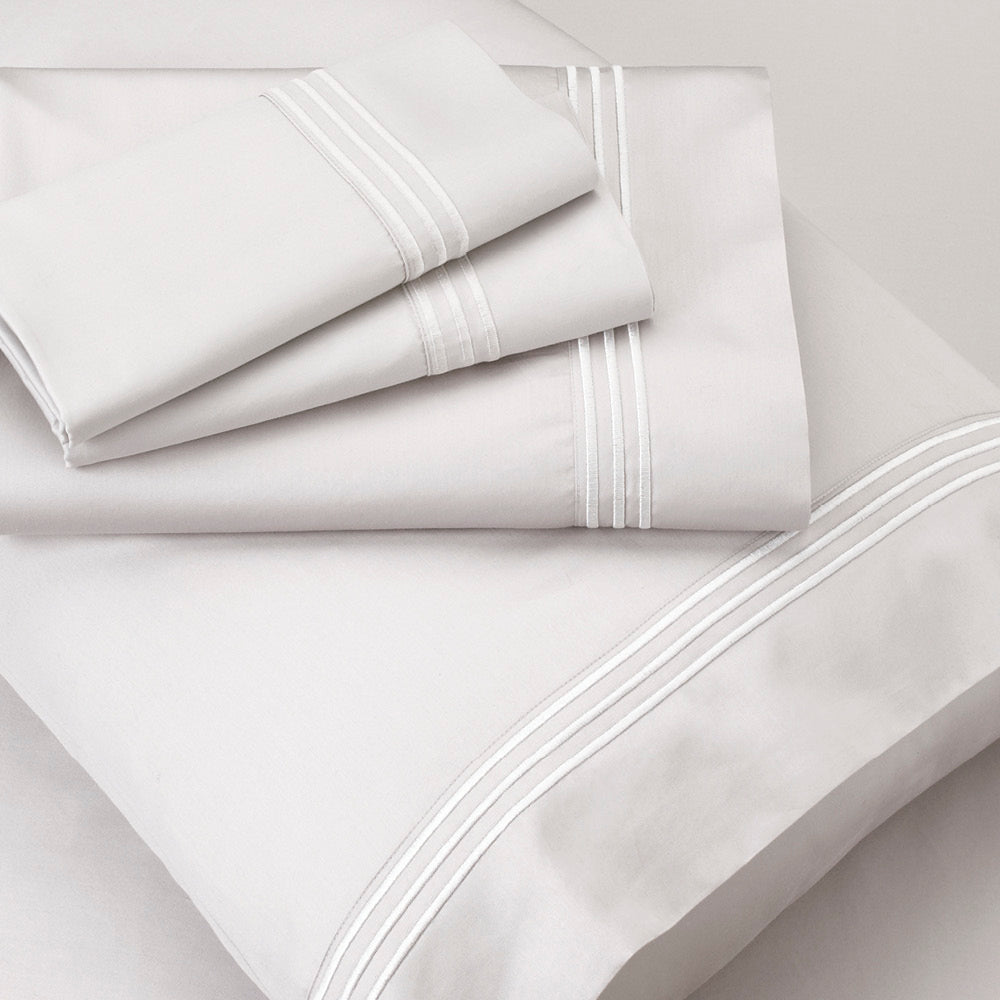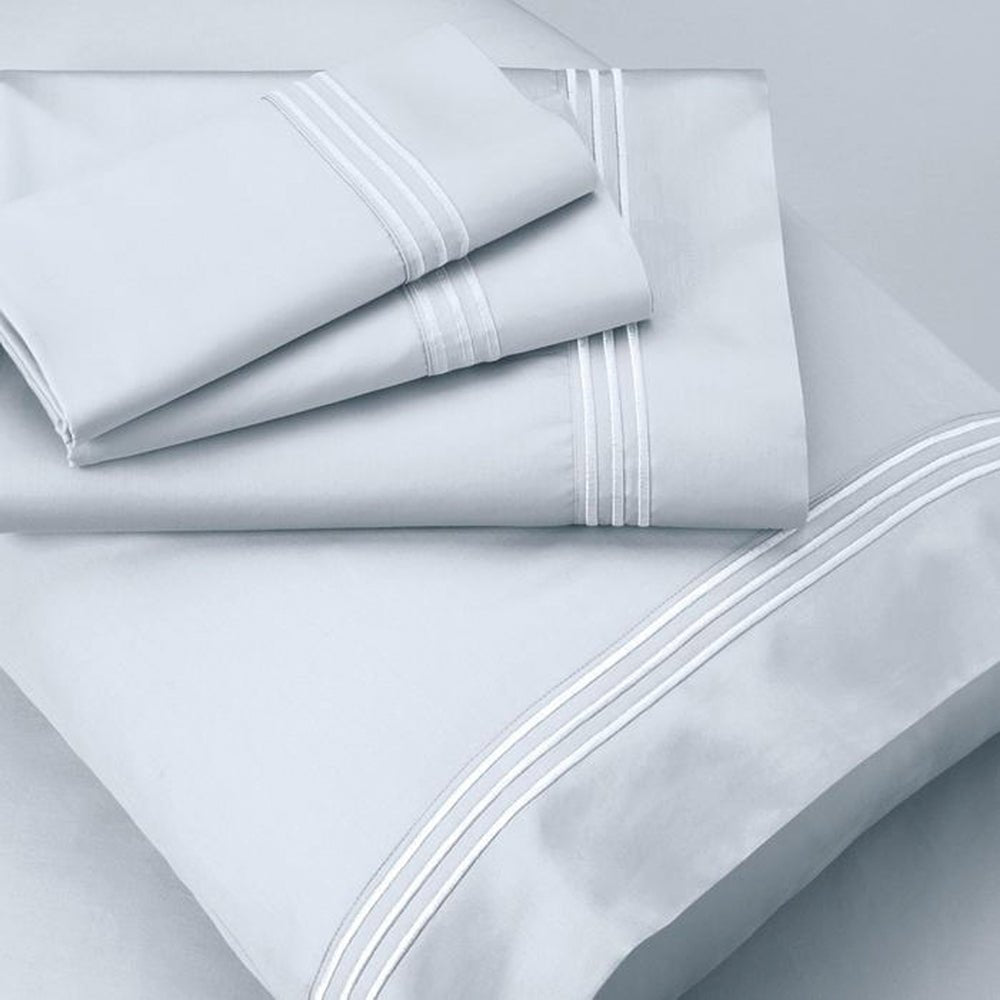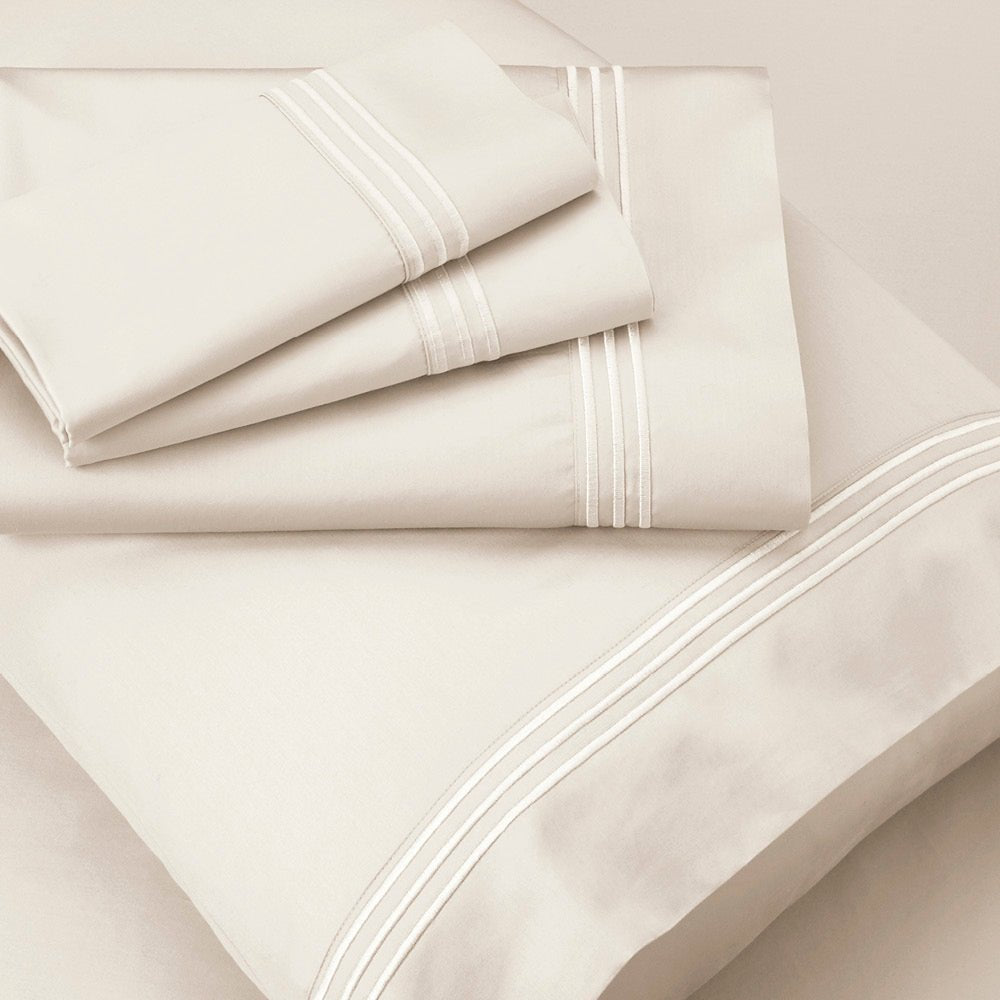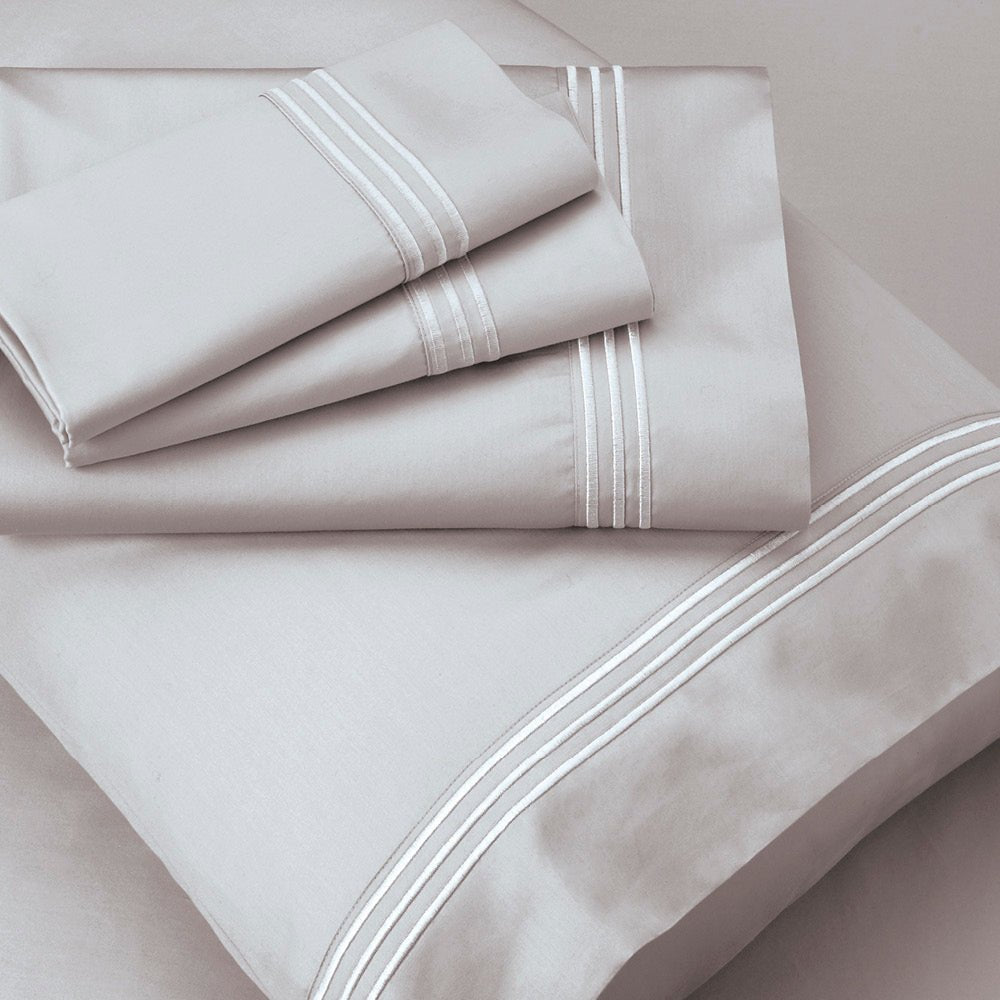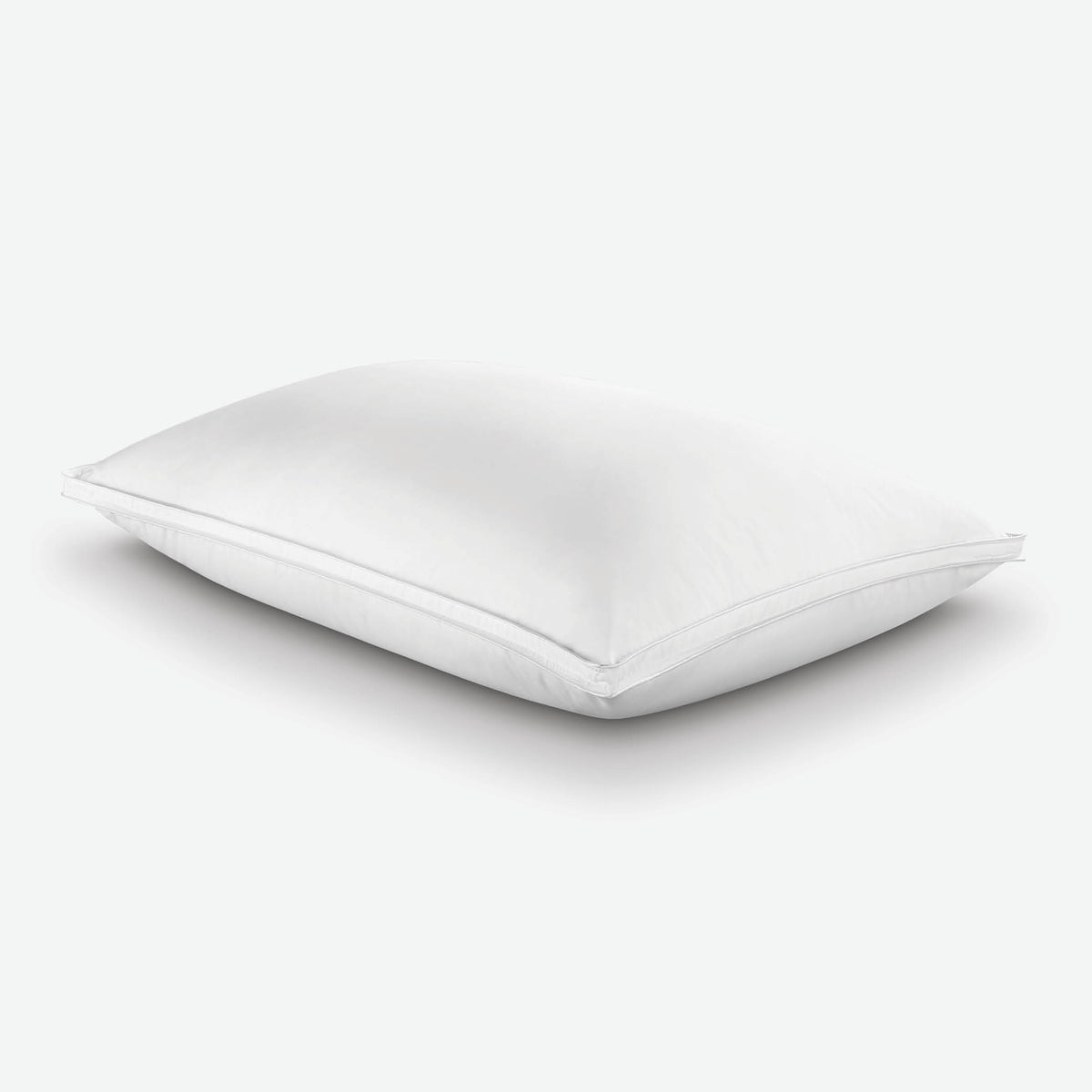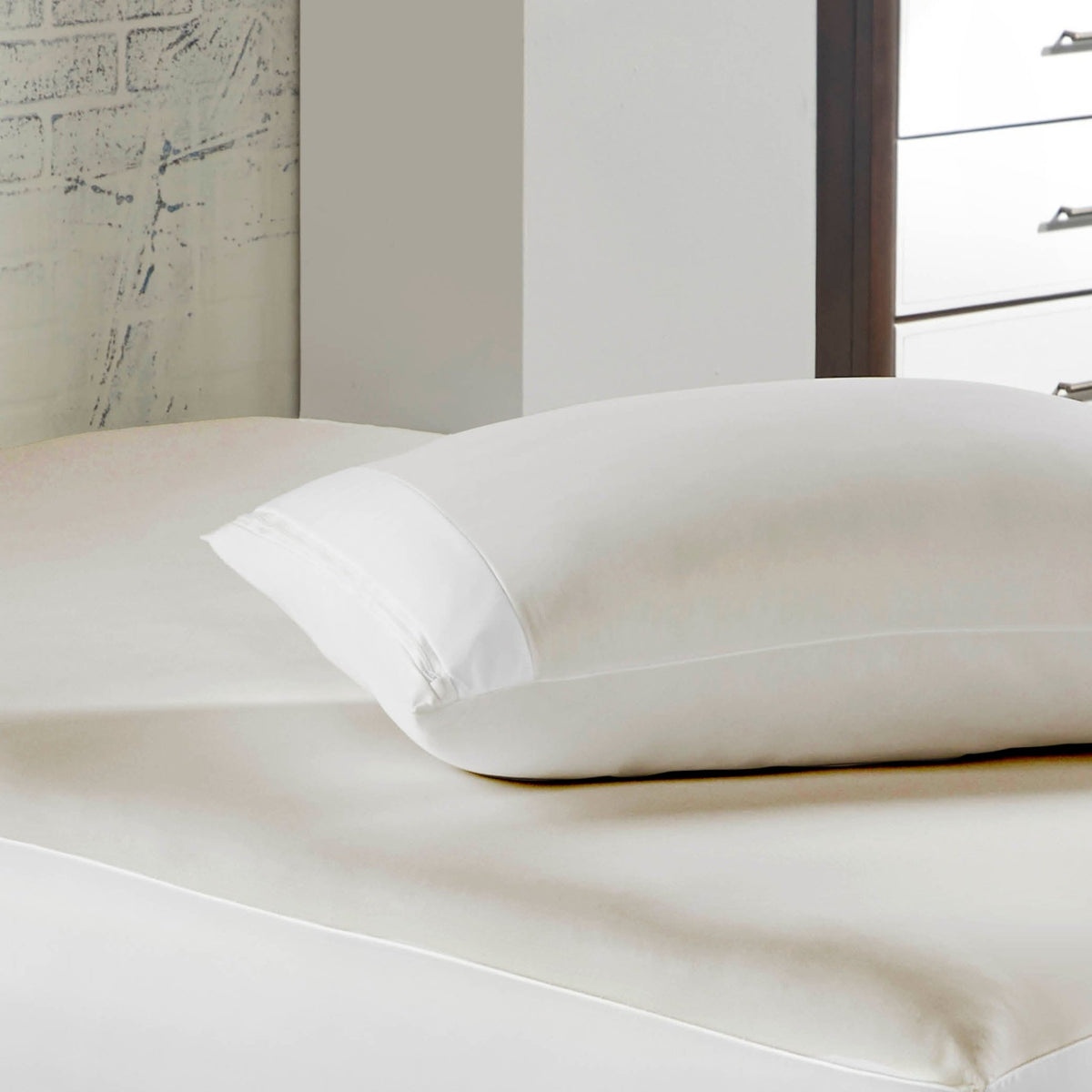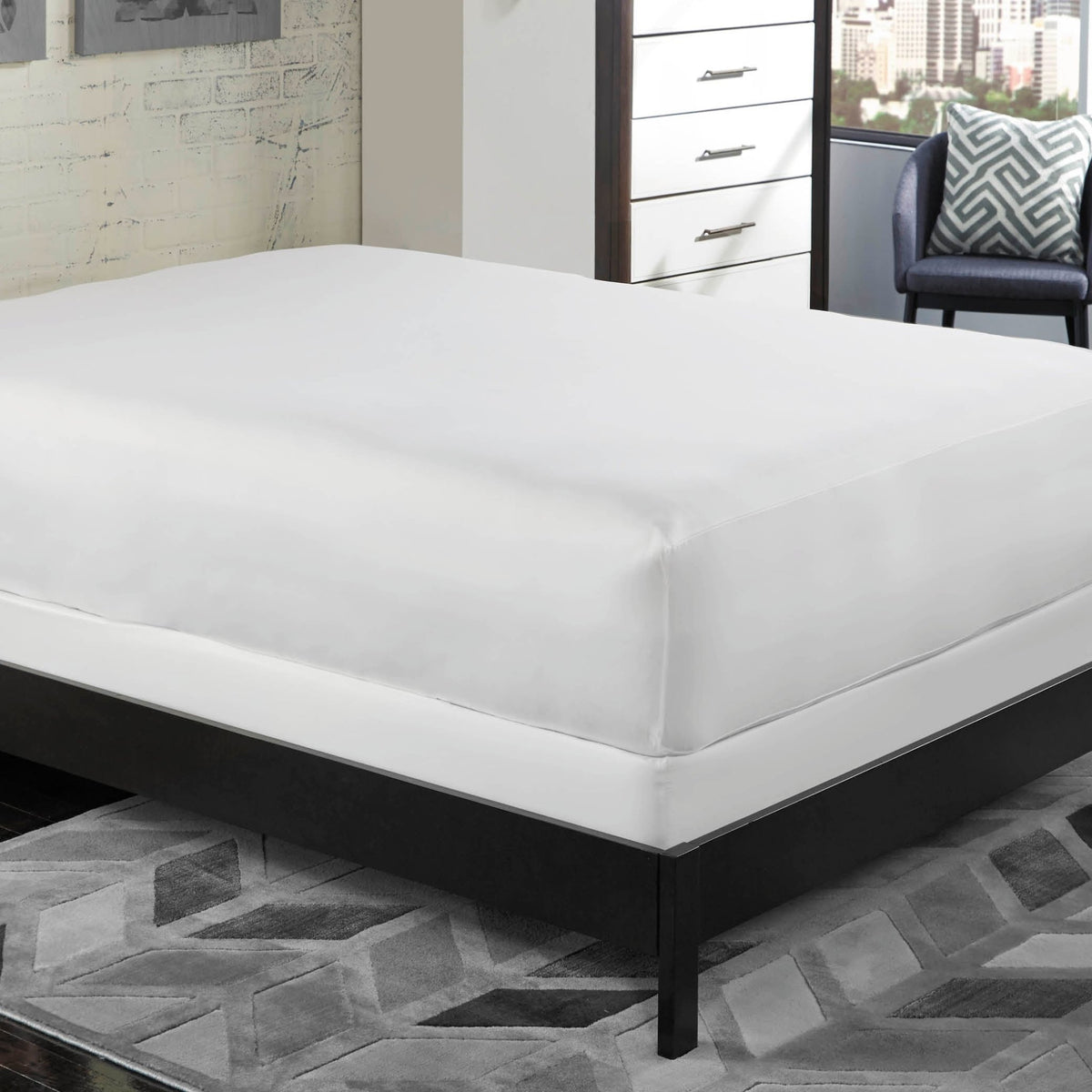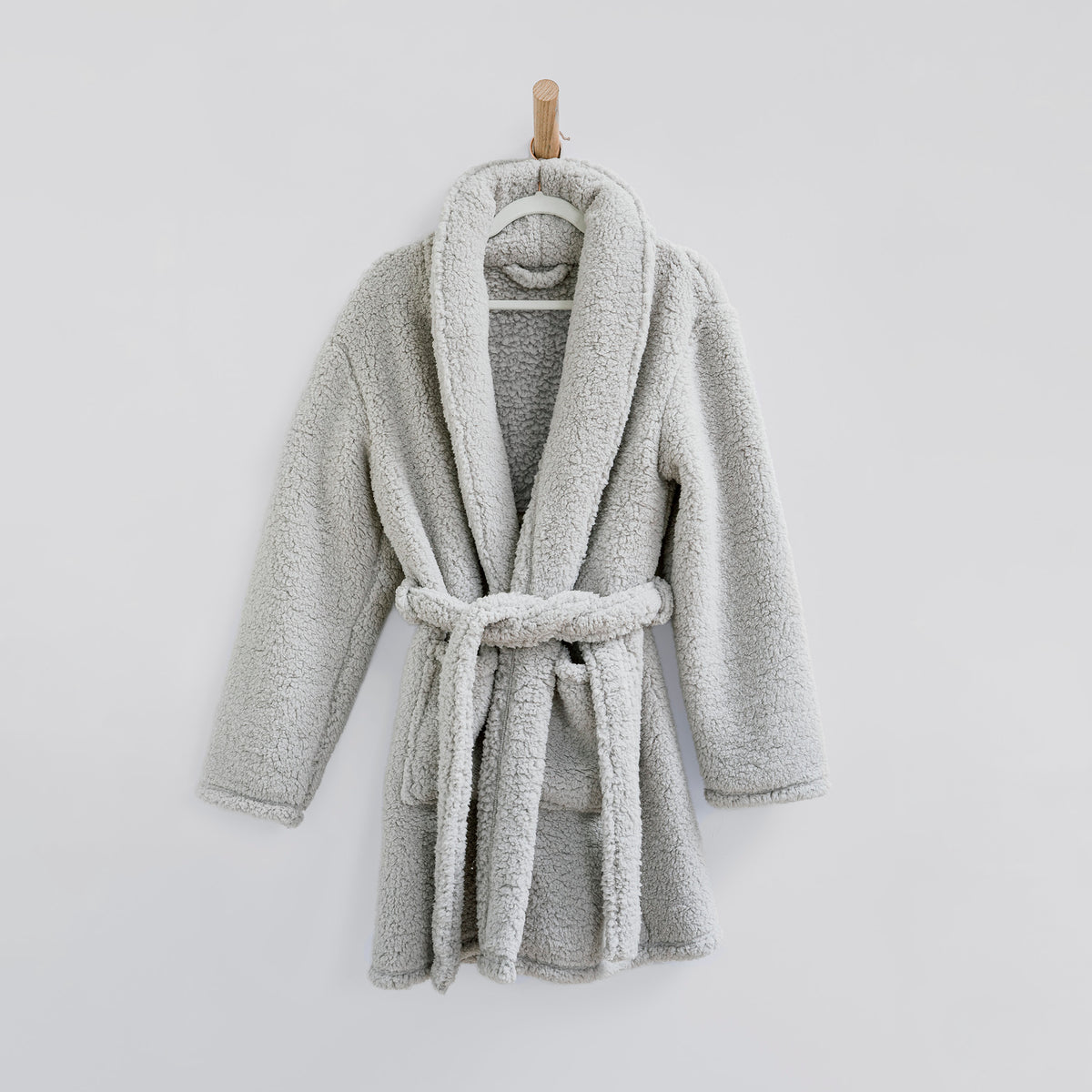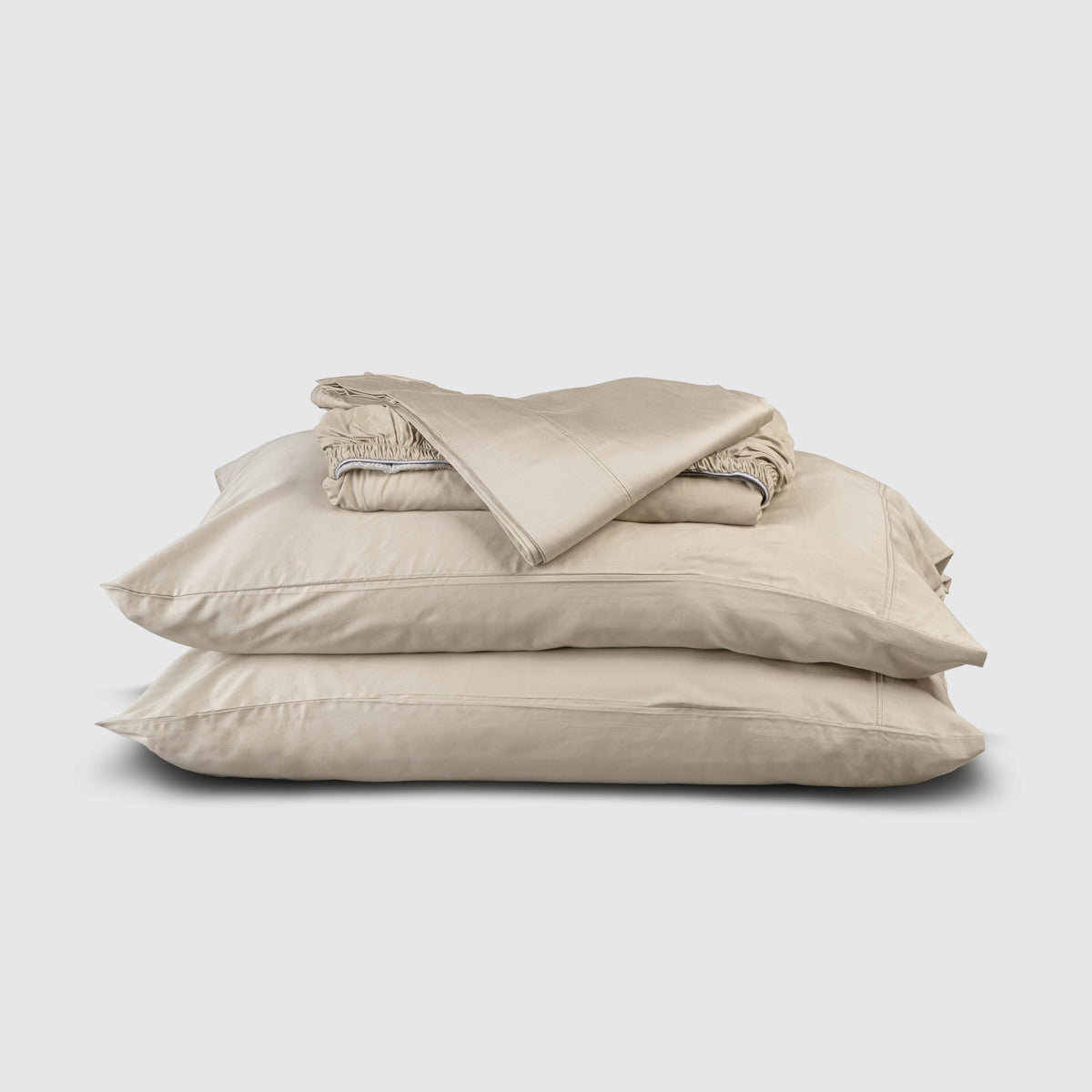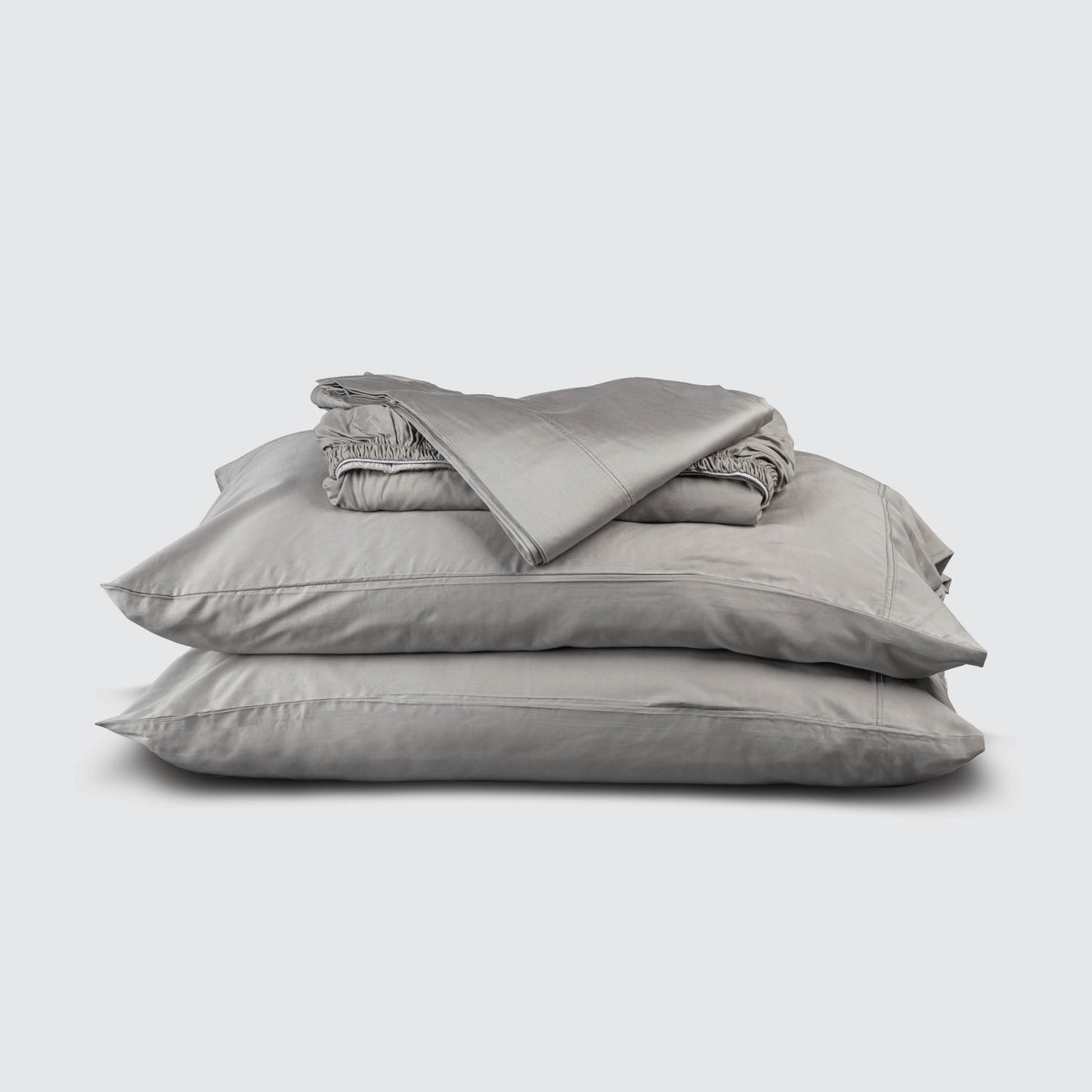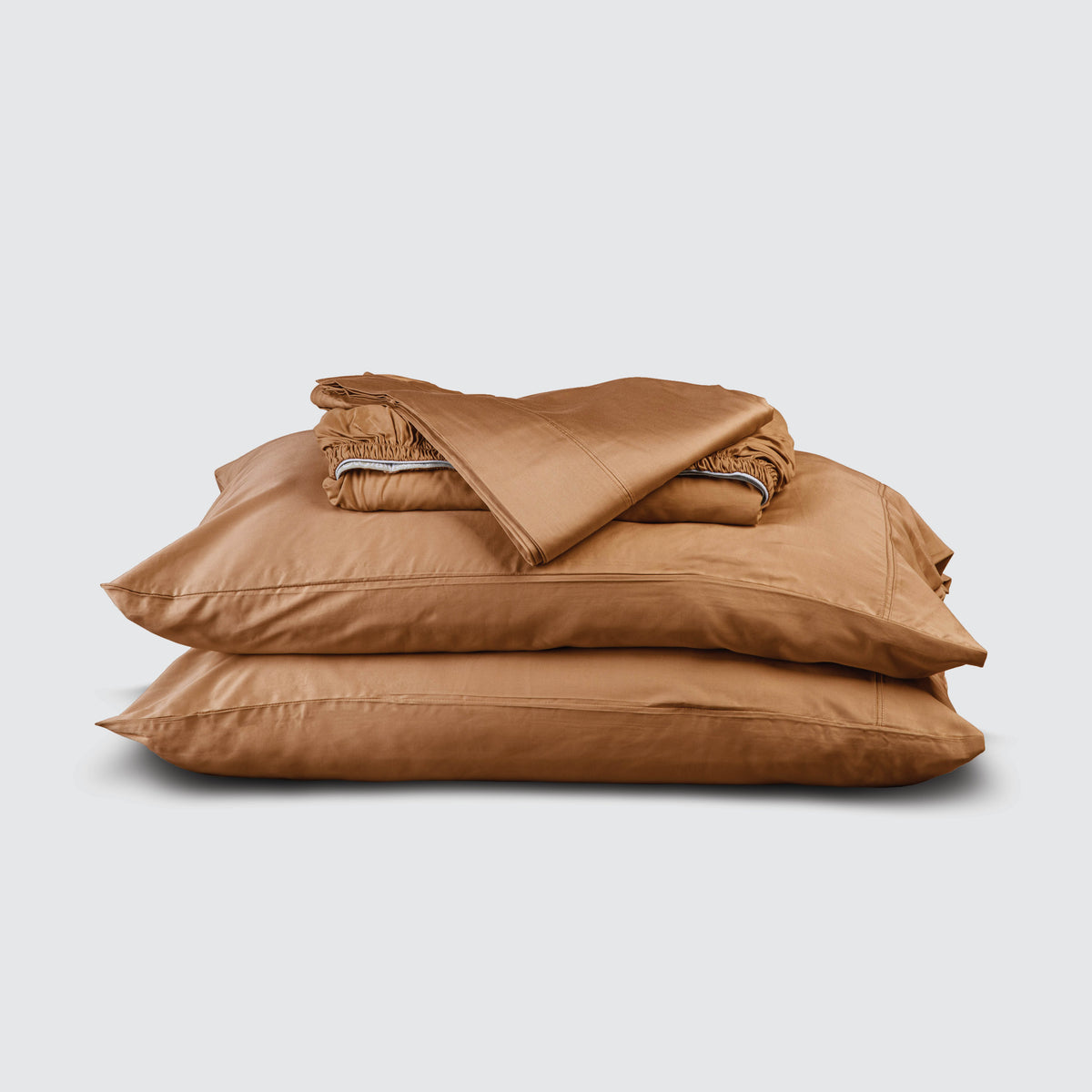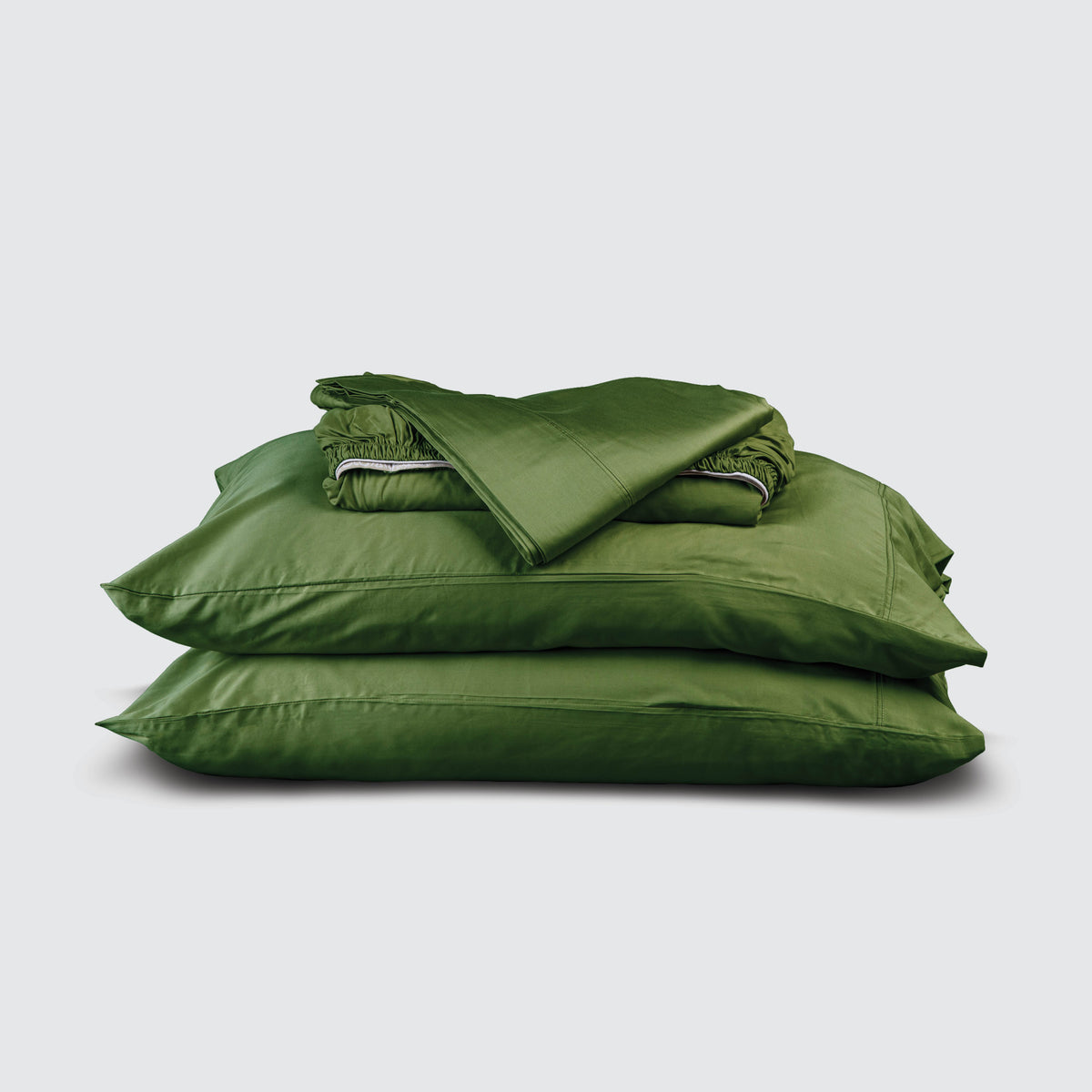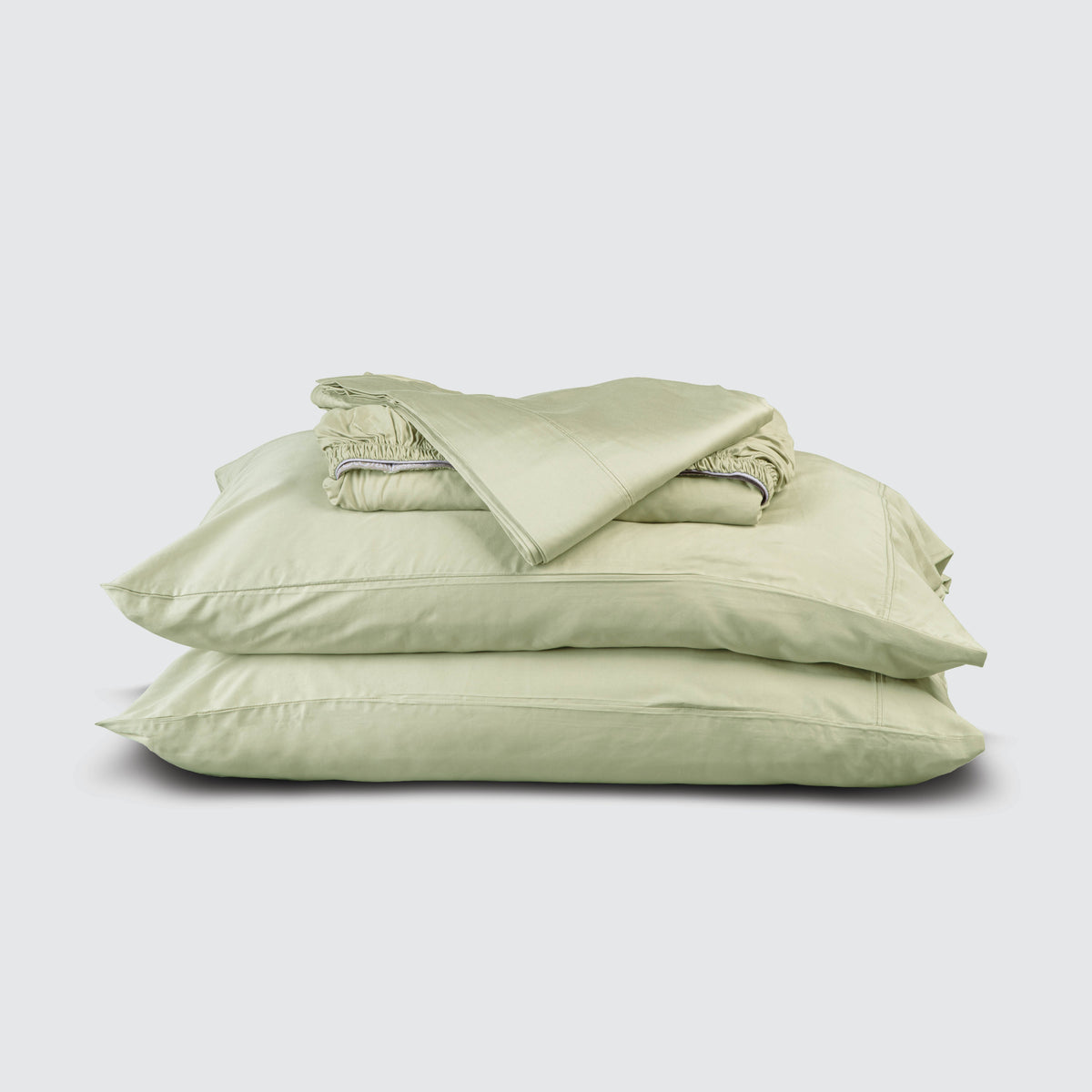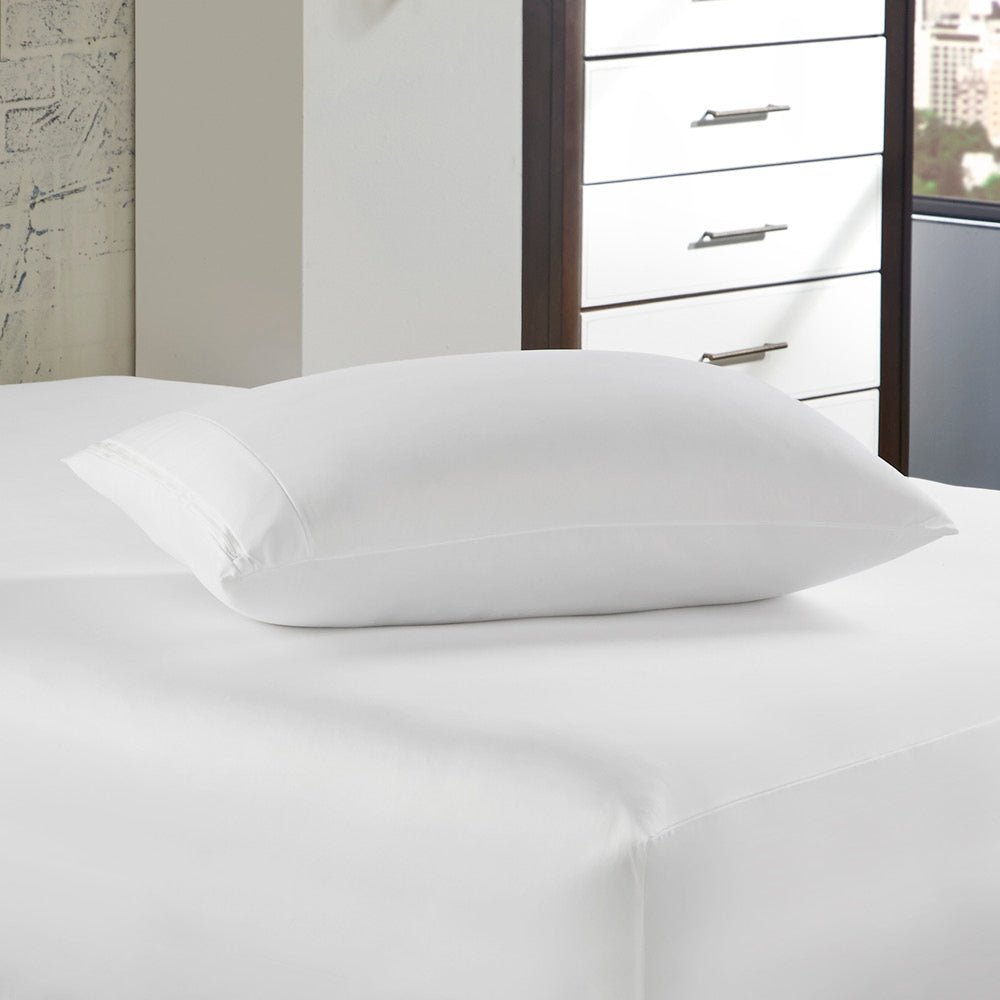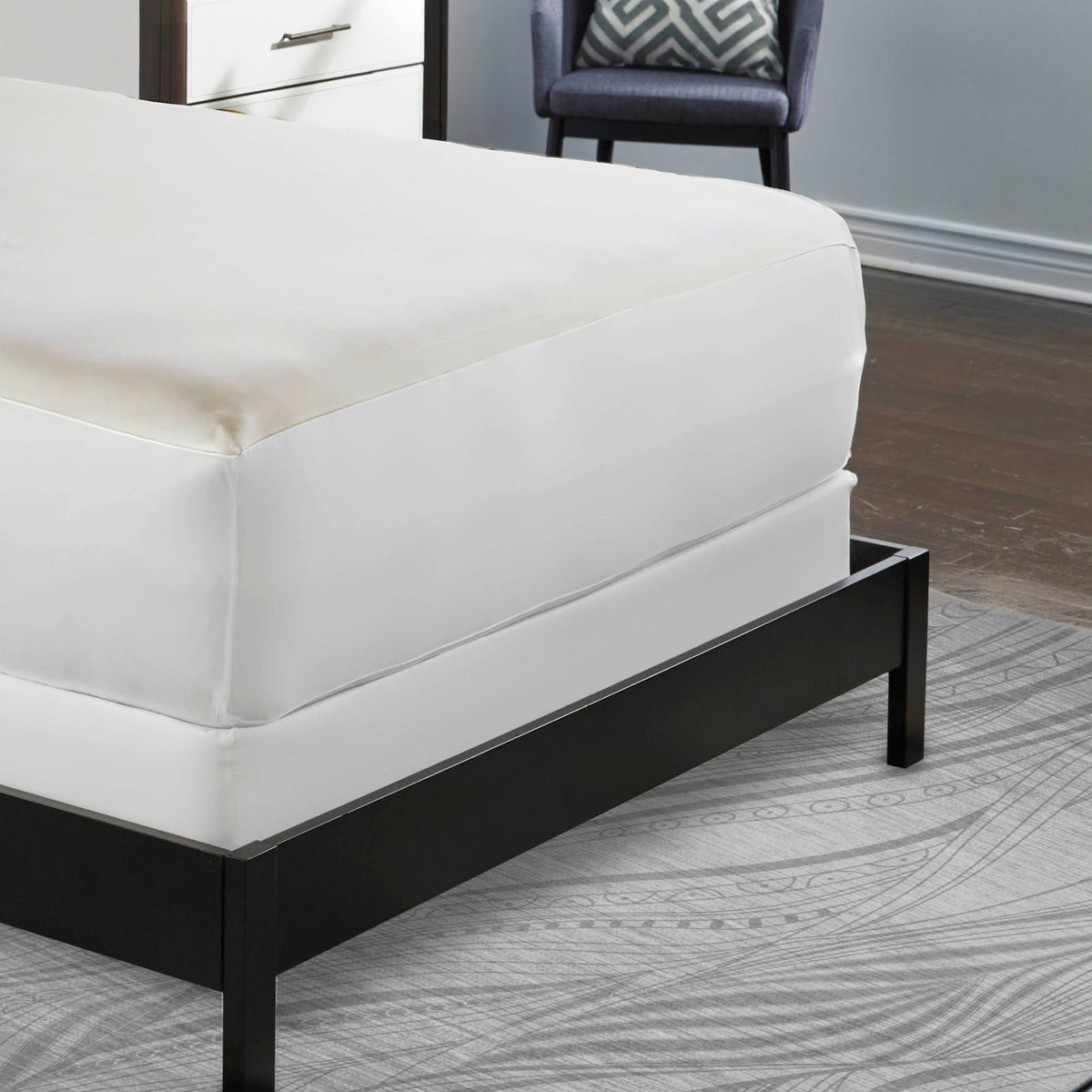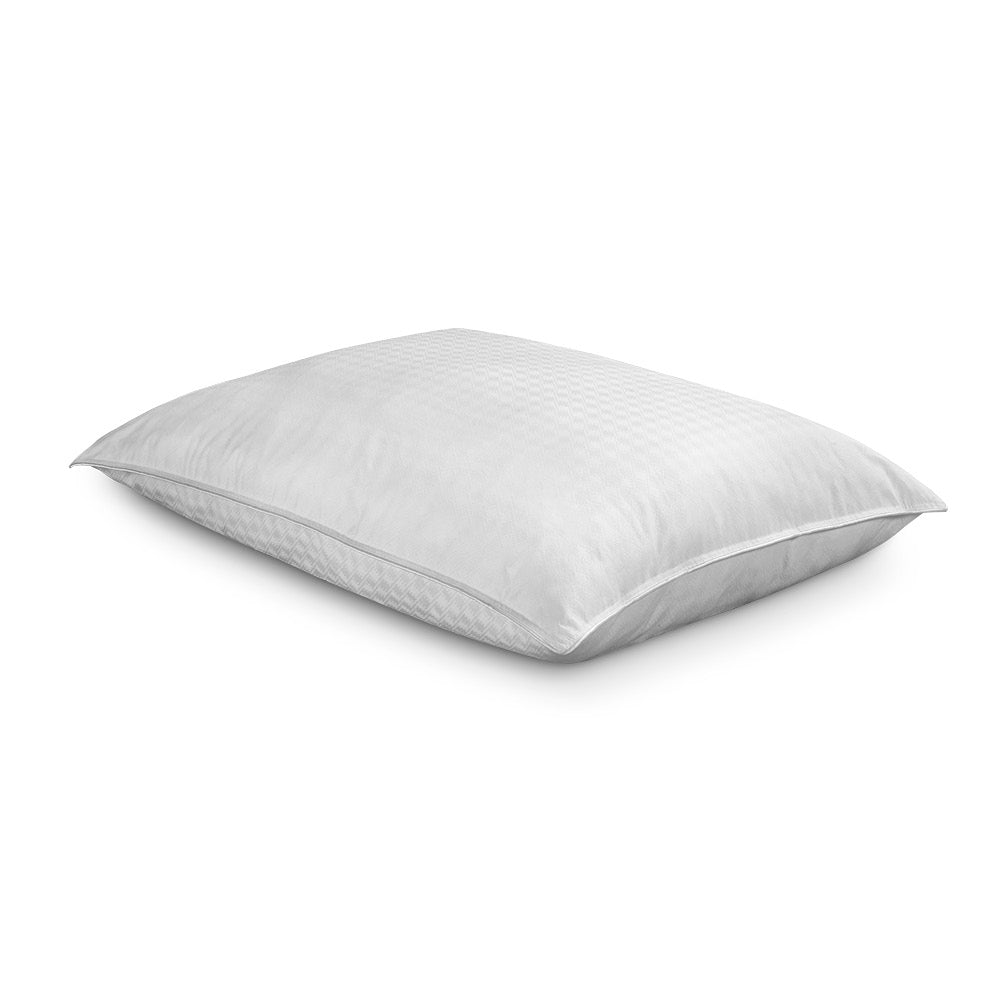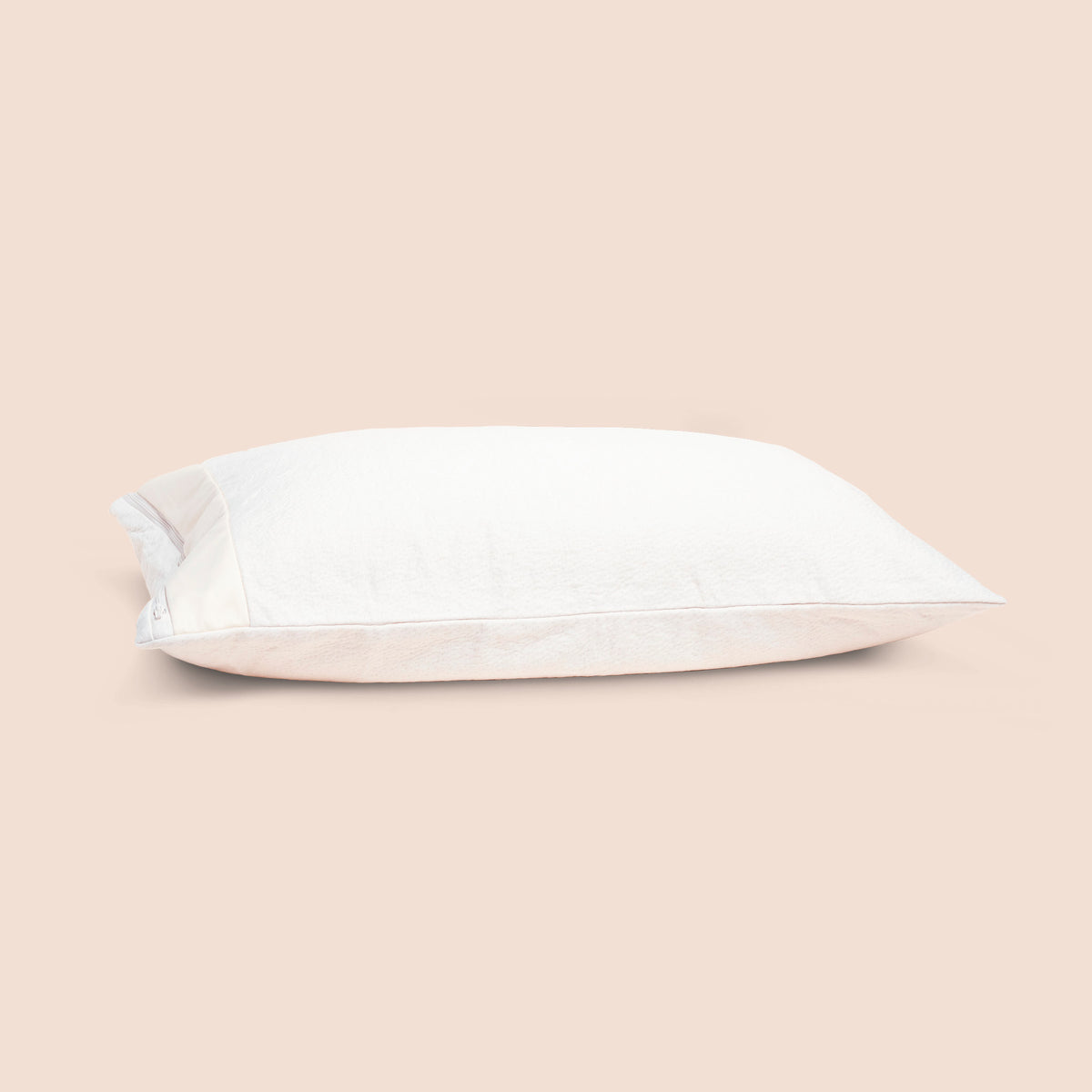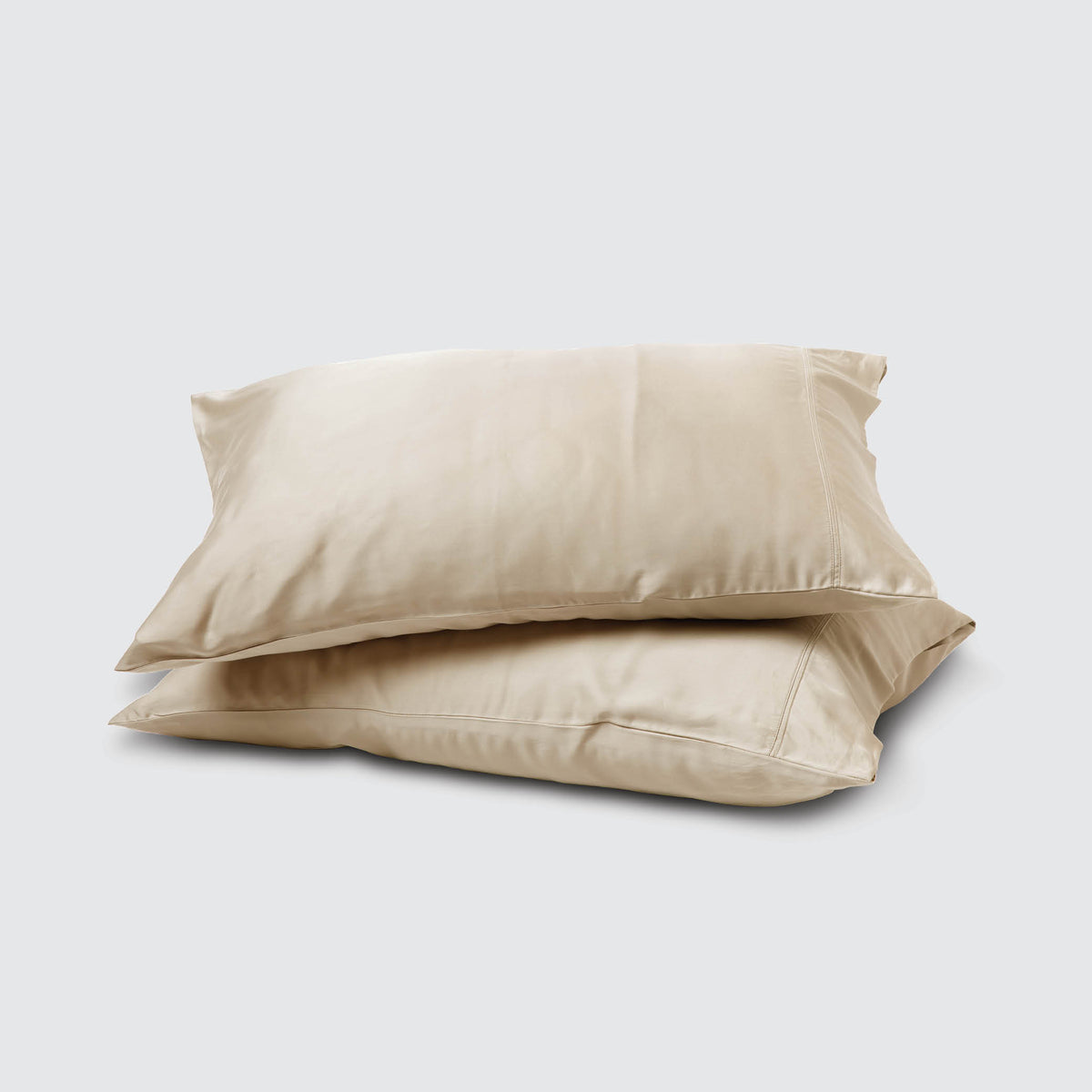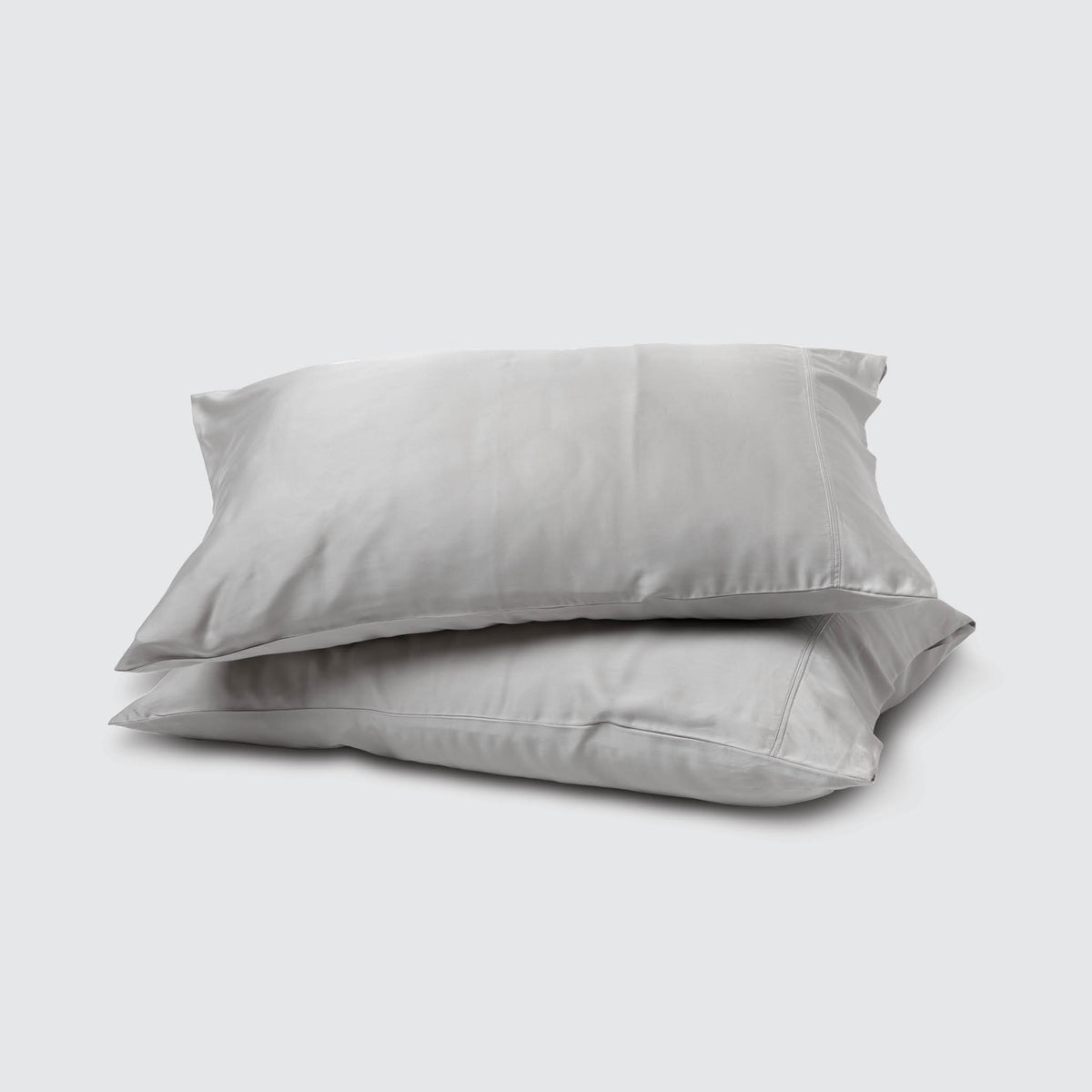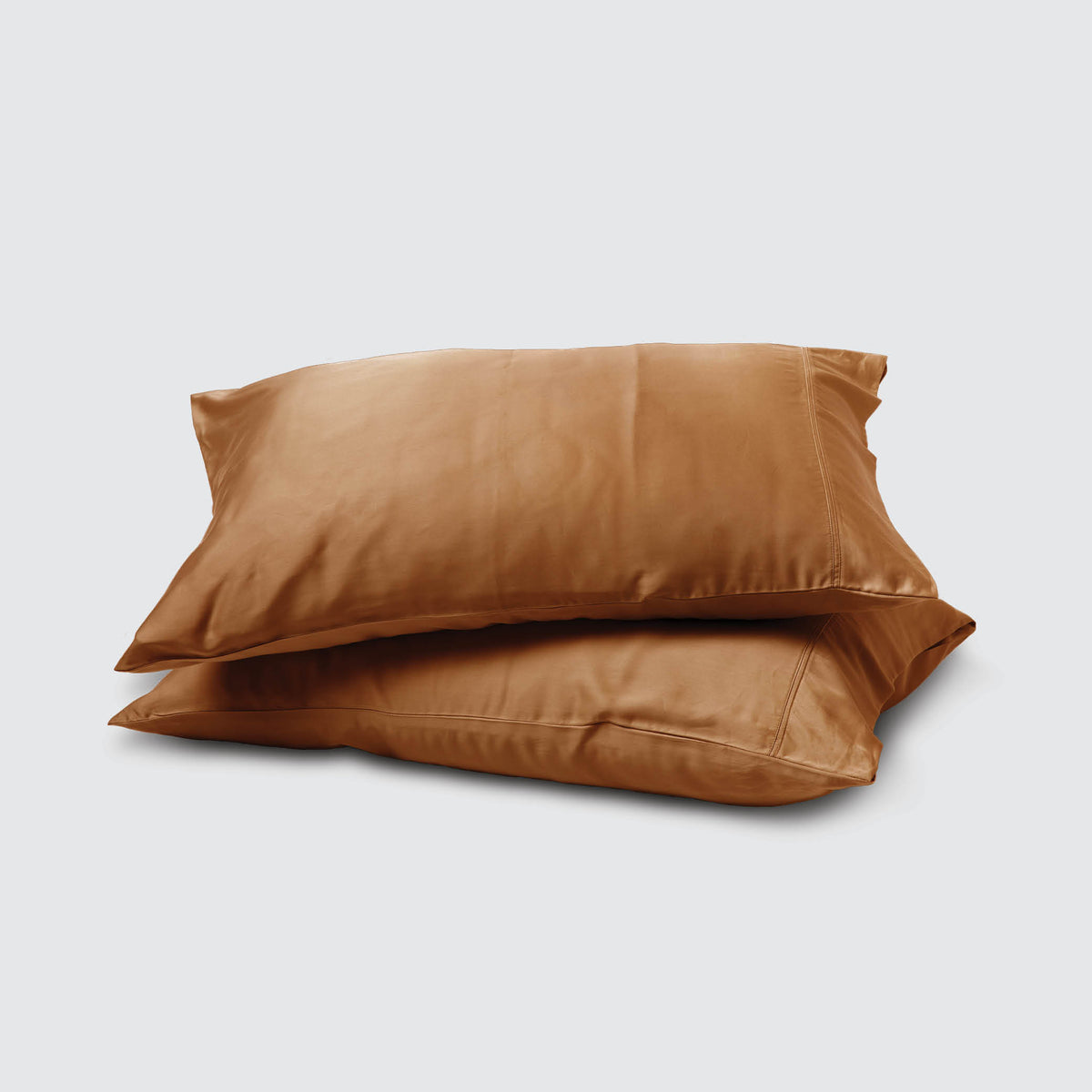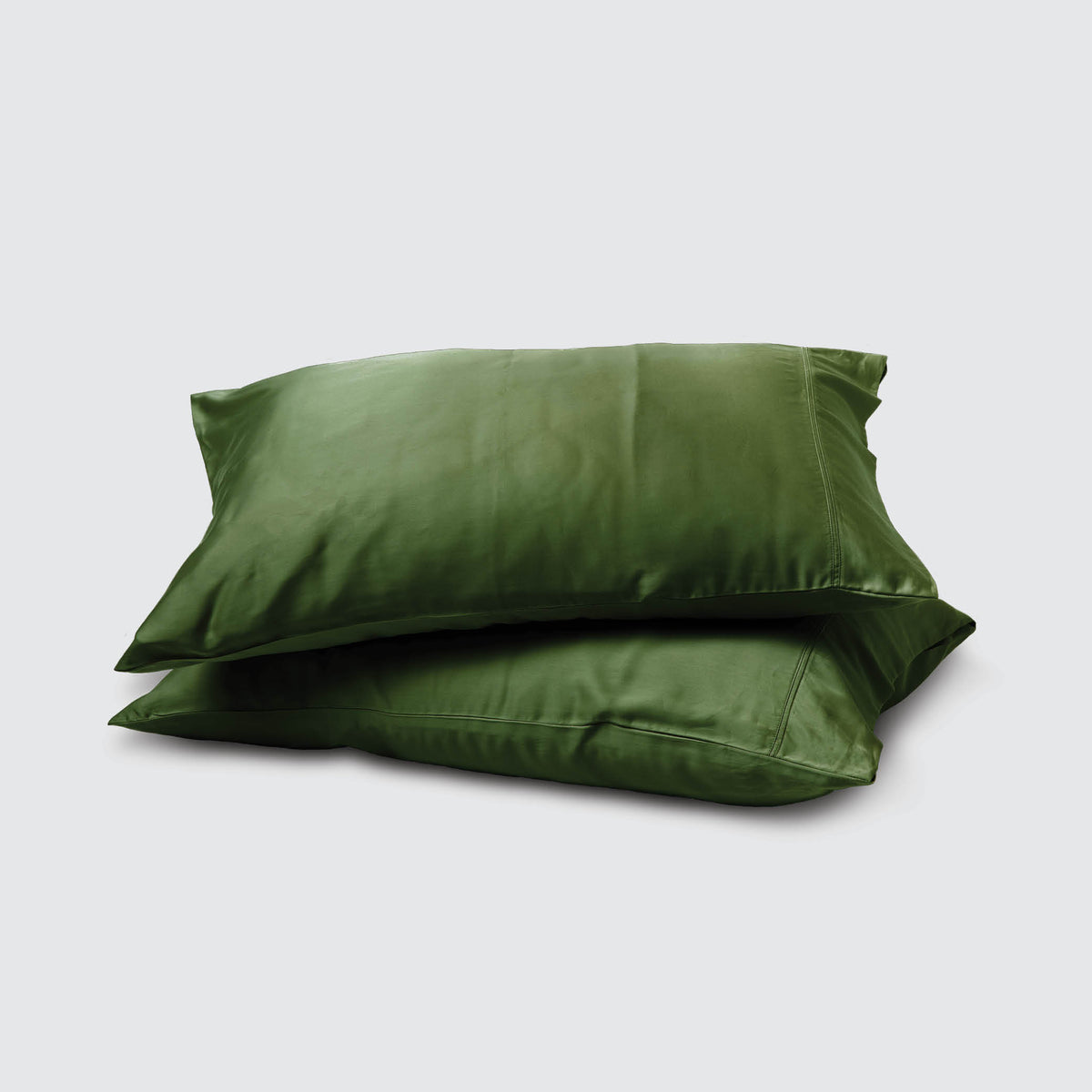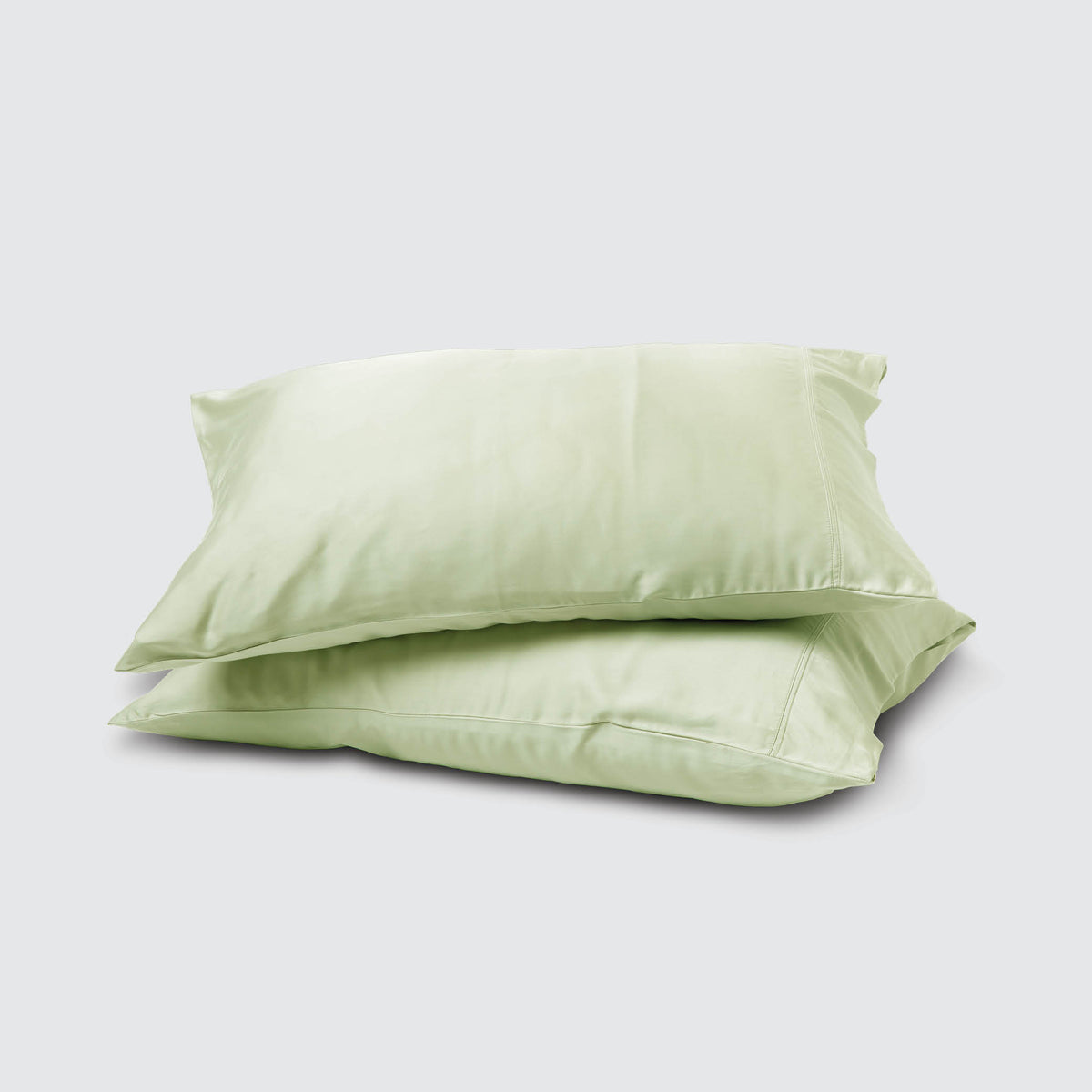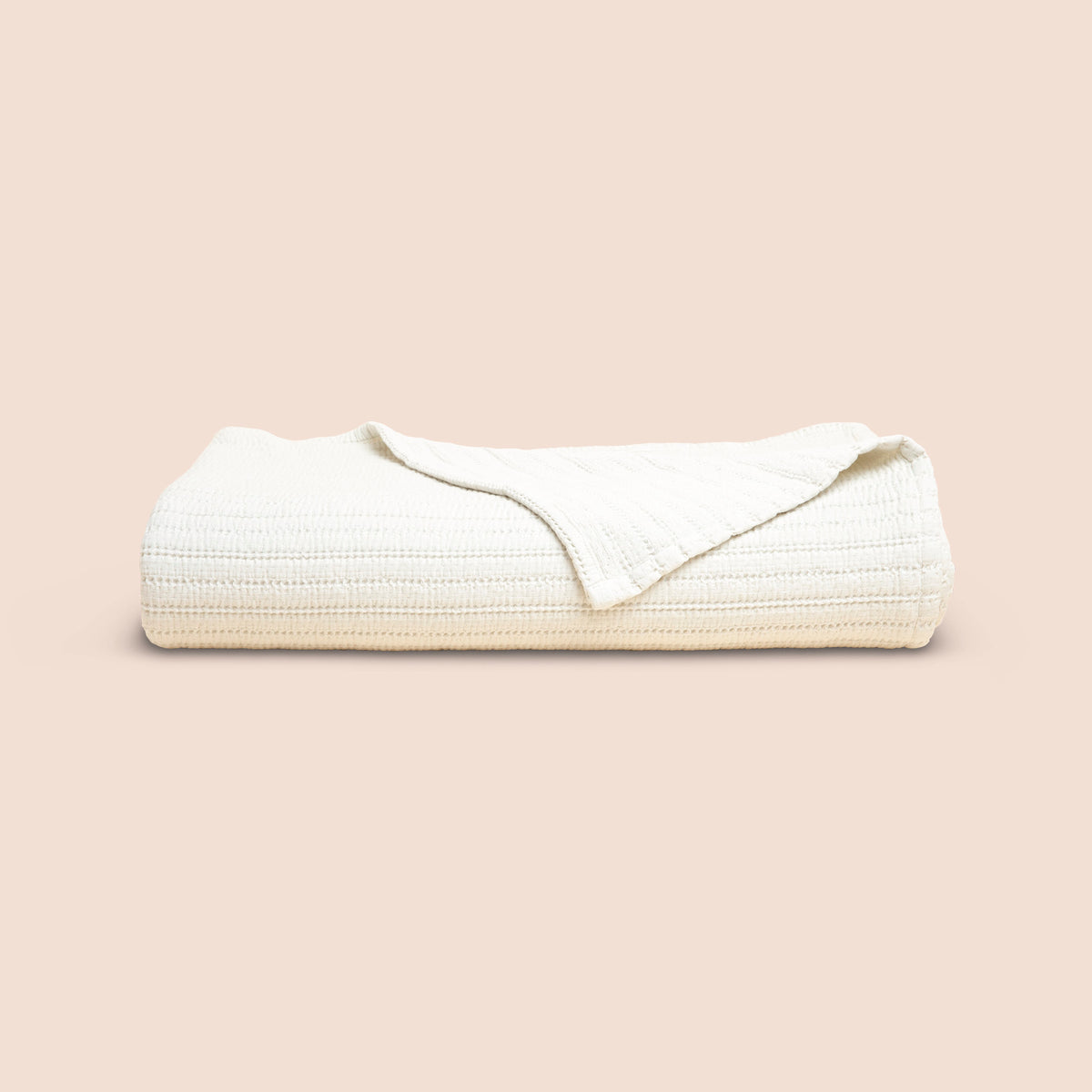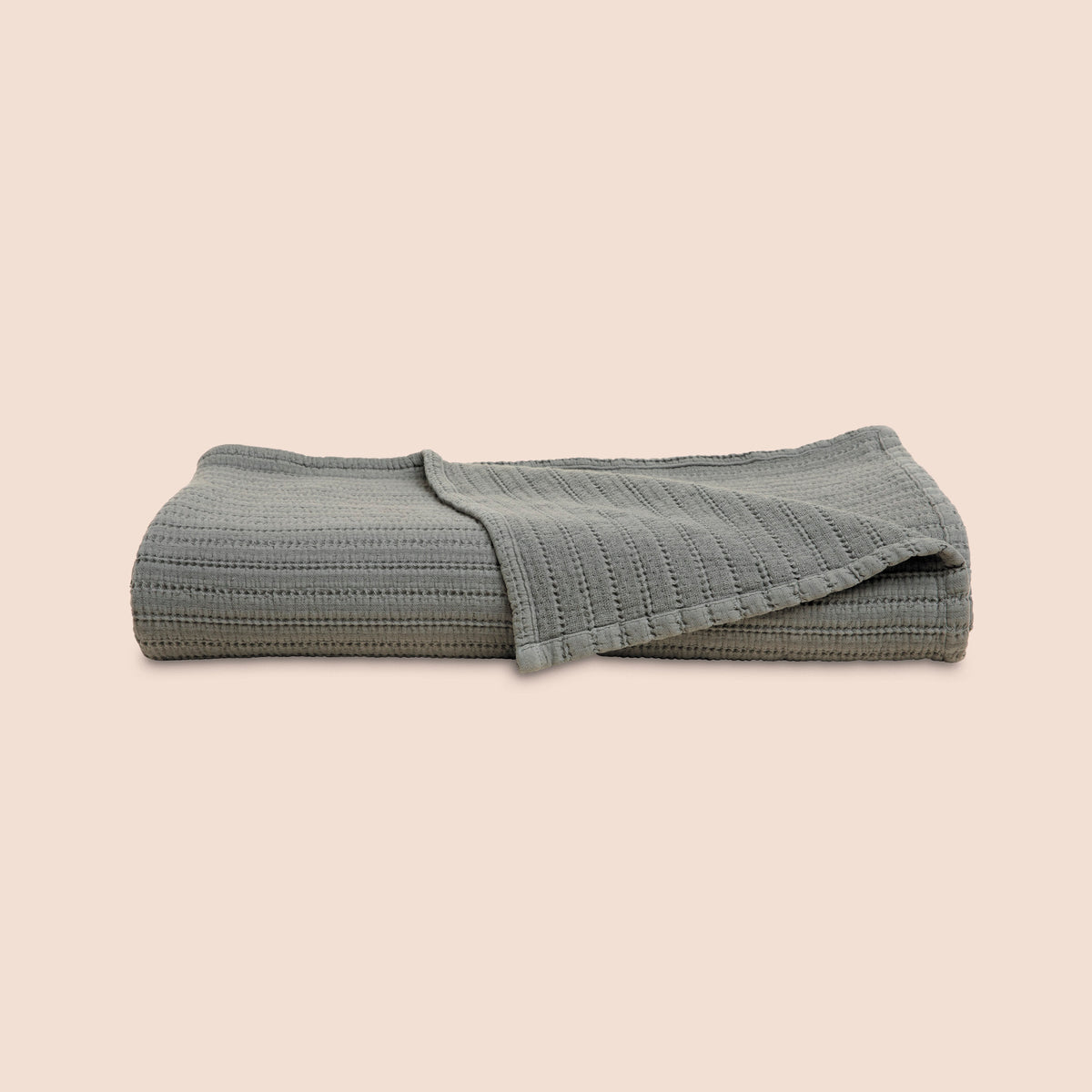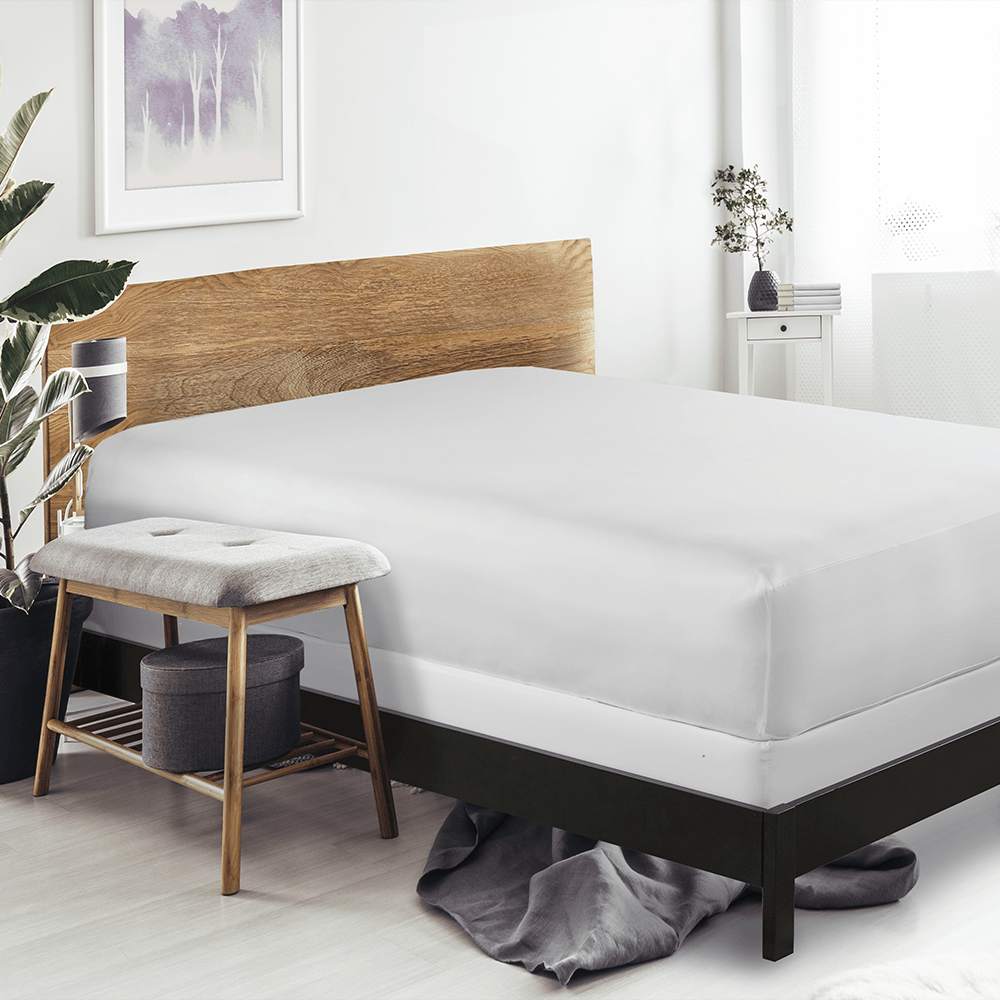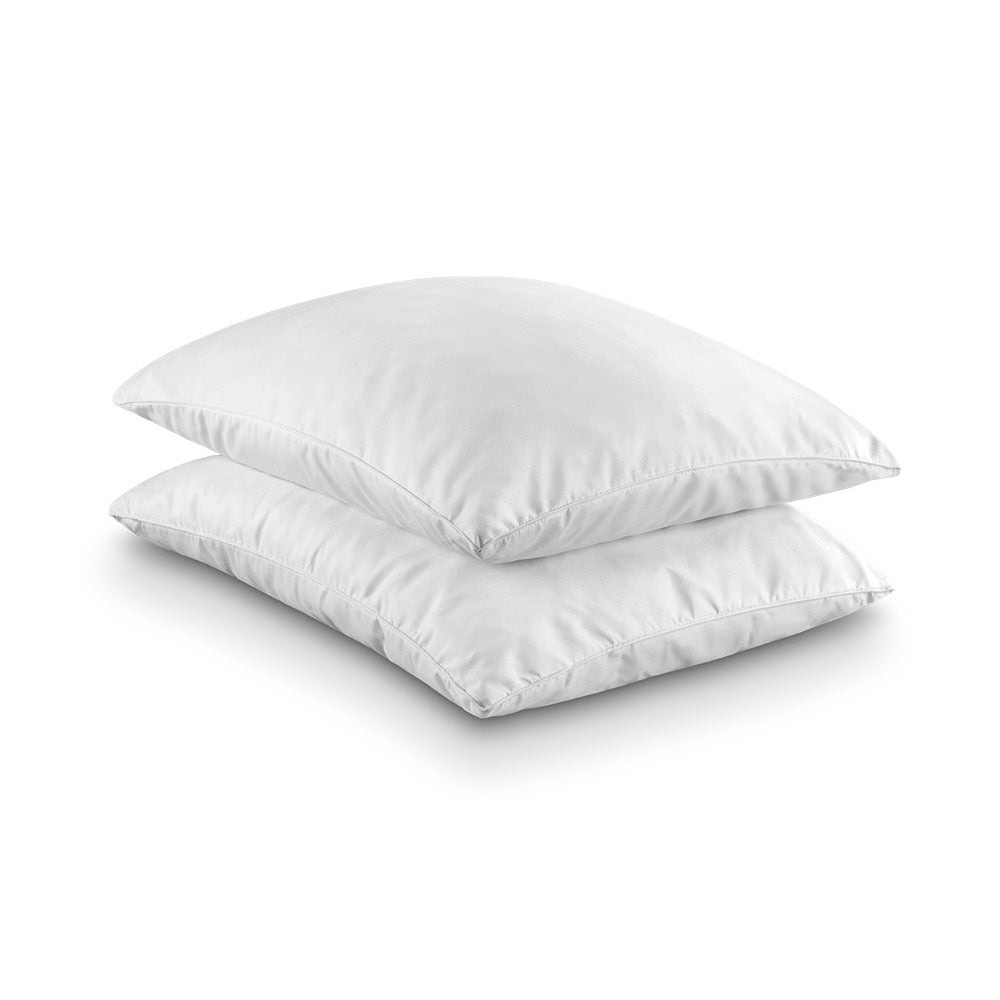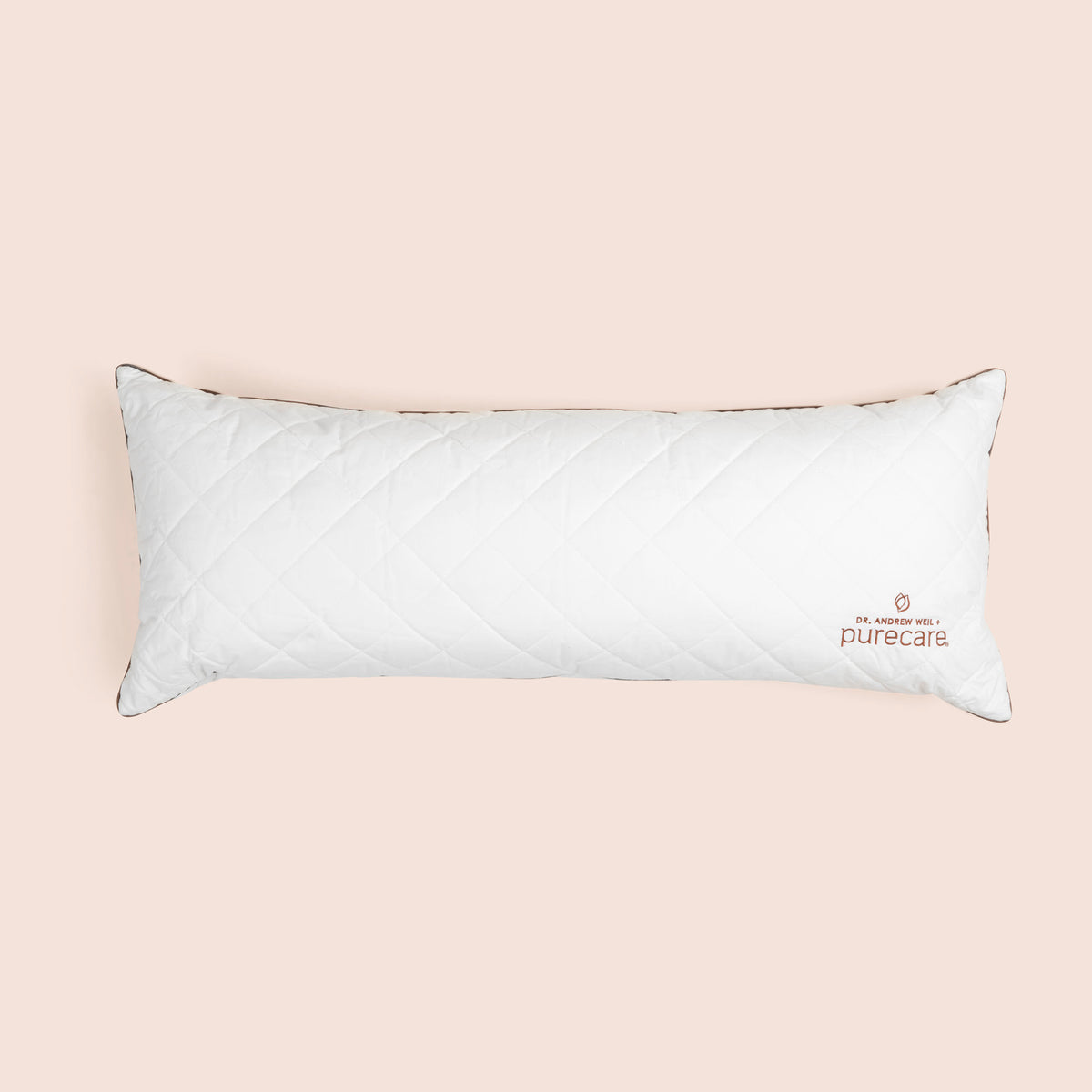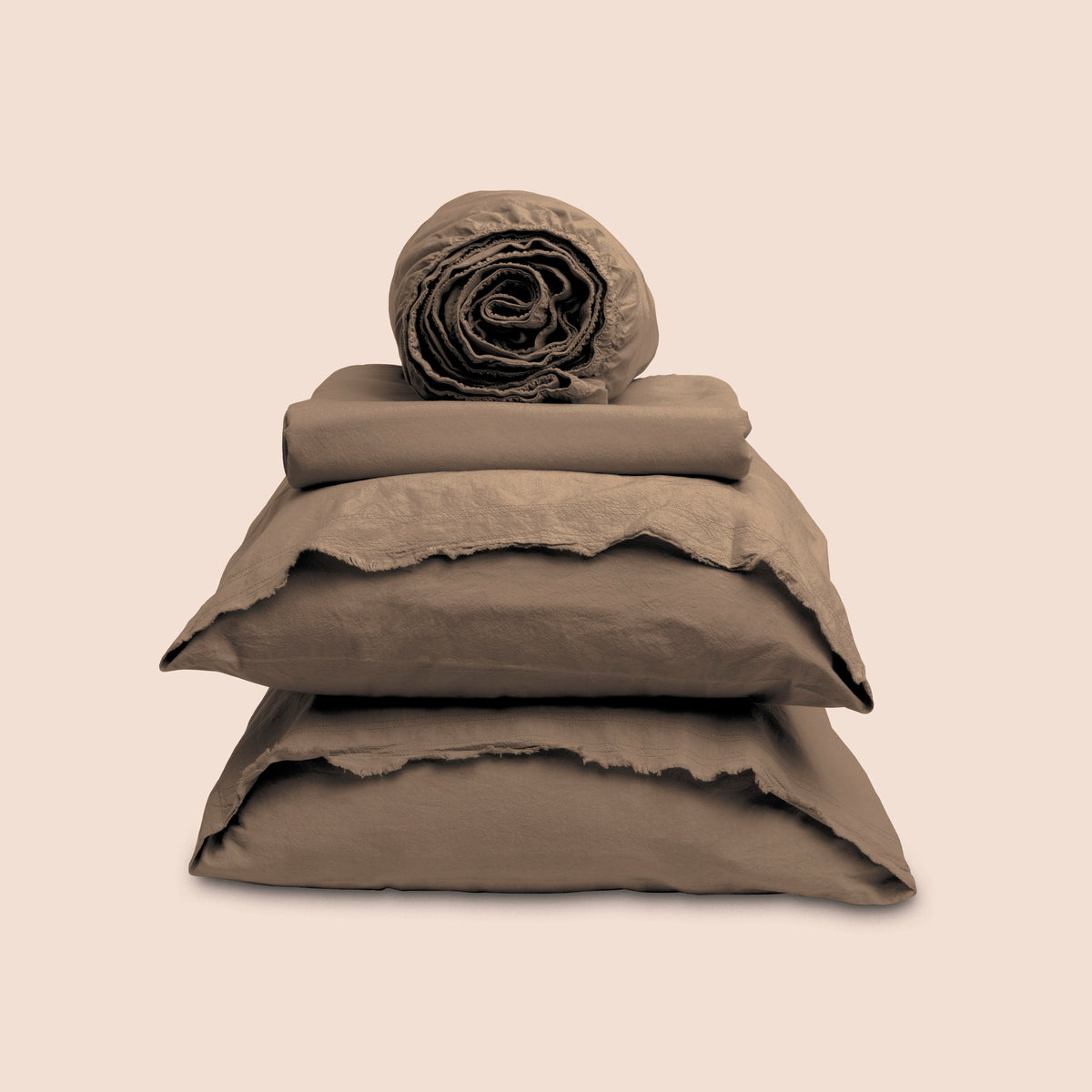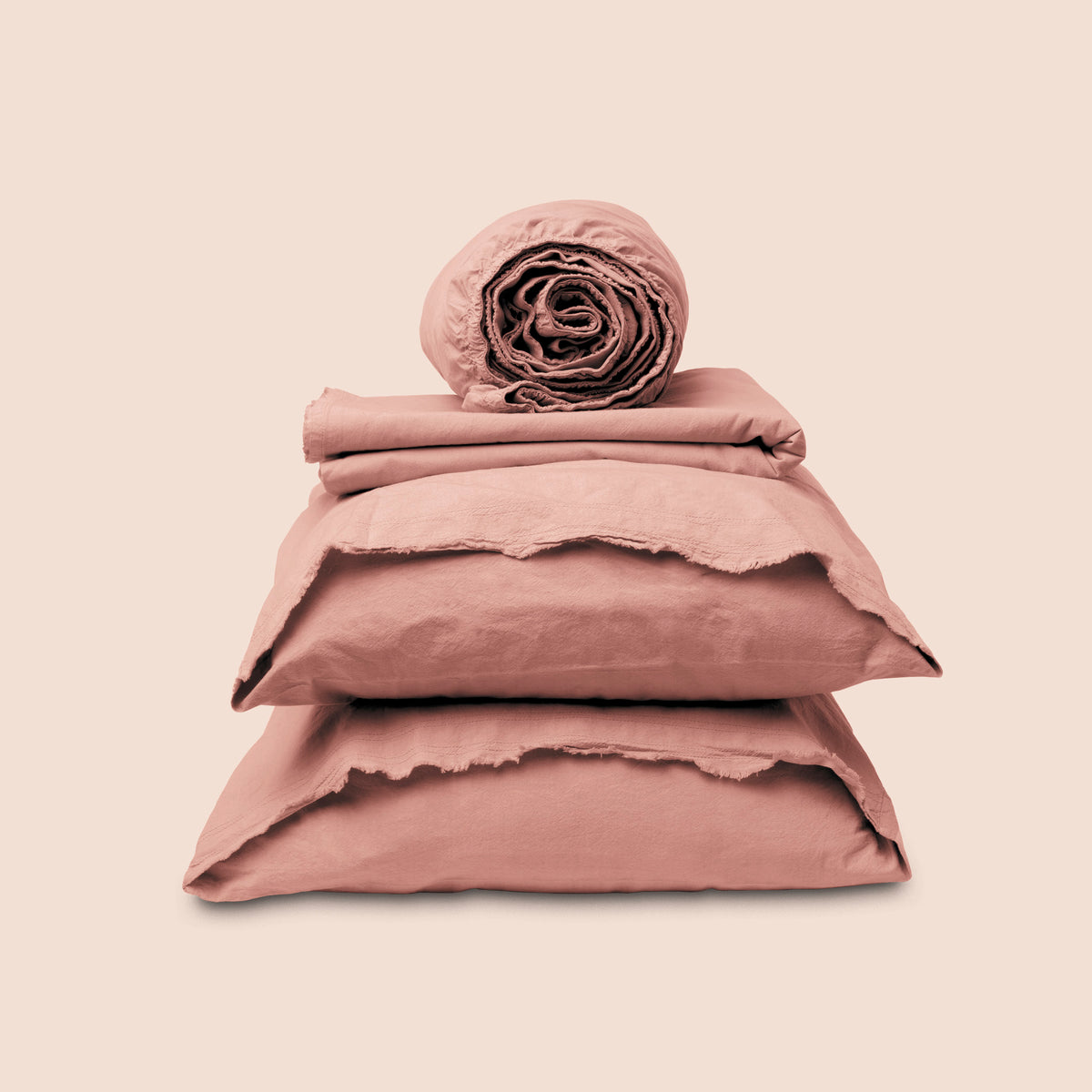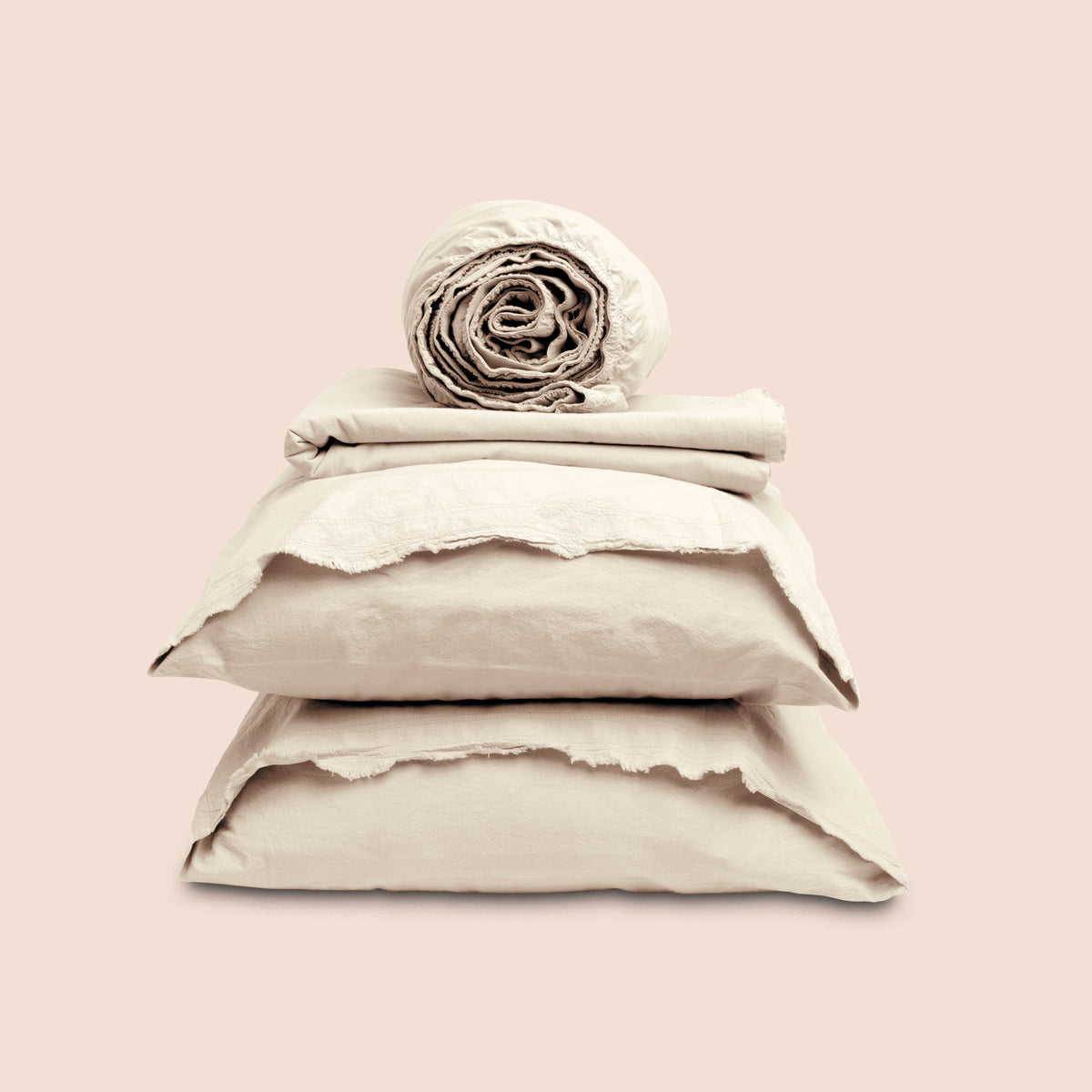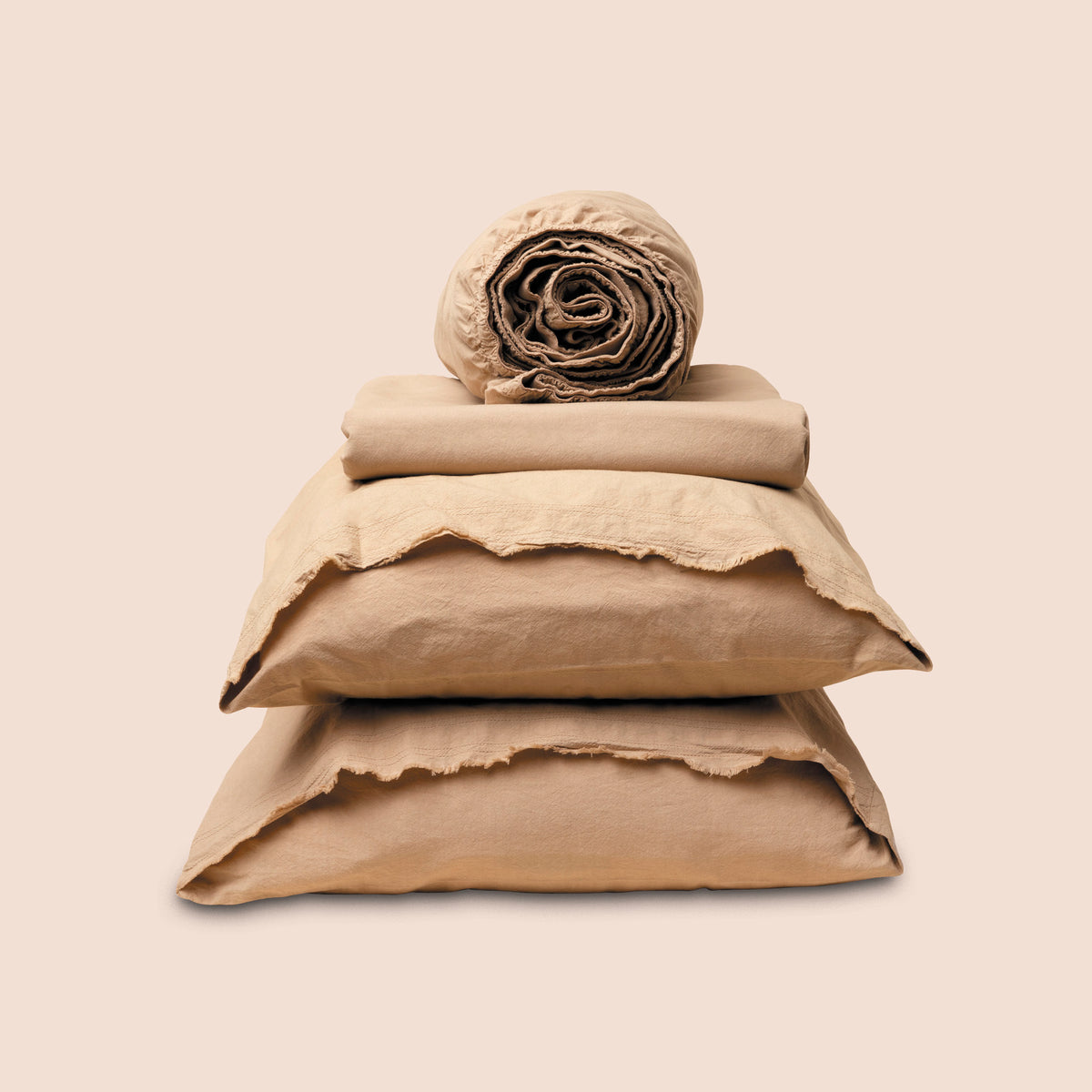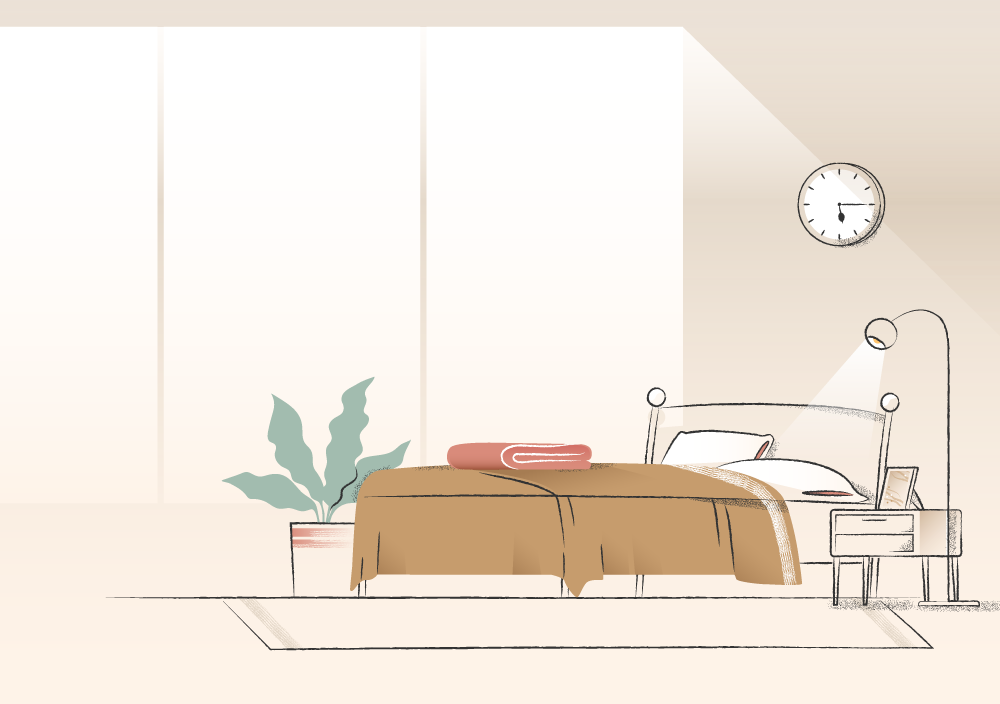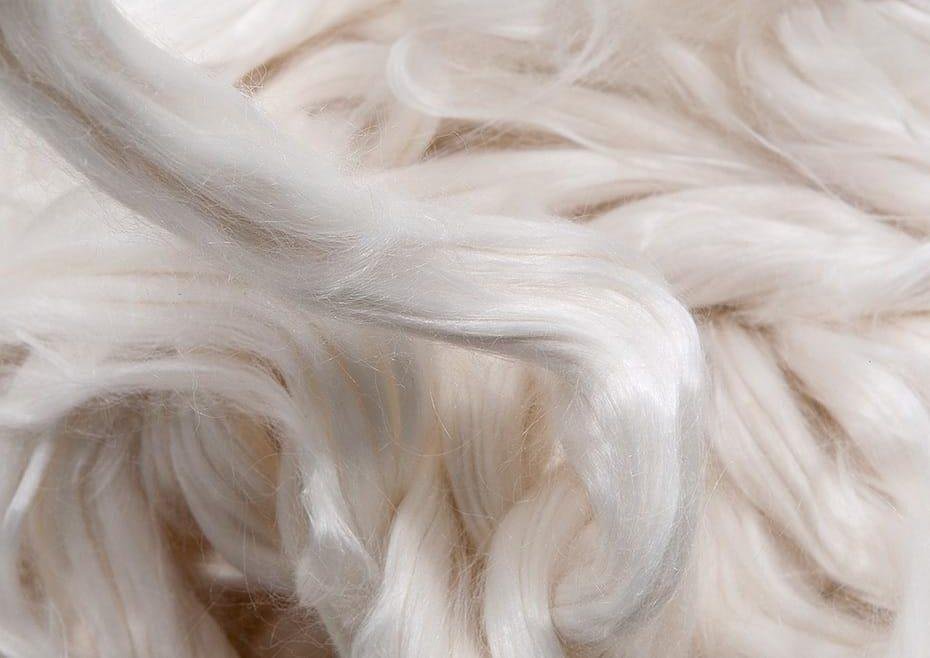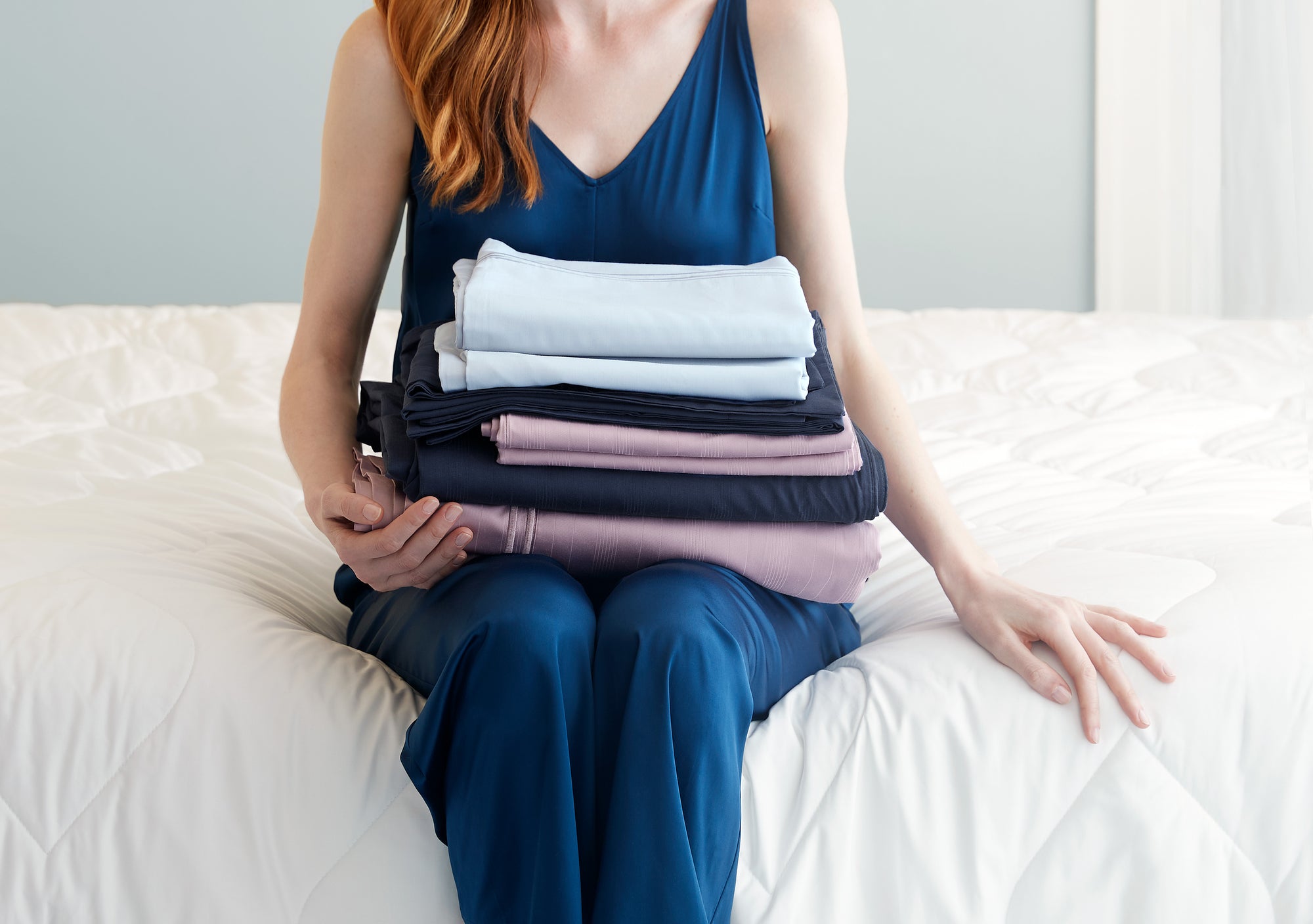The term "sleep hygiene" refers to all the specific factors influencing our sleep quality, from our behaviors to our environments. And these seemingly small factors add up to big benefits for our wellbeing in terms of sleep health, a more comprehensive category that considers how sleep hygiene impacts our daily functioning.
Sleep hygiene is, therefore, a well of possibilities. It focuses on actionable steps, both preventative and remedial, that we can take to enhance our sleep.
Have a sleep problem?
Sleep hygiene is here to help.
We've made this illustrated guide with the most significant sleep hygiene tips broken down into 7 core categories. Master them all for a self-care gold star (and a better night's sleep).
We want to help you recognize your personal healthy sleep hygiene habits so you can personalize a better night's sleep and find the best ways for you to improve the quality of your sleep. Let's take a look at the categories:
Keep a Consistent Sleep Schedule
Your body's internal master clock is a genius invention, powered by proteins encoded by your genes, all turning on and off to control your relationship with the outside world. Your 24-hour circadian rhythm is one part of this master clock. When synced correctly, you wake and tire at similar times each day. When your circadian rhythms are out of step, Sleep Foundation researchers say you may experience sleep disturbances leading to insomnia or mental health challenges.

For optimal sleep hygiene, respect your clock:
- Stick to a bedtime routine. A nighttime schedule ensures your body reads the natural light cycle in the same way every day. It reduces daytime fatigue (which affects about 30% of US adults) and helps your body unwind at night as your body temperature dips and hormonal cycles sync to signal it's time to sleep.
- Get 7 to 8 hours of sleep per night. That's the recommended amount of sleep that ensures you're able to handle all the excitement your daytime life demands.
- Keep a regular daytime schedule. Don't just concentrate on your nighttime routine. A regular daytime routine can keep your evening sleep in tune, too. Keeping a schedule full of regular daytime activities is associated with more regular nighttime sleep, so schedule your daytime activities for the same time every day and say goodbye to sleep struggles in the evening.
- Eliminate clock-watching. There's no sense in fretting as time ticks away. In fact, checking the clock too often is a source of stress for sleepers, not a source of reassurance. If you can't banish a glowing clock from your bedroom altogether, try turning it around. You'll still get a wake-up reminder, but you won't worry about what the clock says all night long.
Deck out Your Bed for Sleep with Quality Bedding
Bedding is our primary comfort while sleeping. It's what touches our sensitive skin, keeps us warm or cool, and supports our heads. The perfect bedding wraps us in a cloud, so it's crucial to our staying blissfully asleep all night and waking rested - in other words, helping us achieve quality sleep. Consider the following sleep hygiene tips for better bedding.
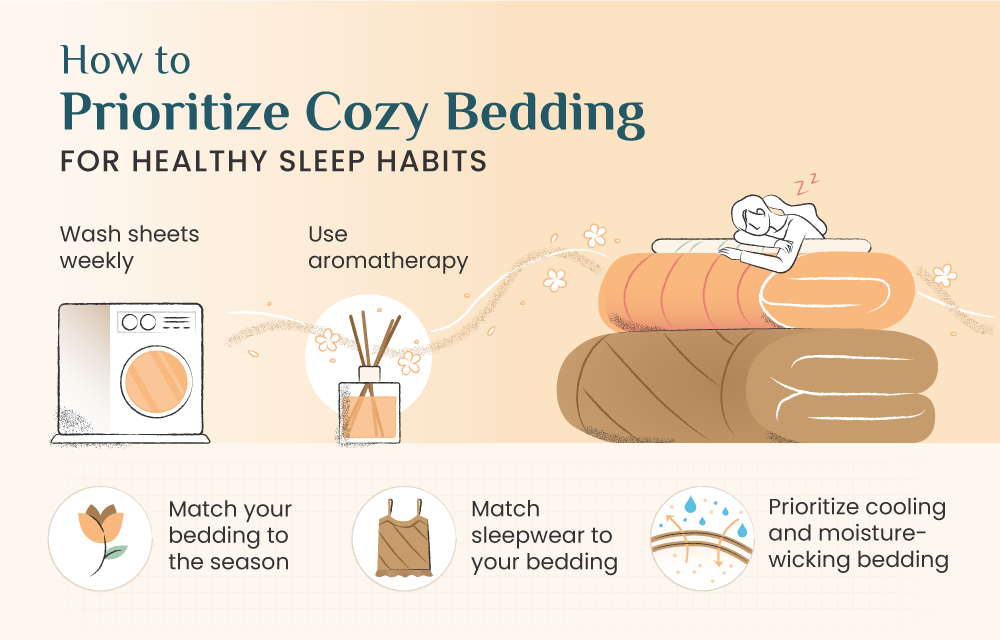
- Match your bedding to the season. Sleepers shift their bedding during the night in an effort to achieve thermal neutrality - the balance of their bedding and the temperature in the bedroom, and that movement leads to interrupted sleep. In other words, we're getting good sleep when we're cozy in the winter and cool in the summer. So embrace the season by changing out your bedding to reflect what’s happening outside.
- Match sleepwear to bedding. Don't overlook your sleepwear. It works with bedding to create the overall thermal environment in which you'll fall asleep and stay asleep, so match this layer to your overall bedding choices to stay comfortable.
- Wash your sheets weekly. It turns out that almost 3/4 of us sleep better on fresh sheets. Is it the clean scent? The cool feel? Lower allergens? No matter the cause, suds up your sheets for a better night’s sleep.
- Employ aromatherapy in the bedroom. Relaxing scents like lavender on your mattress and pillow can have the same impact as fresh sheets, so make your bedroom a place of total sensory relaxation by including scents that nudge your nose toward sleepyville.
- Consider cooling fabrics and moisture-wicking bedding. They can keep your skin surface cooler as your body naturally radiates heat, lowering your body temperature overnight.
Maintain a Good Sleep Hygiene Environment
Our bedrooms can support or upend our sleep patterns just as much as our bedding. From muffling the sounds of cars honking to improving indoor air quality, we can likely make a few changes to improve our sleep environment. Here are some of the most significant ways to ensure you sleep better in your environment.

- Dim your lighting in the evening. Using a dimmer or smart lighting system to set the scenes you use to work, relax, and sleep can help your brain transition between activities. Use brighter lighting for work and study, dim or colored lighting for your bedtime routine, and complete darkness when it's time to fall asleep.
- Draw your curtains. If your bedroom reflects street lighting, invest in shades and blinds that block light completely to reinforce a lack of sensory input during sleep hours.
- Get outside. Your exposure to natural light during the daytime can impact your circadian clock into the evening. So avoid hibernating in colder, darker months and instead, soak up some of that sunlight. Just 2 hours has been shown to increase sleep efficiency by more than 10%.
- Improve indoor air quality. Humidity, particulates, and multiple kinds of air contaminants interrupt our sleep quality. One simple solution is to increase the ventilation in bedrooms. Open a window for better natural ventilation. Add mechanical ventilation depending on your climate. Or consider sleeping near a fan. The white noise may also help improve your comfort and sleep.
- Control noise. Urban noises can be drowned out with fans, music, or biaural beats. Try white, pink, or brown noise designed to provide background constancy rather than the punctuated noise of the outside world that snaps us to attention again and again, interrupting our relaxation.
- Declutter the bedroom. Make your sleep environment one where you're content, relaxed, and nurtured. Clutter leads to poor wellbeing in the workplace and at home, so it makes sense that it would also lead to a stressful sleep environment.
Poor Sleep? Banish Technology at Bedtime
Blue light boosts our alertness, keeping us wired while we work. It might even boost our creativity and athletic performance. But at bedtime, those features are actually harmful, as they interrupt our sleep. And we may find tomorrow's boost less effective when we don't sleep soundly.
Overall, the impacts of ongoing exposure may come with more harm than benefits. In the bedroom, blue light has especially worn out its welcome. Here are the sleep tips to minimize the impact of tech on the amount of sleep you're getting each night.

- Focus on warm lighting. Exposure to brighter, bluer lights in the evening can put a damper on melatonin production, a natural chemical that helps our bodies fall asleep. Blue light is associated with the lowest melatonin levels, but beware: even warm, dim candlelight is associated with disrupted melatonin production.
- Banish phones. It's not just their blue light, which lowers melatonin production. It's also their infinite scrolls, their attention-seeking notifications, their brightness, and the clock-watching that increases our anxiety, making it more difficult to fall asleep. Taken together, all these aspects of our phones lead to sleep disruption.
- Turn off t.v. and shut your laptop. It's not just smartphones that are the problem. In the case of television, stimulating shows often keep us binge-watching until well past our bedtime, while using computers in bed just serves to remind us of all the work we should be doing. Make the bed a place of relaxation and rest, not entertainment or work.
- Engage in "nighttime" or "Night Shift" mode. Most phones have a setting that limits blue light at night so your brain can wind down in spite of evening phone use. Your phone's color settings will shift to warmer light during overnight hours, making it easier on your eyes and your internal clock. You can also use this feature on iPads and Mac computers (other devices may need a third-party app or a physical screen protector). You can also modify the settings so you won’t get notifications that distract you.
- Think about blue light filtering glasses. If your lifestyle dictates occasional evening computer use, consider filtering blue light with glasses designed to filter out the light.
Cultivate Good Sleep Habits for Your Body
Good sleep hygiene includes tips for getting your body, not just your mindset, ready to go to bed. If you're not able to fall asleep, try focusing on artificial ways you might be undermining your sleep drive - your body's progressive sleepiness that grows with each passing hour it's been awake.

- Exercise, but limit high-impact activities late in the day. Exercise is associated with higher sleep quality and lower insomnia.
- Go the extra mile. Increasing daily steps by 2,000 (about a mile) has been shown to increase sleep quality.
- Limit Naps. Naps are more likely to cause interrupted sleep at night, especially if they’re lengthy or frequent. So drop your “power nap”: it can’t make up for your nighttime sleep debt anyway.
- Quit smoking or vaping. Nicotine within 4 hours of bedtime can disrupt your sleep.
- Care for your health challenges. All kinds of health concerns, from substance use to allergies, are associated with poor sleep quality. A good place to start is to assess your current environment to find new solutions to improve your condition and, in turn, improve your sleep. For example, allergy sufferers can benefit from air purifiers, especially during pollen season.
- Start stretching your muscles. Gentle stretching has been an effective sleep routine that is associated with falling asleep faster. It has also lowered the incidence of leg cramps, which can keep you up at night.
- Learn progressive muscle relaxation techniques. Self-relaxation is a skill that can be learned. Techniques like progressive muscle relaxation can help.
Develop a Healthy Sleep Routine for Your Mind
Our days can be stressful, and we often "wind down" by preparing for our next-day obligations, handling family emergencies, and mopping up to-do list items.
That's not very relaxing. Instead, quiet your mind and focus on relaxation, wellness, and sleep. A bedtime routine starting an hour before you want to fall asleep incorporates fewer to-do items and more activities like the following.

- Take a warm bath. As the water evaporates from your hair and skin post-bath, it helps lower your body temperature. That's a circadian signal to your body that it's time to sleep.
- Practice mindfulness meditation. Mindfulness meditation is a powerful signal that helps us get high-quality sleep.
- Try slow, paced breathing exercises. They improve sleep compared to spontaneous breathing. We feel like Harvard M.D. Dr. Andrew Weil hits the nail on the head when he says of conscious breathing: “Breathing is the core physiological function and it’s the function that unites mind and body, that unites conscious and unconscious mind.”
- Take up yoga. Center your mind, lower stress and improve your sleep quality.
- Incorporate music into your nighttime routine. Music focuses your attention on something relaxing, getting your mind off the stressors of daily life. It can also sync your circadian rhythms, make you smile, and relieve the stress of ambient noise in your neighborhood. So fire up your most relaxing playlist.
- Read a book or listen to an audiobook. Reading helps you fall asleep sooner and stay asleep better. And listening doesn't hurt either, since it might be the positive emotions generated by reading that help you sleep best.
- Use your bed for sleep and sex only. Maintain the association between bed and relaxing your body and mind. Work outside the bed and bedroom. Watch television in the family room. Develop a healthy sleep routine that recognizes that your bed is the place for sleep.
Follow the Best Sleep Tips Around Food and Drink
When you're ready for sleep, it's not the time for a late-night snack. Here are some ways to reinforce your body's sleep schedule by changing your food and drink habits.

- Cut caffeine. Even up to 6 hours before bedtime, caffeine can have a significant impact on sleep quality. So if you must indulge, it's best to switch to caffeine-free beverages by mid-afternoon.
- Limit alcohol. While alcohol is a depressant that can put you to sleep, it can also interrupt sleep cycles and lower your sleep quality. It can also lead to insomnia and sleep disruption in the long term. Even moderate alcohol consumption is associated with sleep quality loss of nearly 25%.
- Eat dinner earlier. Large meals close to bedtime keep your digestive system up late, just when your body's systems are slowing and preparing for bedtime.
Sleep Hygiene Can Improve Your Sleep Schedule for Life
Sleep hygiene is all about tips for better sleep. However, not every tip may apply to you. We all sleep in different bodies, in different sleep environments, with different challenges.
To master sleep hygiene, you'll want to incorporate improvements from all categories, thinking of holistic sleep wellness across these categories. Perhaps you've incorporated many ideal sleep habits into your environment, but few into your mindset or bedding. Conversely, you may find you've conquered technology pitfalls, but haven’t begun working on improving your bedroom ventilation and bedding.
Sleep is important, so getting a bird's eye view of your entire sleep topography is crucial. Keep incorporating aspects of all 7 categories, and you'll find you're better able to get a good night's sleep and wake to happier mornings.
When you find your perfect sleep formula, indulge in bedding that you can sink into for comfier nights. Get started with ultrasoft cotton-linen blended sheets, cozy quilts, weighted blankets, and oversized Euro pillows. Premium relaxation bedding can transform your bed into the sanctuary it deserves to be.
And don’t forget—Mix, Match, and Save up to 40% off all season long when you refresh your favorite sleep wellness essentials with us at purecare.com!

